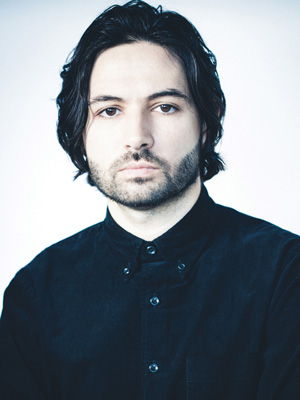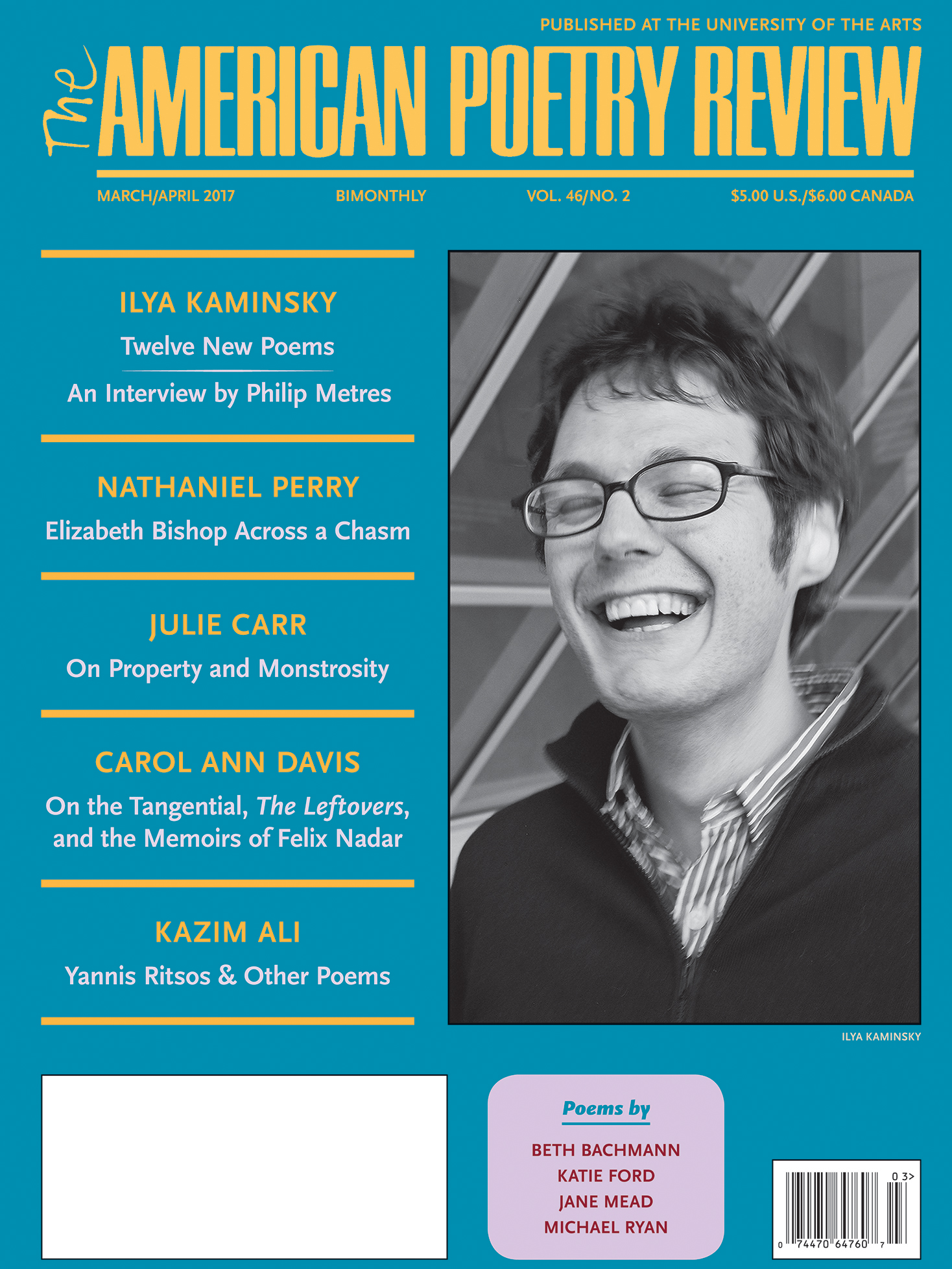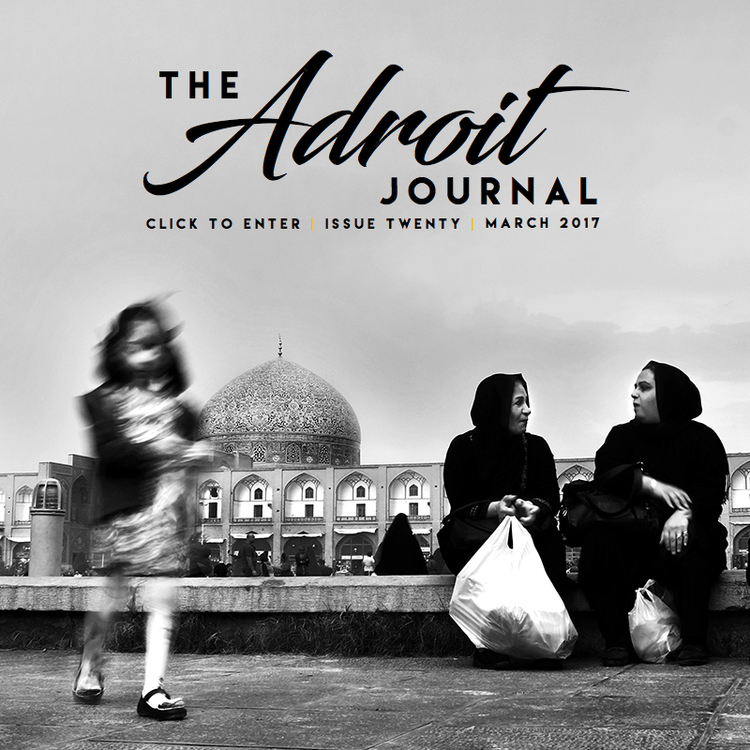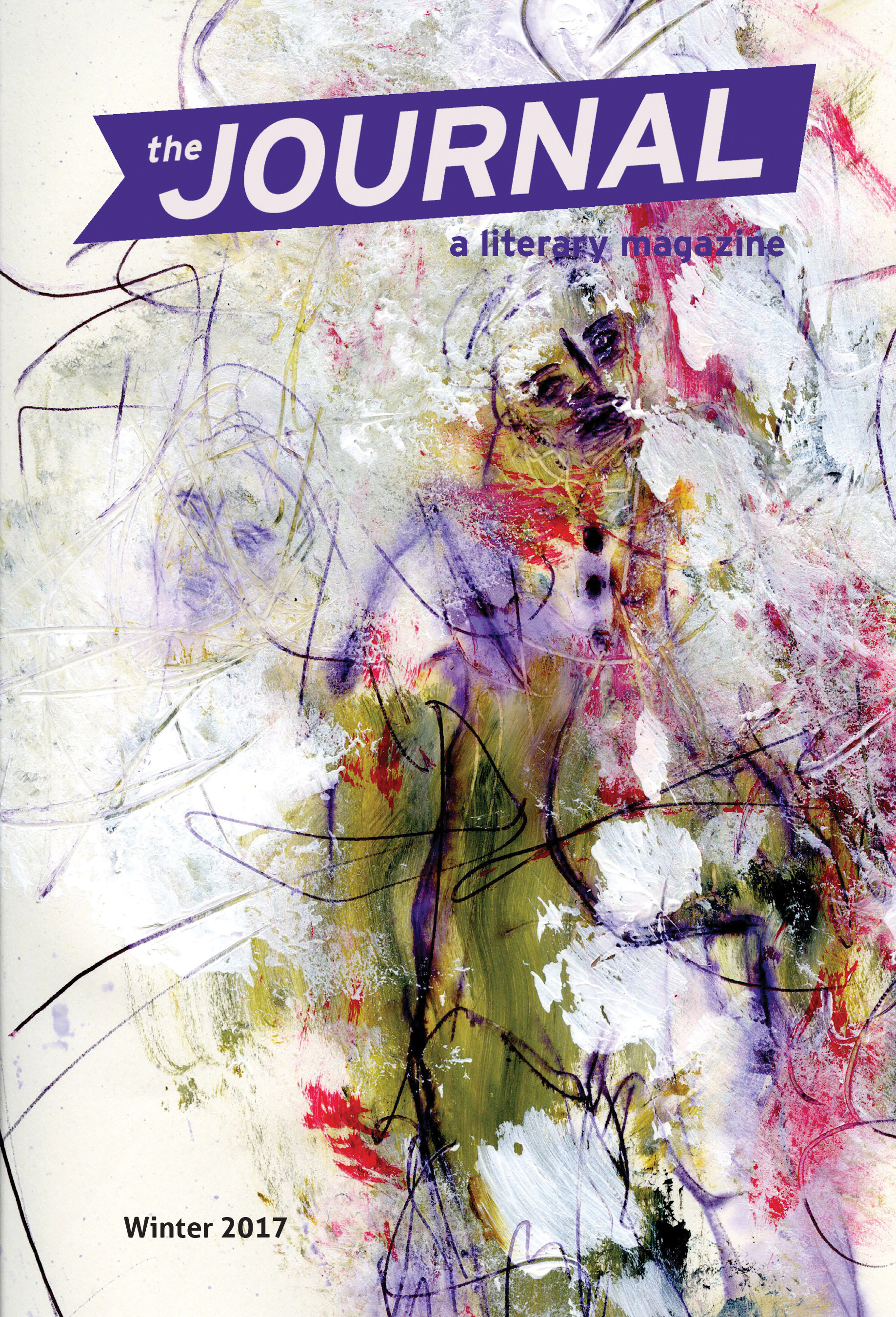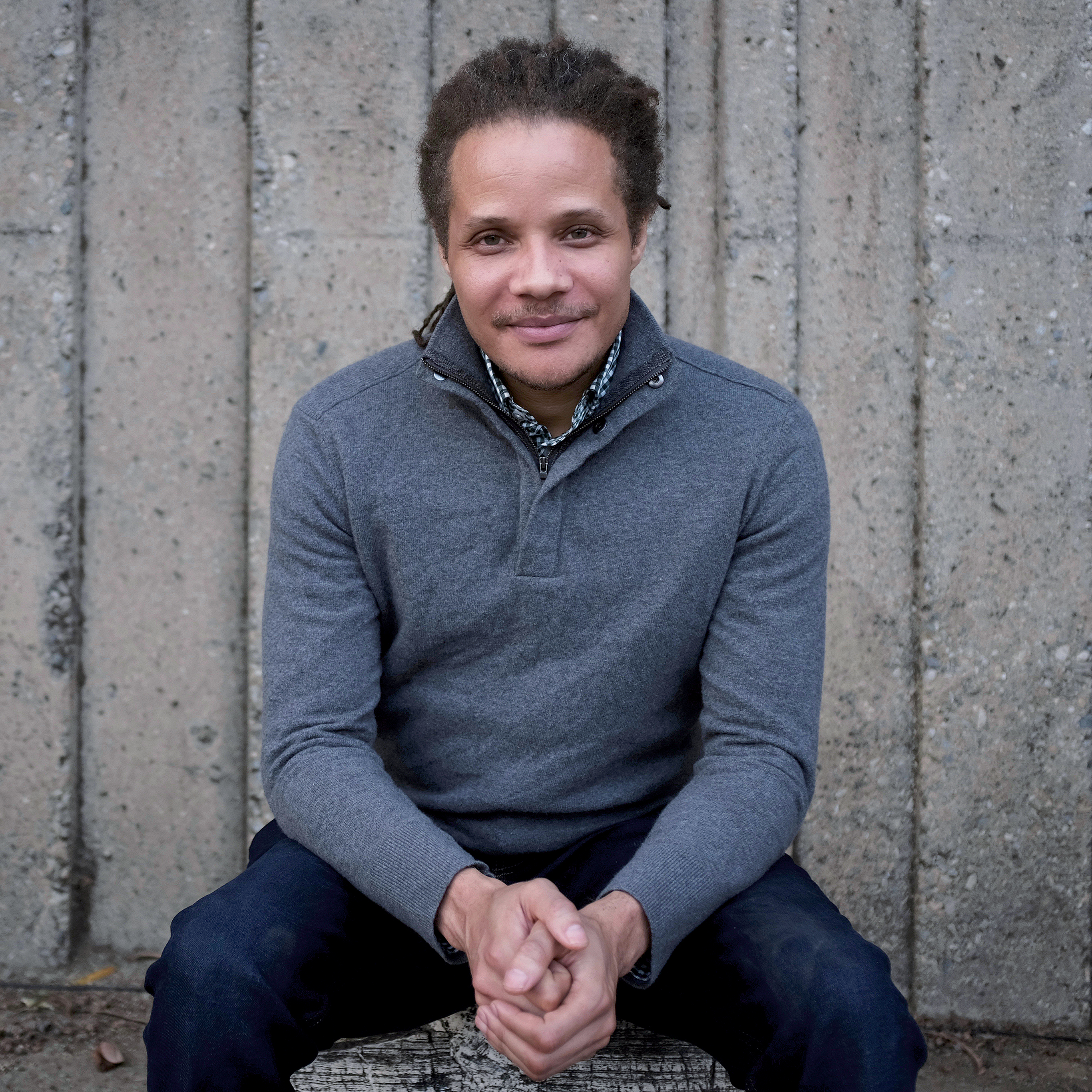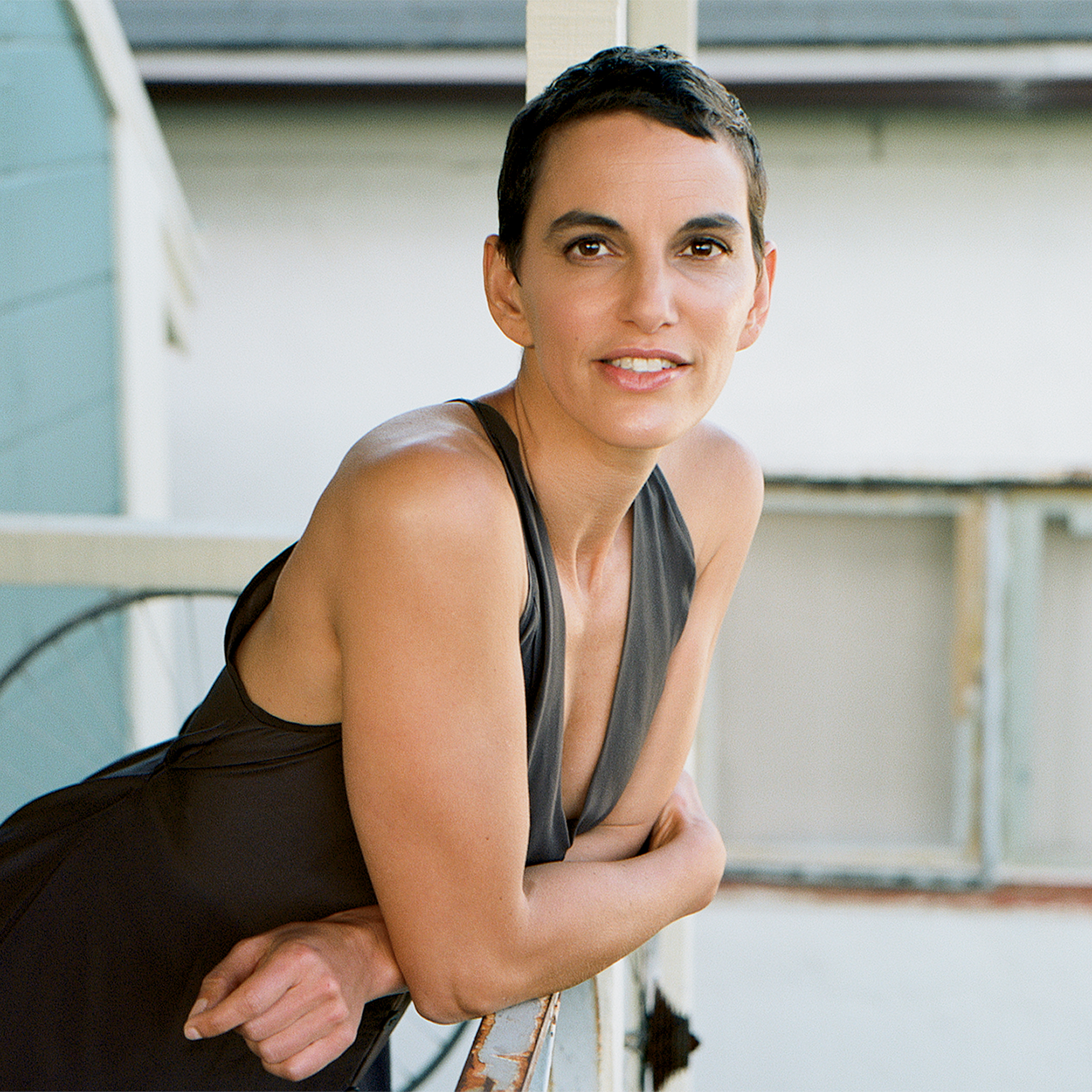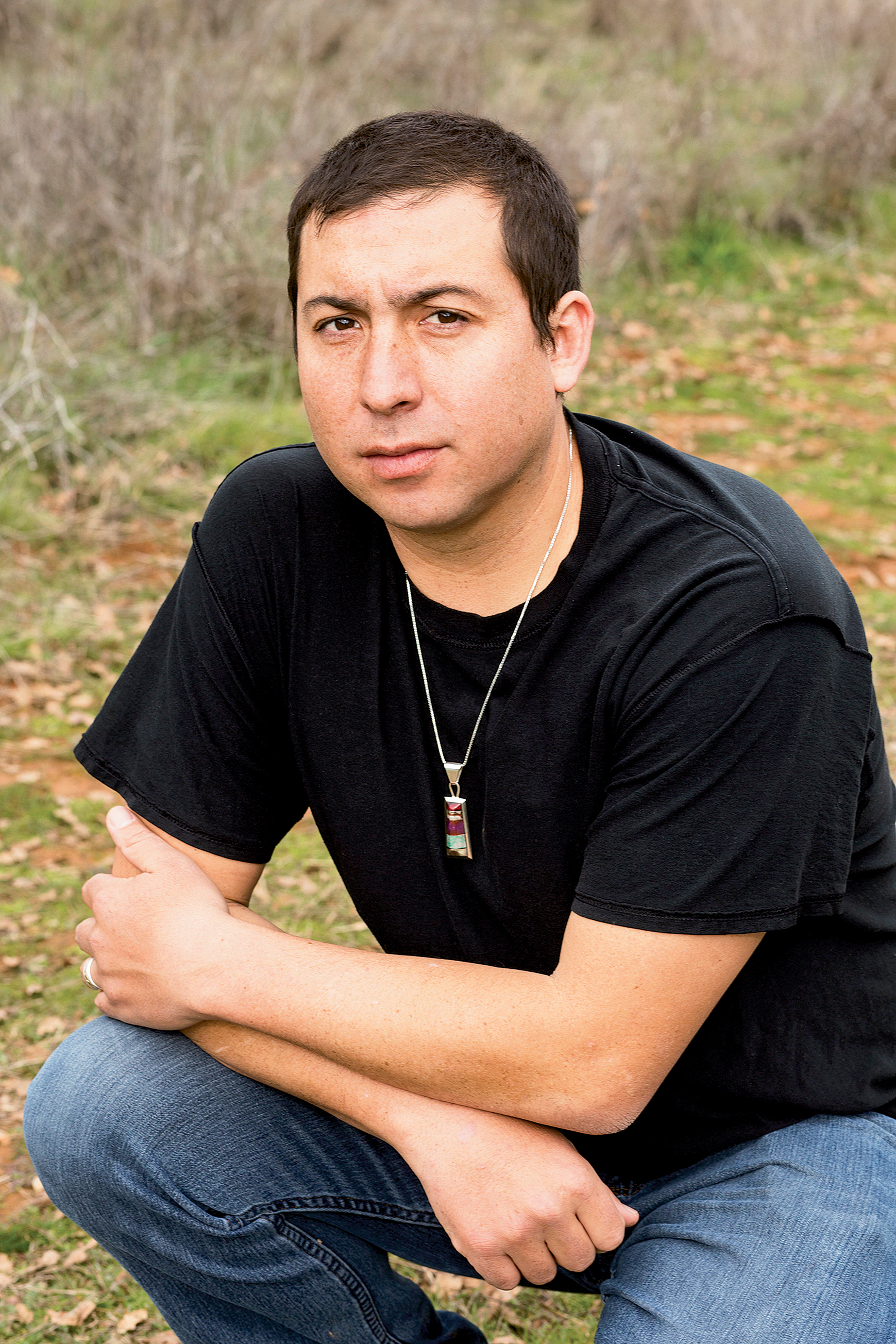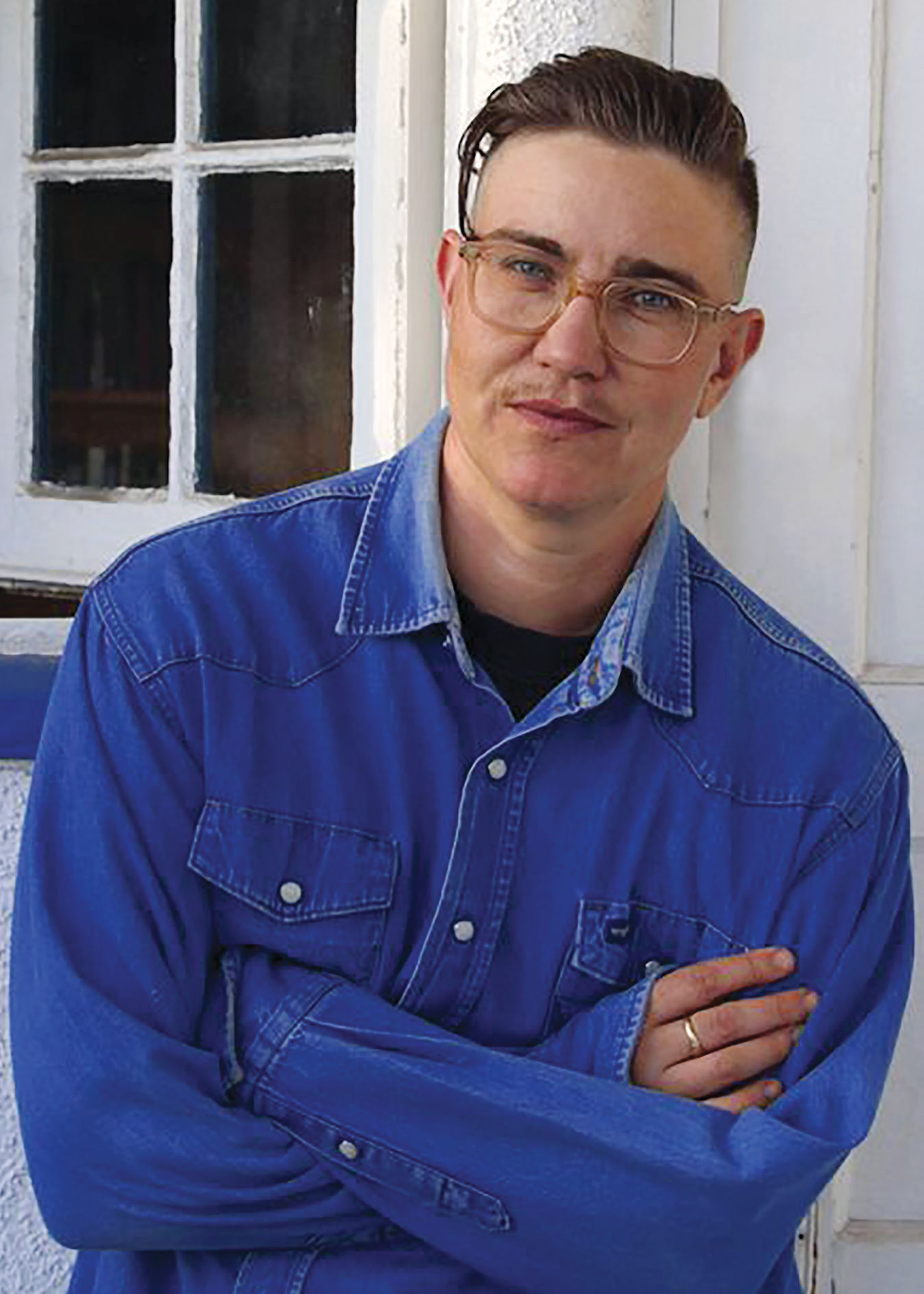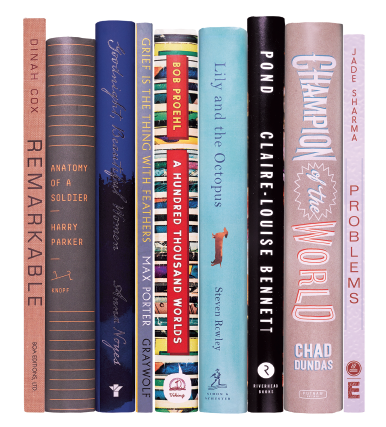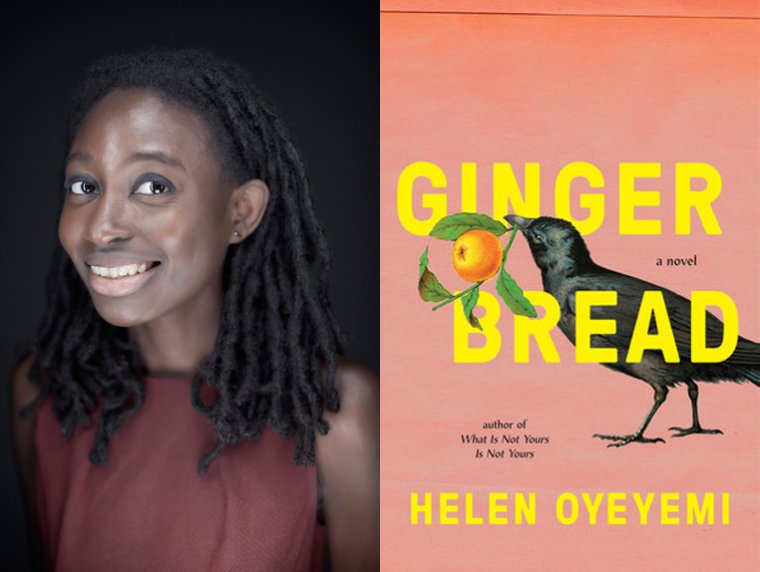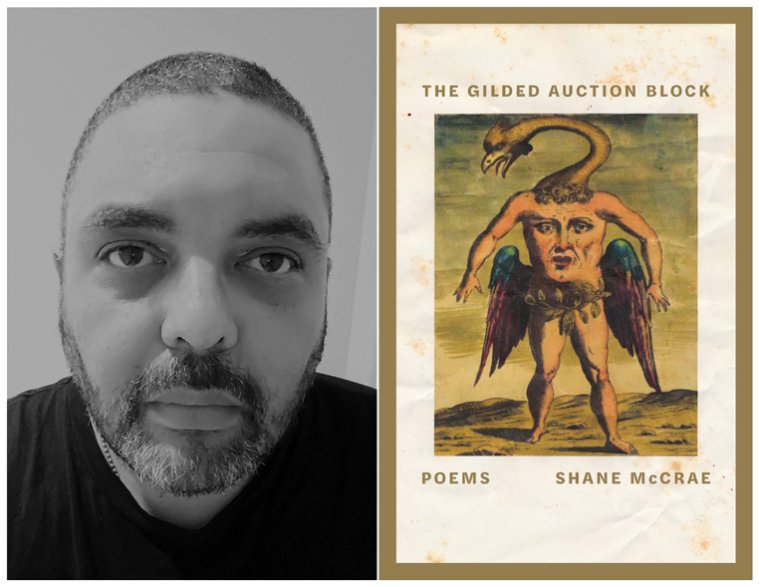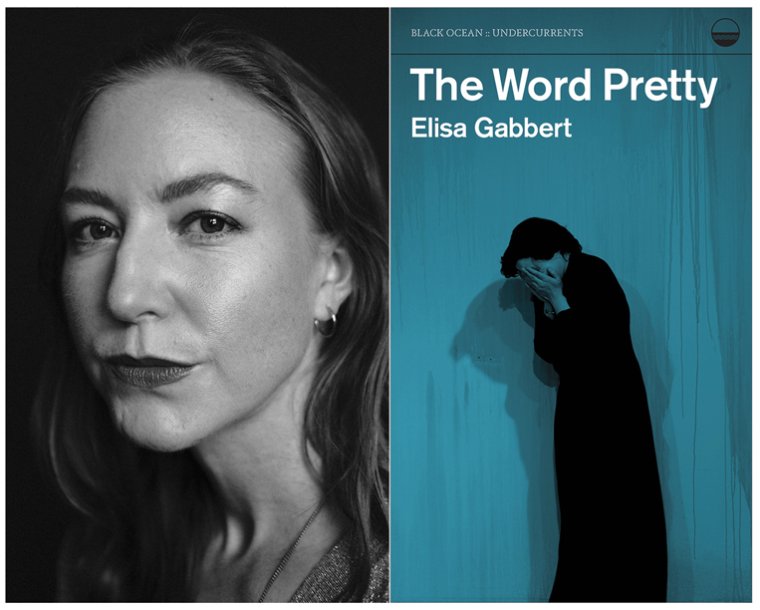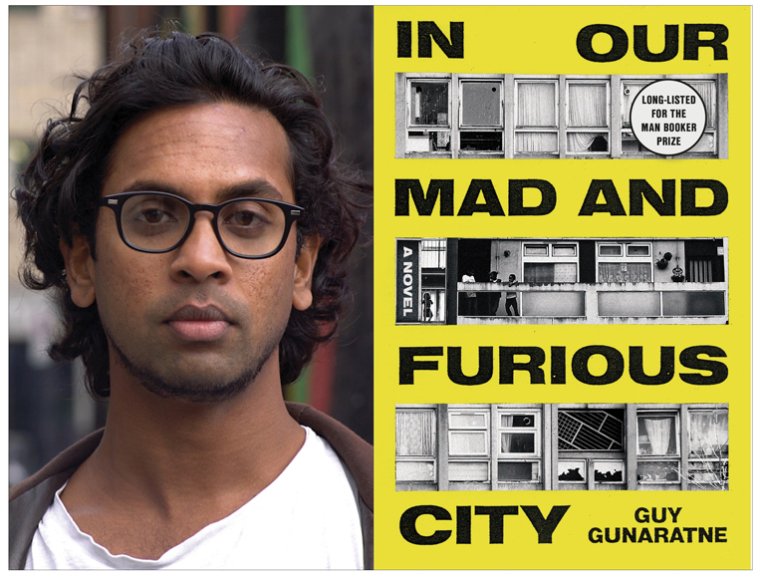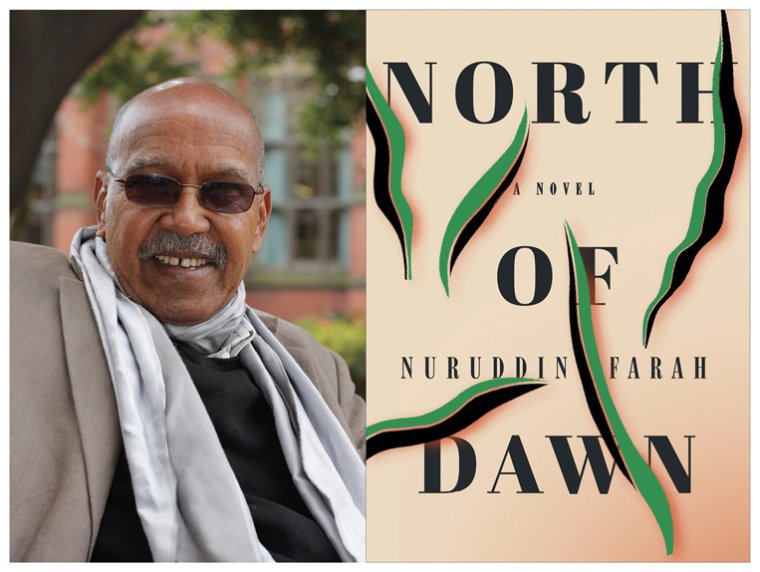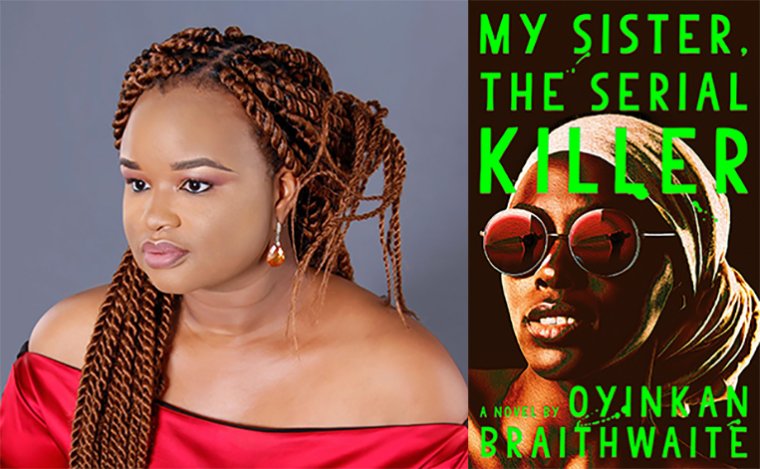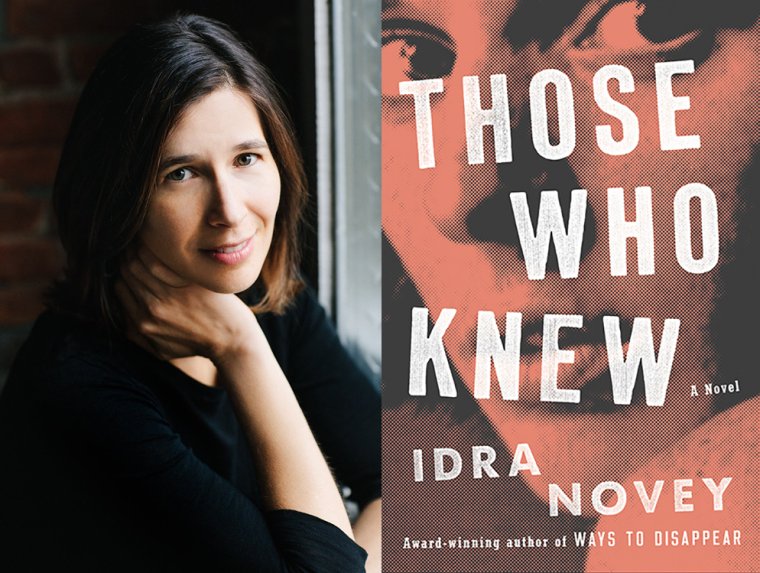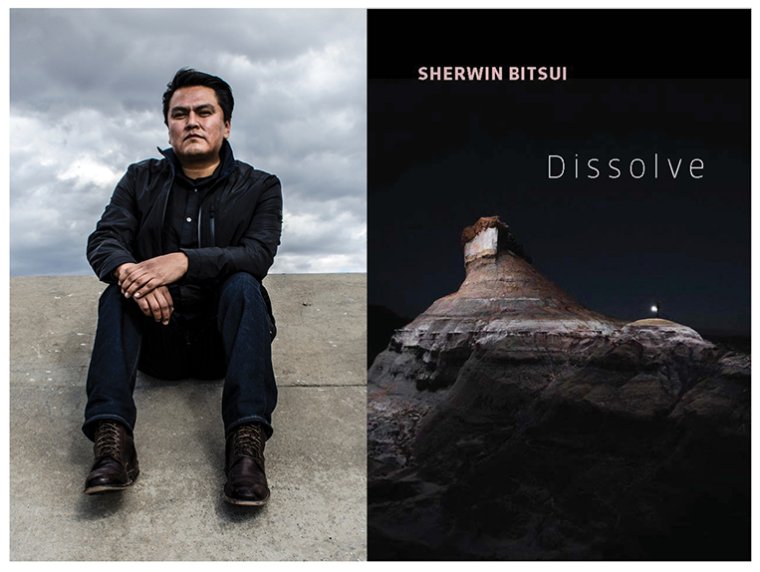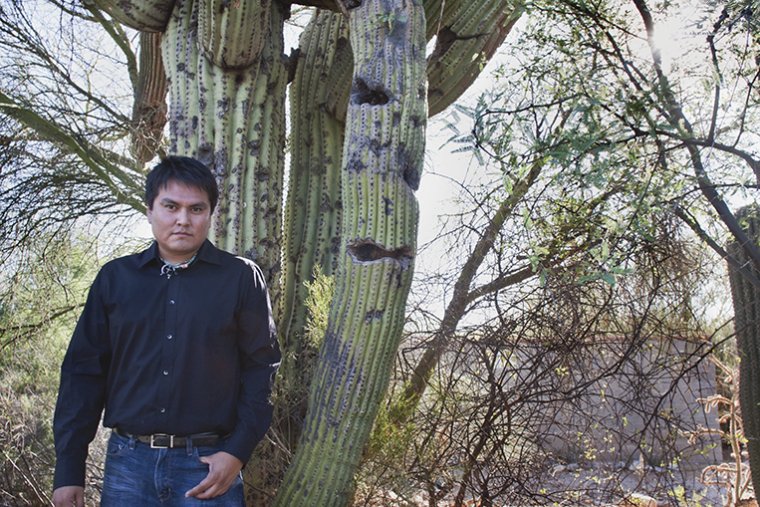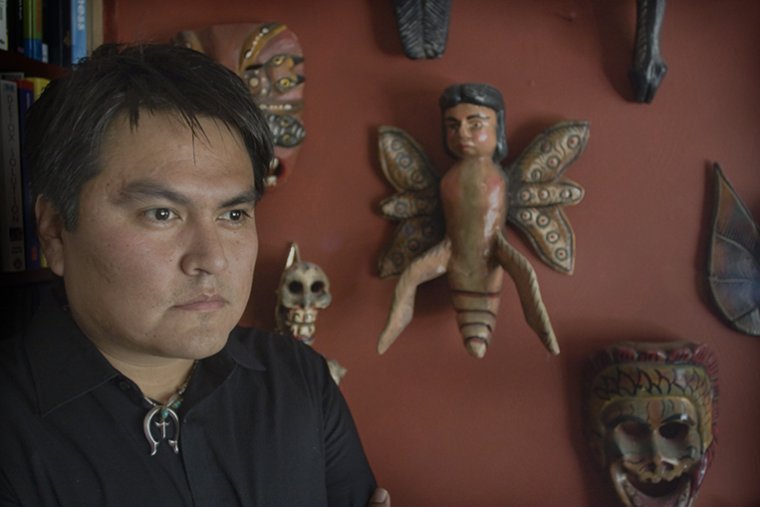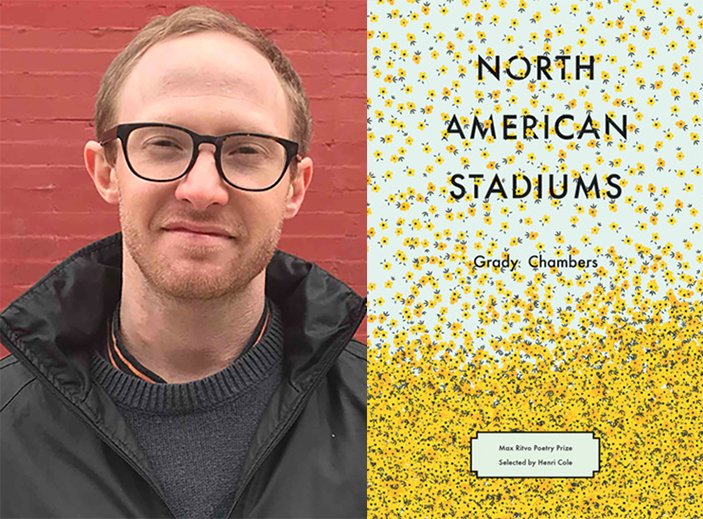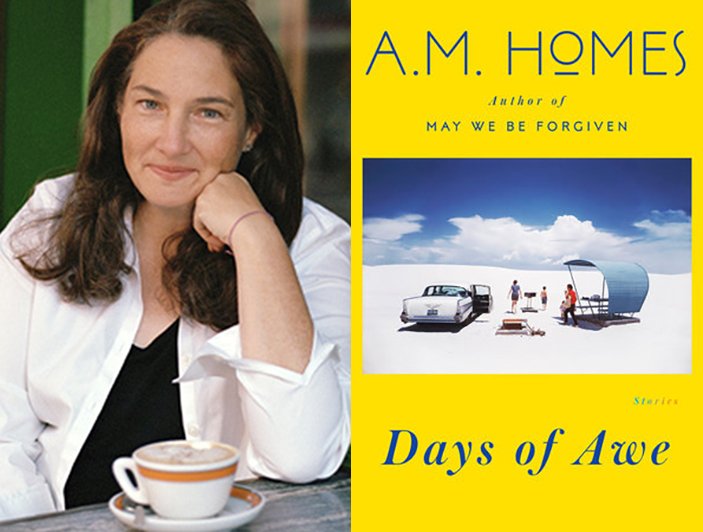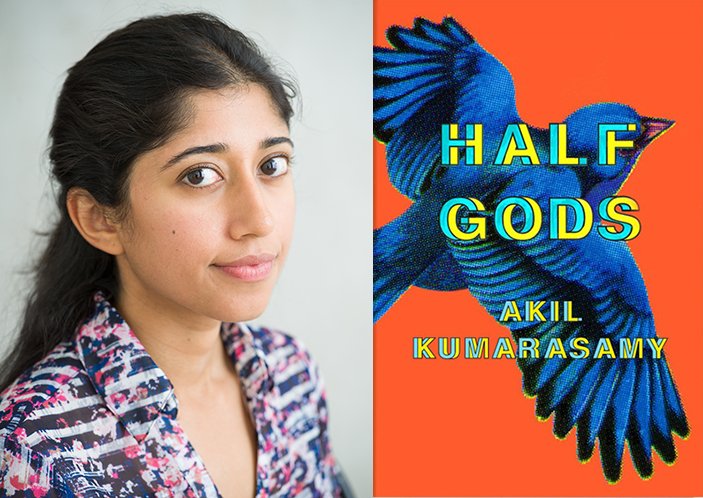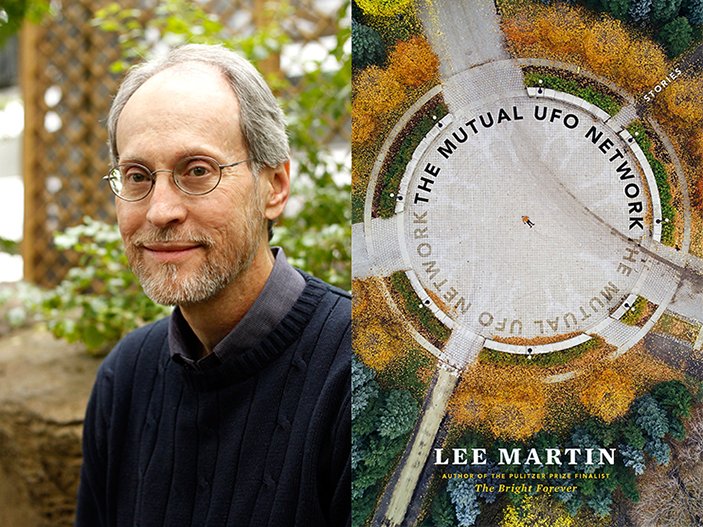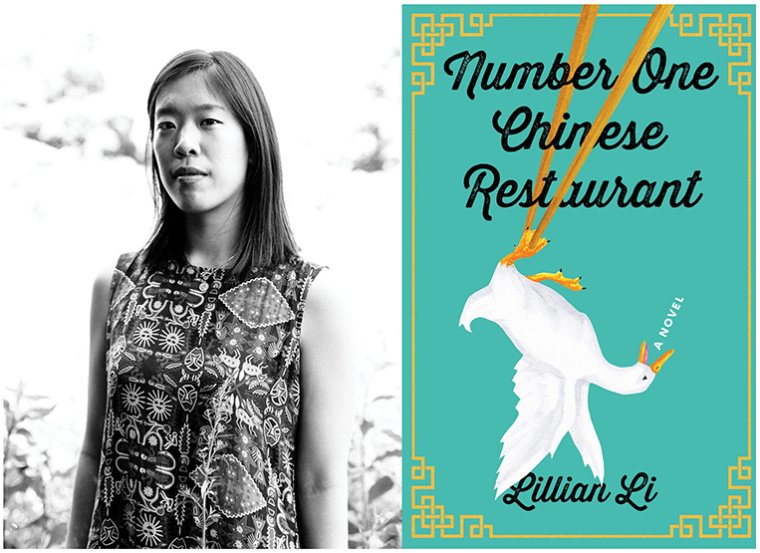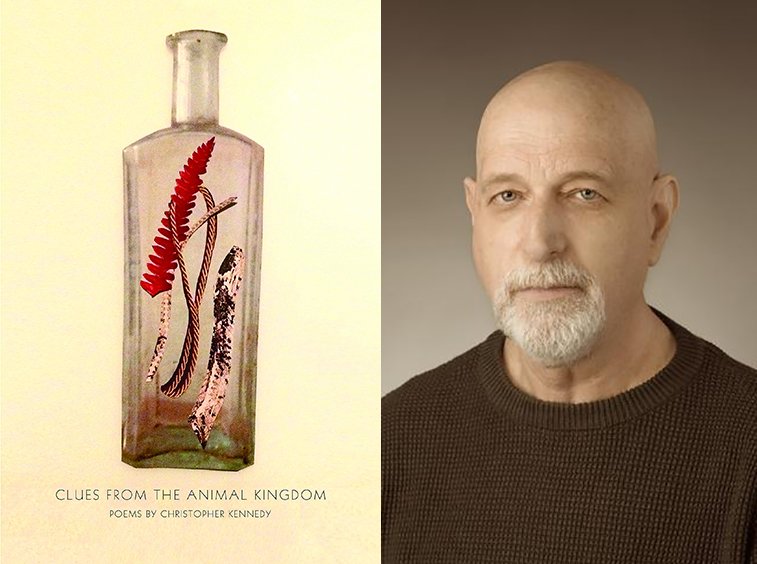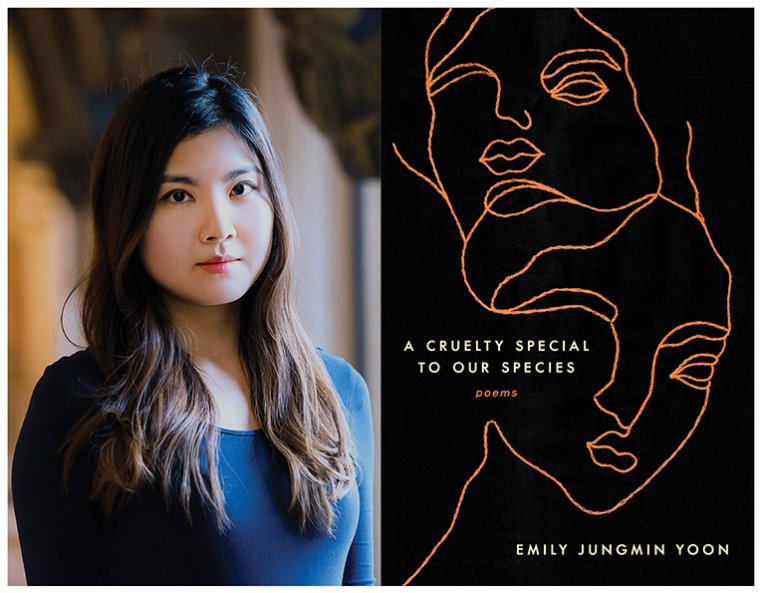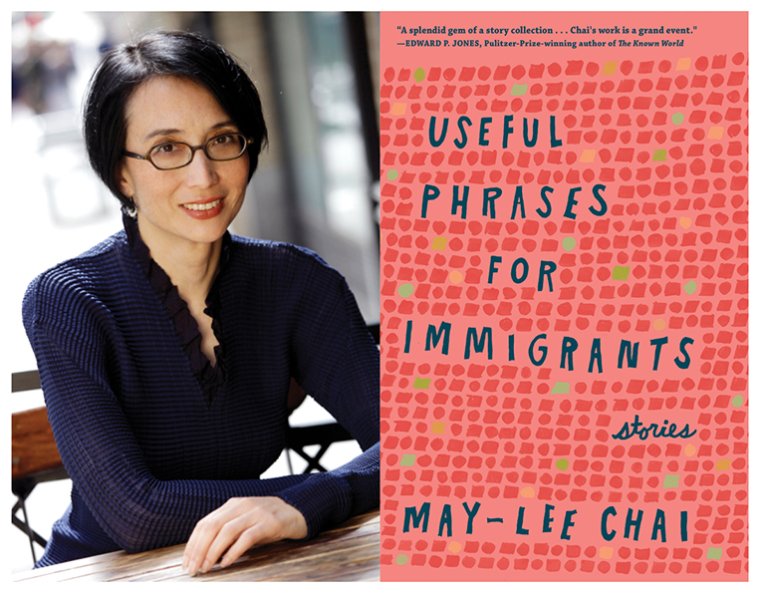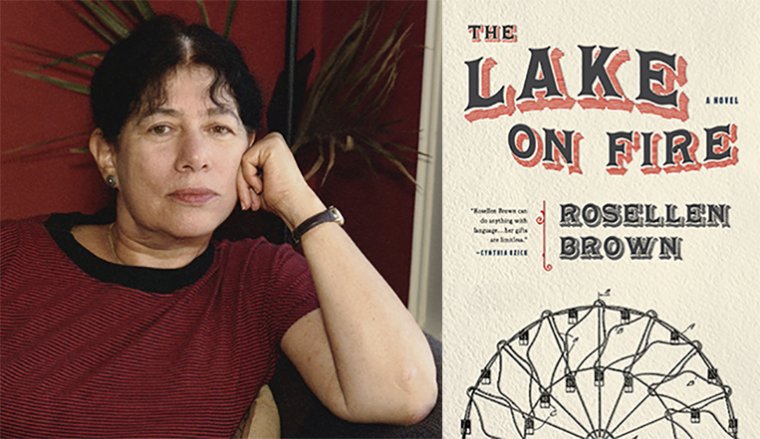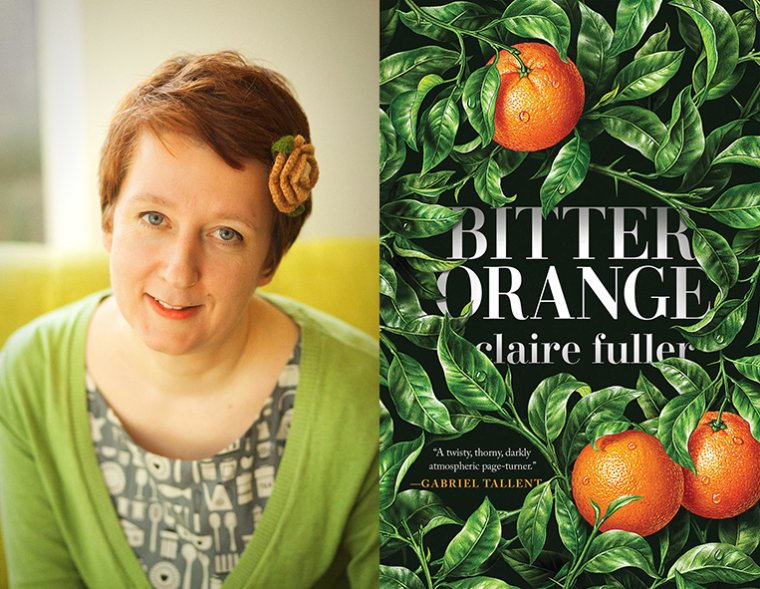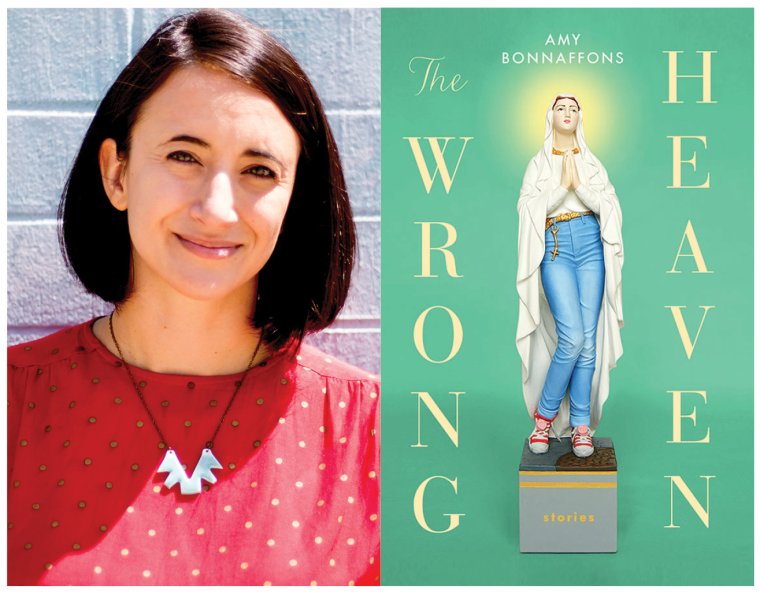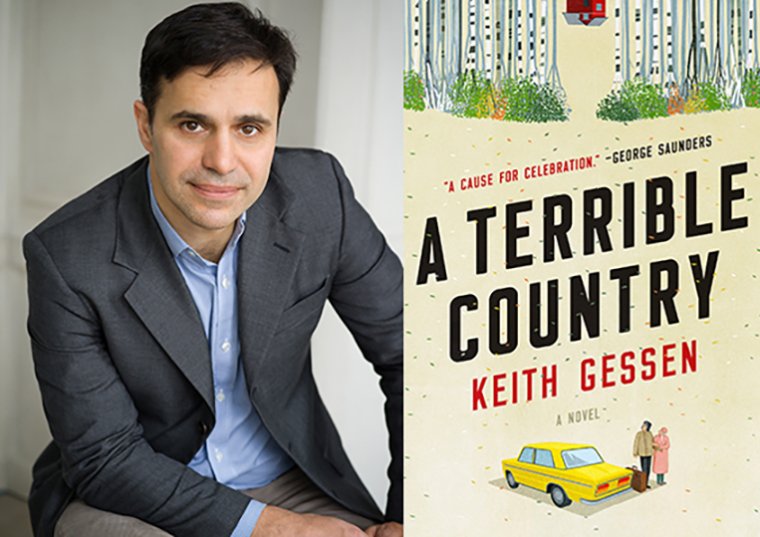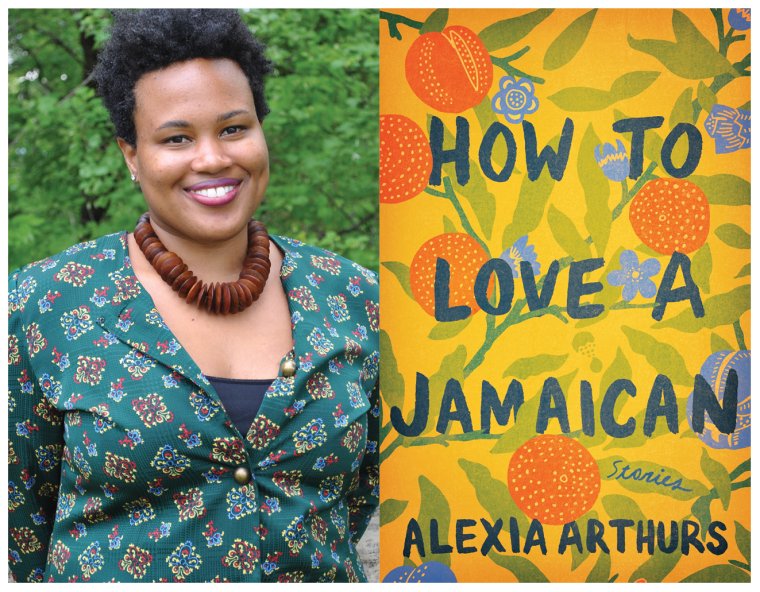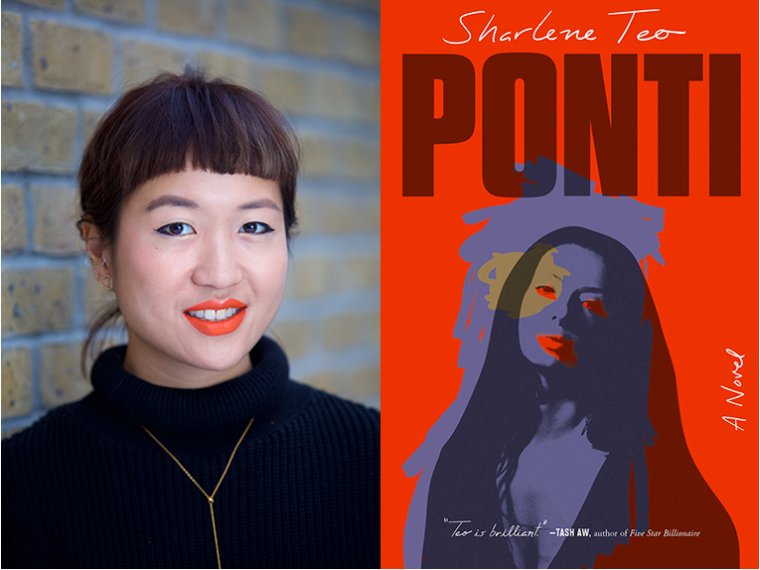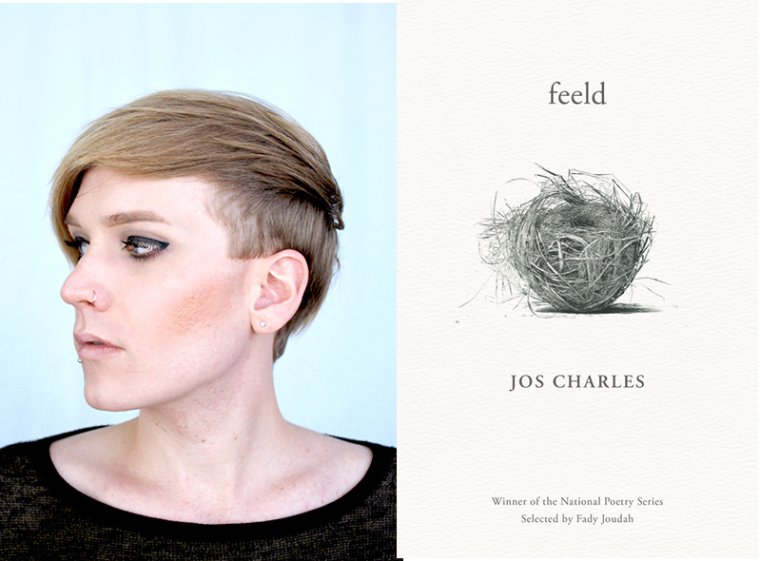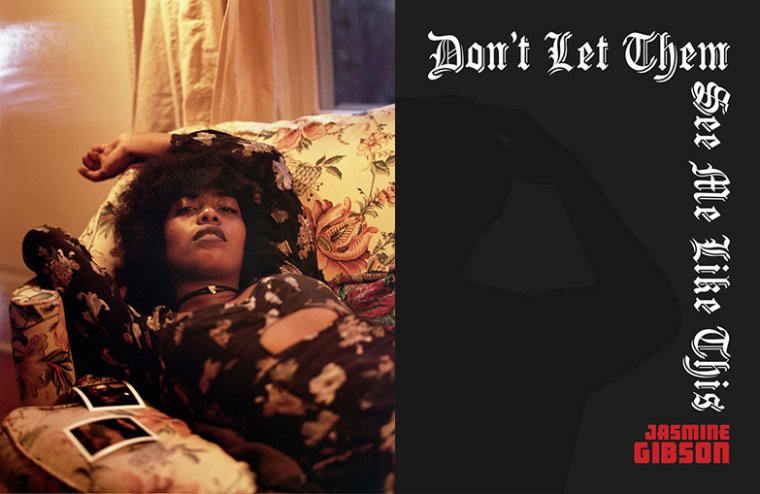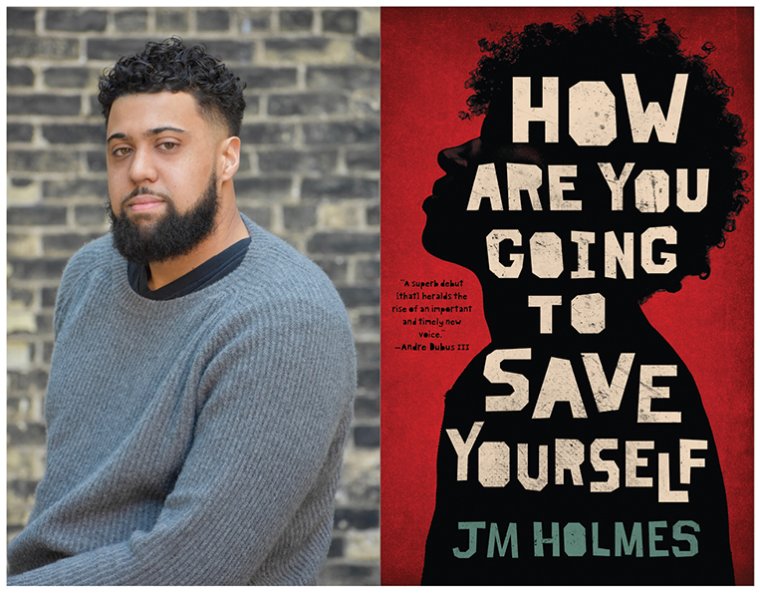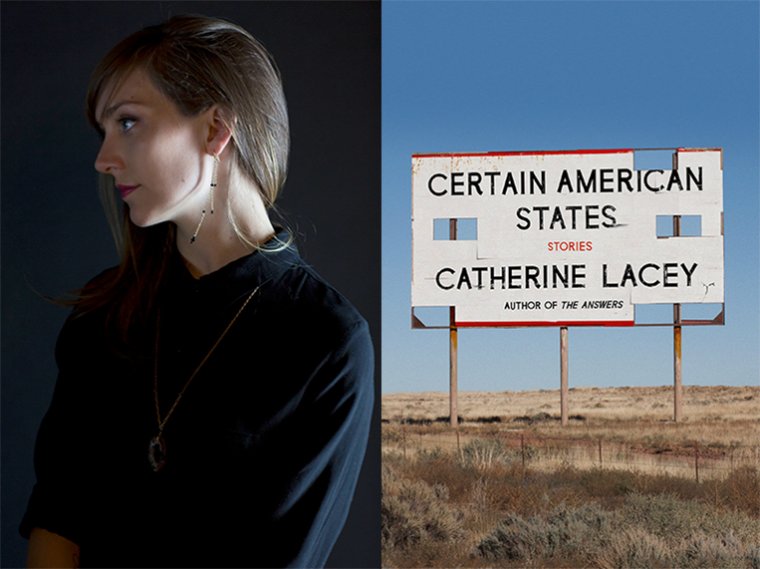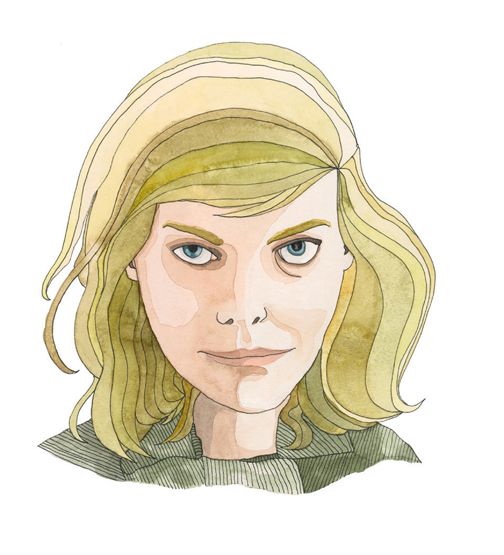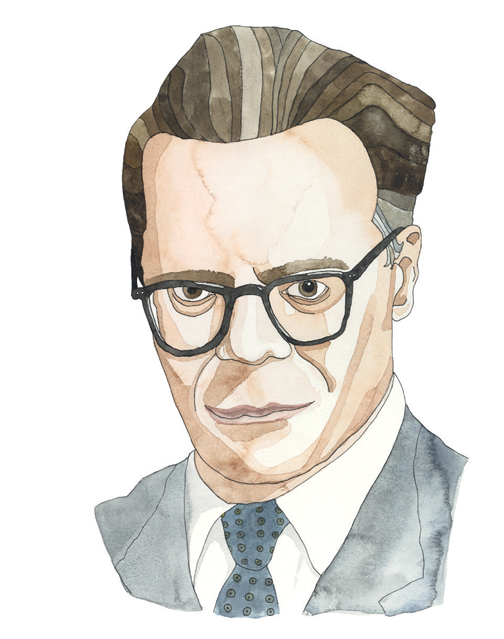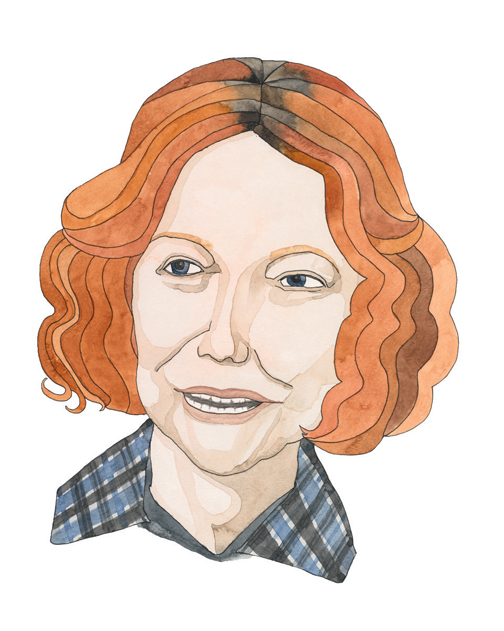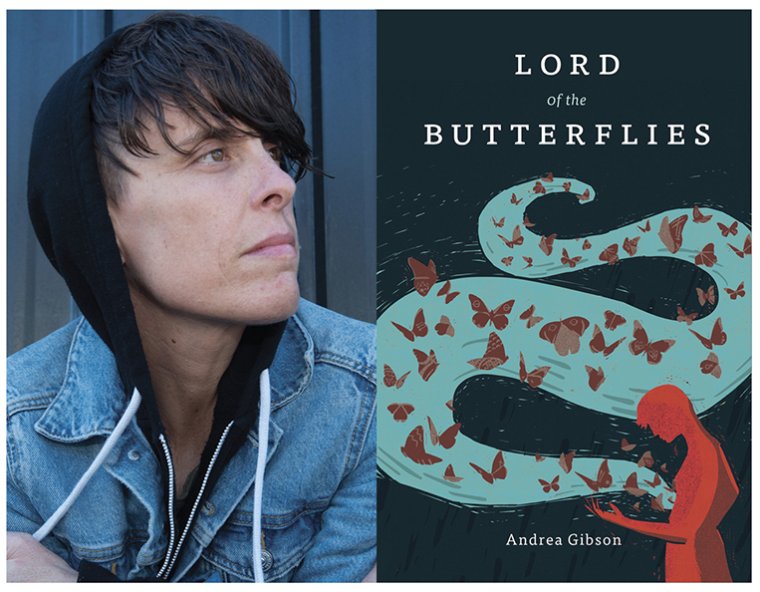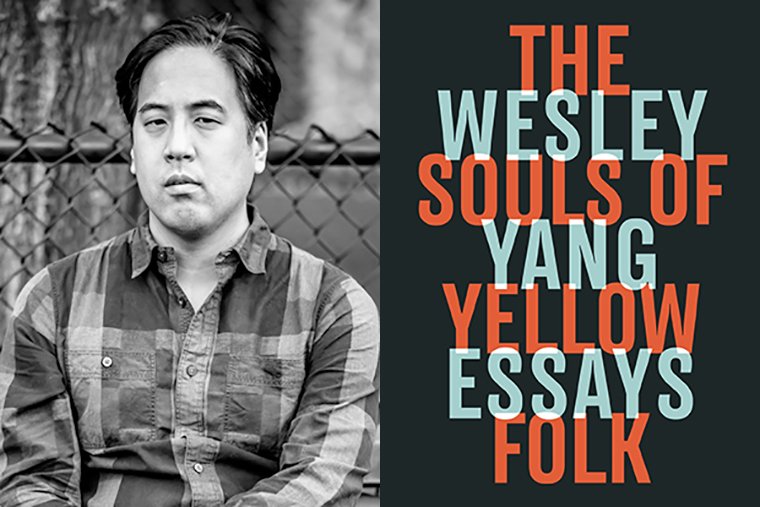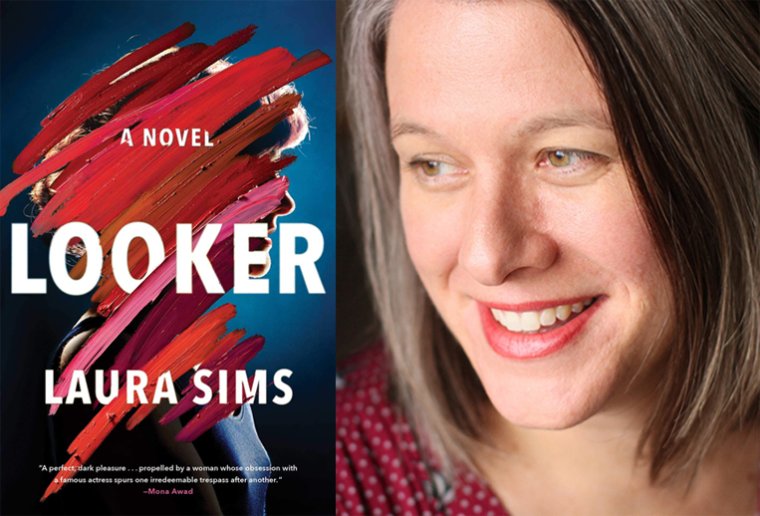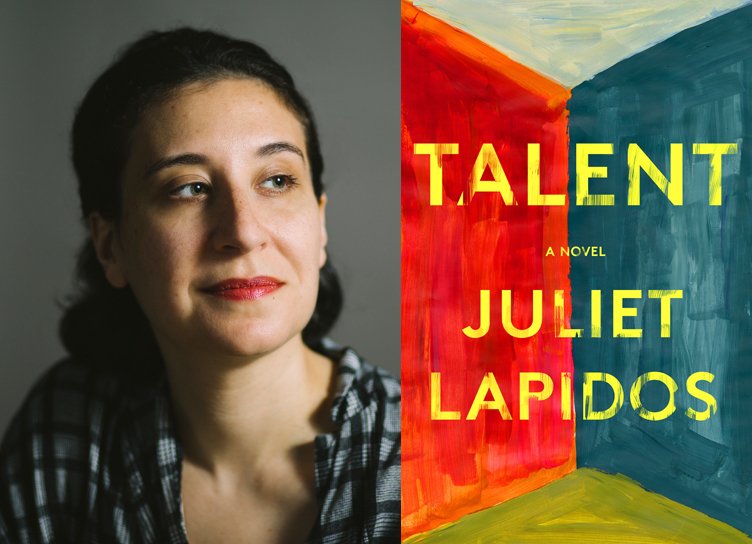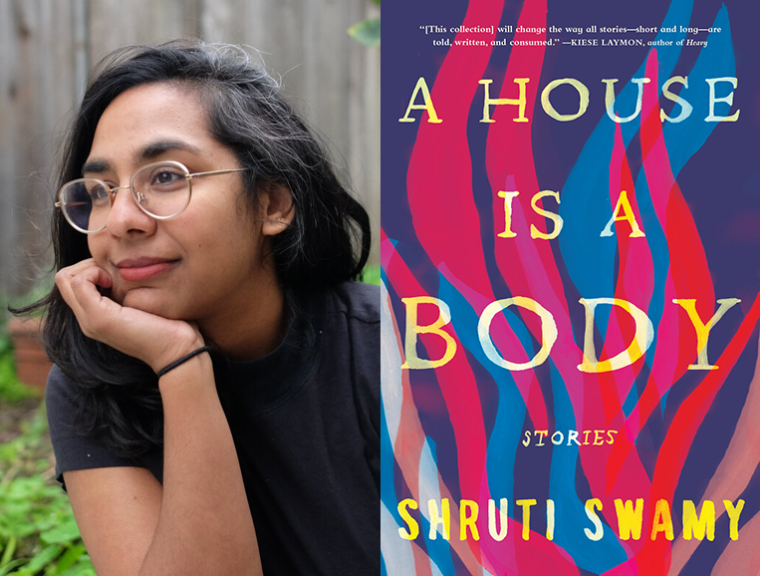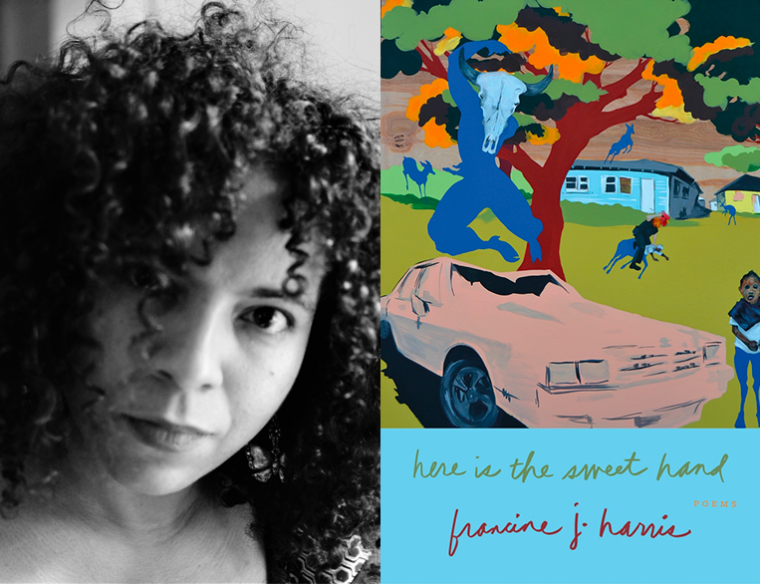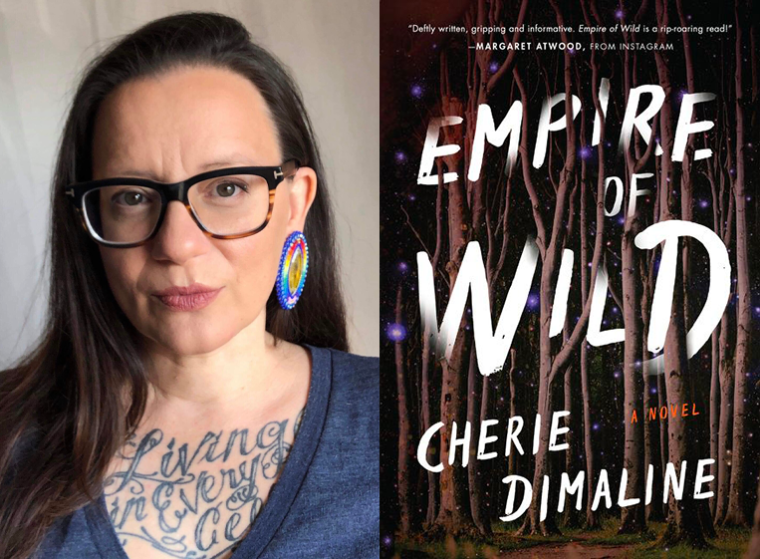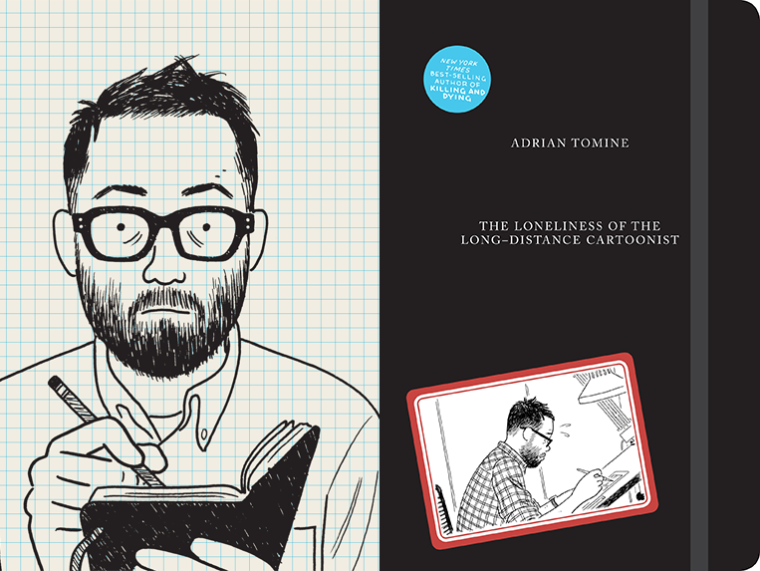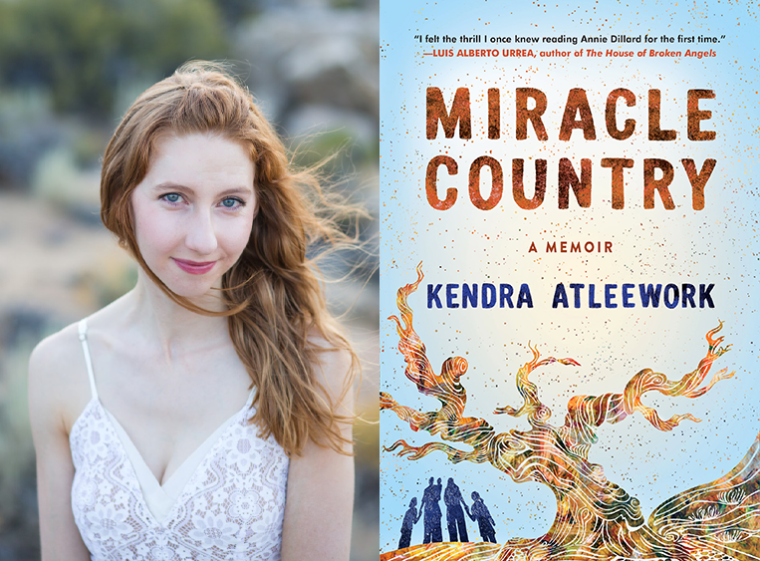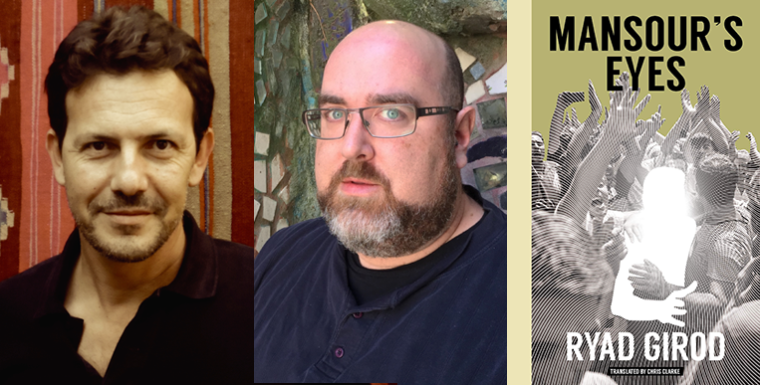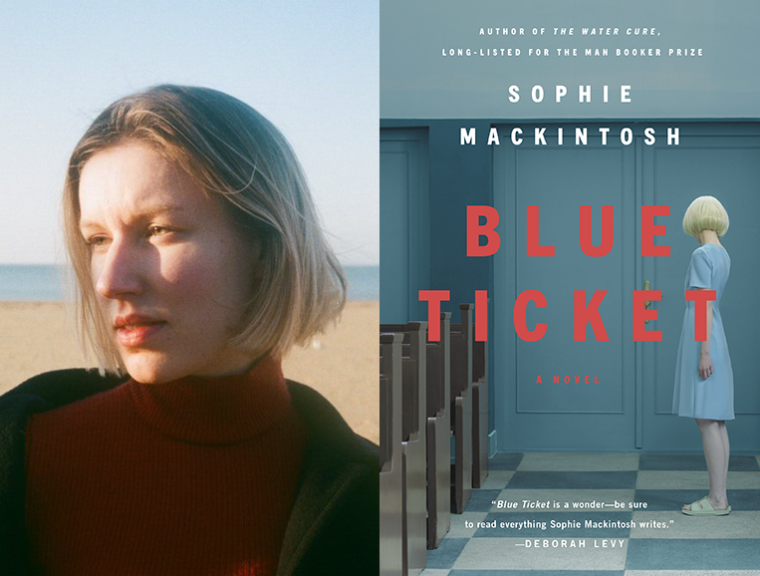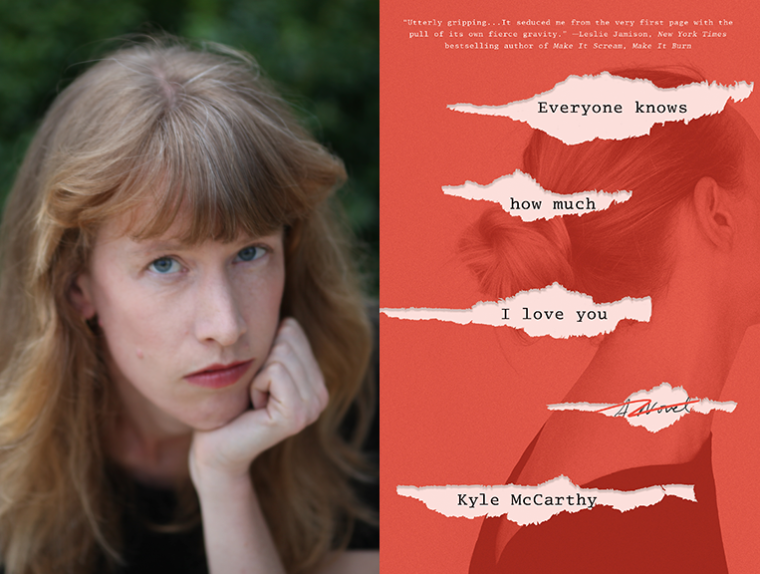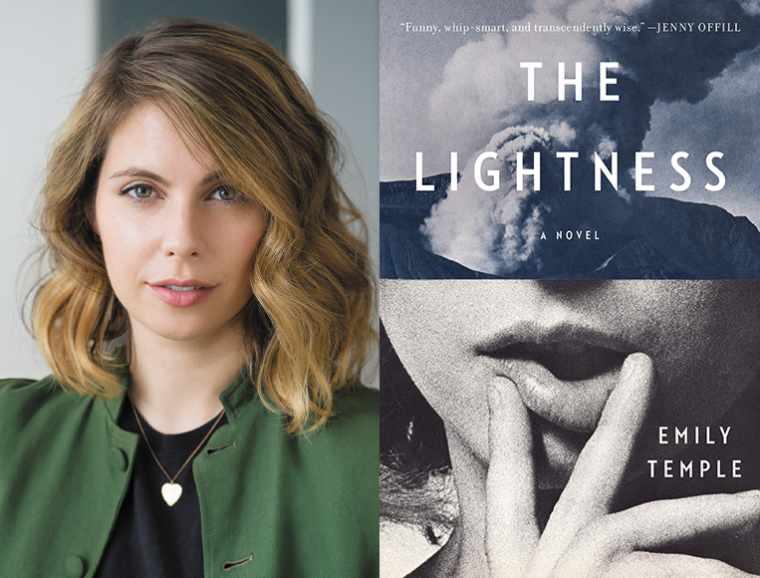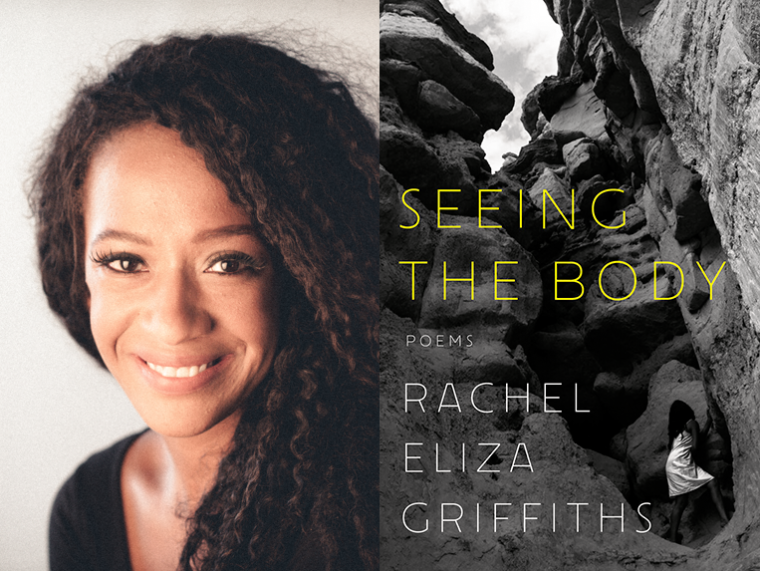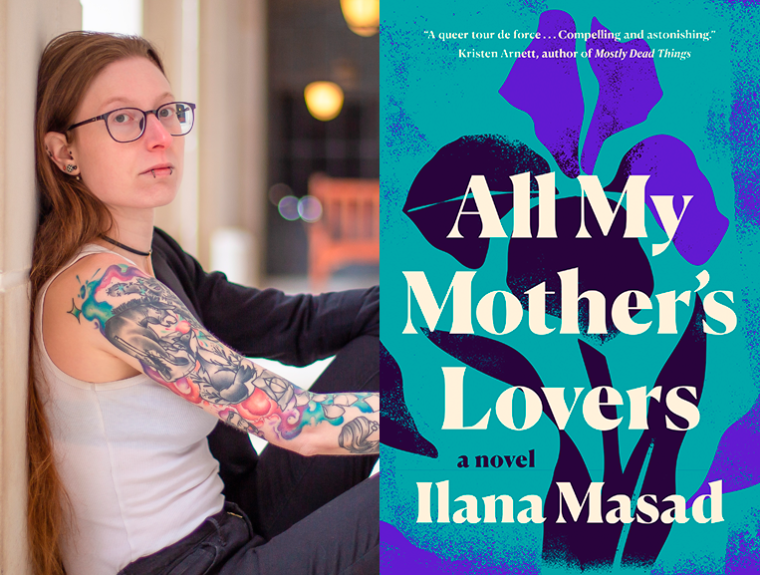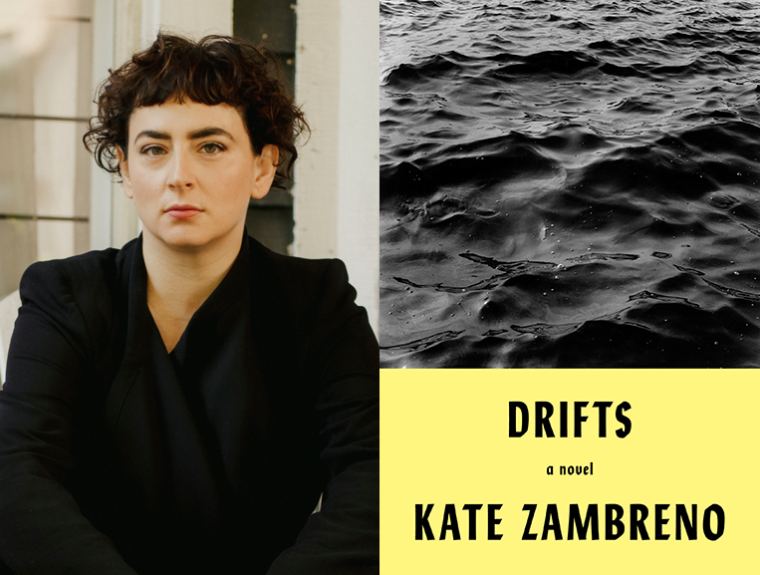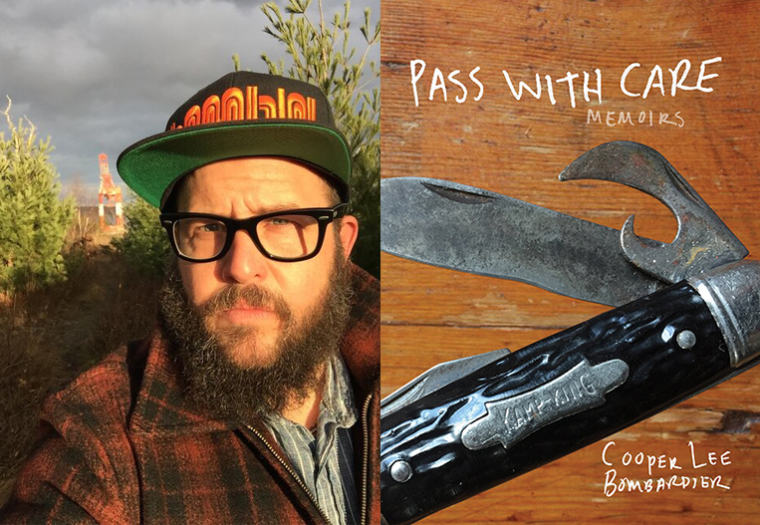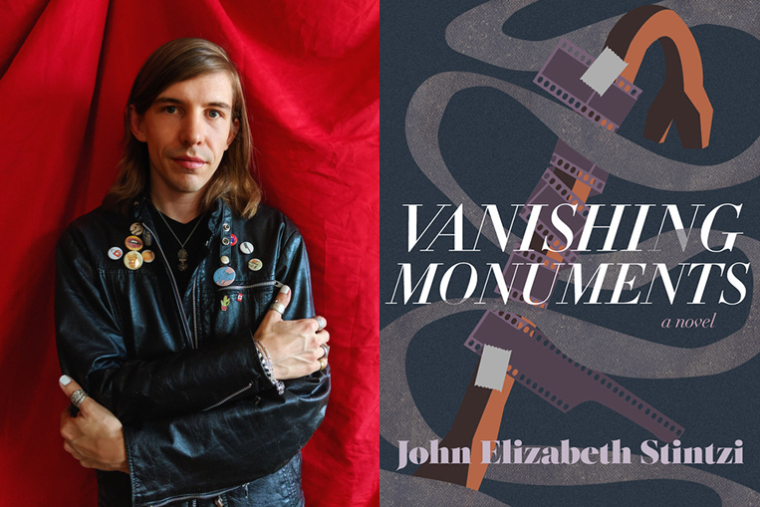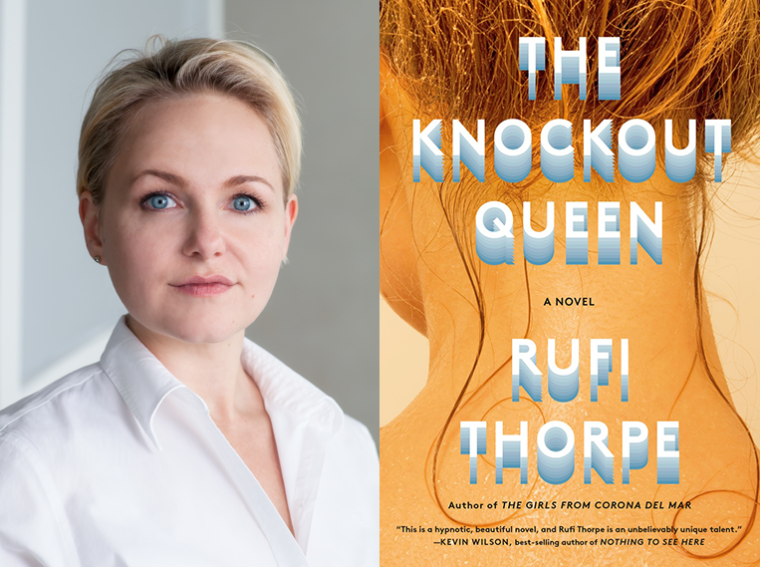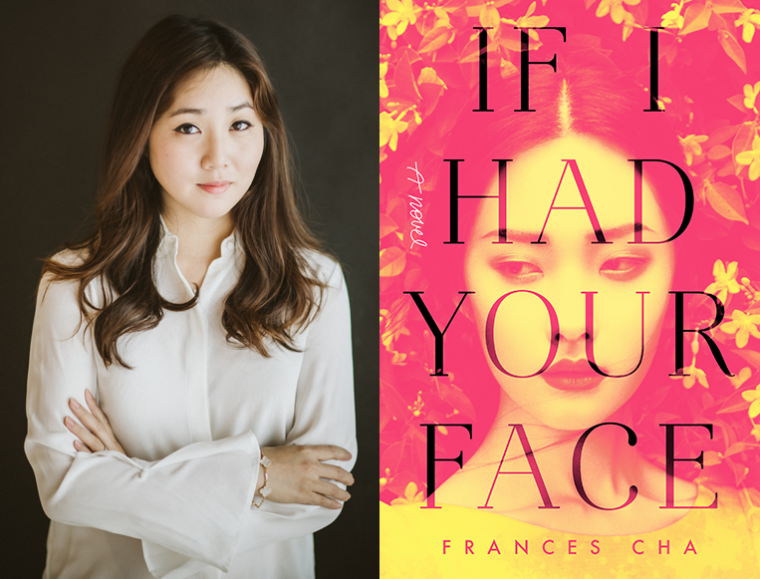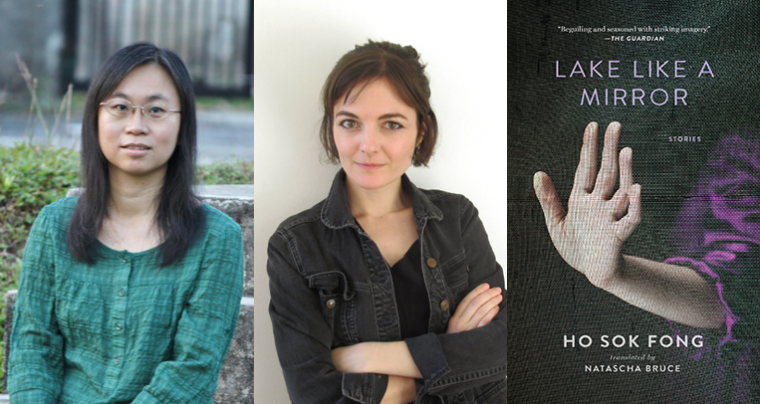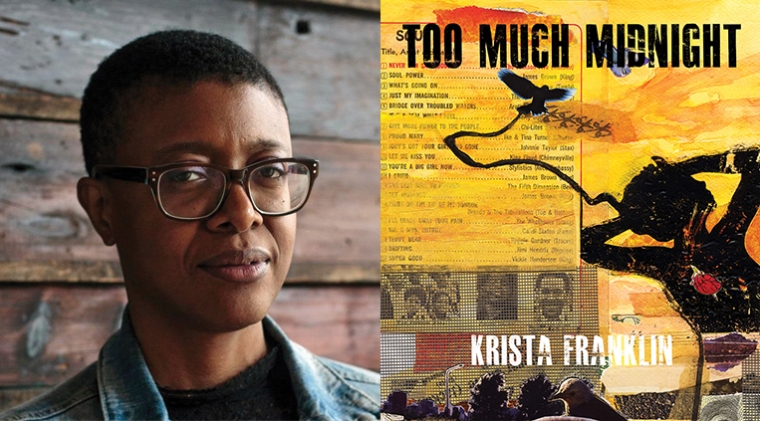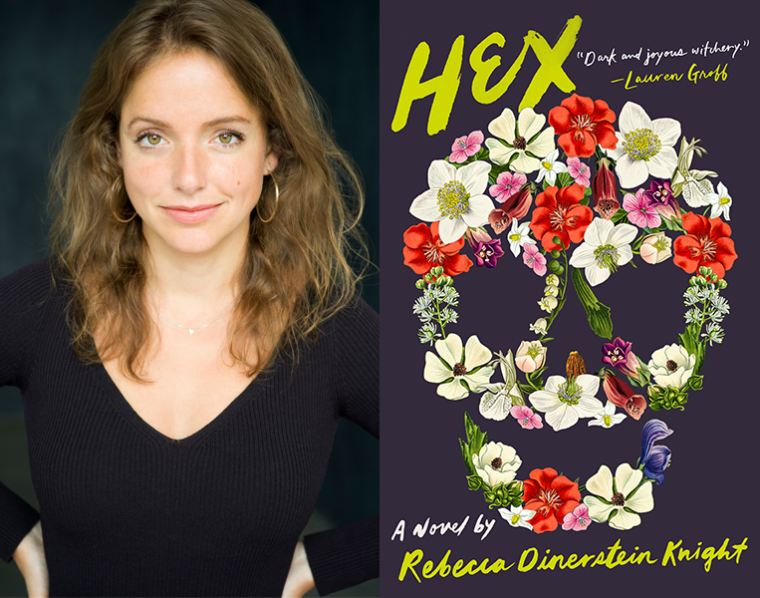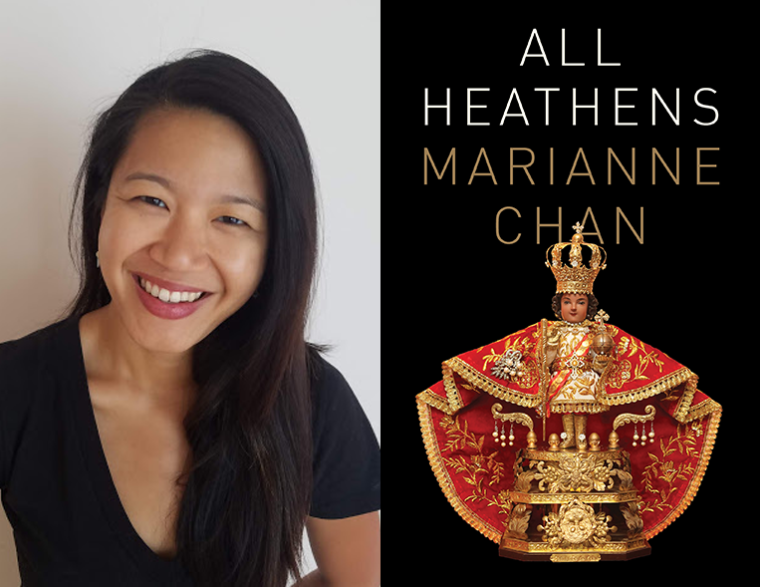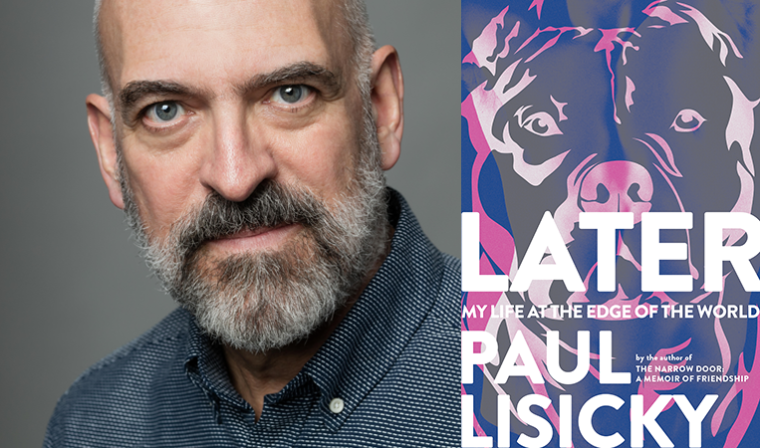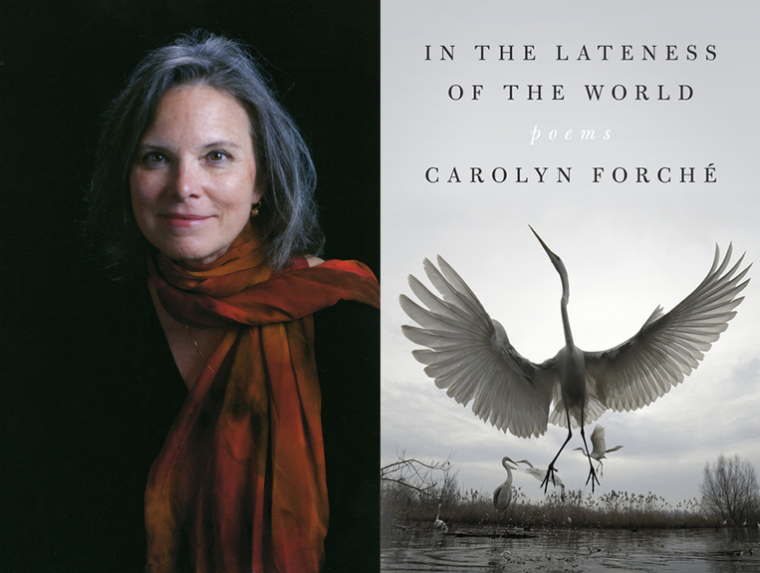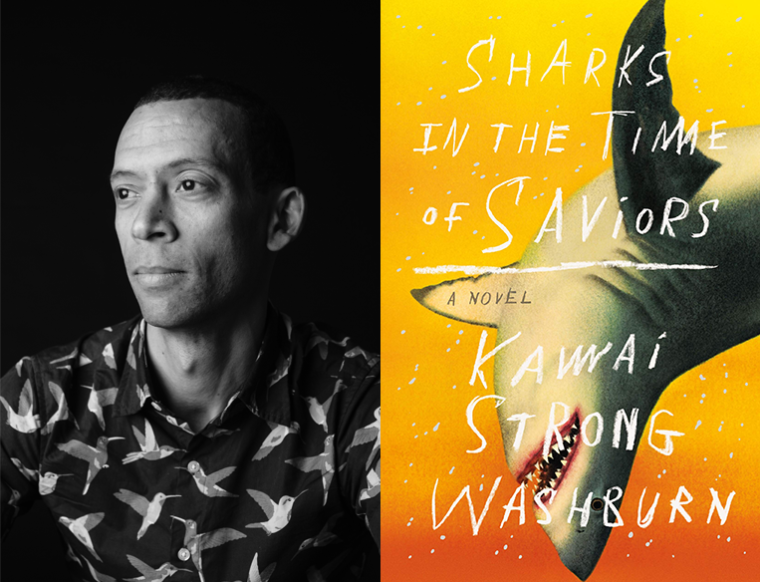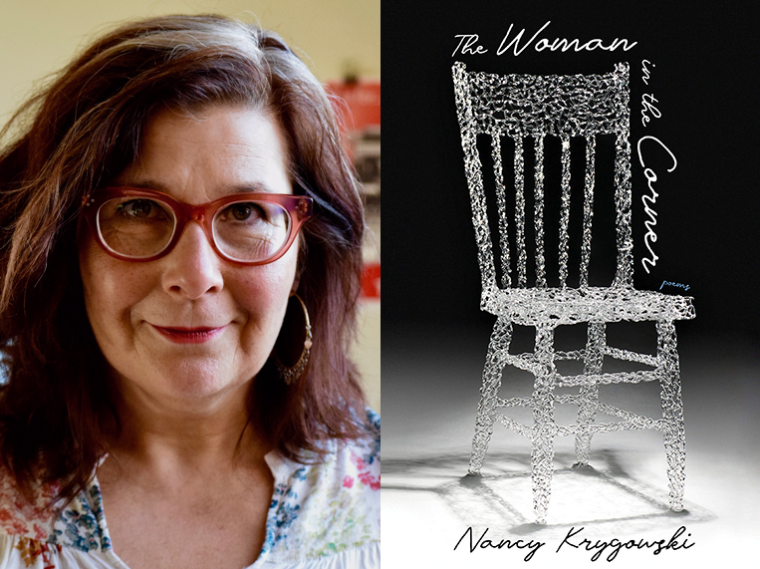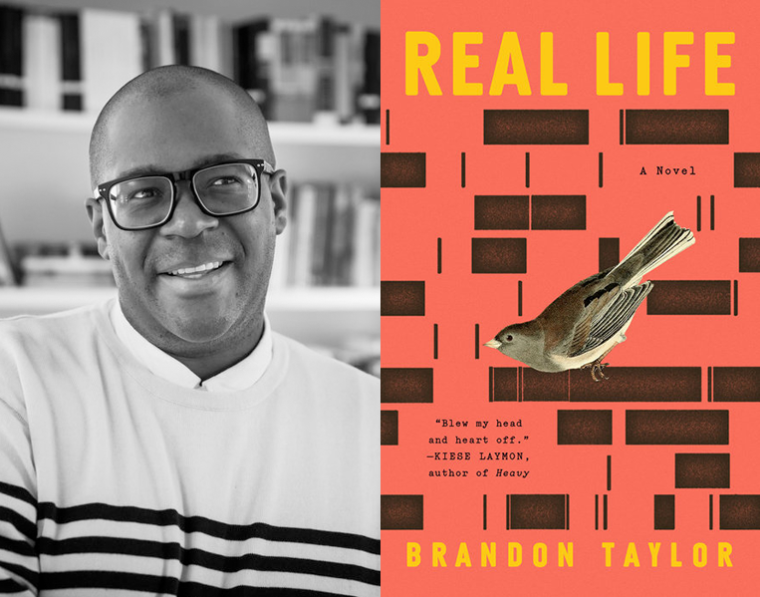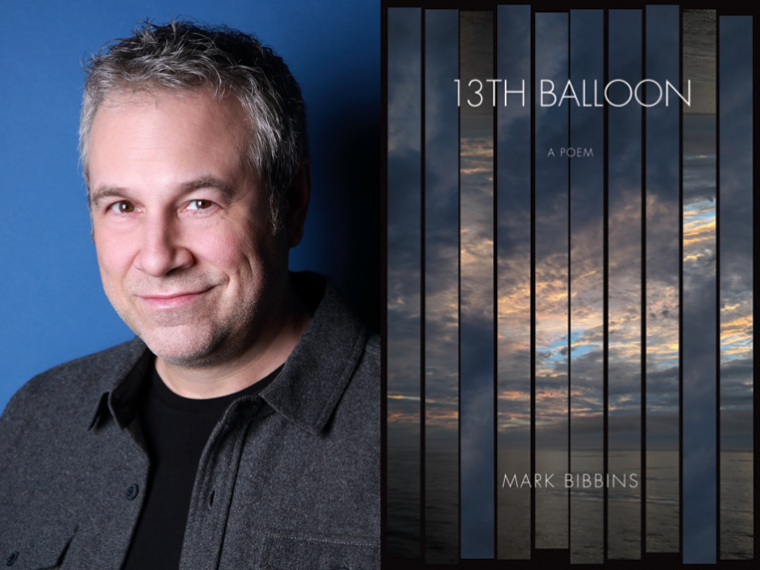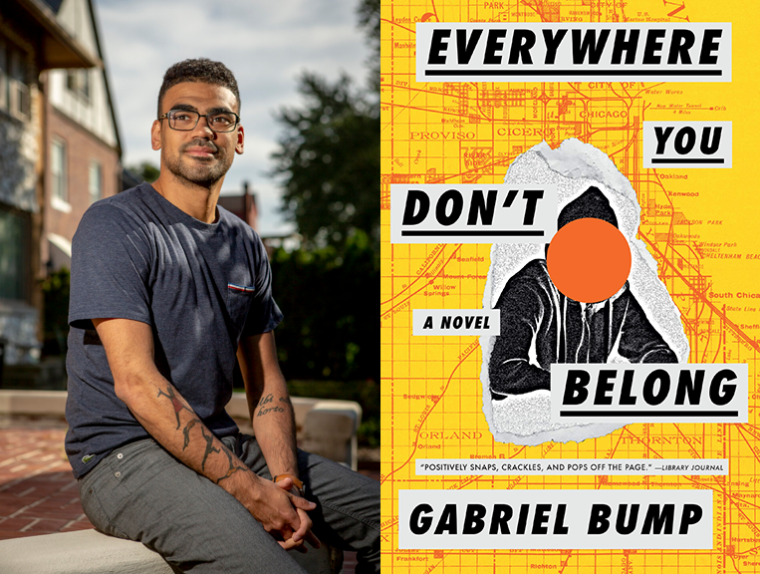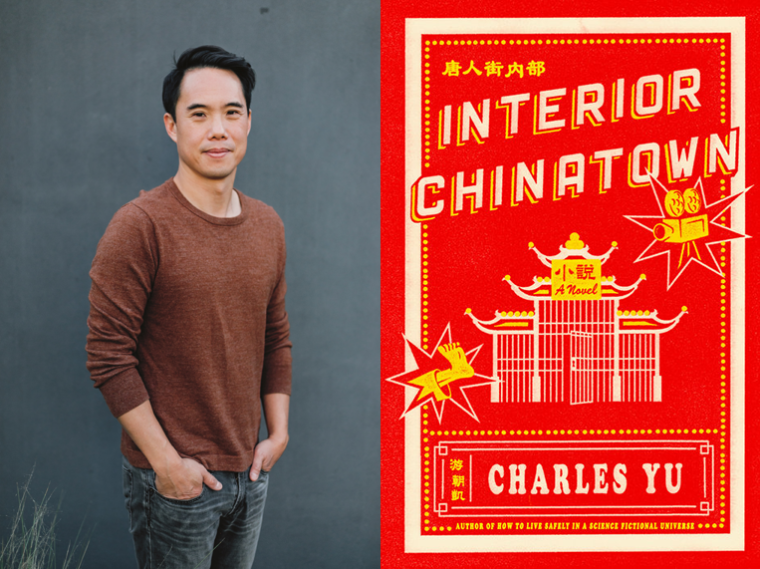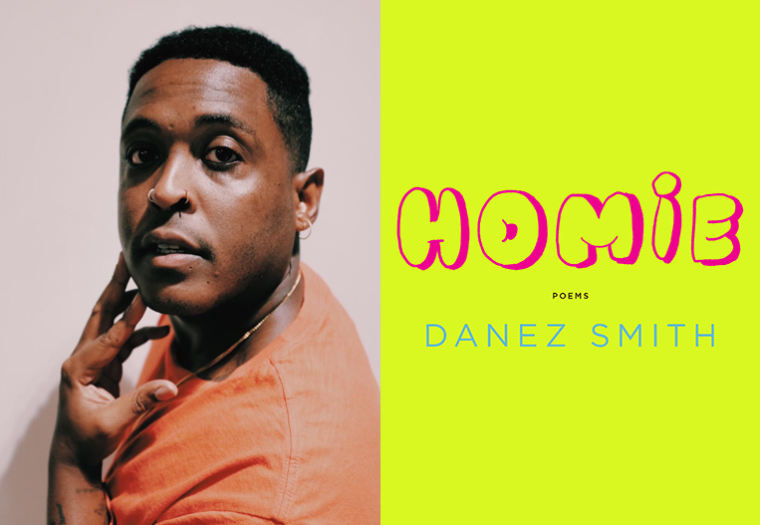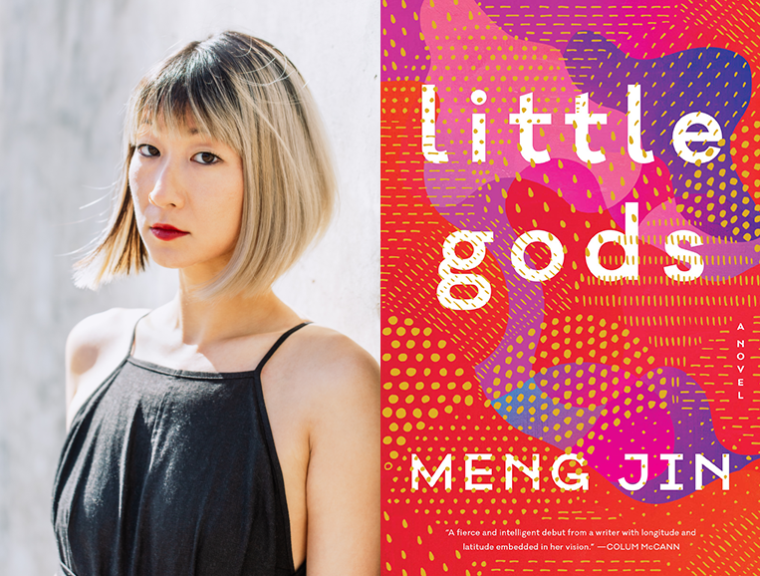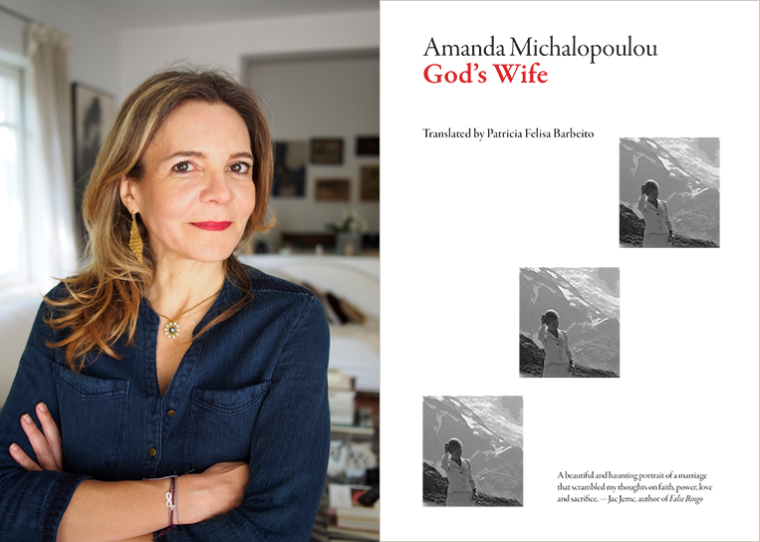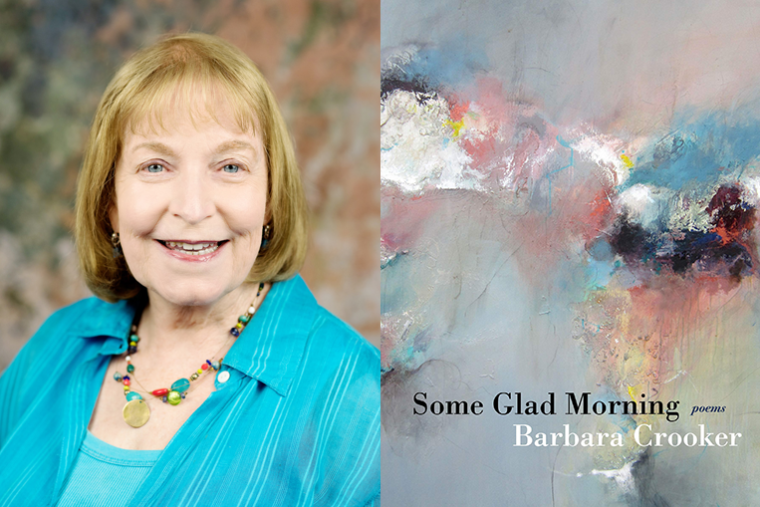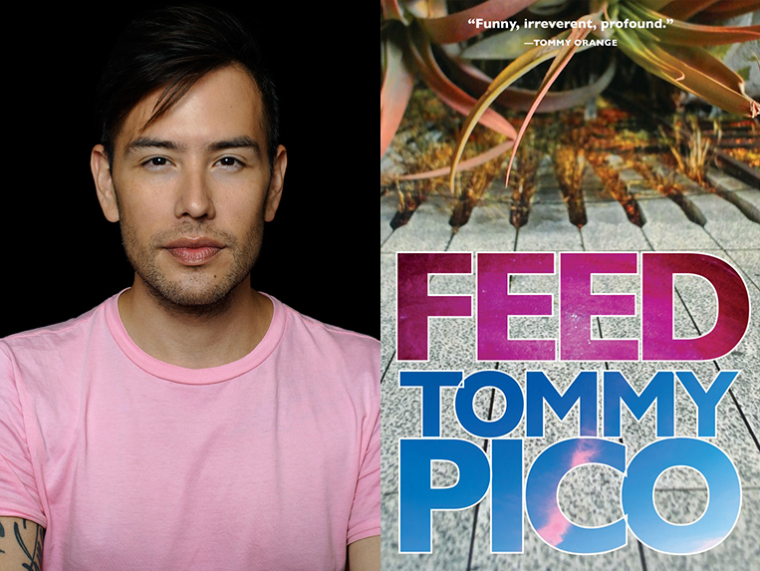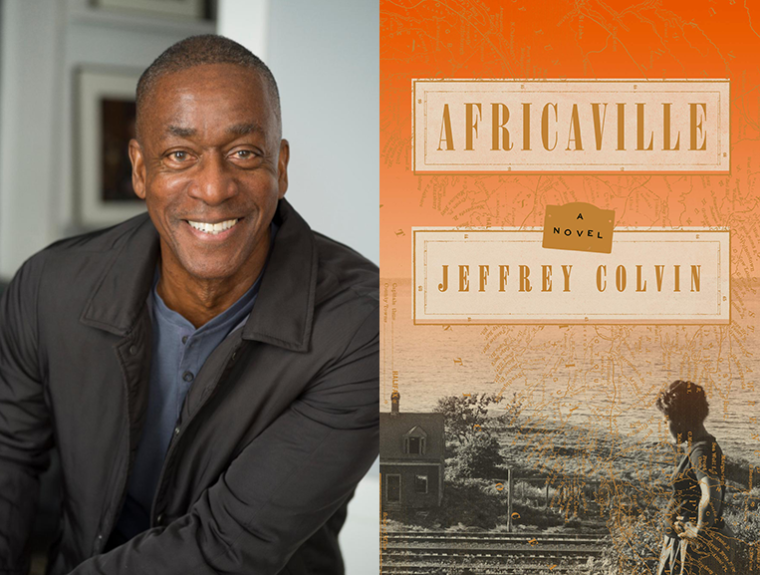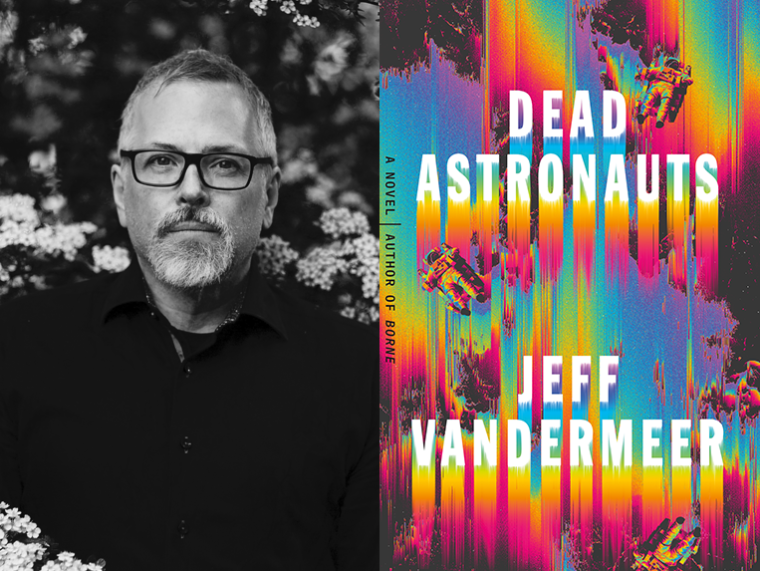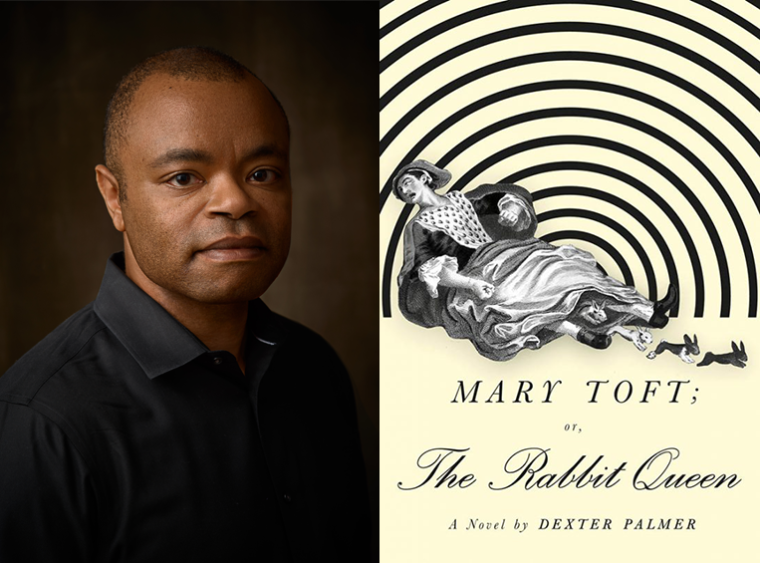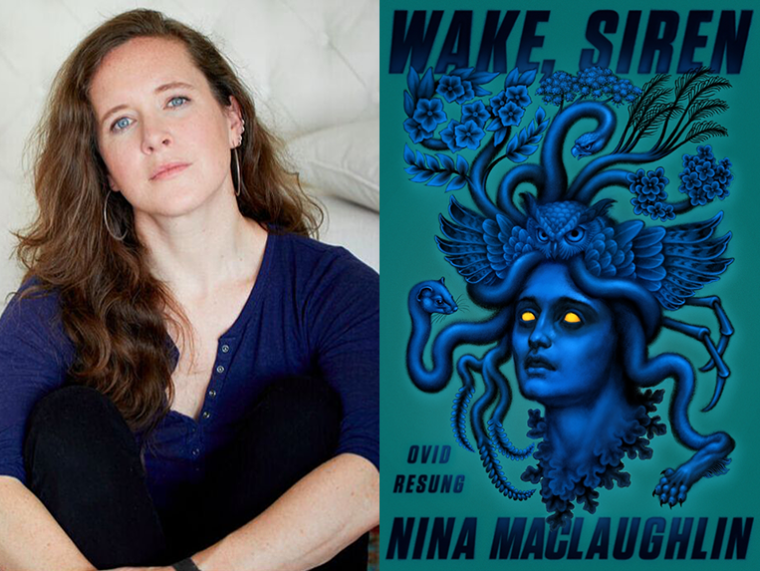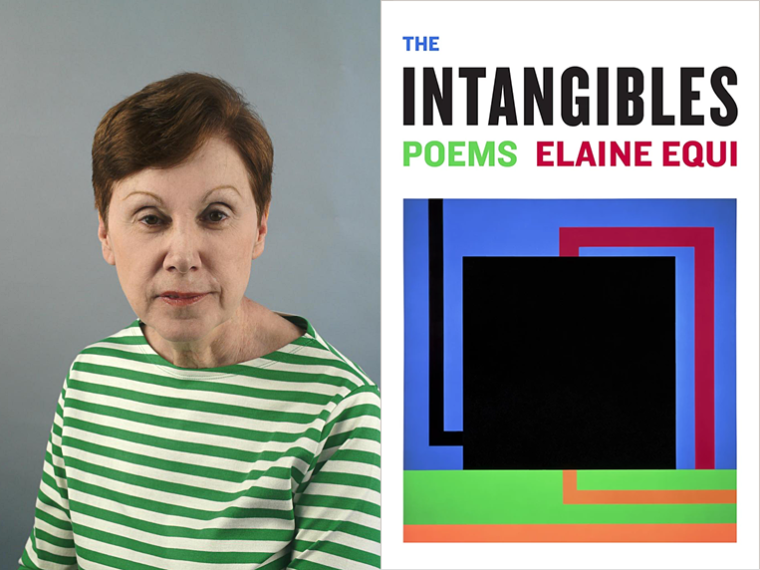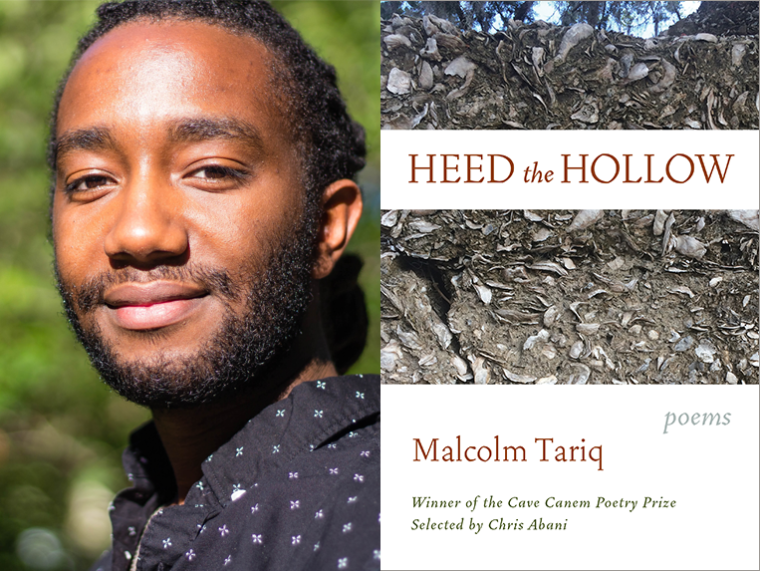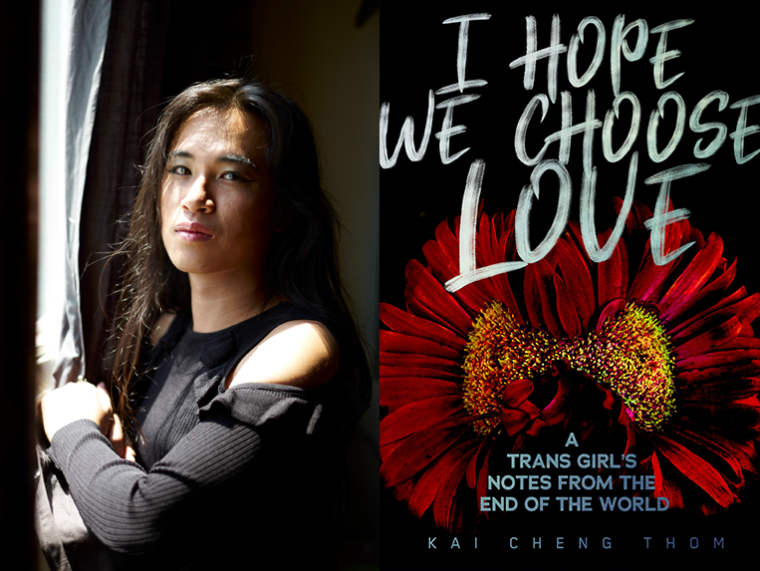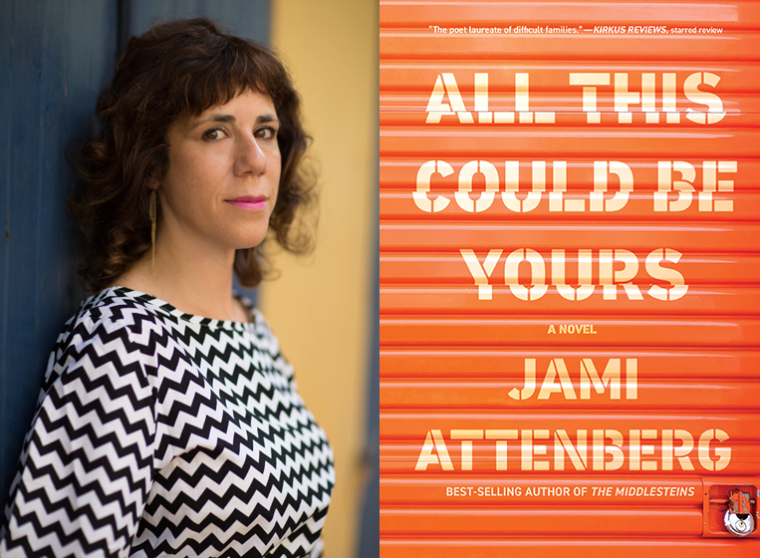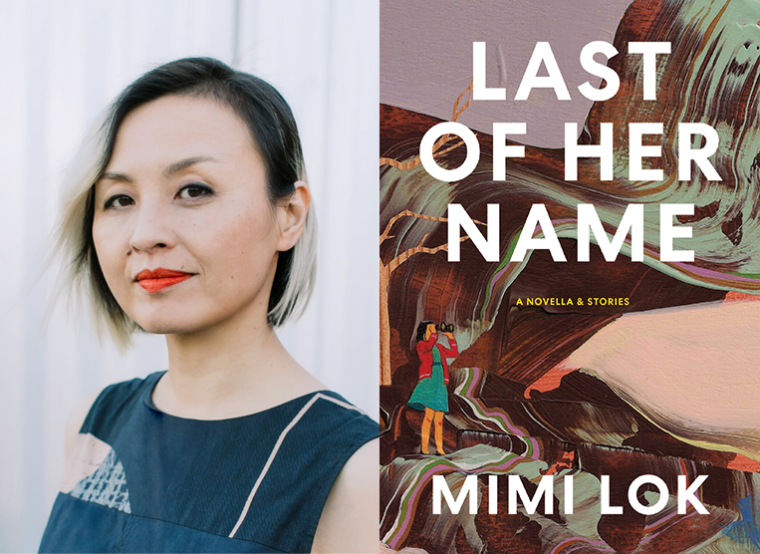Can you be successful as an author across different genres and different pen names? How do traditional publishing and going indie compare? How can you diversify into multiple streams of income as an author? With Emily E.K. Murdoch.
In the intro, Planning for retirement [Self-Publishing Advice]; my list of money books; Red flags in serialised (and other) fiction contracts [Self-Published Advice]; The Author’s Guild partners with Created by Humans for AI licensing; Nobel Prizes for AI-related research [The Economist]; Last chance for Blood Vintage, and where did the idea come from?; plus, what I’m working on next.
Today’s show is sponsored by ProWritingAid, writing and editing software that goes way beyond just grammar and typo checking. With its detailed reports on how to improve your writing and integration with writing software, ProWritingAid will help you improve your book before you send it to an editor, agent or publisher. Check it out for free or get 15% off the premium edition at www.ProWritingAid.com/joanna
This show is also supported by my Patrons. Join my Community at Patreon.com/thecreativepenn
Emily E K Murdoch is the USA Today bestselling author of over 100 historical romances across medieval, western and regency, and mixed between steamy and sweet. She’s also the author of nonfiction history book Regina: The Queens Who Could Have Been under Emily Murdoch Perkins.
You can listen above or on your favorite podcast app or read the notes and links below. Here are the highlights and the full transcript is below.
Show Notes
- Discovery writing vs outlining — how it affects your drafting and editing speed
- How to research in-person and online
- Securing a nonfiction traditional publishing deal
- Maintaining creative autonomy with a traditional publishing contract
- Opportunities that arise from being traditionally published
- Writing under different names for different genres
- Tips for pitching blurbs for your book
- How traditional publishers help with PR
- Diversifying your author business and creating multiple streams of income
You can find Emily at EmilyEKMurdoch.com.
Transcript of Interview with Emily E K Murdoch
Joanna: Emily E K Murdoch is the USA Today bestselling author of over 100 historical romances across medieval, western and regency, and mixed between steamy and sweet. She’s also the author of nonfiction history book Regina: The Queens Who Could Have Been under Emily Murdoch Perkins. So welcome to the show, Emily.
Emily: Thank you so much for having me. It’s a real joy to be here.
Joanna: Oh, yes. There’s so much to talk about, but first up—
Tell us a bit more about you and how you got into writing and publishing.
Emily: Well, I am one of those authors who very much grew up knowing that I wanted to be a writer. It’s a family legend that my end of year report at five years old includes the phrase, “Emily keeps telling us she’s going to be an author.”
So I very much started strong, but it was one of those things that was always going to be in the future. I was chatting about my dreams, about wanting to be an author, wanting to write, with a boyfriend as we were coming up to university graduation.
I said, “Look, I will be an author one day. It’s absolutely going to happen.” You know, with all the confidence of a 21 year old. “But, obviously that is something I’ll do when I’m older. I’ll have to do a proper job first. So maybe in my 40s, 50s, 60s, when I’ve had a career, that’s what I’ll do.”
He looked at me and was like, “I don’t understand why you’ve got to wait. I don’t see why you can’t write a book right now.” And reader, I married him! I also published for the first time two years later.
I was able to quit my job and “retire” into full time creativity before I turned 30.
Joanna: Ooh. Everyone’s like, okay, okay. So first up, excellent, that you married such a supportive person. I know some people listening will be like, oh my goodness. They’re jealous because I think that’s quite rare for someone to say that. Let’s get into this hundred books. Give us an idea how many years ago that was and how you then progressed.
Emily: My first book came out in 2013, so that’s 11 years ago. It was written and finished the year before then. I thought, I’ll be smart about this. I’ll take it to a publisher who really understands historical romance, which was the novel. So I actually submitted to Harlequin, which is part of HarperCollins.
I’m going to be honest, I didn’t understand how slow traditional publishing was. I waited six months for a reply, which to me, was an age. Eventually I got tired, and I withdrew it, and I took it elsewhere. I do wonder sometimes what might have been if I’d stuck it out.
I do actually now publish, ironically, with Harlequin HarperCollins. So I’ve kind of come full circle in that way. So, yes, 11 years. 11 years, and I went full time after eight. So it was very much an overnight success with an eight year slow burn.
Joanna: Tell us how you’re writing so fast.
I feel like a lot of romance authors—the books are shorter, aren’t they? So that is one aspect. Tell us about that.
Emily: Yes and no. Some of my historical romances are novellas. They’re 30,000 to 40,000 words, so they are on the shorter end. One of my historical romance series is at least over 100,000 – 110,000 per book. So there’s a real spread in terms of how long I write.
There are certain things you can teach about being a fast author. It’s something that I do teach, and I do mentor and advise other authors on, but there is something I think innate. I don’t want people to ever feel like they should be forcing themselves to write faster.
Having said that, I write 10,000 words a day, every working day. So that enables me to build up quite a backlog. It means that I can rapid release, whatever that looks like for you. Some of my rapid releases have been a book every three months. I’ve done a book every month.
I did a series once which was 12 Christmas novellas based on the 12 Days of Christmas song, and I released a novella a week for 12 weeks. October, November, December, the lead up to Christmas one year. So there’s a real range there.
Joanna: I think this is so interesting because when you first said to your now husband, “I’ll write it one day,” he said, “do it now,” you didn’t just write one book. I feel like that’s the other part of it—
If somebody wants to be a writer, it isn’t just one book.
Did you meet other people along the way who were like, how are you doing this? Like, shouldn’t you just write one book for 10 years?
Emily: There are certainly people who maybe are new to publishing, or don’t know publishing at all, and have this kind of Patrick Rothfuss or George R R Martin, “oh, it takes a decade to write a good book” mindset, and that’s true sometimes.
Sometimes really great books come out of a decade of working, and reworking, and editing, and putting it down and picking it up again.
Really good books can also be written really fast. That has been a challenge for me in my craft because I can write very fast, and then I hate editing. So it’s very easy for me to be tempted to go, well, it’s written. I mean, it’s written, my editor can worry about fixing it.
Actually, over the last, I would say five years, I’ve really tried to work on my editing myself, my own words, because actually there is that 10%, 20%, 30% improvement that I can bring before it even goes to another set of eyes.
Actually, that’s when things slow down for me. The writing itself is very fast, but the editing is where that refinement and that polishing comes, as much as I loathe it. I’m quite open about the fact that I really struggle. It’s just self-criticism, which is not something many creators enjoy.
Joanna: That’s so interesting. I think there’s people who love first draft like you, and people who love editing, like me. I feel like my first draft is not fun. I love the research, I love the ideas, I love kind of noodling around. Then—
I guess because I’m a discovery writer, I find it quite difficult to do the first draft. Then I love, love editing.
I feel like my self-edit is where a lot of the work is done. So I think that there are two types of people in that kind of writing.
Emily: I completely agree. I do wonder if we mapped plotters versus pantsers across people who love first drafts or people who love edits, I think there’ll be a strong correlation.
I love plotting. I’m a deep plotter. I plot very heavily before I write. So when I write, I write very fast, partly because I know exactly where I’m going. I even have dialogue snippets, descriptions, every scene is outlined. All I’m doing is following the pegs in a line along a road, and I know exactly where I’m going.
So when it comes to edits, it feels like I’m second guessing all the previous work I’ve put in. I’ve got lots and lots of author friends who, like yourself, are discovery writers. They’re pantsing.
For them, the edits are where they spot all the clues that their subconscious laid down for them that they didn’t notice at the time. So that is really joyful for them. I do wonder if there’s a correlation there.
Joanna: I think you’re probably right. I also think that people who do plot are more consistent with the 10,000 words a day, or whatever, because you know what you’re going to write.
Whereas some days I might write—well, I don’t ever really write that much. Some days I’ll sit down and I find I kind of have a feeling for this scene, it might happen, and then some days it won’t. So for people listening, it really doesn’t matter how your process works. With the finished book, you wouldn’t be able to tell how someone constructed it, basically.
I do just want to ask on your research. I love research, and one of the things that “slows me down” is the amount of research I do. So, for example, Spear of Destiny, I just had to go to Austria and Germany. I have to do these research trips because that’s the only way I can write.
You’re a medieval historian with degrees in history and English, as well as medieval studies. You’ve done lots of cool stuff, especially for someone like me who geeks out on ancient manuscripts and Gothic cathedrals.
Tell us a bit more about some of the interesting research you’ve done and how you weave that into your fiction.
Emily: I have to say up front, I have the benefit of being born and raised in Canterbury, which has a fantastic cathedral. It’s a Roman-founded medieval city. It’s got walls, it’s got a river going through it, a cathedral in the middle.
I then went to York and did both of my degrees, which is a Roman-based, medieval, walled, river going through it, minster in the middle. Now I’ve lived near Bath for the last five years, which, again, is Roman.
I have a type in terms of where I like to live, and being British does help. I know that sounds very flippant. I’ve got lots and lots of American friends, lots of Australian friends who are authors, who are very envious of my ability to just hop on a train and be in the place that I want to write about.
In a very dull way, and I think this might give hope to more of our international listeners, so much is digitized now. Although I do go to somewhere and kind of absorb the atmosphere, most of what I do is digital records trawling when I’m looking for something in particular.
It is not nearly as exciting as saying, “Well, I’m just going to have to go to the British Library for a week. Oh no,” but actually it is a lot more productive. It means I can usually check things within an hour or two, rather than waiting for a week in my calendar where I can head off to London.
Joanna: You write historical fiction. I mean—
How much are you doing research before writing?
Emily: This is going to sound terrible, and I want everyone to take this with a huge grain of salt, now, not very much because I’m like 70, 80, 90 books in.
When you’re writing in the same time period over and over and over and over again, when you’ve already studied history at University for four years, when you absorb yourself in that time period through my casual reading. I’m the sort of person that relaxes by reading academic texts or popular history.
I do find that I don’t end up needing to do a huge amount of research now. Now, 10 years ago, very different story. There was a lot of, to be honest, starting in Wikipedia. I know there’s going to be a lot of people flinching at that. It is not what it was 20 years ago.
Actually, the references and the citations at the bottom are where you want to go. Ignore most of the actual article. If you find something that you want to know a lot about, there will be a list of sources, primary sources, secondary sources, at the bottom, go there.
Then befriend your local librarian. If you’re close to a university, befriend those librarians because they have resources beyond what I could have imagined. For example, at Bristol University Library I got to handle primary sources. It was just amazing. So I don’t know if that answers your question.
Joanna: I think it does. Just that walking into a library, I wrote quite a lot in the London Library. I call it the serendipity of the stacks, when you actually are in a physical library, as opposed to digitally, because you stumble across things that you may never have found otherwise.
I also think now, just in terms of online research, I’ve been using Perplexity a lot. So it’s perplexity.ai, and it’s what a lot of researchers now use instead of Google and other sources because it uses the ChatGPT, the best one. Then it also does citations. So it’s really, really good.
There’s a research tip for everyone. Try Perplexity.ai
It does have a free tier. So that’s actually what I’ve been using now. I use that for lots of things.
Emily: As you well know, Joanna, there is a wide spread of people’s comfort with AI in general. I think hearing about something that cites where the information is coming from, I think is going to put a lot of fears to rest for people who want to use that sort of tool. That would always worry me, that I would be using something that I would be not knowing where it came from.
Joanna: Yes, it’s like Google powered by a lot of AI, so you can ask a lot more nuanced questions. I encourage people to give it a try. It’s more like Google than anything else, basically. It’s not a generative tool where you use it in any other way.
Let’s get into your latest book. So I think we say here, we say Regina, right, but Americans say Regeena.
Emily: Regina. Regeena. I say both. Either is fine. I don’t get worried about it.
Joanna: Okay, but the word means queen, and the subtitle is “The Queens Who Could Have Been,” which considers what queens England would have had if firstborn daughters, not firstborn sons, had inherited the throne.
This is nonfiction. Why write this book?
Emily: I’ve always wanted to write nonfiction. It was one of the things when I realized that actually I was in a place where I could write full time that I wanted to add to my bow. Mostly because I am that person who corners someone at a party and is like, “But honestly, Henry II, so underrated, and here’s 14 reasons why.”
I’m that person that wants to kind of dive into these stories and tell them. There’s so much of history that we don’t know, or isn’t popular, or isn’t taught. You can’t teach everything in a school curriculum. There simply isn’t time.
So I realized quite quickly on going full time that my nonfiction niche is that untold stories through history. I find the British Monarchy fascinating. It’s almost fantasy. You have this chosen one, the idea that for someone, a child, their life is mapped out for them as the heir to the throne.
When Elizabeth II died, and Charles immediately came to the throne, I kept watching Princess Anne on screen, on the TV, being involved in all of these memorials and celebrations of her mother’s life.
I thought, gosh, her life didn’t have that blueprint, that purpose, that direction, but she has still grown up with all of the same restrictions. I started to wonder, what sort of women would we have had on the throne if we didn’t have Richard III or Henry VIII, if we had women inheriting and not men?
All these women’s stories that I don’t know, and I’m a public historian who’s done four years of university and has continued keeping history as part of my life. It was challenging, I will be honest, trying to research and understand who these women were, because for many of them, we don’t have anything.
In the early chapters, I have to say to the reader, I don’t have birth dates, death dates, marriage dates. I don’t really have any evidence of what they did, where they went, or who they spoke to. There is enough sprinkled through the records that we might not expect. We’ll see lists of Christmas gifts or bills for jewelry.
I think one of the challenges when I came to writing the book itself was making the decision, if there isn’t enough information about the woman herself, but we know loads about the men in her life, how do we tell that story?
A story about a woman, but unfortunately, through the eyes of the men who knew her. It’s been completely different to fiction. With fiction, I can get away with quite a lot, even within historical romance, but writing nonfiction has been completely different.
Joanna: Yes, very different process. I imagine that your fiction abilities helped because you’ve written romances with female perspectives for so long around different historical periods.
You have put your mind in the mind of a woman of the period.
So I would expect that you are able to sort of cast your mind into this, and that you had a lot of knowledge about the time period. You just seem very well placed to write this.
Emily: Oh, well, thank you. It’s very kind of you, Joanna. I think one of the joys about it is that I believe very much—you know, I don’t have a PhD. I’m a public historian, I’m not an academic historian.
I’m not undergoing fresh new research. I’m finding the tales that academics have already found, but have stayed within a very niche, small subset of academics. I’m kind of bringing those out for people to hear about.
There is an opportunity in the book to say, well, I don’t actually know, but based on context, based on my research, based on what people think, this is what could have been. That’s the joy of this speculative element. I’m quite open. I end each section by saying, okay, so now we know this factual information about this princess, let’s speculate. What do we think she would have been like as a queen?
Having that openness in the book of like, well, we don’t know everything. It’s okay not to look perfect or have all the answers. It’s okay to say we don’t know these things, so let’s guess. There’s a joy in that for me as an author, and I’m hoping that readers will find that as well.
Joanna: Yes, and in that way, it being speculative, and you’re publishing this with a traditional publisher, The History Press. So it does seem like a slightly odd book, given that, as you say, you’re essentially proposing what could have happened.
How did that deal with traditional publishing come about?
Especially as, I don’t know, some of the views of romance authors might prevent a serious press from thinking of you that way.
Emily: So I have a word for the year every year to inspire myself and direct myself and build some momentum. The year that I sold this book on proposal, 2022, the word of the year was diversification.
Now I know, Joanna, that you may have heard of this! Regular listeners may be going, hmm, I sense some deja vu here. I think it was really important, and I knew that adding traditional publishing to my strings was important.
I’ve self-published. I’ve worked with independent presses. I’d offered editing services. I thought nonfiction and trad go very well together, and this might be the right time to pursue it.
I pitched a completely different nonfiction book idea to agents.
I was really fortunate to secure a wonderful agent at a very prestigious agency in London. In our first meeting, which I was very excited about over Zoom, she said, “I absolutely love your vision. This book will not be done in time. We’ve got to can your idea.”
So, for context, my idea was to do a history of coronations, of English and British coronations, in the lead up to Charles. I thought, we’ve got nine months, how long could it possibly take? As a self-published person, who if I decide to put up a manuscript, it’s up within three days maximum.
I knew traditional publishing timelines were long, but I had no idea how long. So she said, “Look, I really believe in you as an author. What other ideas do you have?” The story for Regina was one of those.
So it came about in a bit of a backwards way. My agent was very good at explaining, look, because it’s 80% history, 20% speculative, there are going to be presses and imprints that don’t want to touch this.
Ironically, there’s an imprint at Penguin who absolutely loved the idea, but said they’ll never get this through sales. The editorial team loved it, but they were like, we know that sales won’t touch this because it’s not pure history, and that is what we’re meant to do.
Thankfully, so far, I’m touching all the wood, the fact that I still write and proudly write and publish romance has never come up as a problem. I’m sure there may have been some snootiness behind the scenes of imprints who didn’t offer on Regina, but it’s their loss. Publishing is indebted to romance, not just because it is one of the most popular genres that people read.
Joanna: It pays the bills.
Emily: It’s the most popular genre to pay everyone.
I read once, 80% of publishing is earning their money from romance.
So I mean, I think romance is fantastic, and that is a hill I will very much die on. I never hid that I wrote romance. I was very open about the pen name that I use for romance, and I never hid that I was going to continue writing it. I shared all the publication dates and all the commitments with my other publishers, Dragonblade, Harlequin, and HarperCollins.
I was very careful to remove any mention of exclusivity, of first refusal. I wanted to keep that freedom for myself.
Joanna: Right. So it ended up being a one book deal, did it?
Emily: It ended up being a one book deal, as per my request, because I don’t want to be tied into something that I haven’t tested myself. That can sound very flippant, and I’m sure if someone had offered me a five book nonfiction deal for millions of pounds, we would have had a conversation.
For me, my autonomy as a creative is what enables me to pay the bills and love doing what I’m doing.
I can’t imagine anything worse than trying to write a book that I don’t believe in or I’m not excited about.
Readers are not stupid. They’re going to tell very quickly that this is something that has been churned out to fulfill a contract. You see that in the music industry. People have three great albums and then a fourth terrible one.
Everyone goes, well, this feels like it’s been rushed out, and it’s because they’ve got a four album contract, and they’re desperate to get out of it. So they just put out whatever they have. I never wanted to feel like I was put in the position where I was desperate to get out of a contract.
Joanna: Then, obviously, you mentioned the speed of things. You said 2022, it’s now towards the end of 2024 as we are recording this. So if people listening are like, I really want a traditional deal, I currently have a book on submission.
What are the pros and cons that you feel about the whole [traditional publishing] situation?
Emily: I think we have to differentiate fiction from nonfiction because as a general rule—and we are talking generalizations here, there will always be someone who does thing a bit different—but as a general rule, fiction in the traditional world, you write the book completely, and then you try to sell it.
So the sales process can be a bit shorter because they know exactly what they’re buying into. The editorial process can be shorter because it’s a refinement of an existing book.
For nonfiction, you sell on proposal.
So you write almost kind of a business case for the book. What’s the market? What’s the audience? Why should you be writing it? What do you bring to the table? An outline of the chapters in the book. Then a sample chapter, maybe two or three.
Then when you sell it, you then have to go away and write it. So that adds a huge element to the timeline because that could take you six months. It could take you a year.
I’ve seen some people who sign a nonfiction contract, and then five years later the book comes out because it took them two and a half years to write.
So I think a big con for tradition publishing in general, is if you need to see the fruit of your labor and you need to start earning money quickly, trad is maybe not for you, at least for now. There’s nothing stopping you coming to it later.
I think a big positive for me is that it gives me access to spaces that I haven’t had access to before as an independent. Part of that is snobbery. I had a feature published in The Daily Mirror as of recording a few days ago. They would never have even considered that if I wasn’t attached to a traditional publishing house.
Unfortunately, that is just the truth. I don’t like it, but that is the truth. They wouldn’t have considered it. I will be in bricks and mortar all over the country. None of my romance books are in bricks and mortar across the country.
So it’s those little things where you have to weigh up what you want to get out of it, which sounds very mercenary. I say to my publishers all the time —
I am an artist. I will spend forever crafting the perfect book, but once it’s done, it’s a product, and I want to sell it and make both of us lots of money.
I’m not ashamed about that. There is a time for art and beauty and craft, and then there is a time to say, but can I pay my mortgage if I sell this book?
Joanna: No, that’s exactly right. I do think the definition of success, what am I actually looking to achieve? Like you said, you’re accessing a different audience. That’s how I feel as well. It’s just another group of people you might never reach as an indie.
I think it also gives you opportunities. Well, like you mentioned the media thing, but also just different things come up. I mean, you may end up now being a speaker at history conferences or something because you have a nonfiction book in that area.
Emily: Absolutely. This makes me sound far more exciting and dramatic than it is, but I’m filming some TV next week for a subscription online service. It’s not going to be on Channel Four Documentary. It’s a short. It’s half an hour with myself and two other historians discussing my book.
No one would have me on TV for half an hour to discuss a historical romance, sadly. Long may that become suddenly realized, but it just wouldn’t happen. With nonfiction, with traditional, that is a possibility now.
That’s really exciting because, as you say, I’m going to access different readers, and there’s absolutely nothing to prevent those new readers from going to my back catalog and reading historical romance. I’m also bringing a lot of historical romance with me to read the nonfiction.
Joanna: Yes, well, let’s talk about that then because what may stop them is that the book is coming out under another name. So you’re Emily Murdoch Perkins for the nonfiction. I went on the Amazon page, and of course, this is your only book.
Someone may come along and go, “Oh, she’s only written one book,” and not having a clue. So, first of all, did you choose that? Secondly—
Were you able to list your other pen-name and things in the back?
Emily: In a previous life, a long time ago now it feels like, I was the Chief Brand Officer for a health tech company, and before that, I was an associate director for a PR company. So branding is something that I’m very comfortable in.
I really wanted to make it clear to readers that they were getting a different kind of book. It’s different content, but it’s also a different tone. It’s very much still me, but it is different. So that was a decision that I suggested, and I actually fought for with my agent and my publishers.
From my perspective, the pros are that it really helps with separation in the writing process, especially. It helps my positioning as I’m sitting at the keyboard because I write in a slightly different tone, as I say. It also does help my agent and my editor and my publisher sales teams.
As we’ve already discussed, not everyone reads romance, so a lot of people have unpleasant views about it. What they didn’t want, and what I didn’t want, was for that new audience to be put off by the idea that she only writes smut, as I’ve had said to my face.
Joanna: Not that there’s anything wrong with that, by the way.
Emily: I mean, I love a bit of smut. I read it, I write it. There’s absolutely no problem with it, but it is unpleasant to have it thrown in your face as if it’s the worst thing you could do.
Of course, a con is that you are trying to manage two pen names. Now, I’ve taken the decision to be very open about both of my pen names. My newsletter list, I think it’s about 10,000 people now, all my socials, my website, I’m openly saying, “I’m writing this here, and I’m writing this here. You will enjoy both.”
I’ve kept my social media the same. So I’m piggybacking off the work and investment of the last 11 years on social and on the website.
Amazon is the difference because the algorithms, as we all know, are constantly shifting and nonsensical at times. I wanted to make it easy for Amazon to distill. Actually, my also-boughts and my comparative titles for nonfiction are different, and so I have taken a slightly different strategy.
To be quite honest, it would be a challenge to maintain two sets of social media for two pen names. I don’t have the capacity to do it. Some people do, and that’s amazing. I don’t, and I’d rather do some things well than try to do everything poorly.
Joanna: Yes, I totally agree with you. I very much value having two names, as J.F. Penn writing my fiction, and also some nonfiction. I feel like mentally, as you say —
You become a different person with a different name, which really helps positioning.
Also, I agree with you on the branding and the marketing. I think it helps in a lot of ways. I do have different social media, but again, it’s not like I hide it. I mean, similar to you, the names are still recognizable. So I think that’s fine, but certainly people should know.
I think your nonfiction book is a very different audience, potentially, to your romance.
My audience is also very different. If you were writing, I don’t know, maybe you wrote a historical thriller, I don’t think you would need another name, right?
Emily: No, and this is the thing, I’ve got a more pure historical fiction book with my agent right now. So if anyone’s listening and you are an editor at any publishing house, please do get in touch.
I don’t see a reason to change that. It’s historical. It’s fiction. It fits very neatly under the Emily E K Murdoch, Emily Murdoch branding.
With nonfiction, because it is that whole category separate, I just thought it was better to have a relatively clean break. Again, as you say, I’m not hiding it. It’s still my name. It’s just a slightly different configuration of my name.
Joanna: Yes, absolutely. So then what was also interesting is you have a blurb from Julia Quinn of Bridgerton fame, and everyone’s like, oooh! It’s saying, “A fantastic, feminist dance through history.” I was looking at this going, oooh, Julia!
I’m sure Julia gets a ton of people asking her to blurb. Many authors want a big name author on their cover. Many people listening will be like—
How do you get a blurb from a famous person?
Emily: Isn’t it absolutely wild. I couldn’t believe it when the email came through. Honestly, I wonder if Julia does get a ton of people asking her to blurb.
Joanna: Oh, because she’s ‘too’ famous.
Emily: She’s too famous. So about five months ago, I read an interview with Cher, the singer, who we absolutely love. She agreed to cameo in an animated film a few years ago, and everyone was astonished that Cher would do this.
She was asked about it, and she said, and I’m quoting exactly here, “I’ve been famous for a million years, and no one has ever asked me to do a voiceover.” She was so famous that no one ever asked.
I just emailed. I went to her website, and it had her agent’s email for publicity requests. I just sent him the exact same email that I’d sent a few others, and I’ll outline that as best I can remember.
So it was a one line about what my book was about. I said that I would love to send the PDF copy of the book, and if, big if, if they were happy to blurb it, I would need those comments by this date, but if they didn’t want to, it’s absolutely fine, no pressure at all. That was literally it.
I think that sometimes people are quite literal with their blurb requests. I would imagine that if people are asking Julia Quinn of Bridgerton fame, it’s historical romance authors.
I could imagine that she might be inundated with them, and then how do you pick one? If you say one yes to one of them, do you feel obliged to say yes to everyone?
I think because my request was a little different, because it was nonfiction, not essentially her category, I think it stood out.
So I would say, if you’re out there and thinking, oh gosh, I would love to have a famous name attached to my book, I would see what names are adjacent to you and maybe try them.
Joanna: I think that’s great. I also think that Julia Quinn, presumably, does a lot of research. She may be reading your book for research, and could have gone, “Oh, that’s a good idea. That’s a good idea.”
Emily: I did have a moment of panic because, of course, I write about the regency era because they have princesses,. I thought, oh my gosh, did she read that and go, “I wouldn’t have done that.”
Joanna: Well, I just think we have to remember that famous authors are just like us, they just got famous. Julia, I presume, loves reading history. She was probably like, oh, yes, this is right up my alley. Therefore that was a good fit, and I think this is the most important thing.
I get pitched every single day, multiple times, and most of them are completely inappropriate pitches. I mean, you pitched me and it was completely appropriate.
That’s the thing, when you’re the person on the other end, whether this is appropriate or not. So the job of the person pitching really should be—
Am I pitching the right person with the right project?
Emily: Do your research. In today’s modern age, when people are sharing/oversharing, there’s almost no excuse not to do your research. Most people, even if they’re quite private personally, they ensure that their professional brand is quite clear.
For example, I really wanted to ask Alison Weir to blurb Regina. I absolutely love Alison. I actually met her at the very beginning of my author journey. She will not remember, but she was such an inspiration. She is such an inspiration because she writes nonfiction and she writes historical fiction.
I went to her website, and there was a little note on her contact page saying, “I’m inundated. I’m not accepting any more blurbs,” and so I didn’t send an email.
Now, someone might say, “Oh, well, you could have just tried.” No, I don’t want to annoy someone who has been really clear about their boundary, their expectations, their ability right now. Actually, I might ask her to blurb a book in the future when she does have the capacity.
If I had gone against her wishes and emailed her anyway, I can pretty much guarantee you my email would be blocked and it would be ignored the next time I asked. So there’s a way to research, and it’s not difficult. It’s all online.
Joanna: Yes. In fact, on my contact page, it says, “I do not accept guest post submissions,” and every day I get two or three guest post submissions.
Emily: I’m cringing.
Joanna: I’m like, seriously. I just delete it. I don’t reply anymore. So I think you’re right.
Also, just again, Julia Quinn is a normal person, like we’re normal people, and people have lives going on. It’s not all about you. It’s that they have their life.
Be accepting when people either don’t reply or you just get a no.
It just might be the wrong time. So I really love that.
Emily: Sometimes you get a yes that becomes a no. So I also asked the authors of Lady Jane to blurb, who wrote the amazing book which the TV series was made of. They said, absolutely, we’d love to do that. Then the show got canceled, and you know what, they had other more important things to do.
I just sent a note being like, you know what, focus on yourselves, focus on what’s next. We are all people, as you say. People have a lot going on, and life always comes first.
Joanna: Yes, absolutely. I did want to ask you about marketing because obviously you’ve spent like a decade or so marketing romance on Amazon, presumably, mainly, and that is completely different to what you’re now doing. So tell us—
How are you marketing things differently for nonfiction? Also, what’s the split between you and the publisher?
Emily: I knew early on that I would be spread way too thin if I tried to manage completely different strategies and completely different tactics for all the things that I want to continue doing for historical romance.
I knew that years ago. I knew that when I started thinking I would like to do more things, I would like to diversify. So I have been very conscious in making myself the brand. Emily is the brand.
So whether I’m writing historical romance as Emily E K Murdoch or historical nonfiction as Emily Murdoch Perkins, I am passionate, I’m curious. I love history. I love unusual facts. I love sharing photos of churches or old buildings. I love sharing photos of the food I’m cooking.
Emily loves cheese, long country walks, no matter what she’s writing. So that has been a really crucial foundation that I put in place quite a few years ago, so that when this happened, I had a foundation that I could kind of stand on without trying to juggle about a bazillion things.
Having said that, having a traditional publisher means I now have Graham, who’s fantastic. Thank you, Graham. He is the PR and promotions and marketing manager at The History Press.
I get an email from him at least twice a week with ideas of pitches that he’s done, or I’m speaking to this person, I’m speaking to that person. As an indie, I pitched broadsheets and I pitched newspapers, I got absolutely nowhere.
That was someone who’s, at the time, full time job was pitching for clients to broadsheets and newspapers, and I got loads of coverage for them.
So things are different now, and as I said, I had a feature published for The Daily Mirror. It’s a UK national newspaper with something like 800,000 copies printed every day. 32 million adults individually visit the website every month, and they paid me to write it.
There are higher profile opportunities with trad, but that is based on that foundational brand of Emily, the passionate historian who loves saying, “Did you know?” That enables me to then leverage the opportunities that the publishers are working to bring to me. Does that make sense?
Joanna: Did you know? Did you know that I almost started another podcast called, “Did You Know?”
Emily: Joanna, should we do it together?!
Joanna: Oh, don’t say that because that literally went into my head. We’ll talk about this offline and see what the listeners think.
It’s so great you have Graham. I think that’s really interesting. I think a lot of authors who get traditional publishing deals don’t seem to get so much active PR.
I guess sometimes they do get it, but it’s only in a short period around launch, and then that person obviously moves onto another author. As we speak, you’re in that launch period, aren’t you? That kind of launch period?
Emily: So much we can unpack here. When I was speaking to different imprints and different publishers about Regina, before we’d sold it, it was really important to me, not that I got a ton of money in advance because I didn’t, but actually how important I was going to be valued by the publishers.
I am moving into a new category, nonfiction. I don’t have any experience in nonfiction. I don’t have pure nonfiction readers that I can bring to the table.
So I knew that if I was essentially a midlist author for that imprint, someone who, sure, we’ll publish the book, but we’re not going to make a song and dance out about it. We’re not going to push you forward for PR and promotions. We’re not going to do a big marketing campaign. I knew that book would not succeed.
I needed a partnership with the publisher. I chose The History Press because they are smaller. They are independent. They print here in the UK.
They said to me, you are going to be one of our most important titles for autumn/winter, and we are going to put a lot behind it. So that gave me a lot of confidence, and I think a lot of openness between us.
I had a call with my commissioning editor yesterday, and most of the call was, right, what do I want The History Press to be doing? What does The History Press want me to be doing?
We can be quite open about that because we said way at the beginning that we are going to really push this, but it requires a lot of input from both sides.
Joanna: Yes, I think that’s great in thinking of a partnership. Again, you’re very experienced. You’ve been doing this a while, and you have different expectations than someone who maybe it’s their first book, and they don’t really know the business of things.
Like you said, your aim is to make everyone more money.
We want to make money, but also the point is for a publisher to look at you and see money. They’re a business, and that’s what they want.
I think that’s a real mindset shift that authors who are also business people have, and authors who potentially are not, don’t have. So just on the future of that—
Do you see yourself writing more of these historical nonfiction books? Or is this more of an experiment?
Emily: This is an experiment that is going so well, so far that my second nonfiction book proposal is currently being shopped by my agent. I can’t say any more than that because discussions are ongoing, insert business talk here.
It’s something that I’ve enjoyed and that is important to me. I spend all day writing, creating, networking, promoting. This is my job. I spend more time here than with my significant other. If I’m not going to enjoy it, I don’t really want to do it again.
Also, the response from readers has been so positive. The pre-order numbers look very positive. So it’s definitely something that I would like to do again.
I am able because I write full time, and I’m conscious that a lot of people aren’t at that stage, or don’t want to be at that stage. That’s not something they’re aiming for. I think it’s also important to stay I am child-free by choice, and I have no caring responsibilities, and that is on purpose.
I have a lot of capacity, but I don’t want to spend that capacity on something I don’t enjoy. I’ve really loved exploring a different type of craft, a different type of audience, a different type of marketing, a different type of research.
I have been challenged, not all of it has been wonderful, but it’s something that I could see myself doing alongside my fiction for a really long time.
Joanna: That’s great. We’re almost out of time, but I did just want to ask about something you’ve mentioned several times, diversification. Obviously, your business is actually more than just books.
Tell us about your multiple streams of income.
Emily: Well, I very much followed the advice of someone called Joanna Penn, who really understands the author mindset. So I have multiple streams of income. Some of them are very big, and some of them are very small that I hope to grow, or actually that can just tick over and be passive in their own way.
I’m wide with half of my self-published books. I’m in KU for the other half. I teach my own courses.
I have a course called “You Can Write More Words” which is designed specifically to help people either write more words in the same amount of time or compress how much time you need to write the same number of words. I’m more than happy to offer a 75% off coupon for your listeners.
I teach through other organizations. So I have three classes a year come out through the Regency Academy. I teach a masterclass once a year or so. So I’m doing one this November with The History Quill.
I have Patreon, where I’m writing a Patreon-exclusive historical romance, which is one chapter a week. I offer developmental editing, line editing, I proofread. It’s a lot, but it’s not all of these things all of the time. I think that’s really important.
Some things are set and forget. Some books I wrote a decade ago. Some teaching, I set up the course, and then it’s self-service. I only take on multiple streams of income that I enjoy, which now I say that aloud, has also been a theme of this chat.
If I don’t enjoy it, chances are that I won’t do it well. I only want to be putting out work into the world, and being a good person to work with, someone that people want to work with, and creating brilliant books that people love to read and reread. That’s really, really important to me.
Joanna: Fantastic.
You did offer a coupon for your course. Does that have a code?
Emily: It has a code. I will make the code JOANNA, all caps. Here’s the course again.
Joanna: Great. We’ll put that in the show notes because I’m sure some people will be interested in that.
Where can people find you, and your books, and everything you do online?
Emily: Please do read Regina. I would love for people to read and enjoy it. You can get it anywhere that books are sold. You can find me at @EmilyEKMurdoch. That’s Murdoch ending with C-H. That’s all the socials, and it’s also my website, EmilyEKMurdoch.com.
If you want to get in touch with me, any editing support, my courses, any collaborations, I love hearing from other authors and other creatives. That’s Emily@EmilyEKMurdoch.com.
Joanna: Fantastic. Well, thanks so much for your time, Emily. That was great.
Emily: My absolute pleasure. Thank you for having me.
Takeaways
- Emily always wanted to be a writer from a young age.
- She writes 10,000 words a day, enabling rapid releases.
- Editing is a challenging but necessary part of the writing process.
- Research is crucial for writing historical fiction.
- Emily’s non-fiction book explores untold stories of women in history.
- Traditional publishing has its challenges, especially for non-fiction.
- Building a brand as an author is essential for success.
- Networking can open doors to new opportunities.
- Diversification in writing can lead to multiple income streams.
- Enjoying the writing process is key to long-term success.
The post Writing Historical Fiction And Non-Fiction With Emily E K Murdoch first appeared on The Creative Penn.
 The Resolution is a bittersweet moment. You’ve reached the end of the story. You’ve climbed the mountain, and now you can plant your flag of completion at its peak! But as the finale of all your work, this is also the finale of all the fun you’ve experienced in your wonderful world of made-up people and places. The Resolution is where you must now say goodbye to your characters and give readers a chance to also say goodbye.
The Resolution is a bittersweet moment. You’ve reached the end of the story. You’ve climbed the mountain, and now you can plant your flag of completion at its peak! But as the finale of all your work, this is also the finale of all the fun you’ve experienced in your wonderful world of made-up people and places. The Resolution is where you must now say goodbye to your characters and give readers a chance to also say goodbye.



 Creating the perfect ending boils down to one essential objective: leave readers satisfied. The Resolution begins directly after the Climax and continues until the last page. Resolutions can vary in length, but shorter is generally better. Your plot is over. You don’t want to test readers’ patience by wasting their time.
Creating the perfect ending boils down to one essential objective: leave readers satisfied. The Resolution begins directly after the Climax and continues until the last page. Resolutions can vary in length, but shorter is generally better. Your plot is over. You don’t want to test readers’ patience by wasting their time.




 The Resolution takes place directly after the Climax and is the book’s last scene(s).
The Resolution takes place directly after the Climax and is the book’s last scene(s).


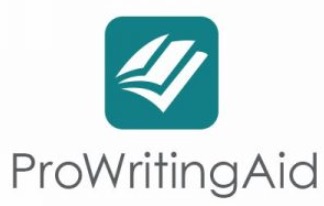
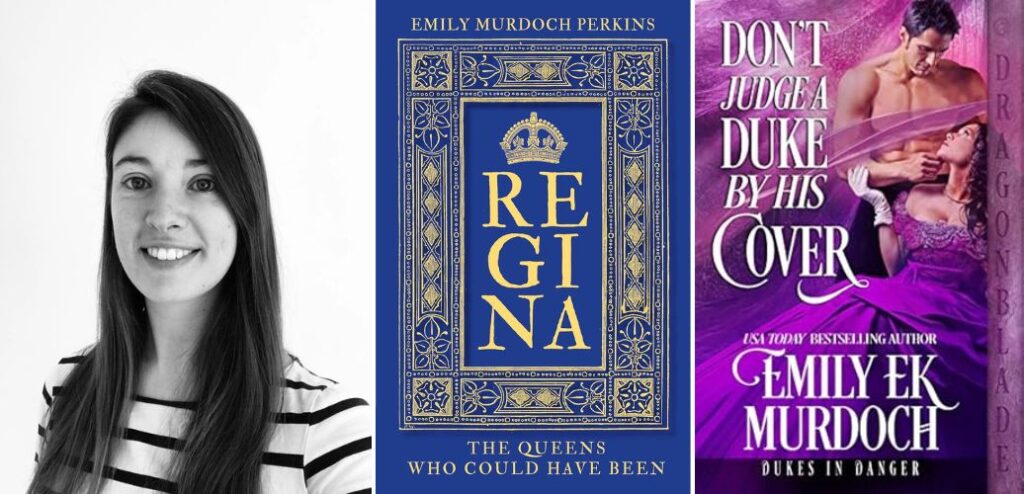



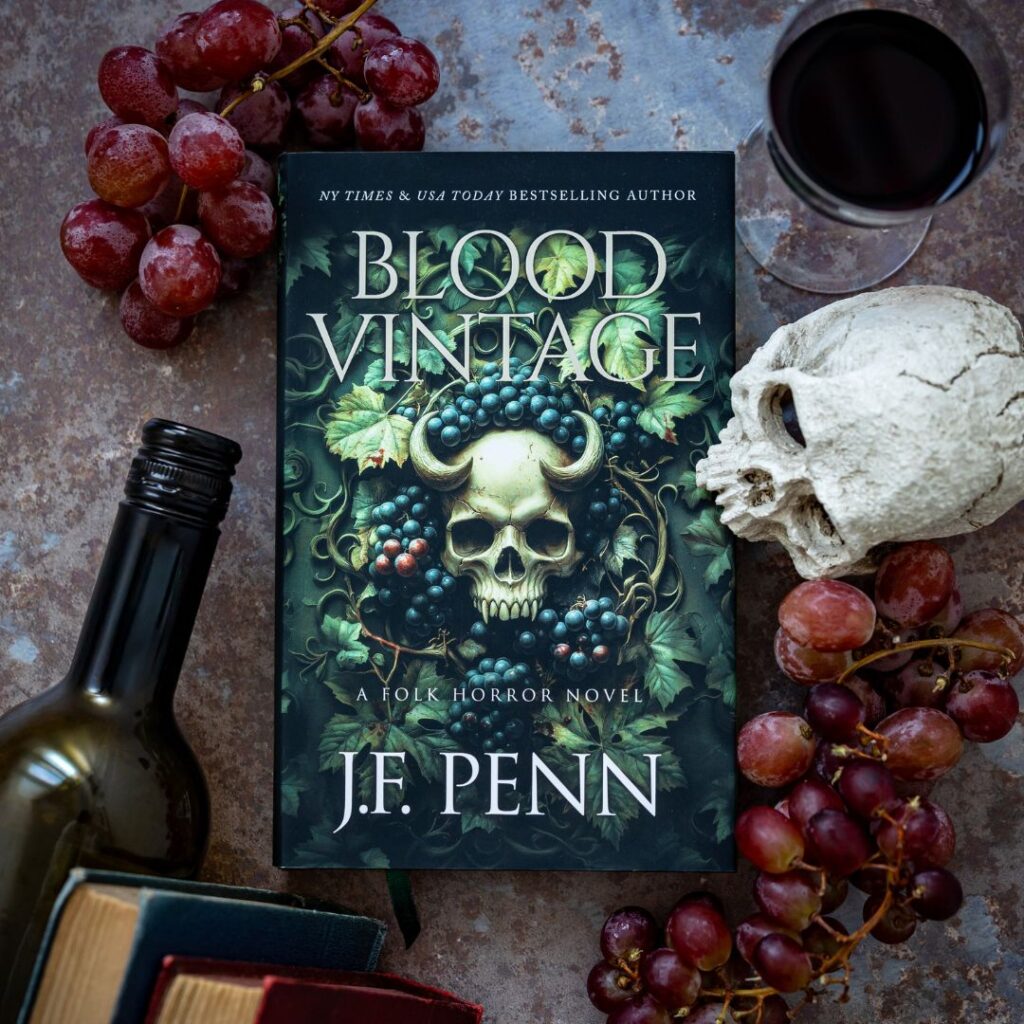




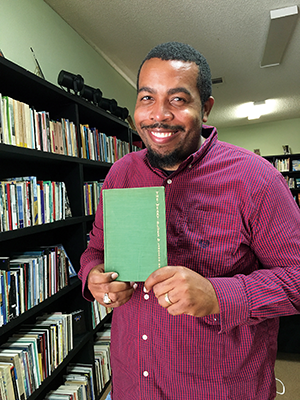
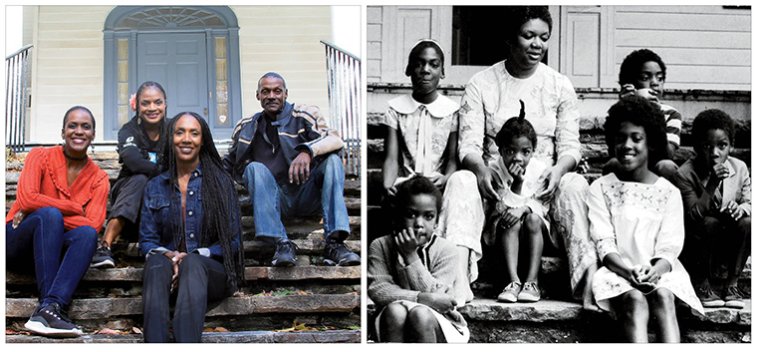
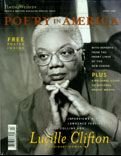

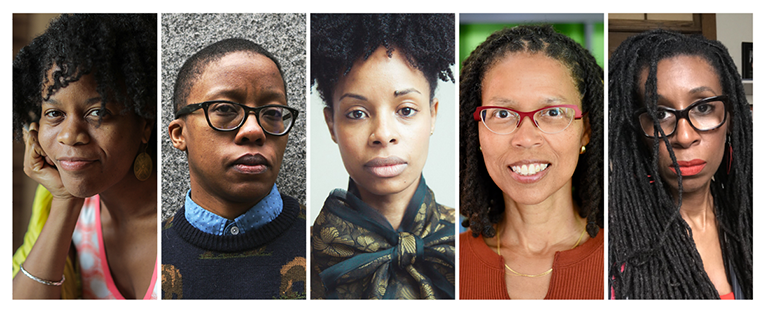
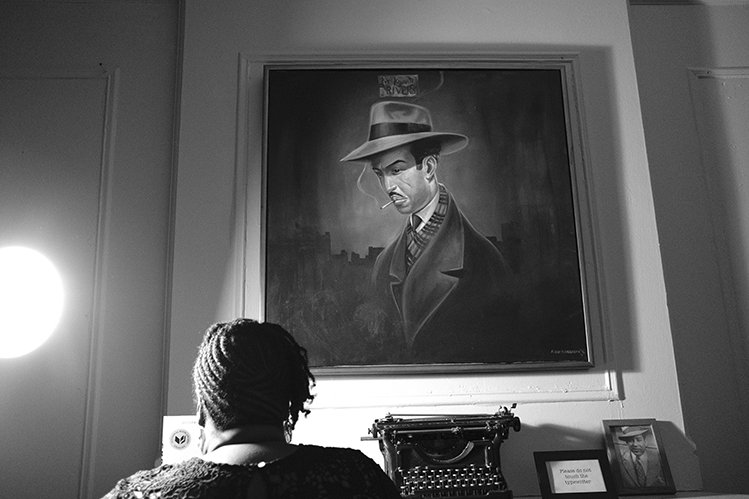


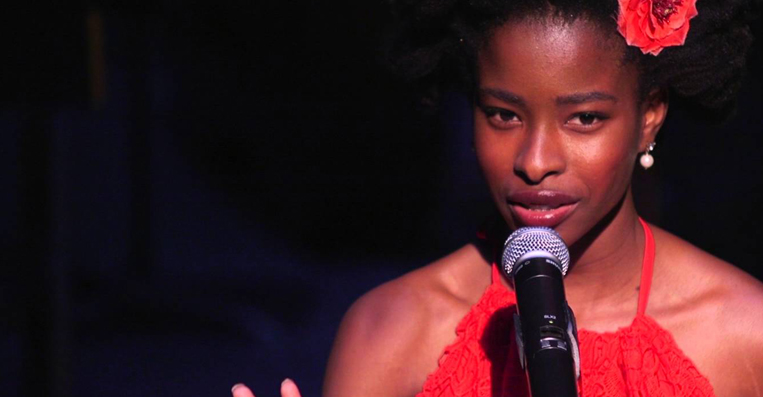


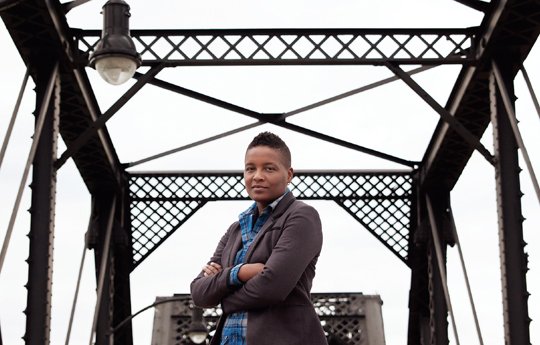
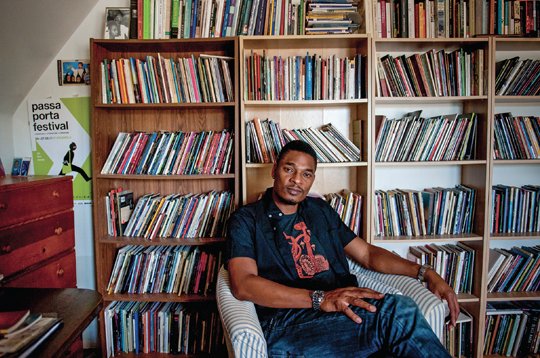

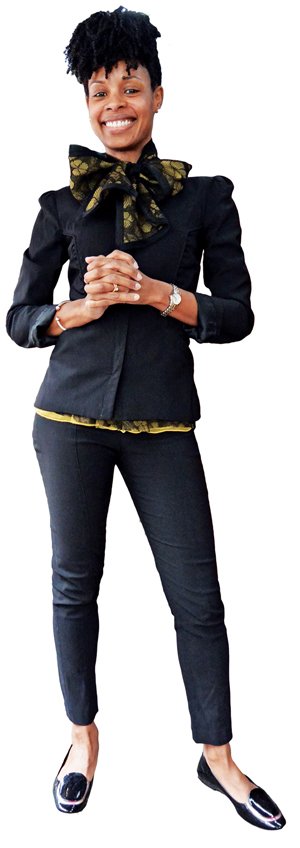

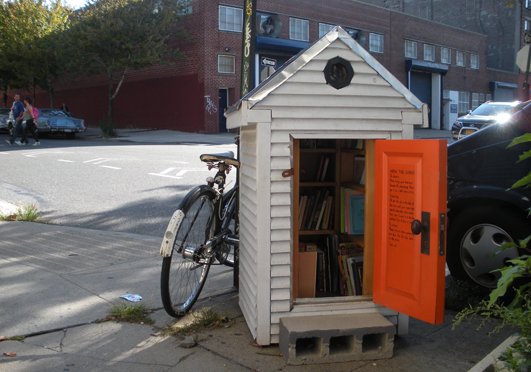


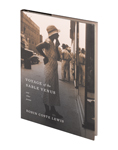



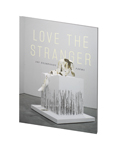

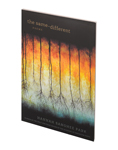


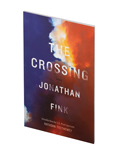
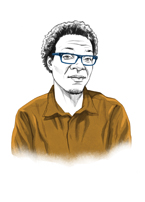
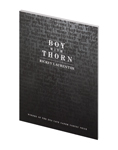



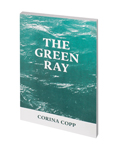
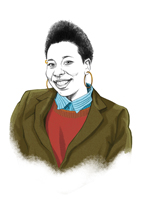
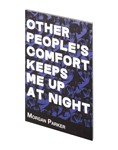

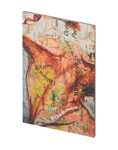

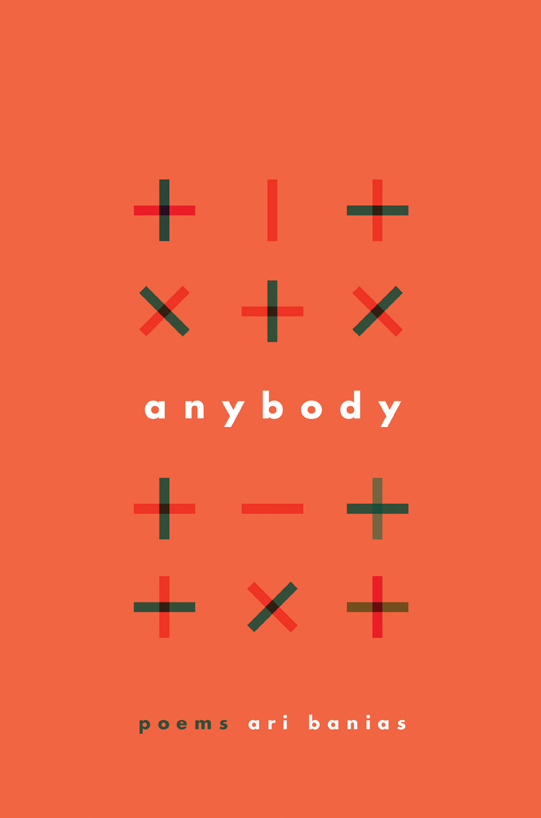

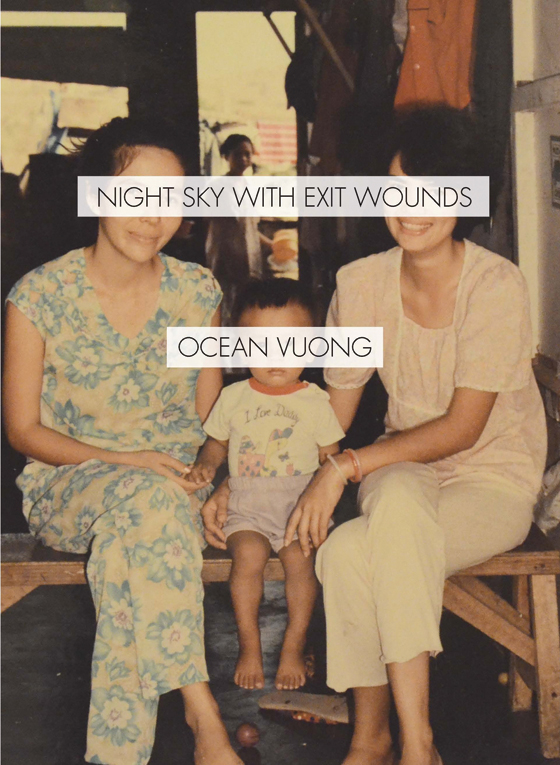
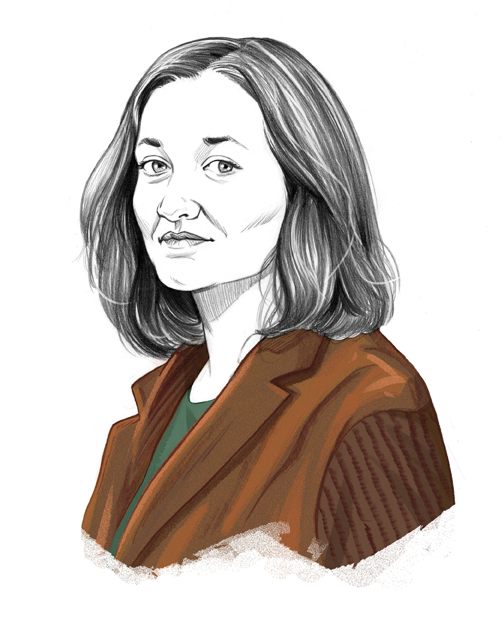


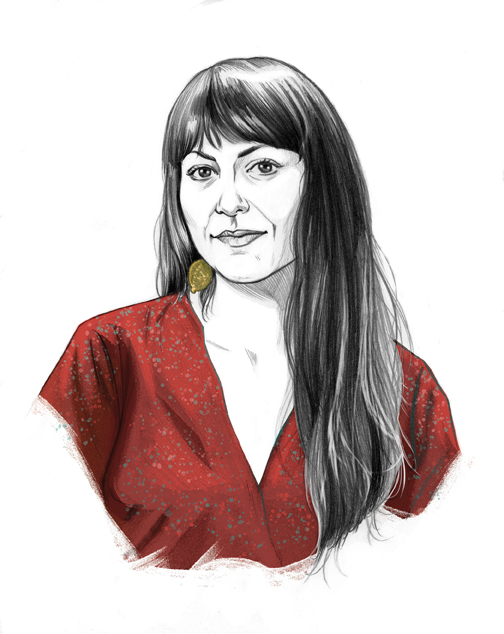
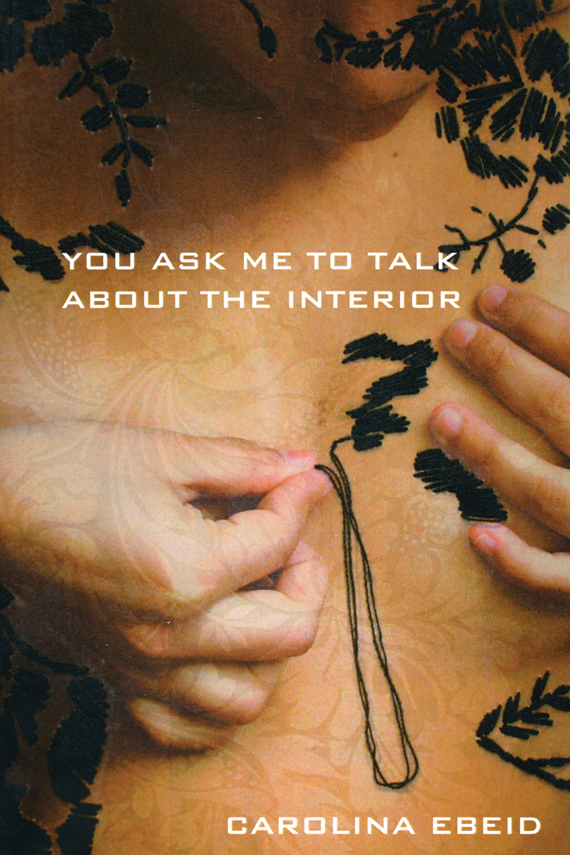



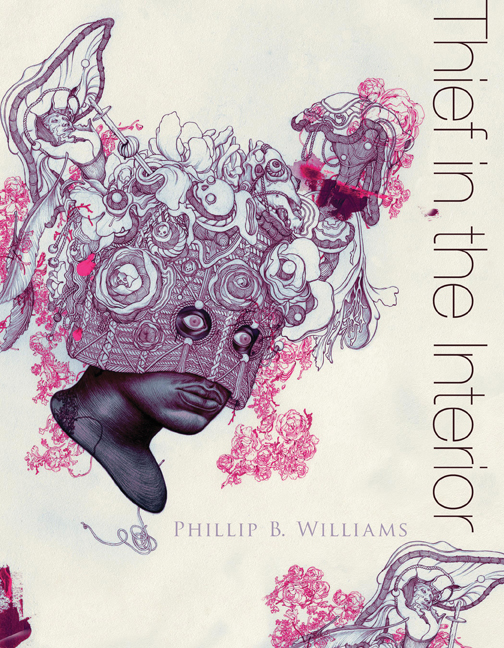
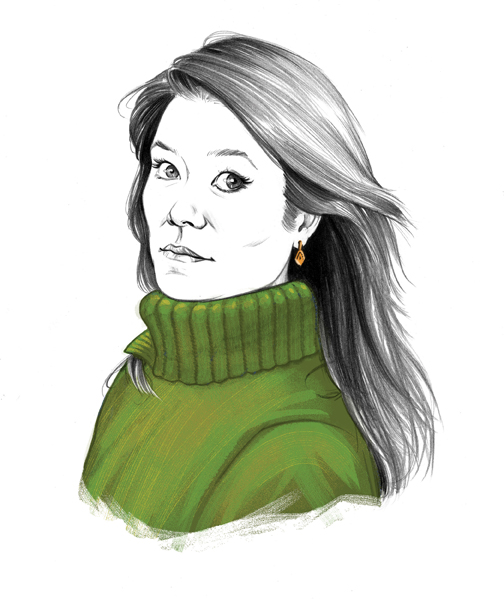
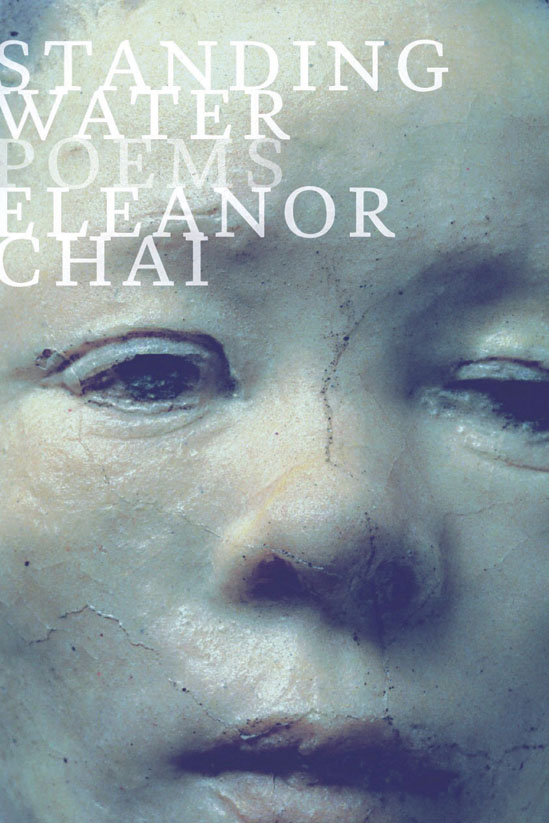
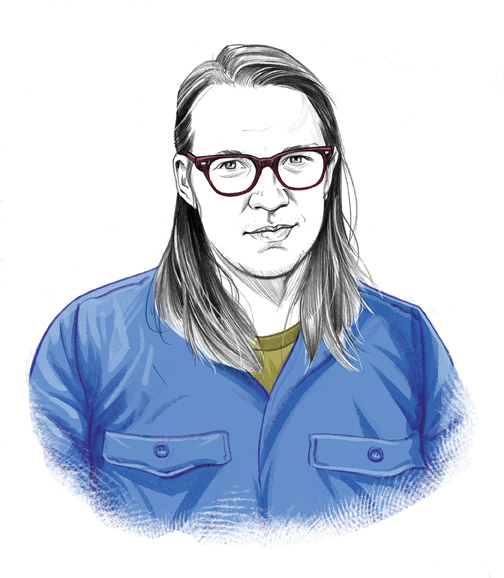
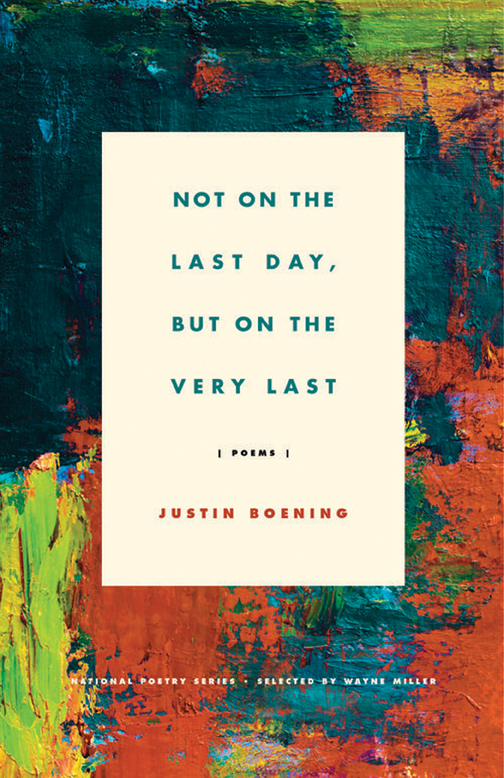
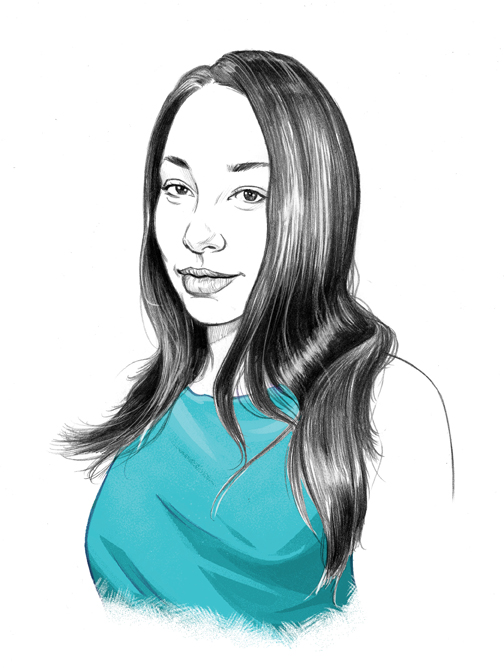
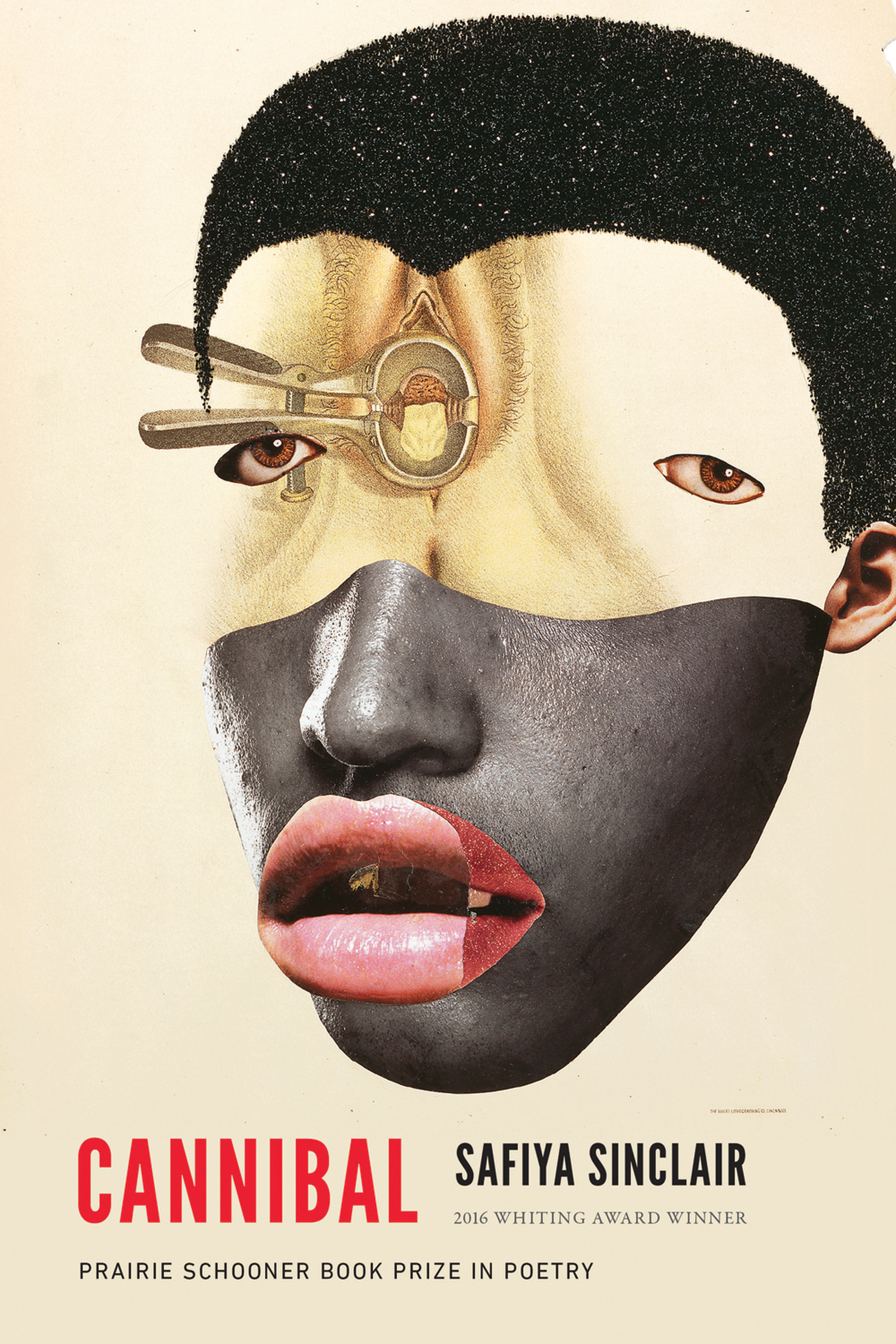
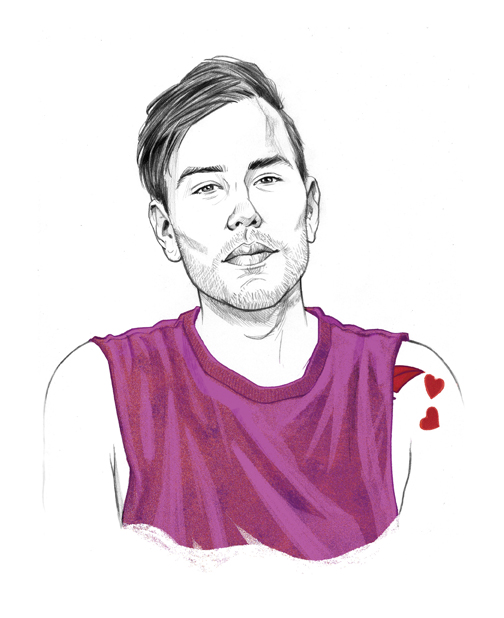
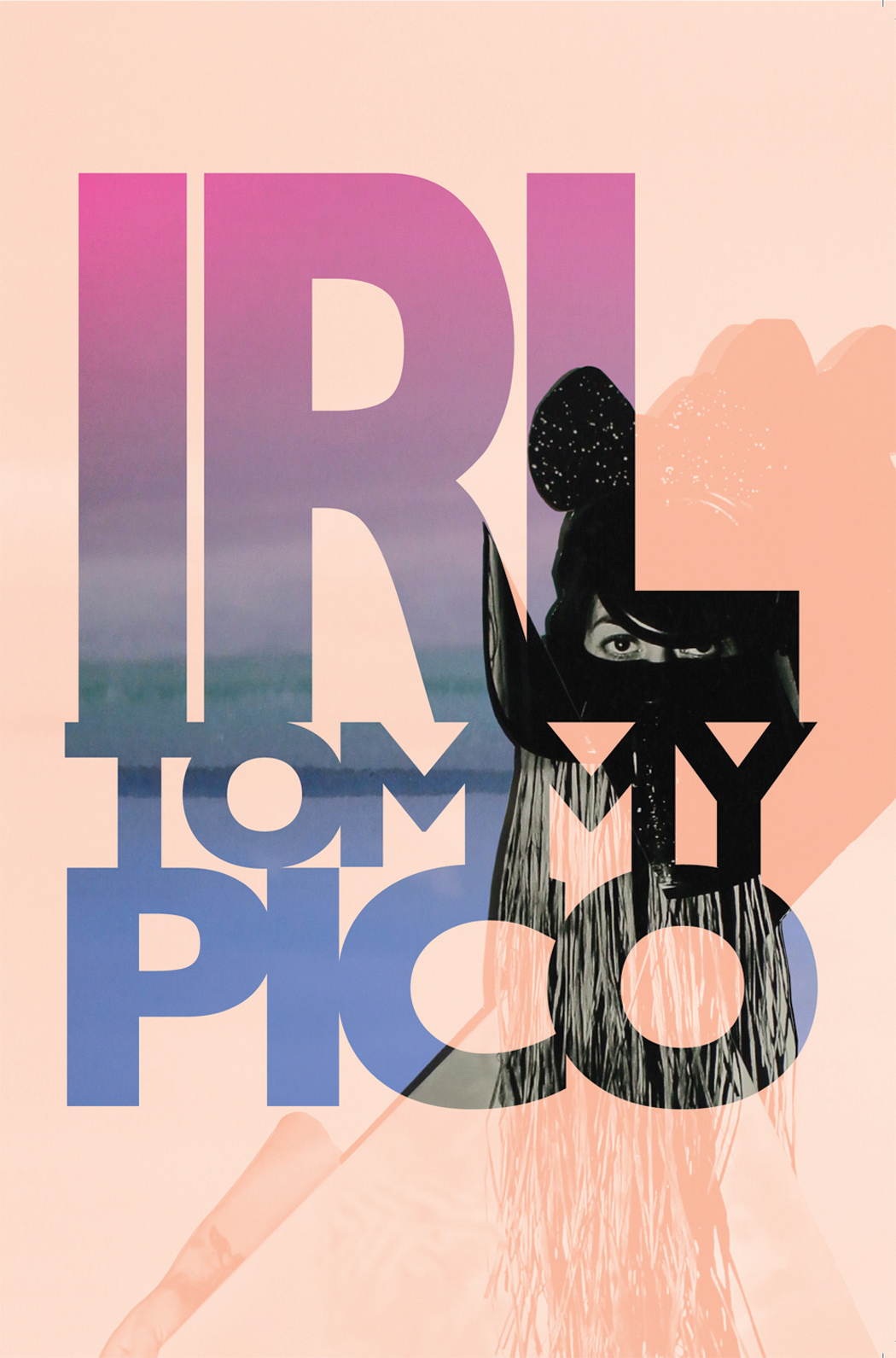
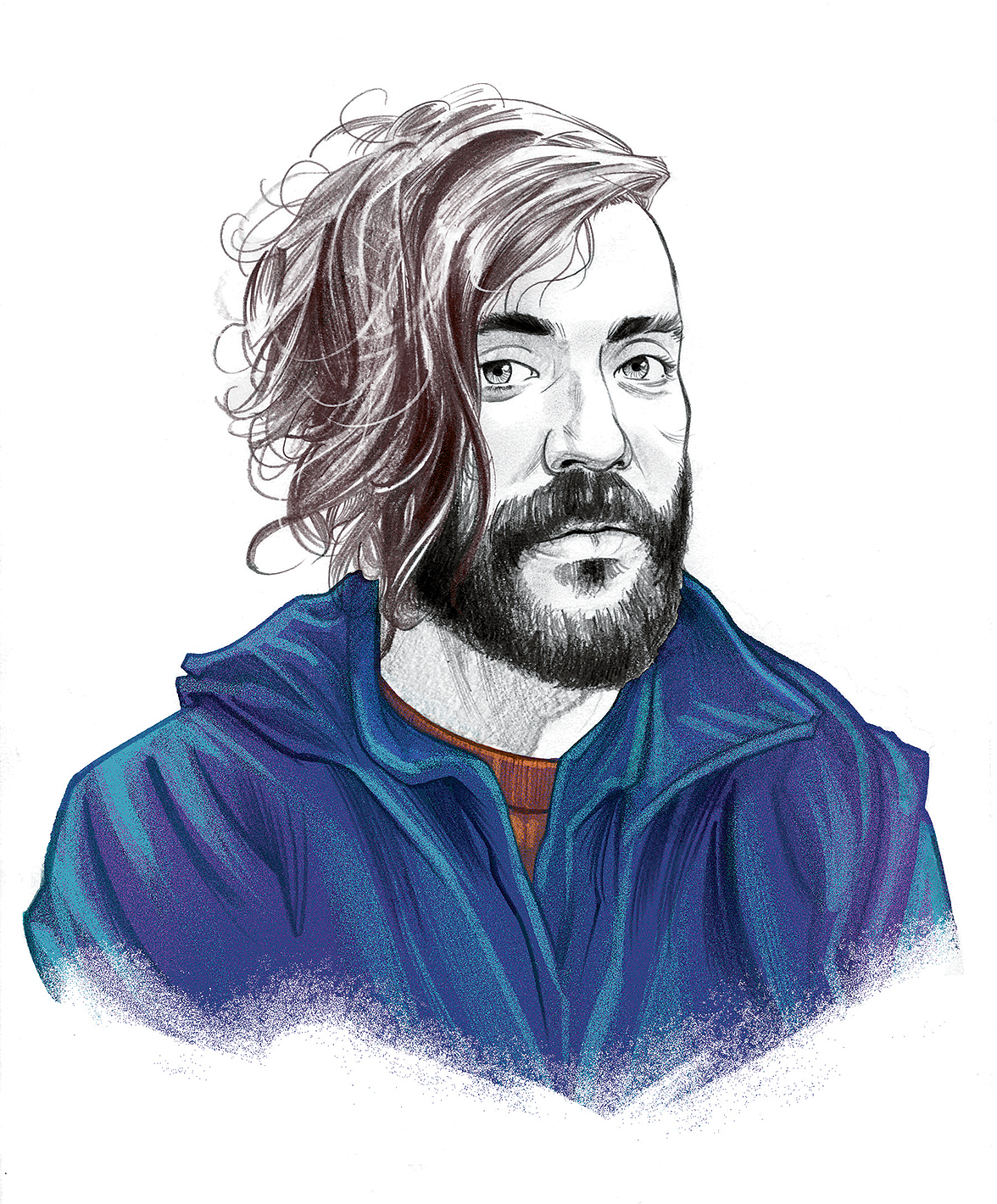
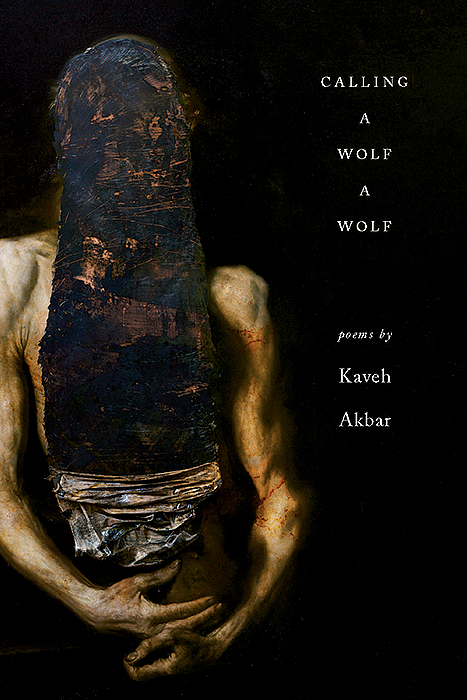
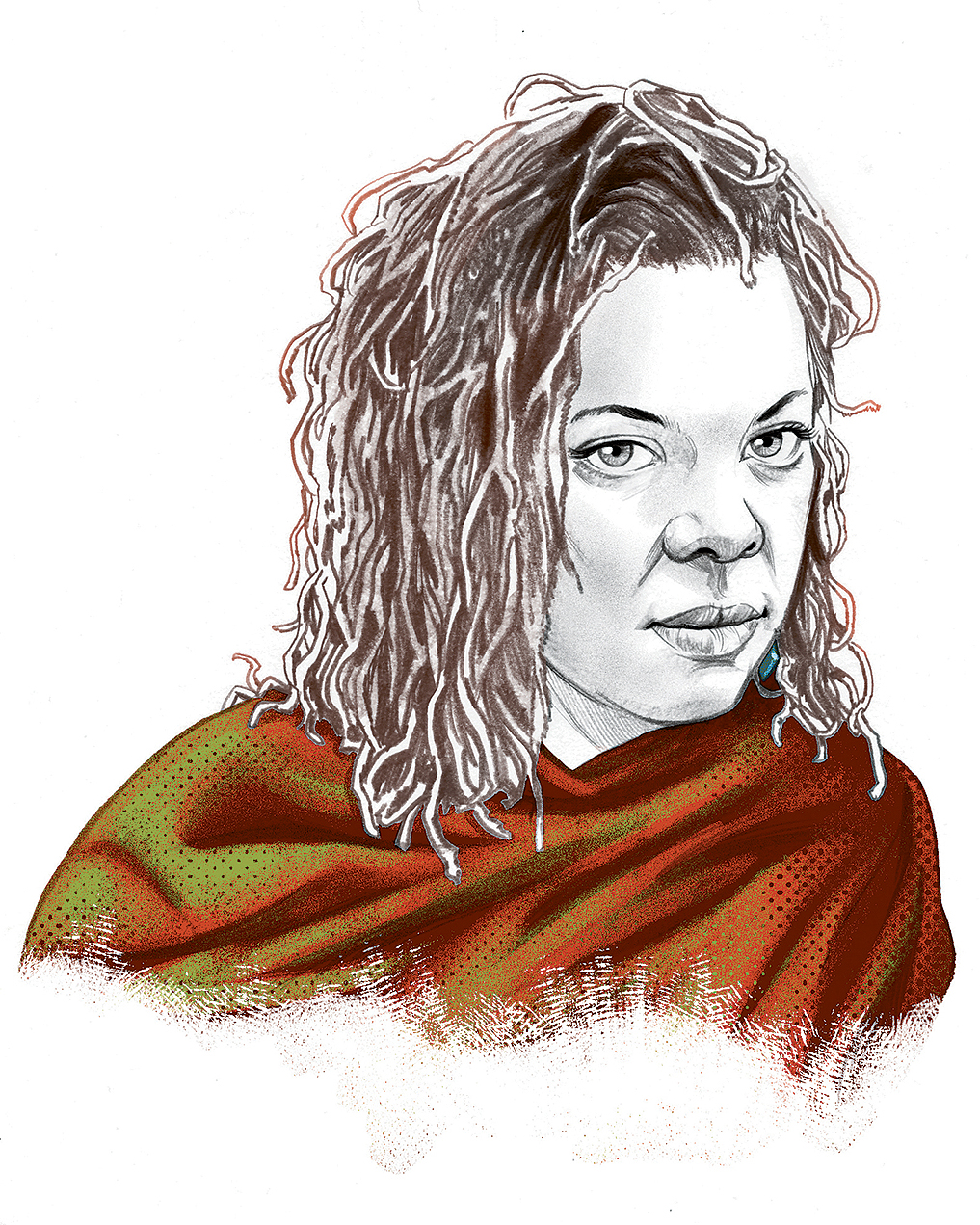

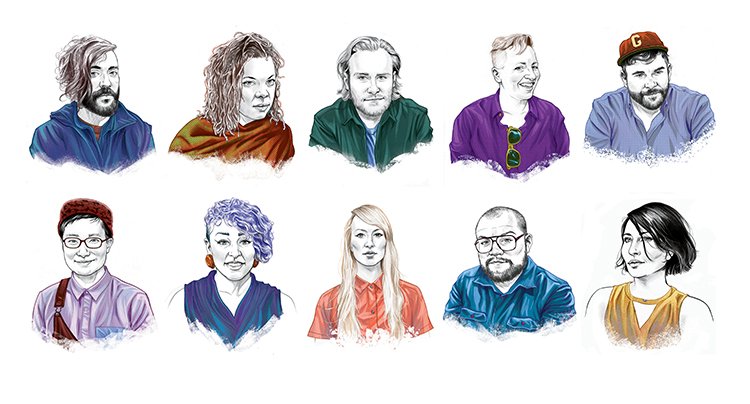
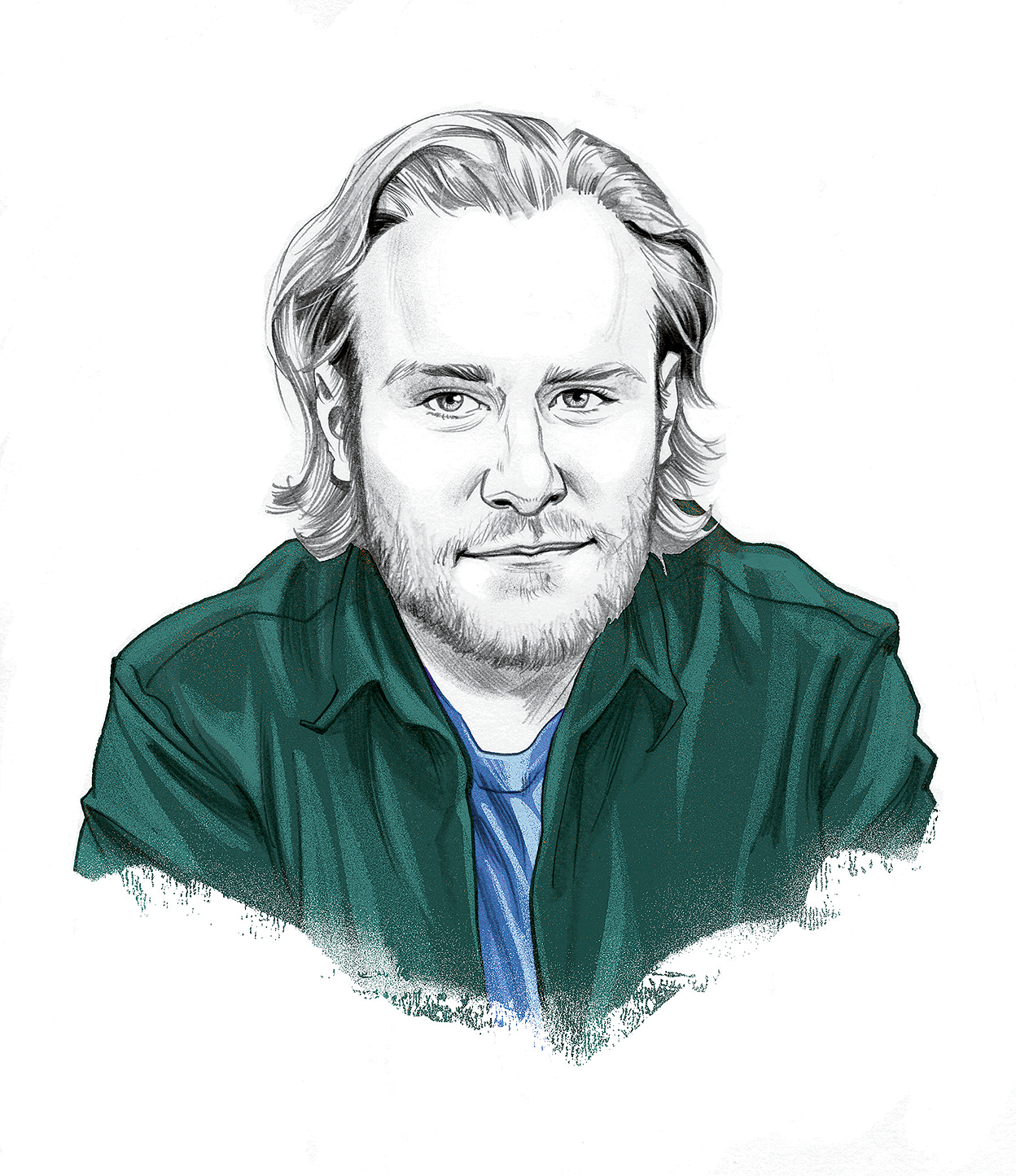
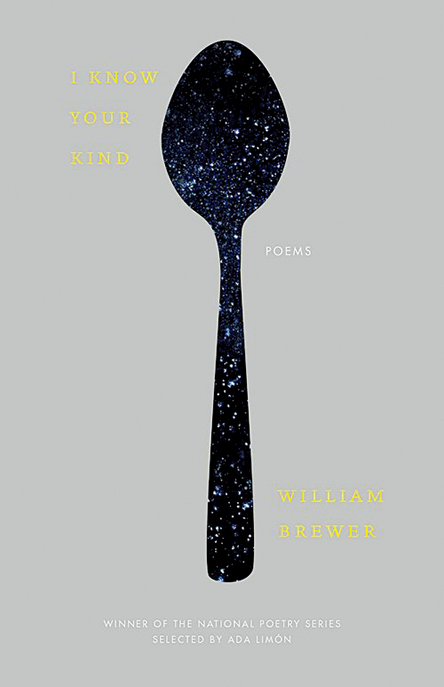
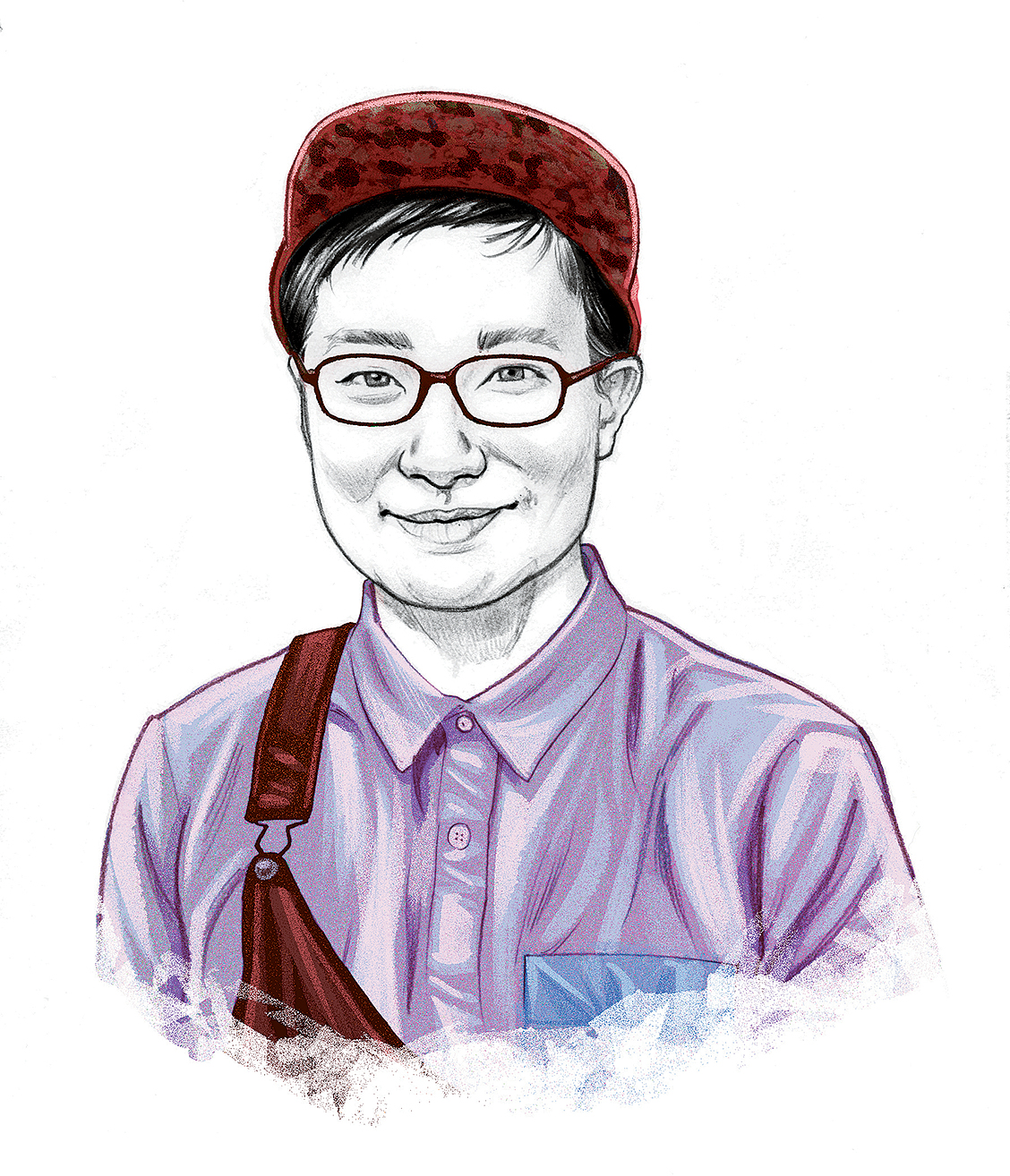
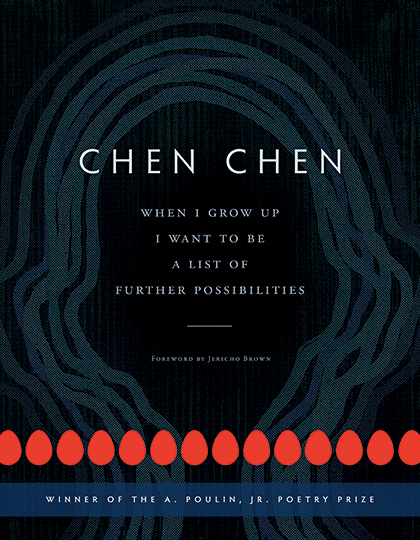
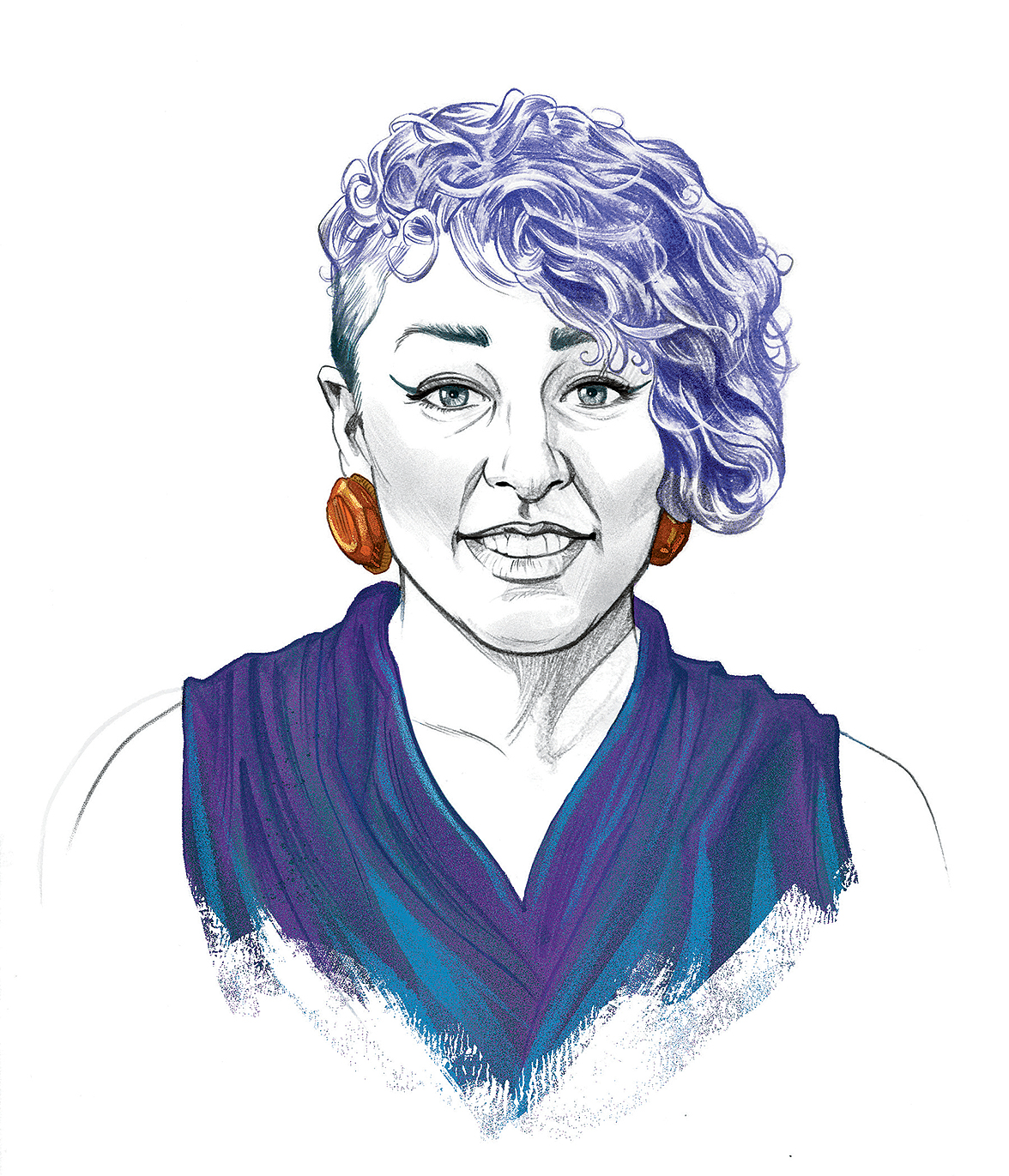
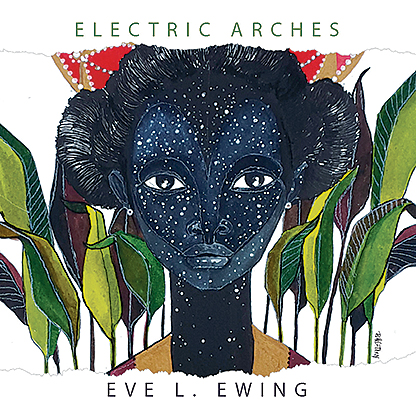
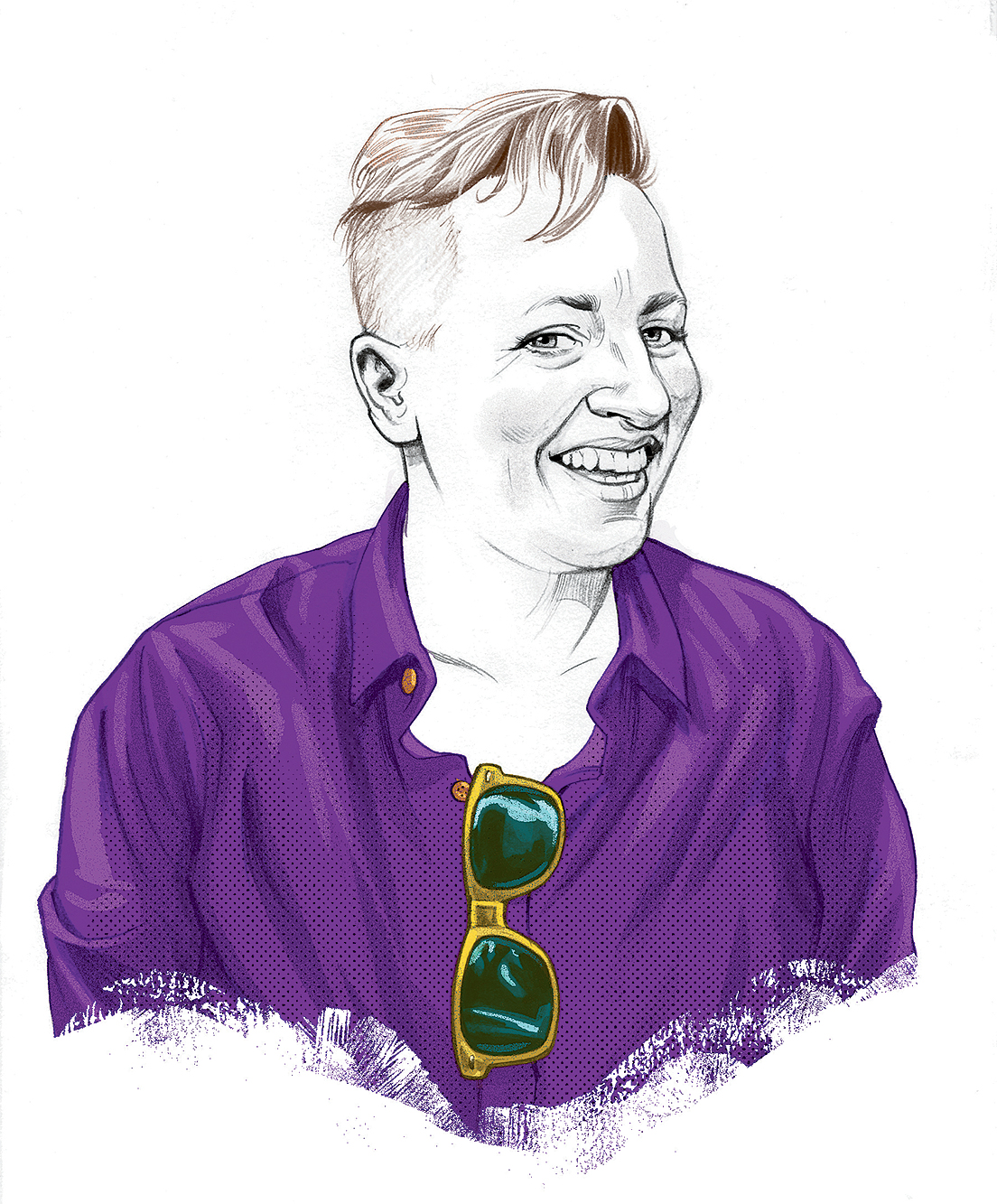
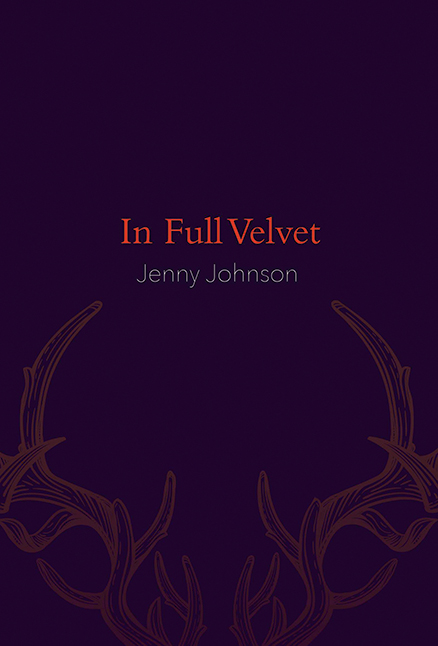
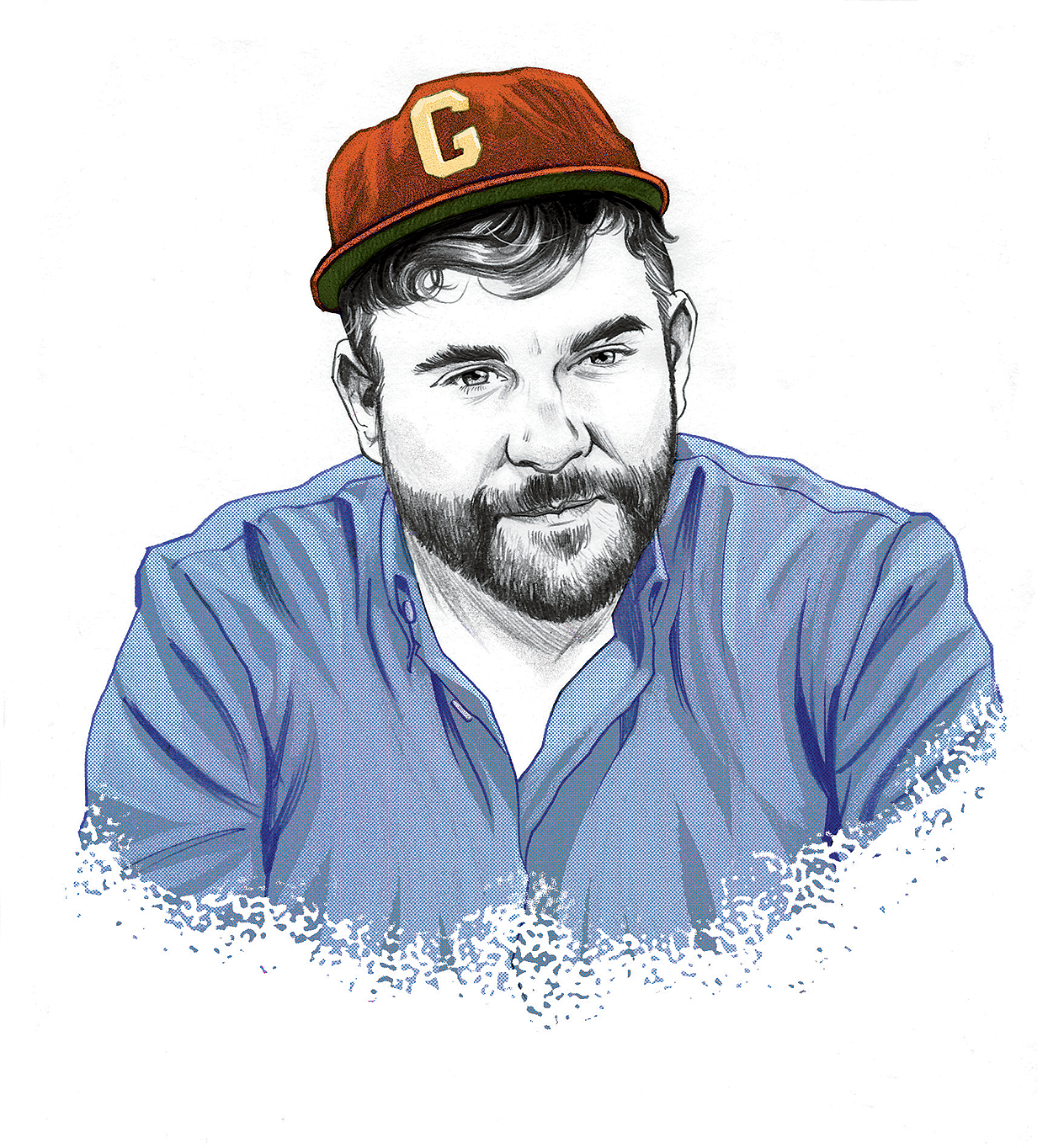
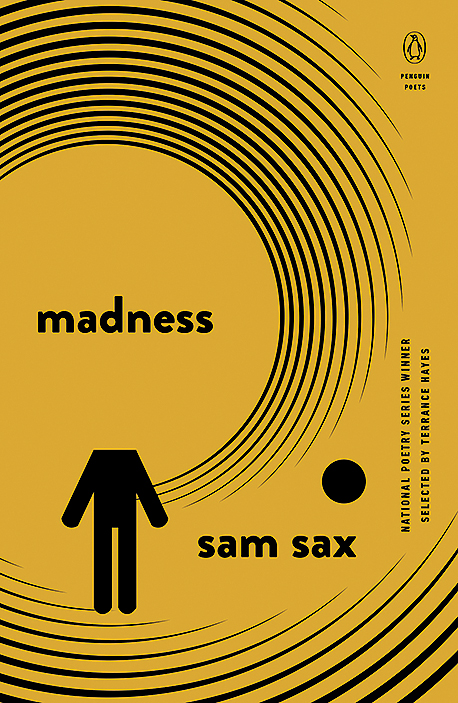
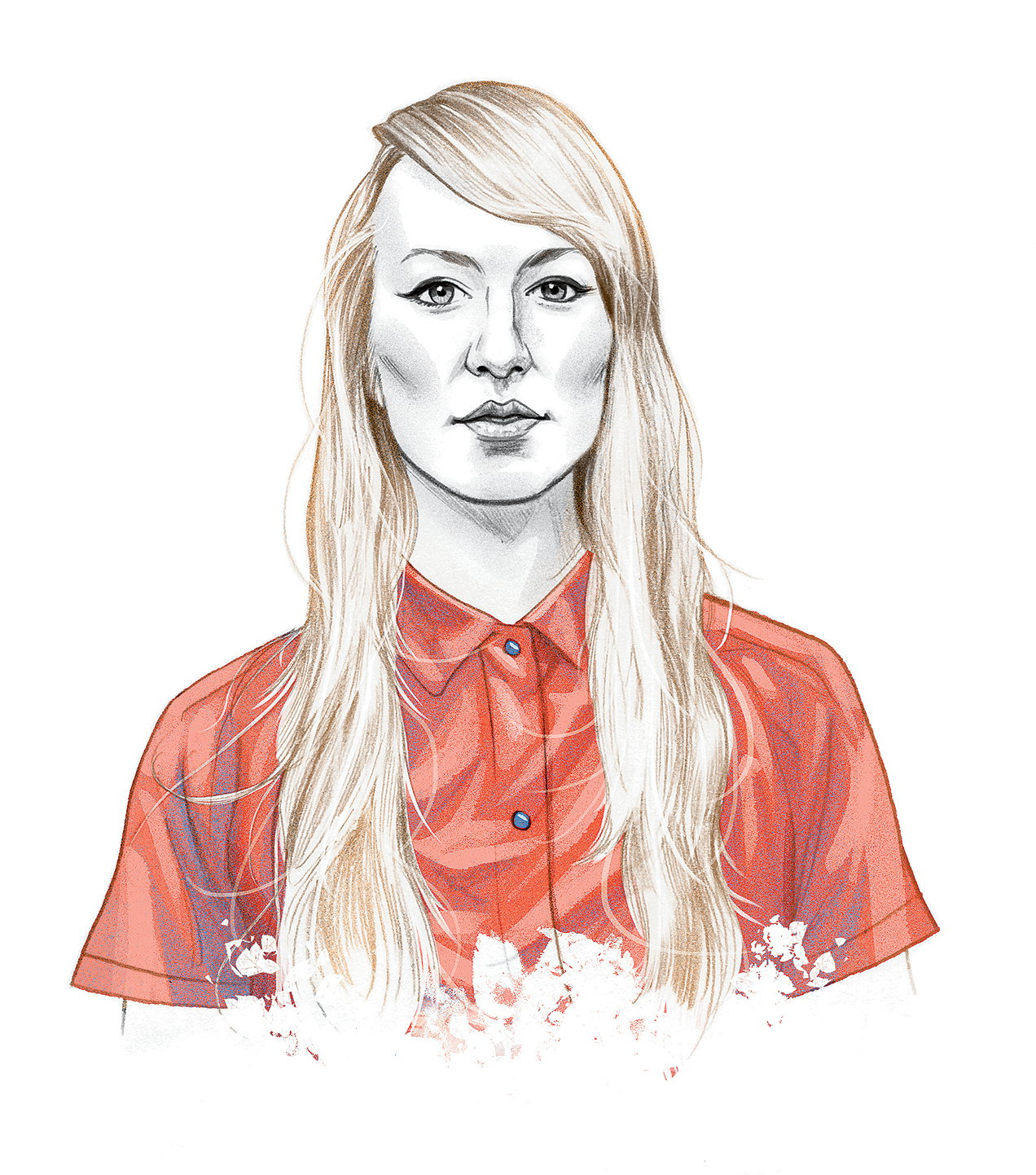
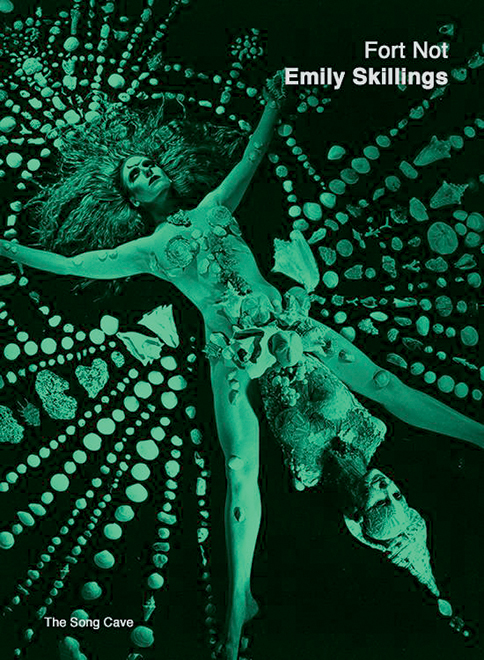
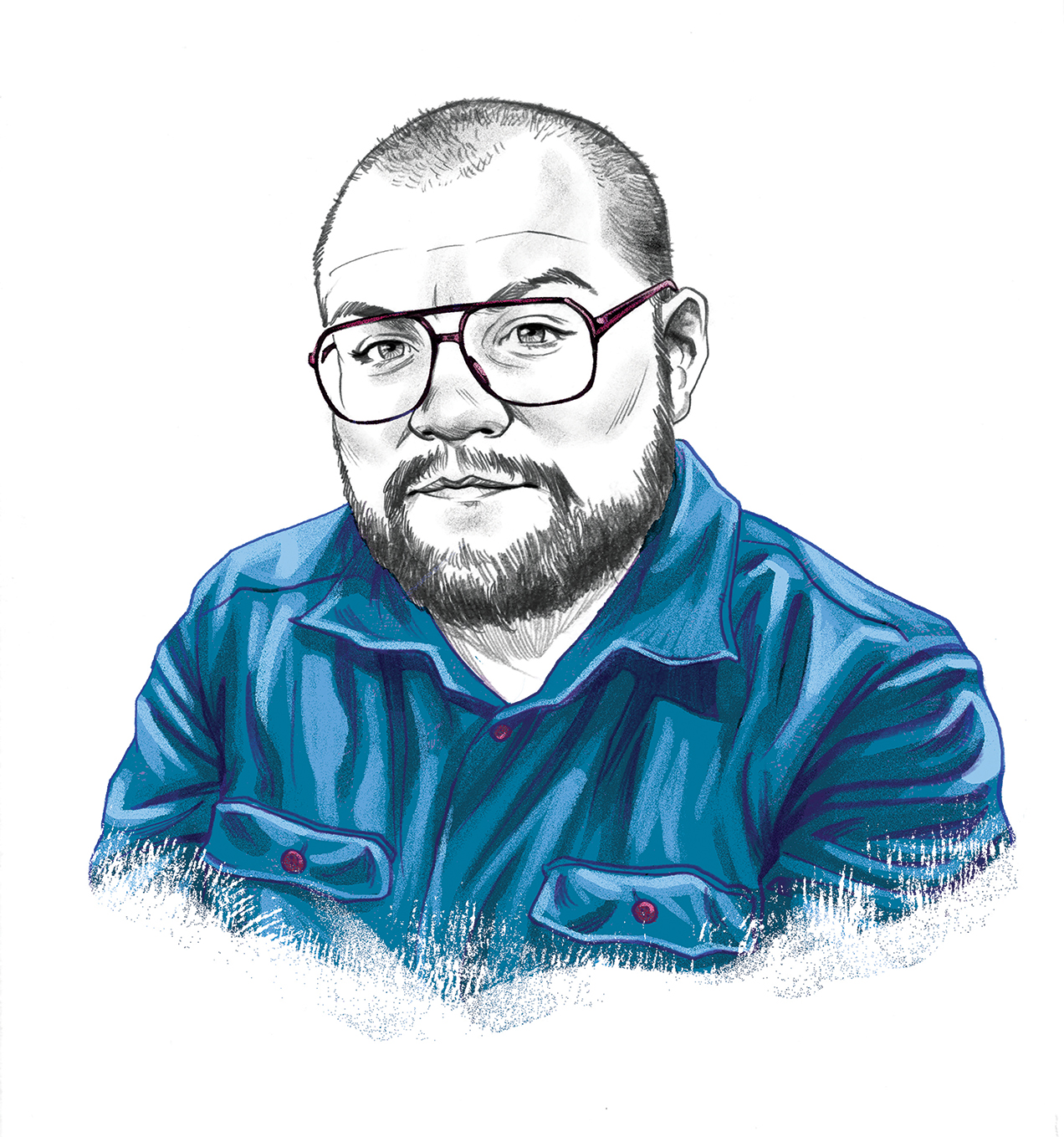
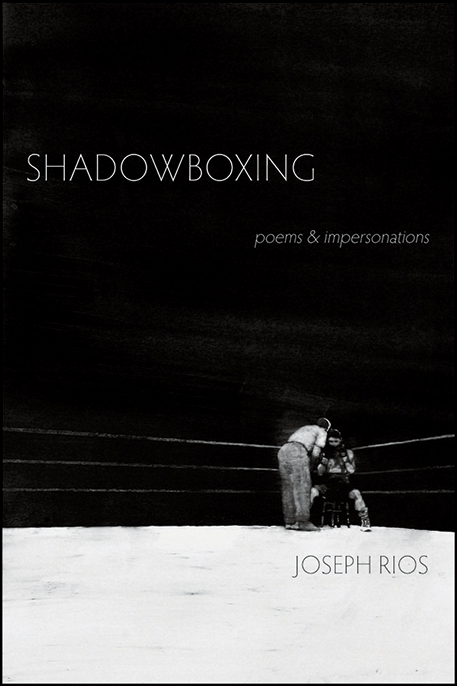

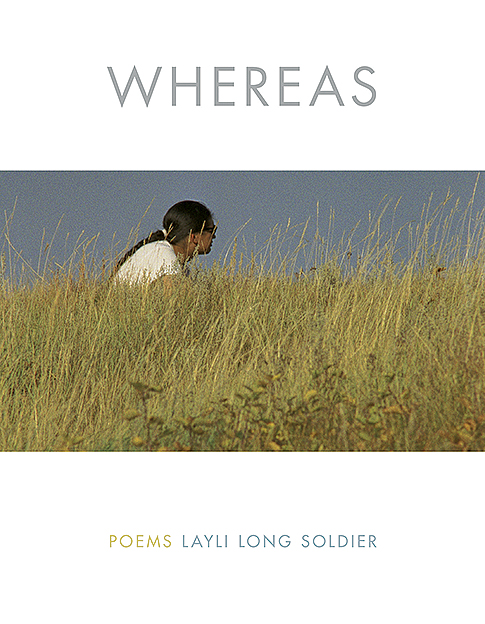

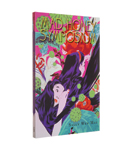

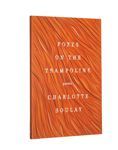

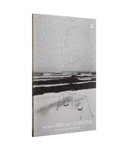

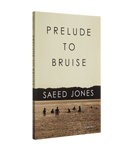
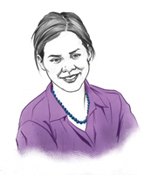
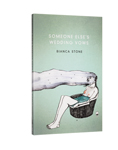
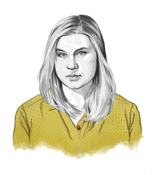


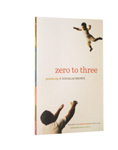

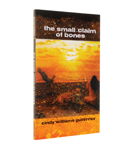

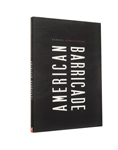

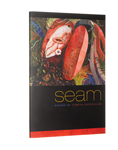

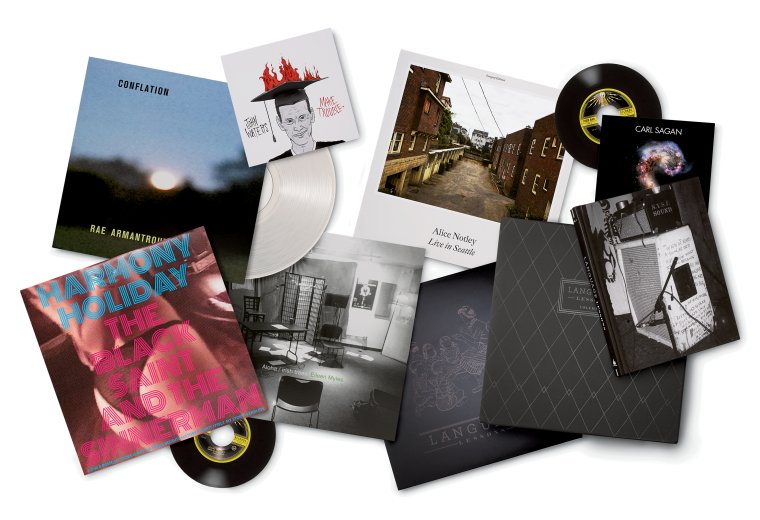
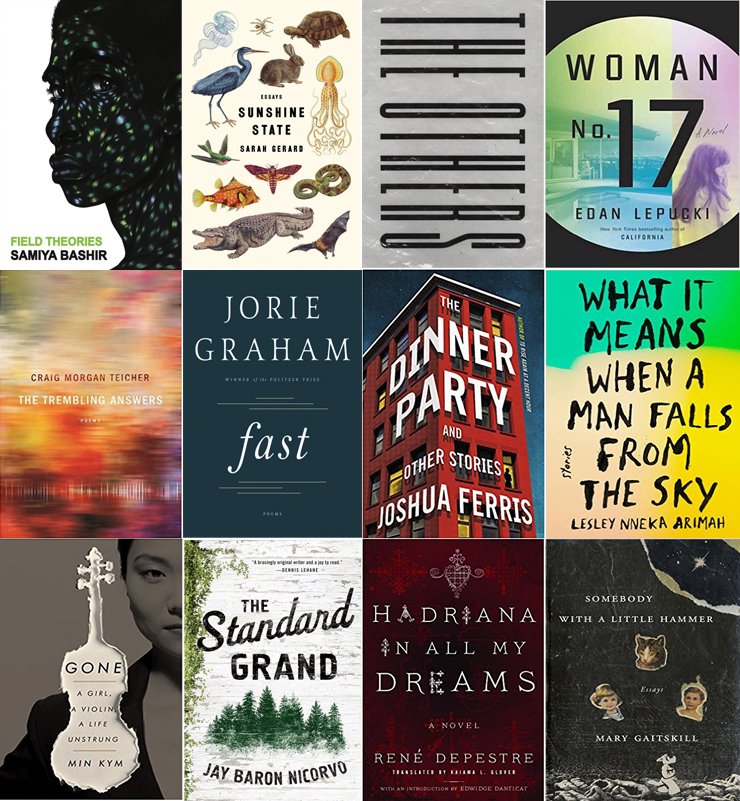
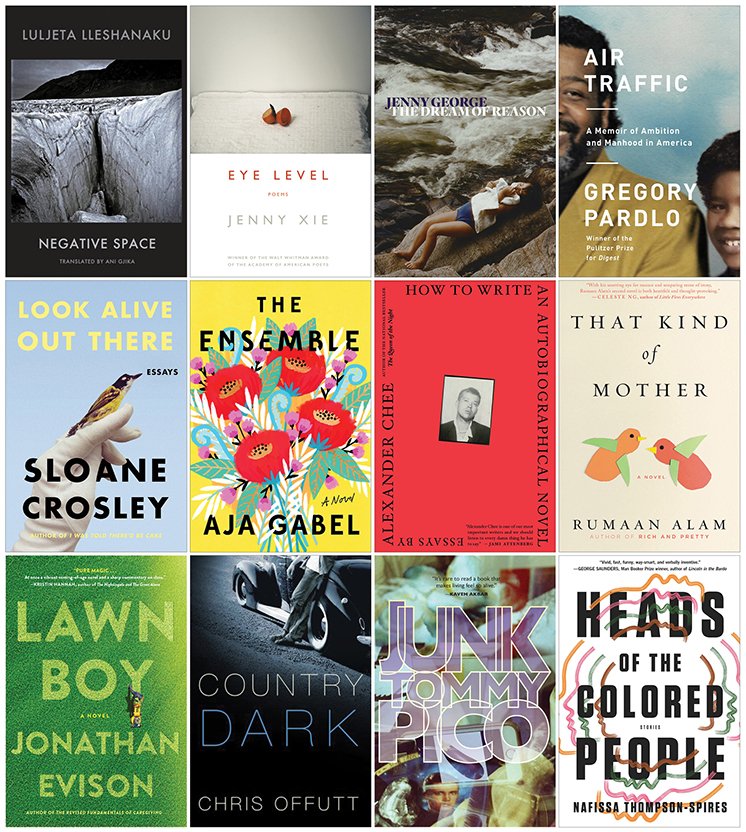


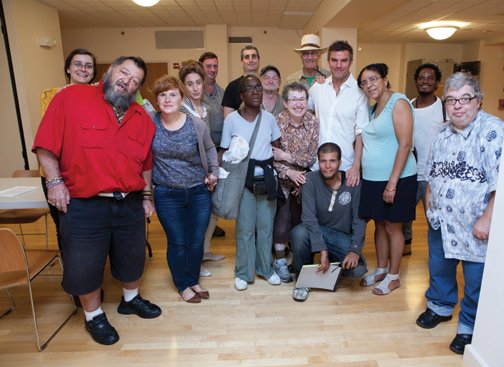
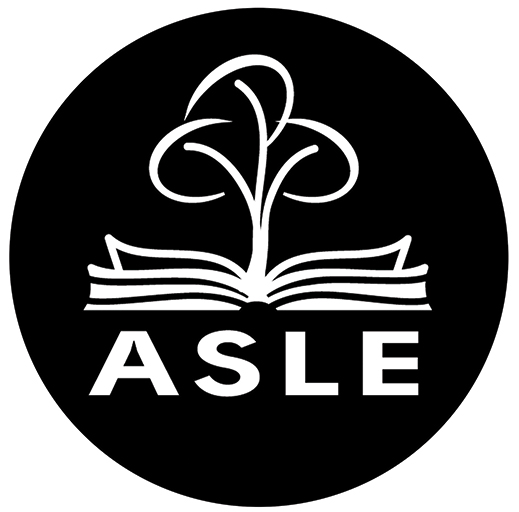
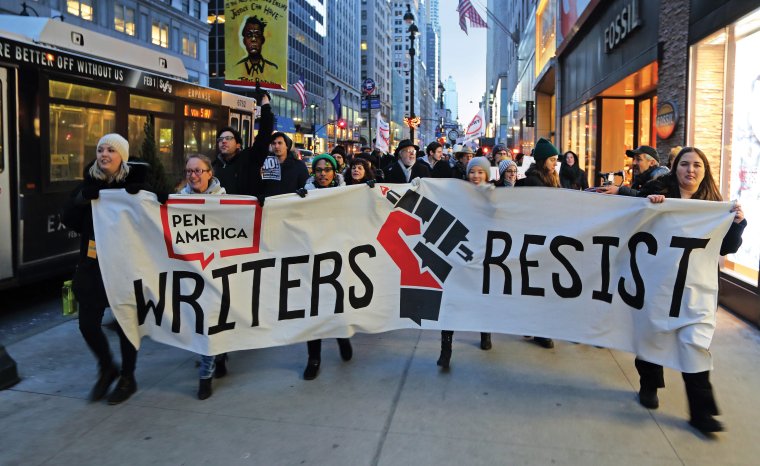
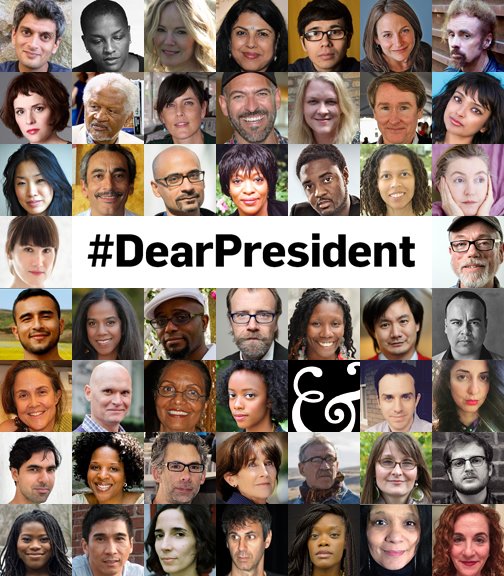

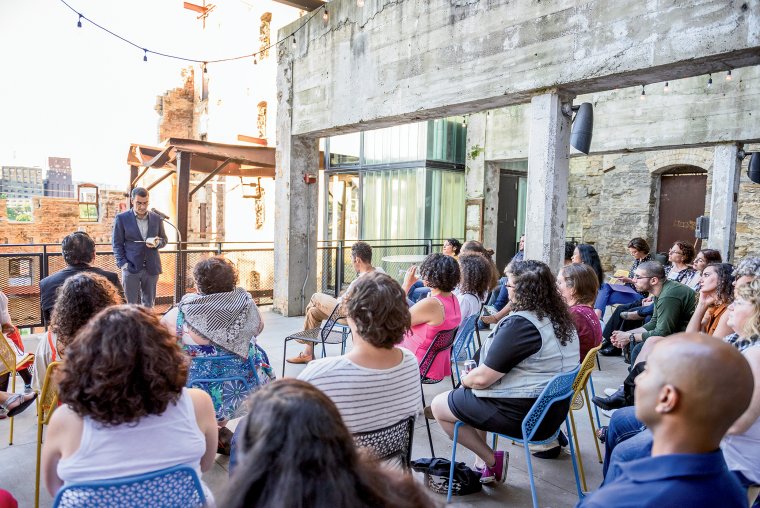

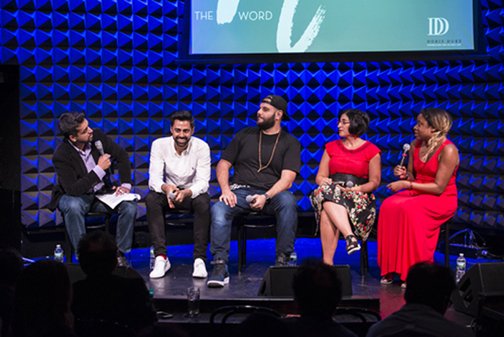
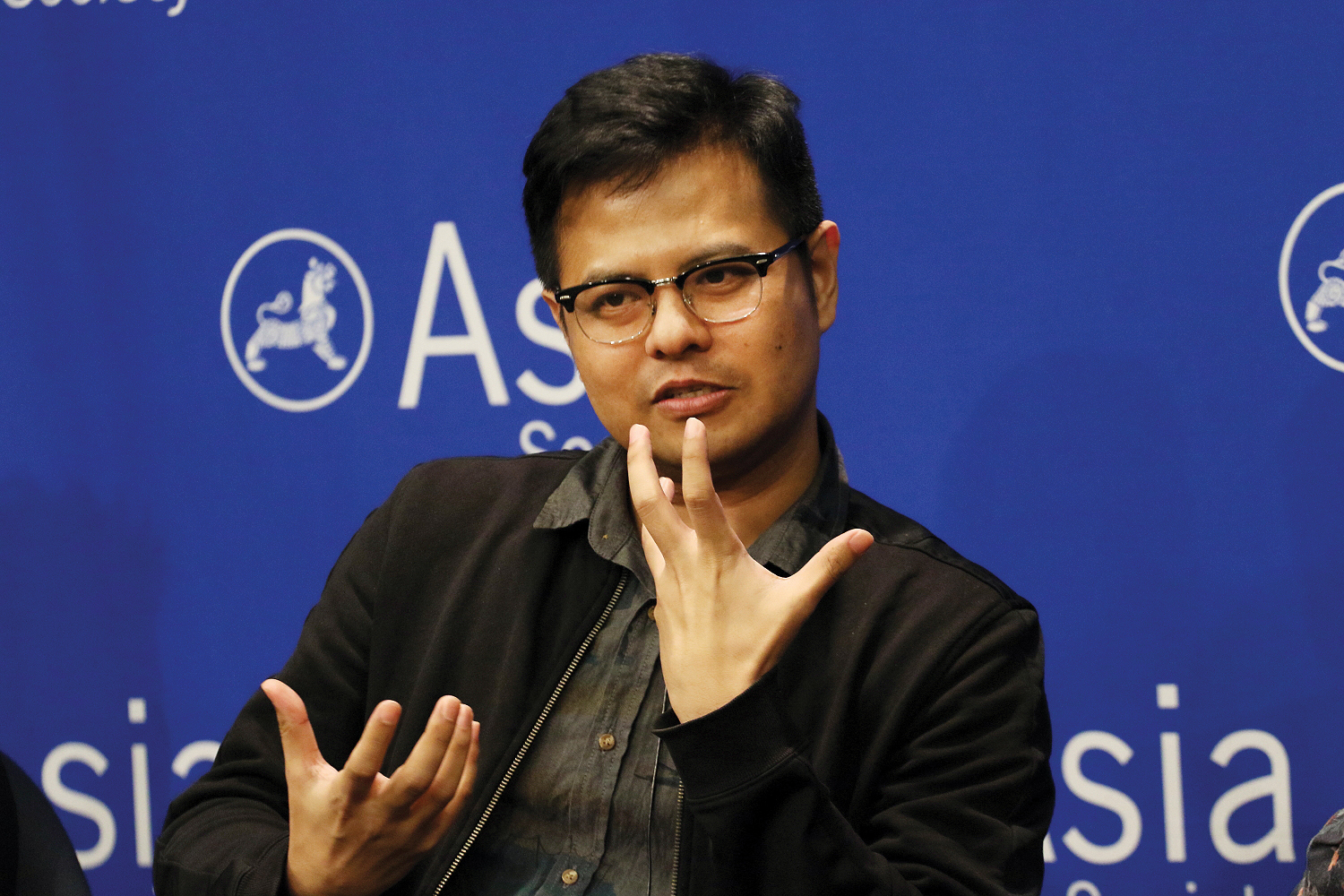

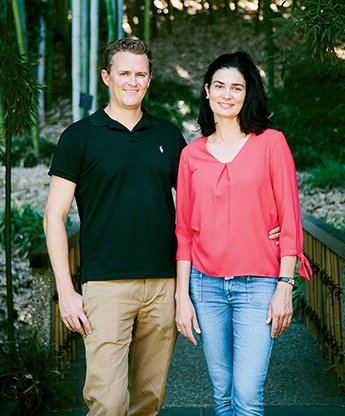

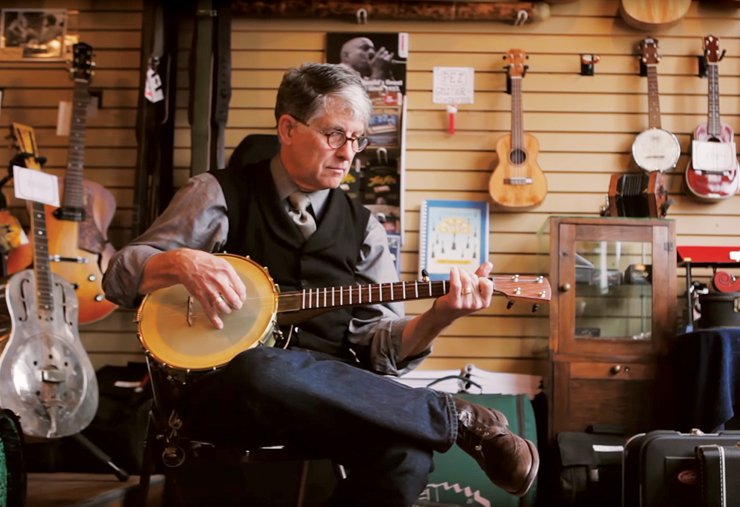


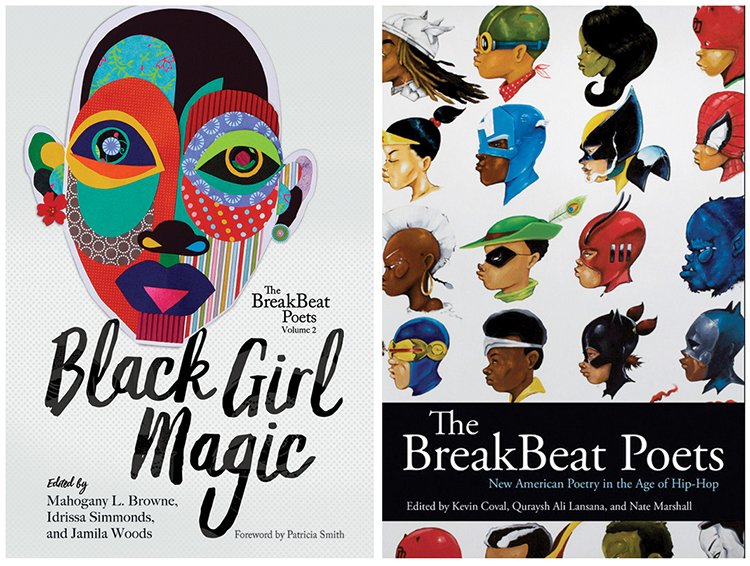

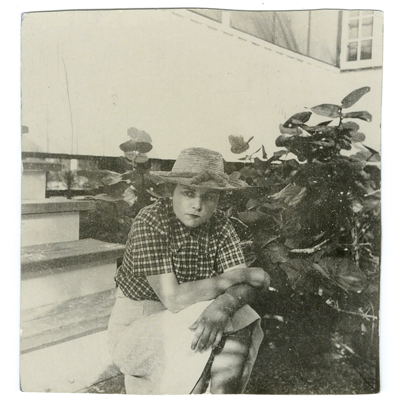

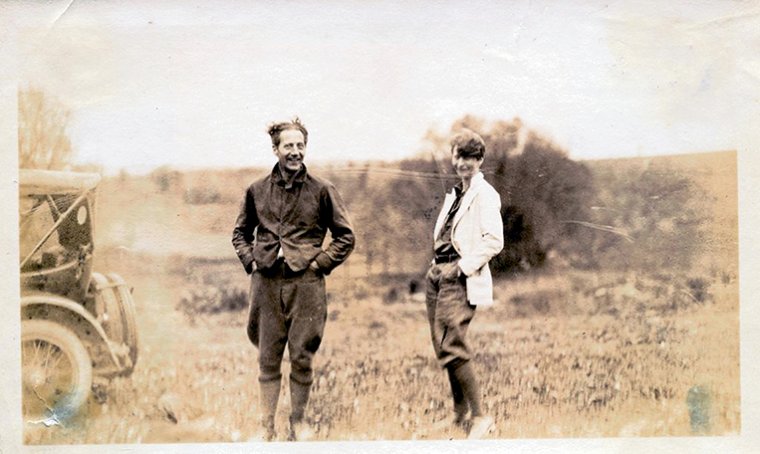

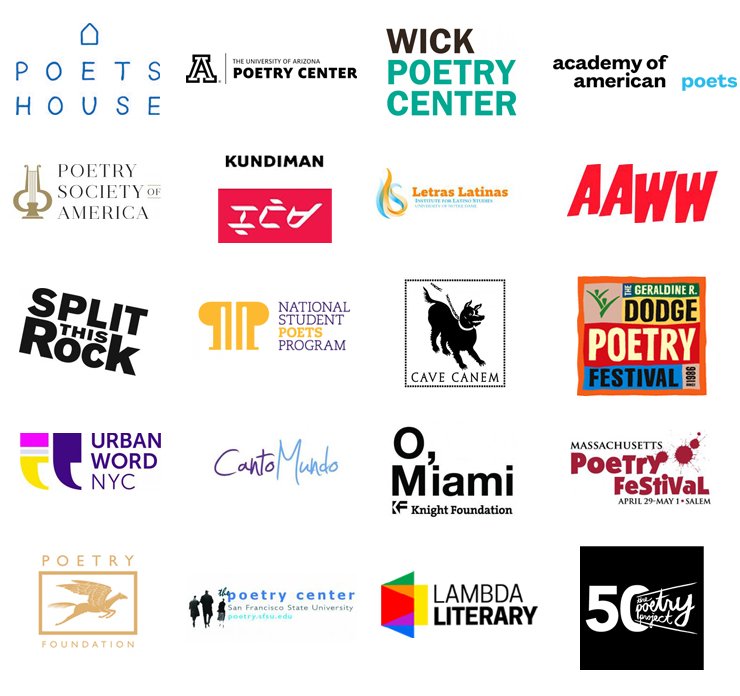
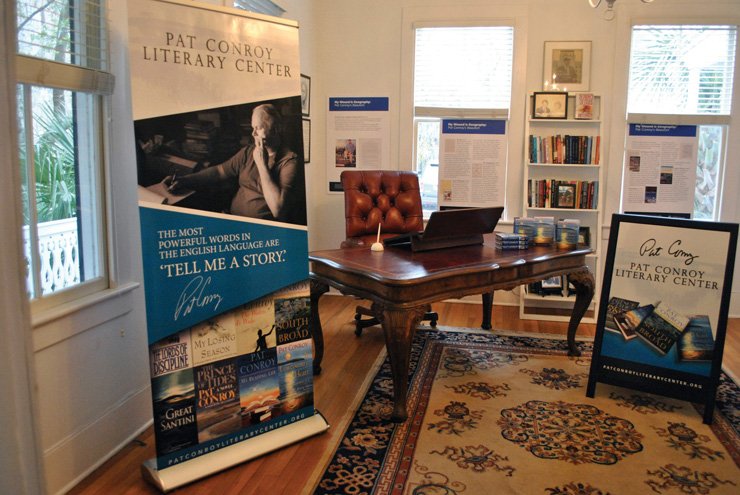


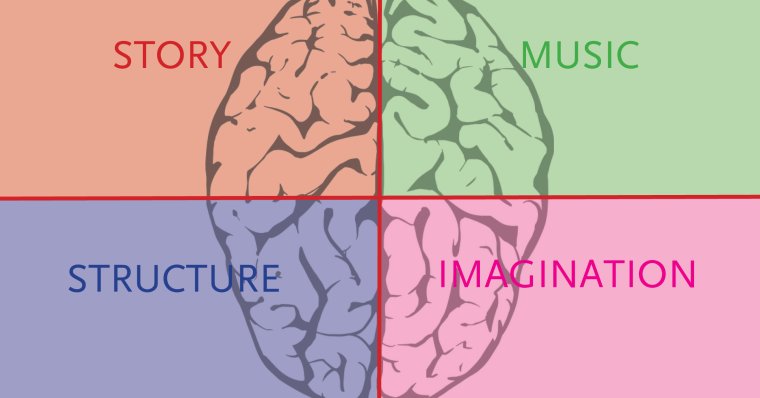
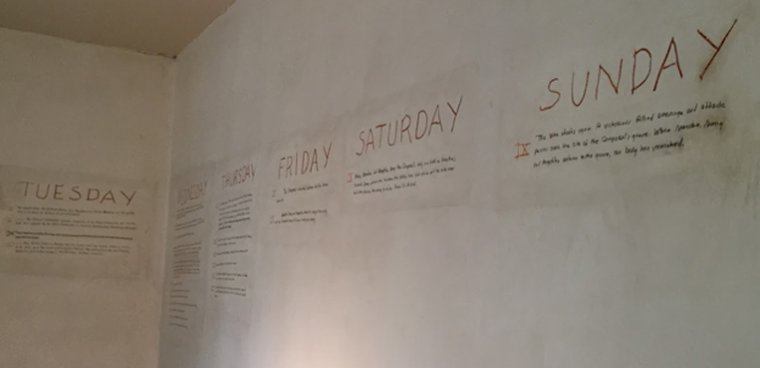


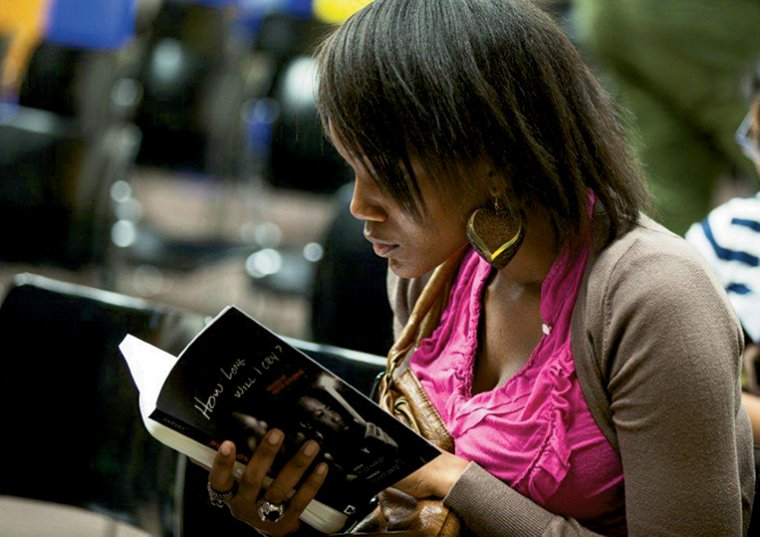

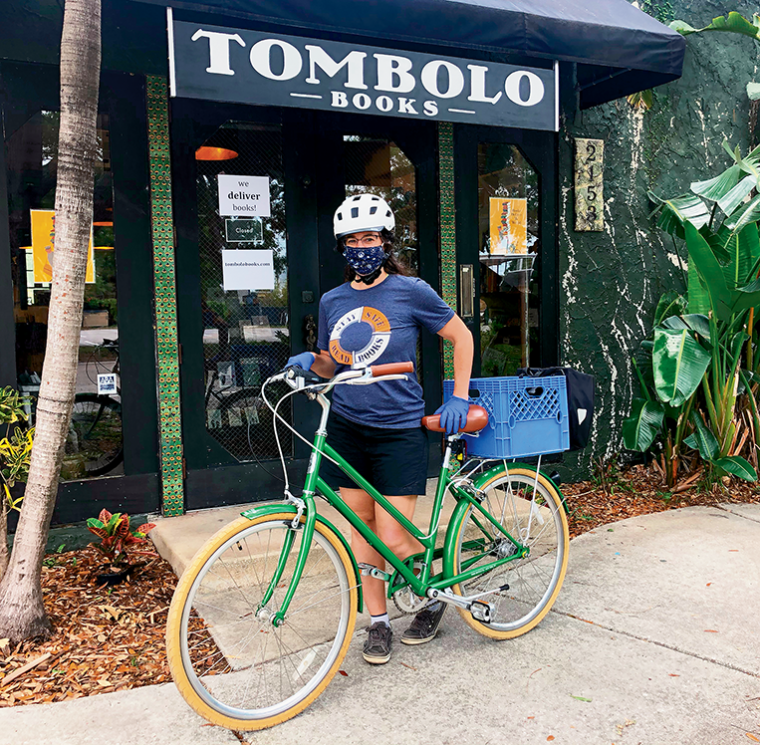
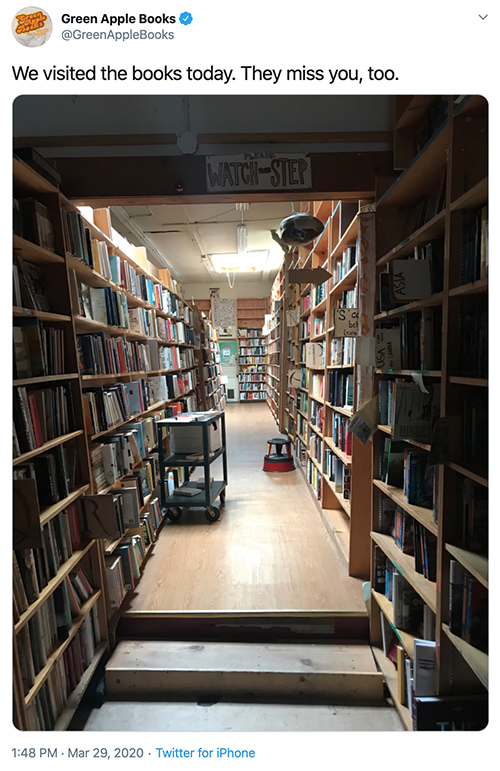
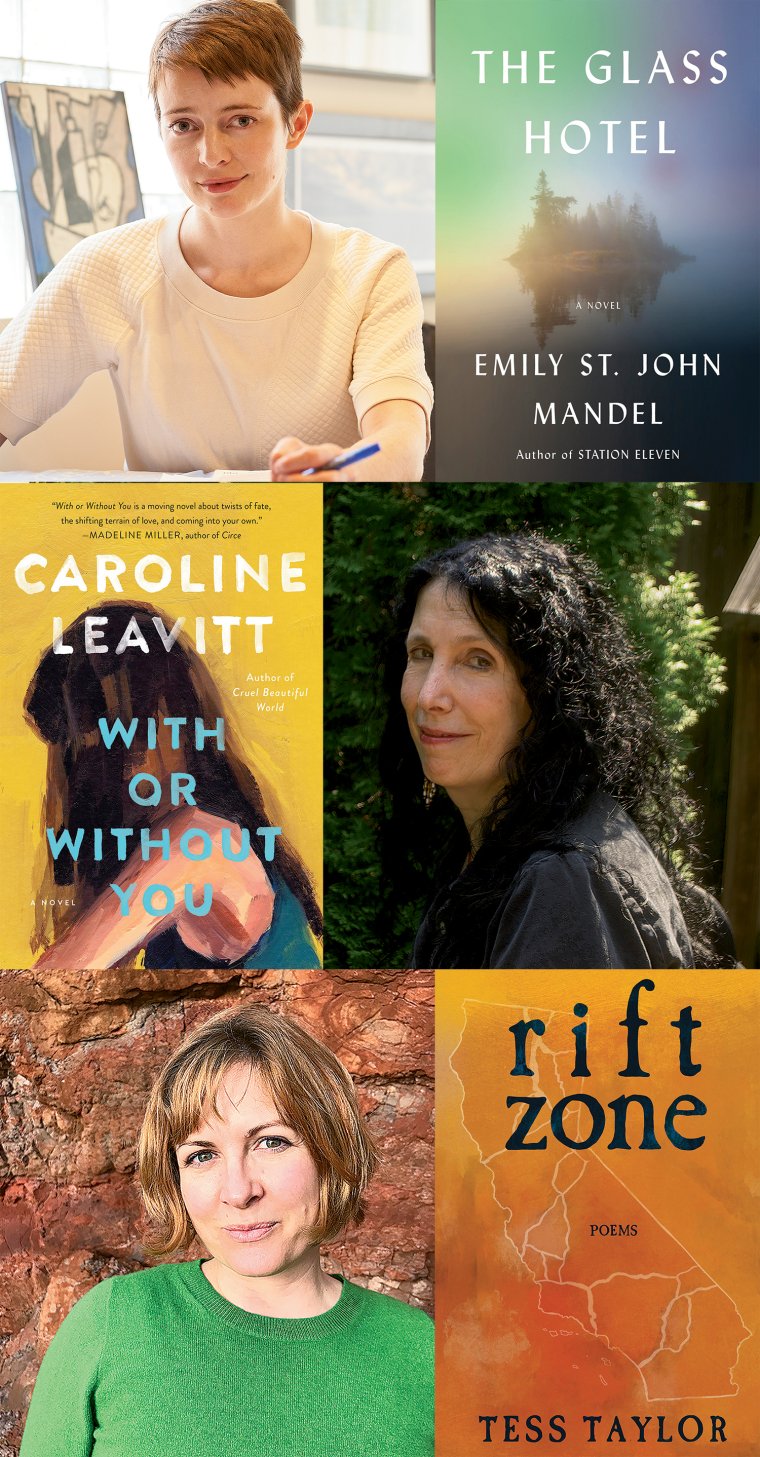
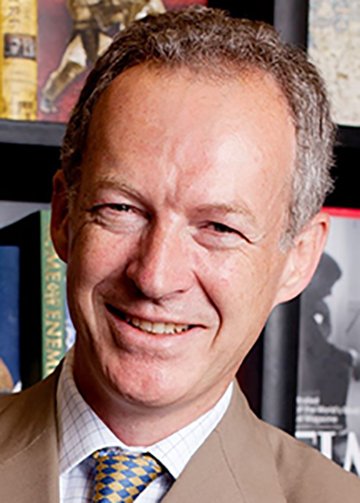
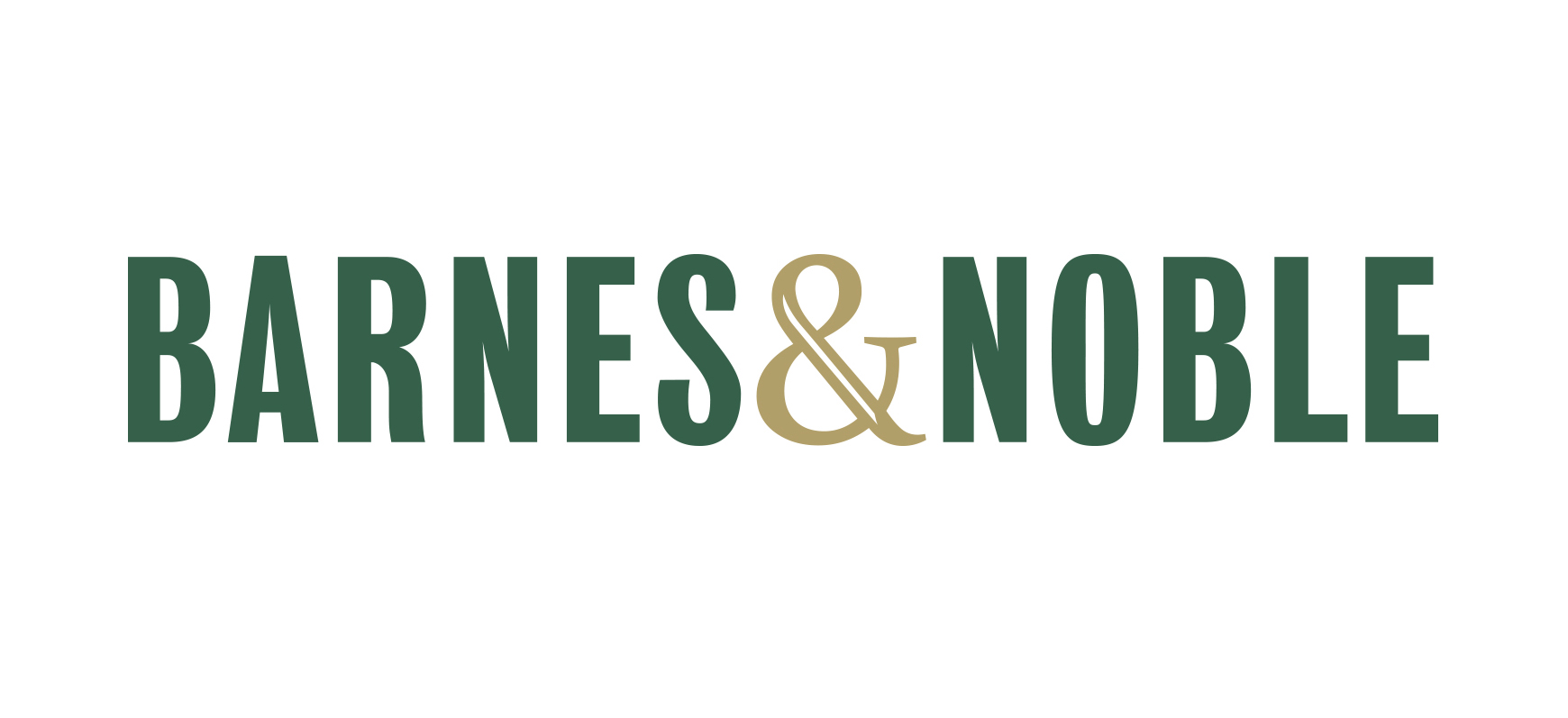

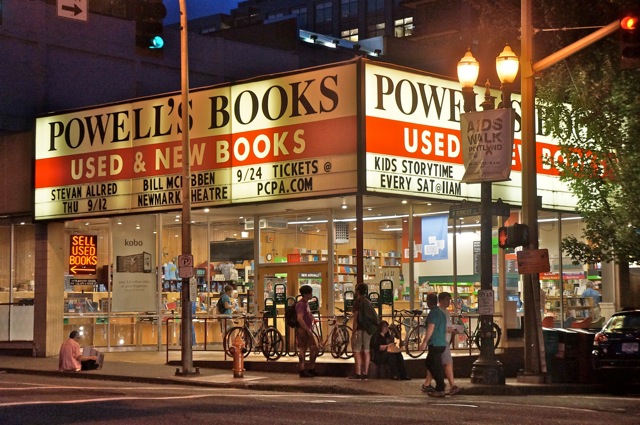
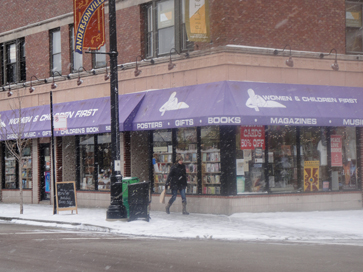
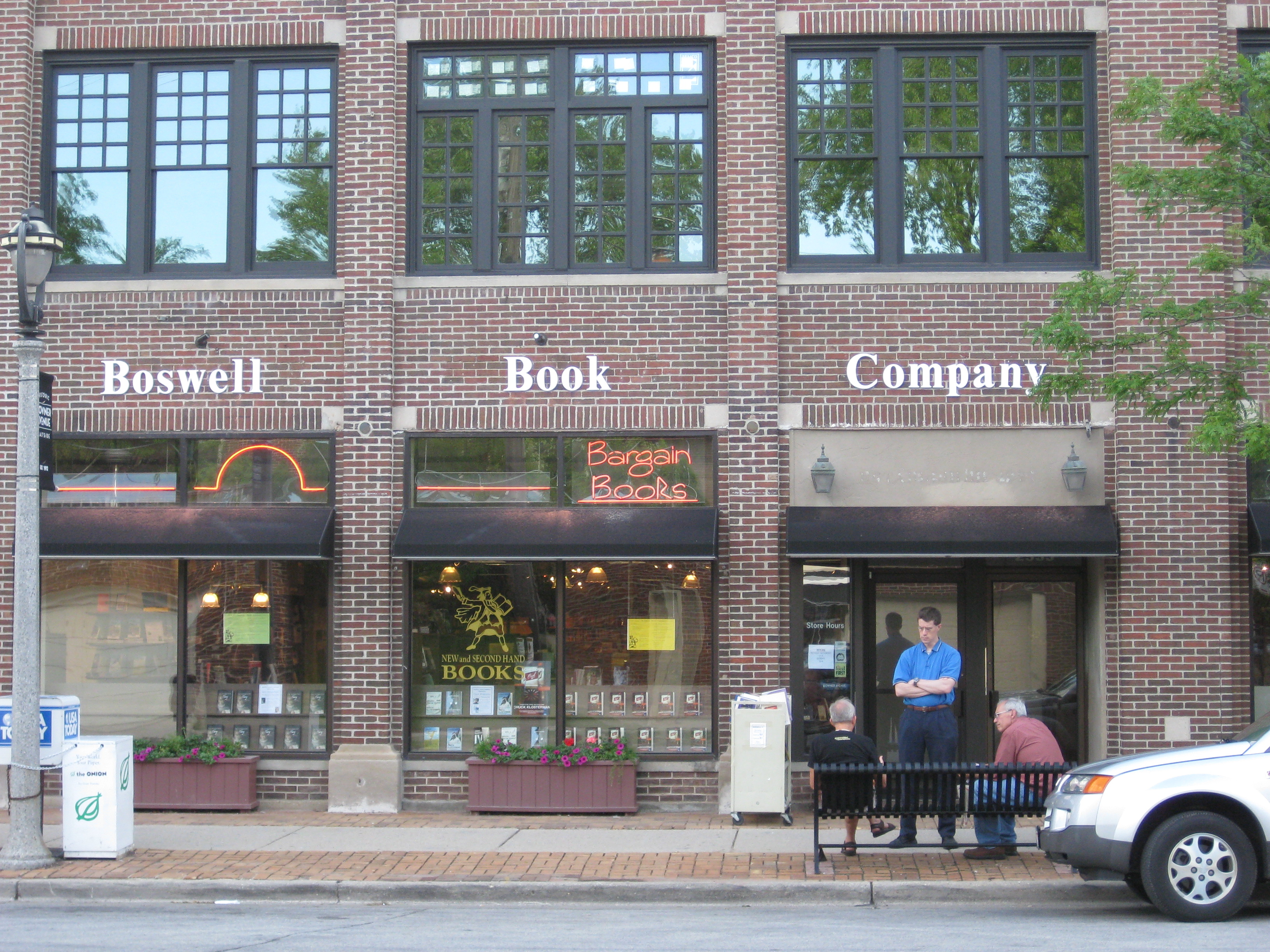


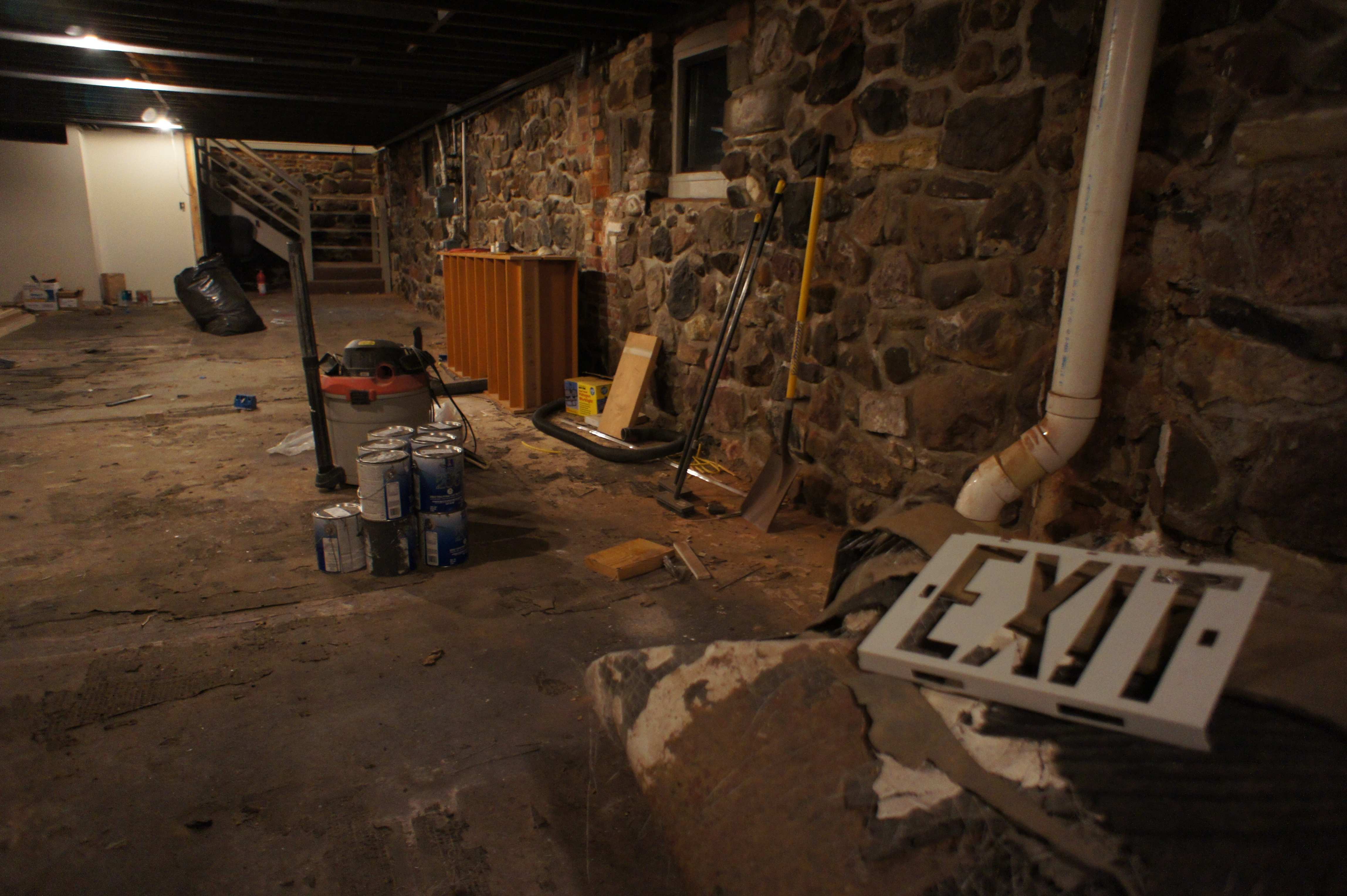


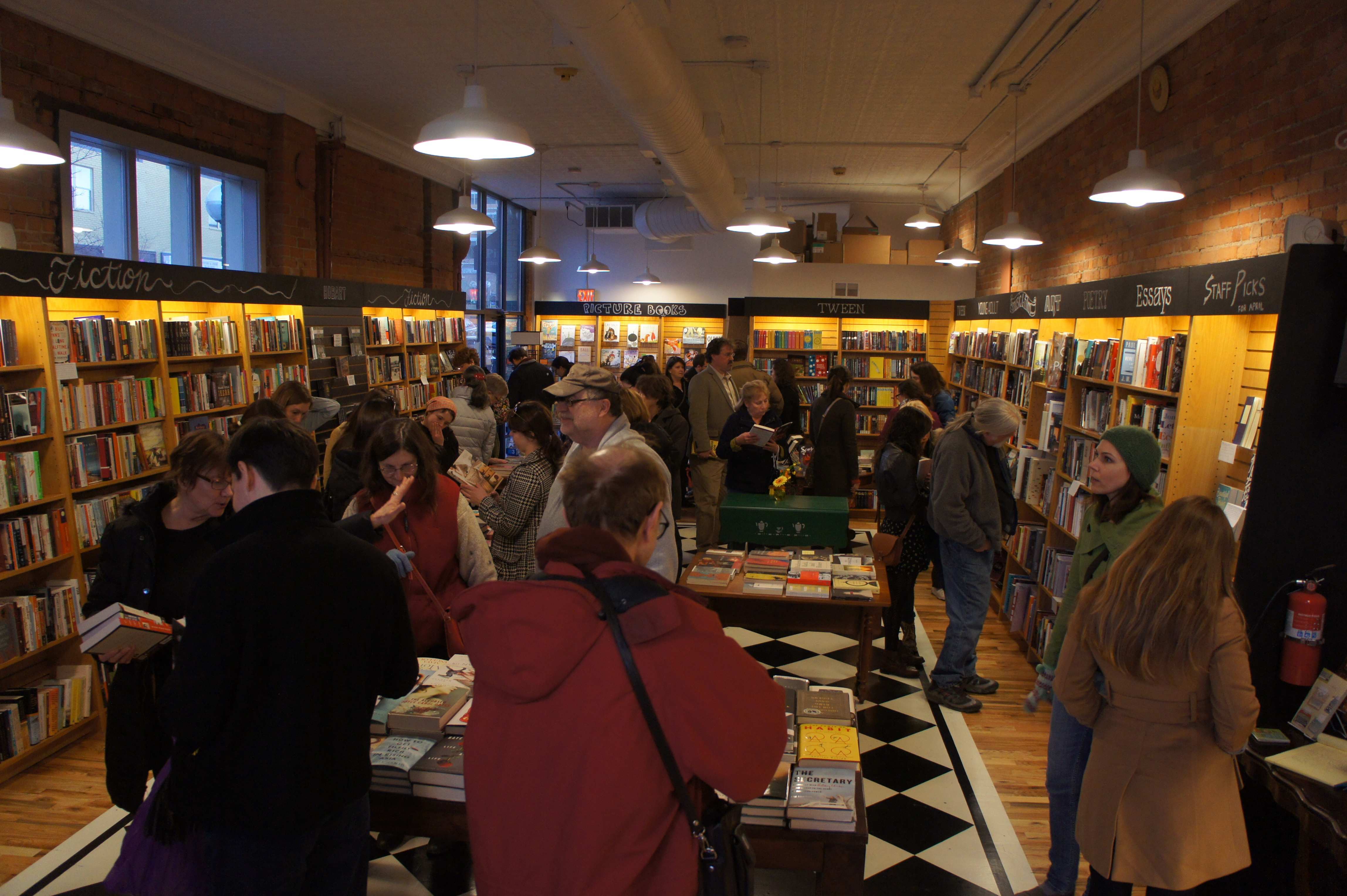
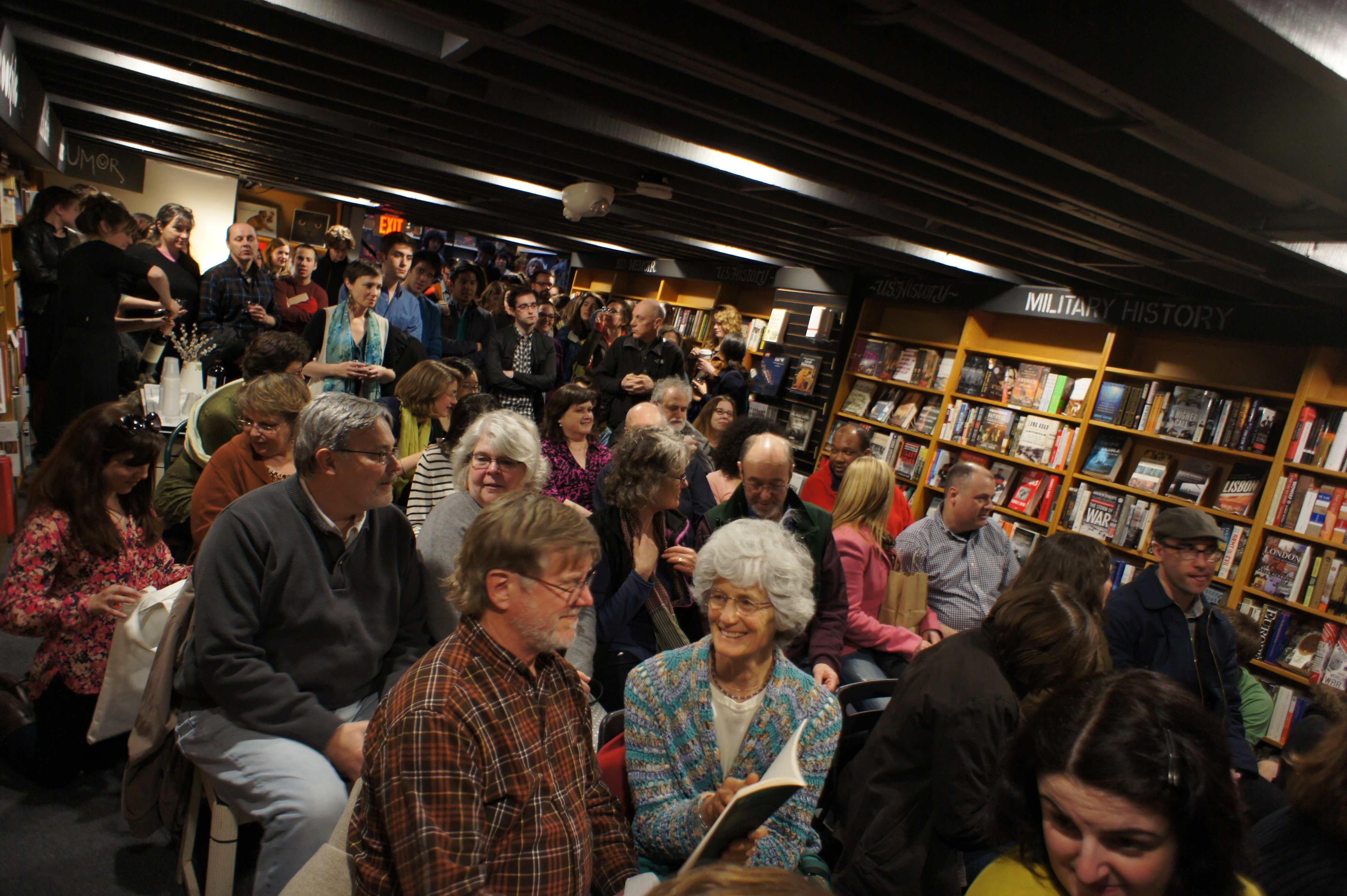
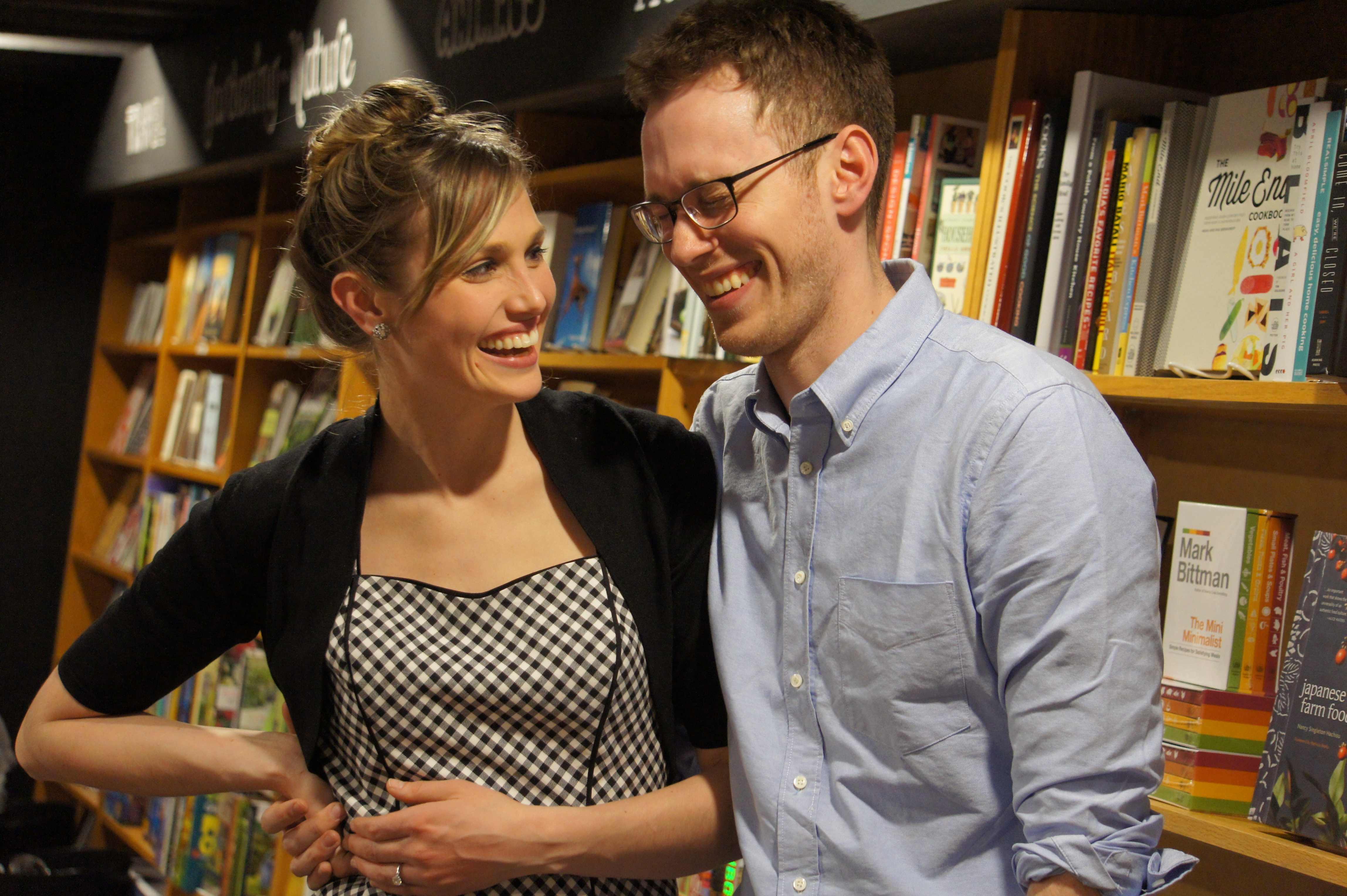

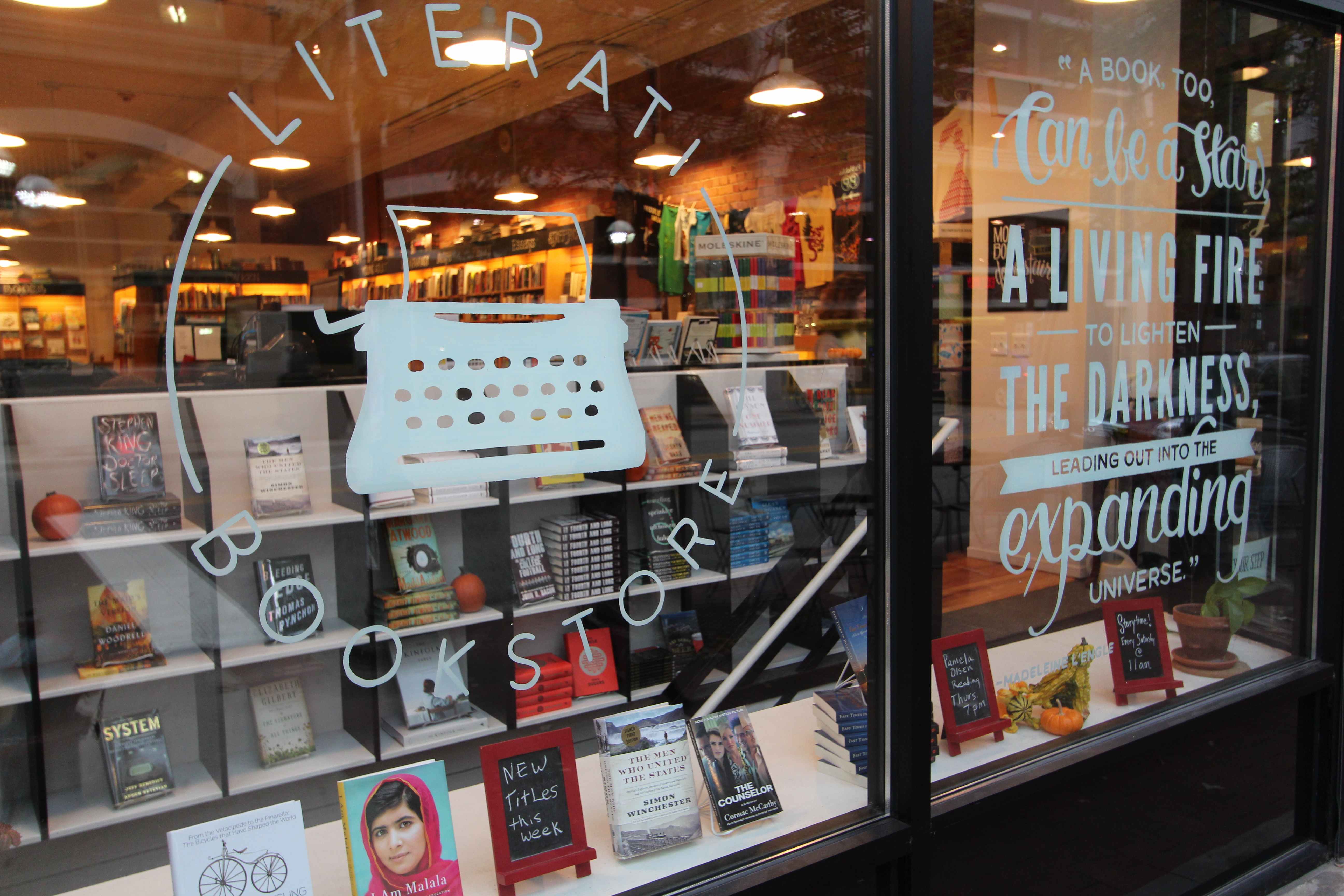

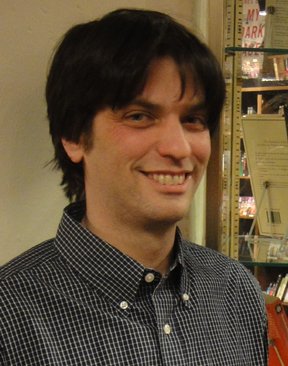


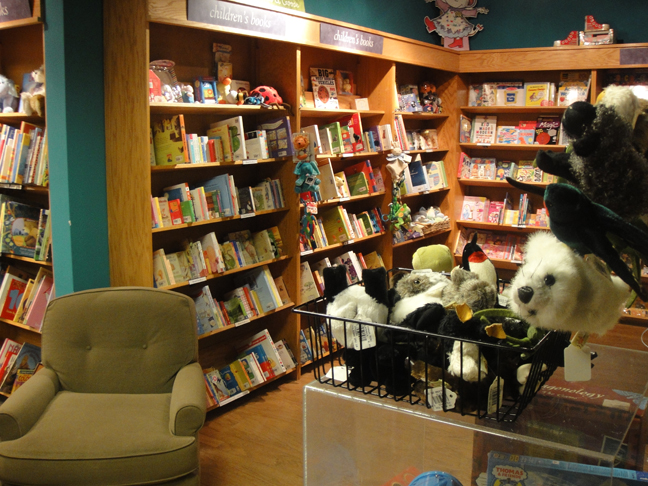
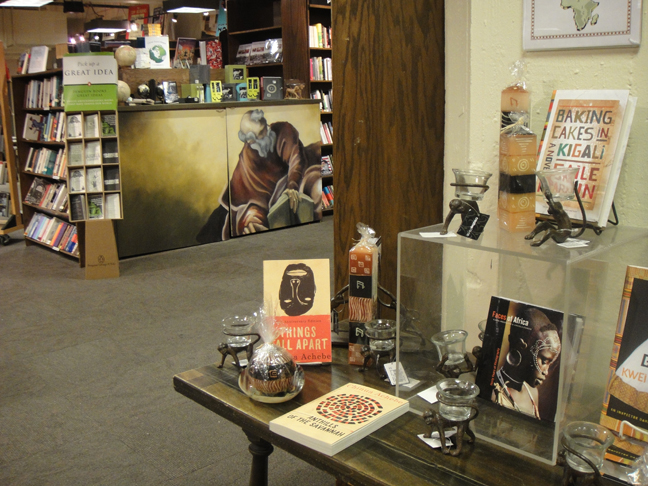

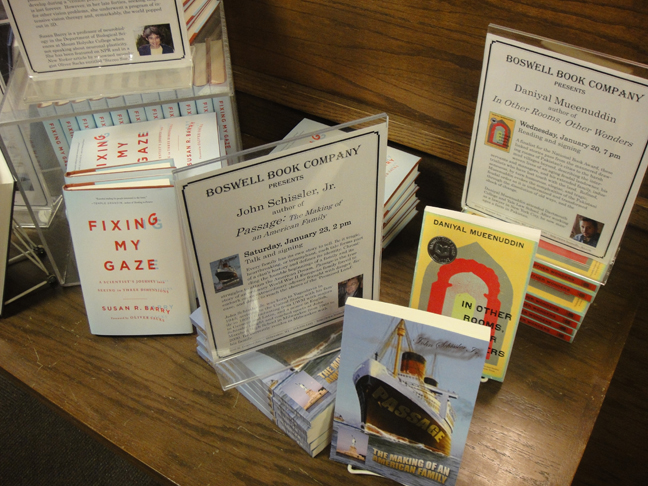
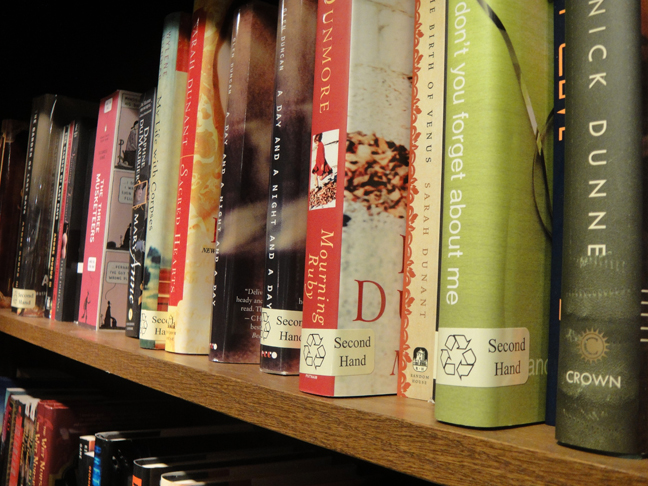
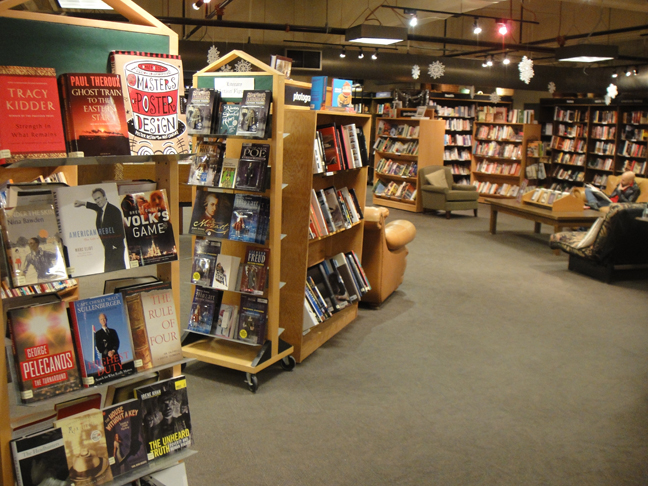
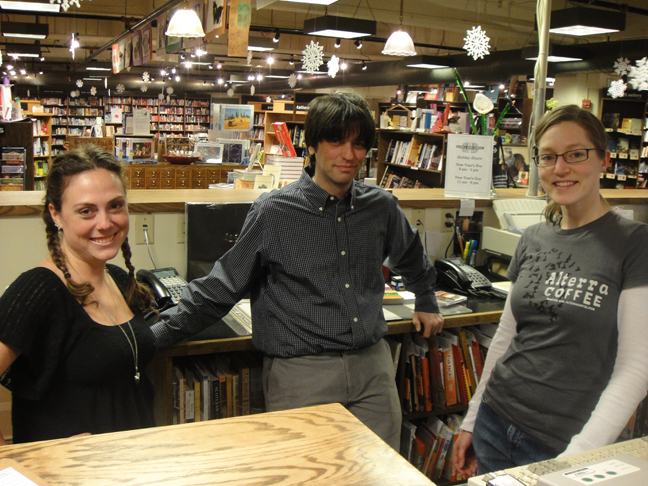
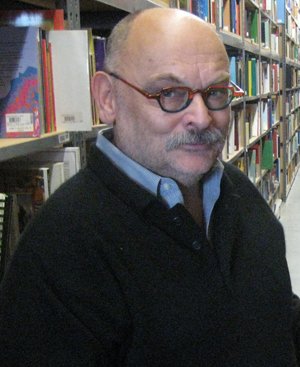

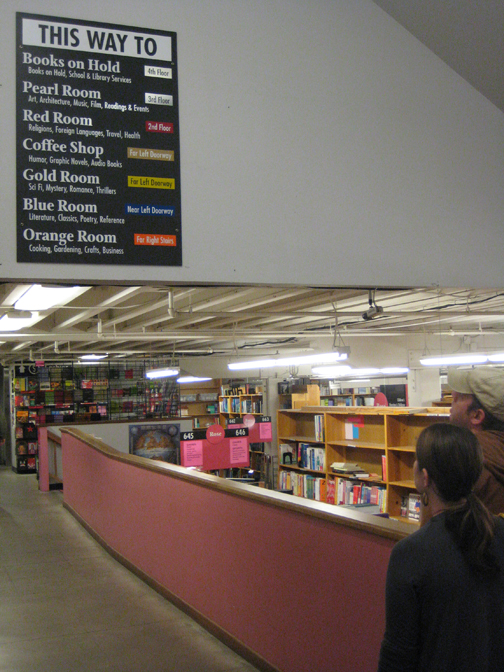
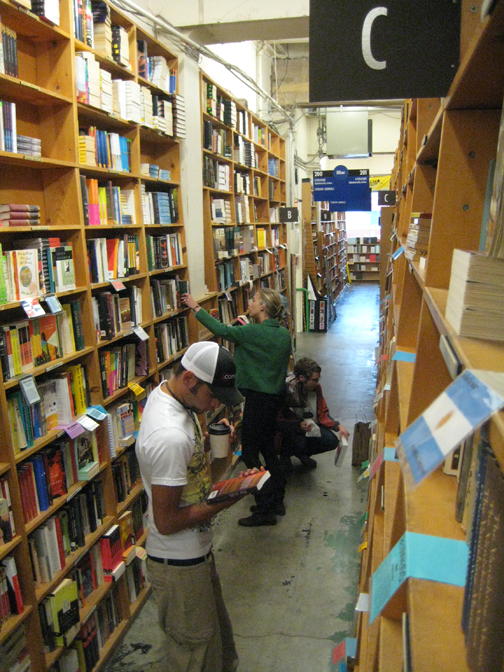

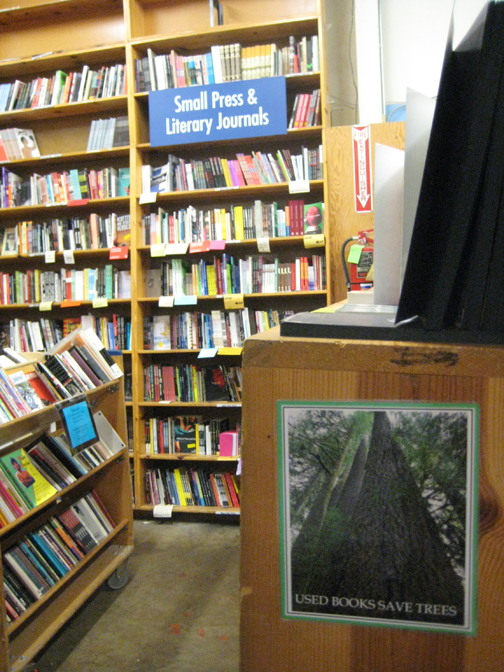
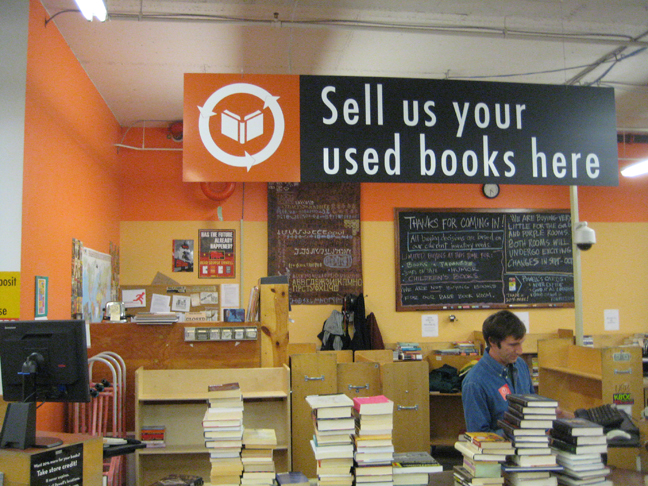
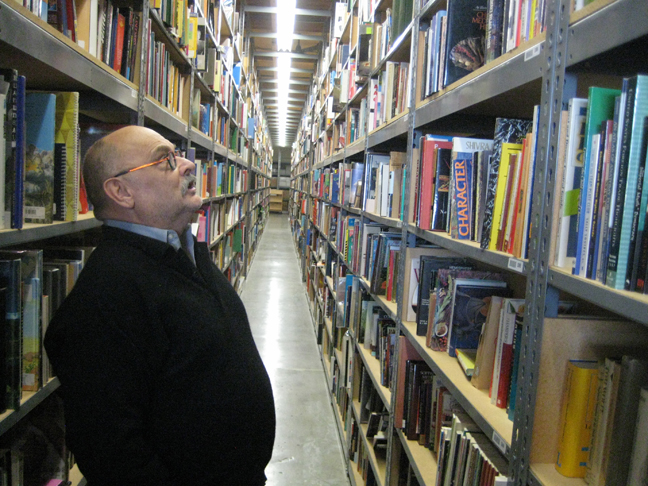
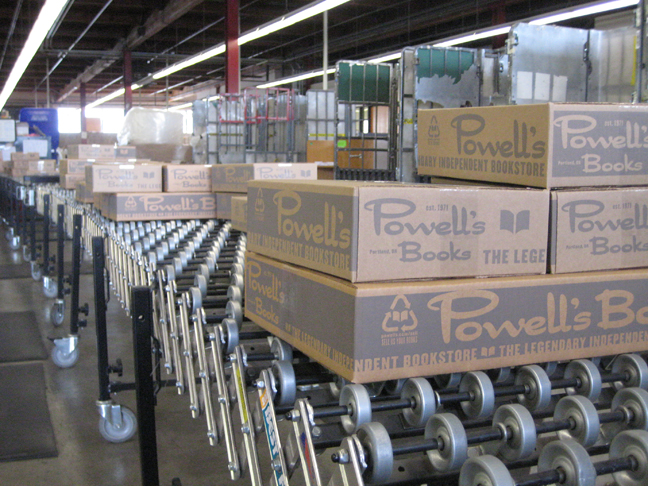

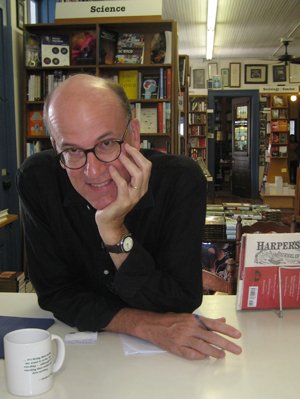
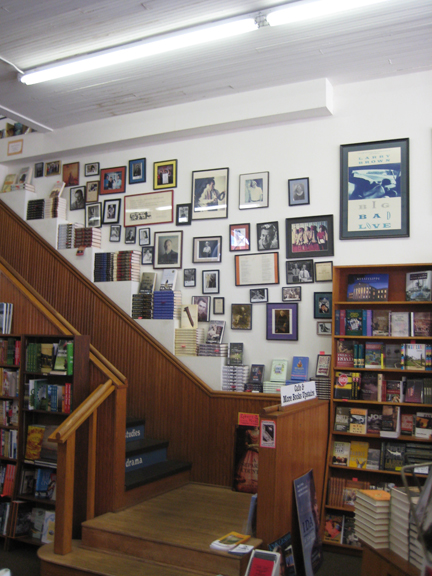
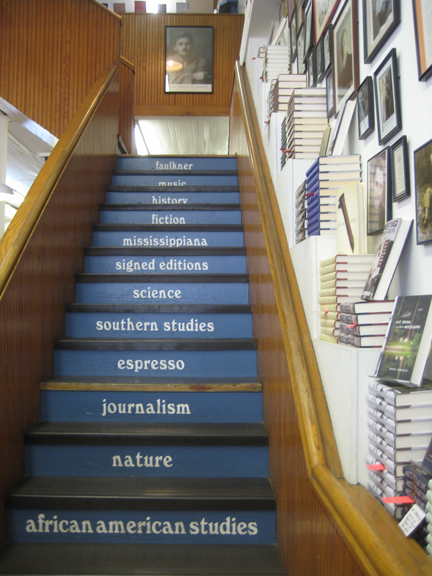
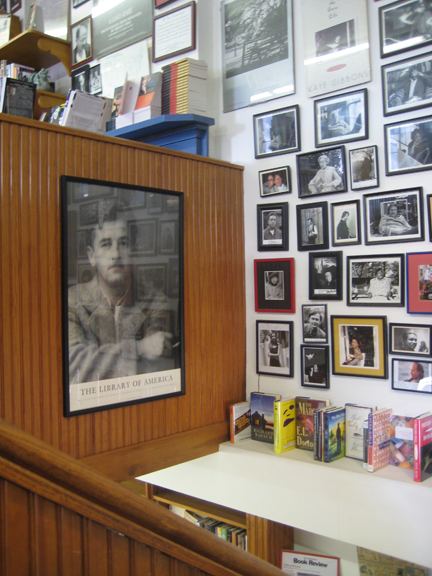

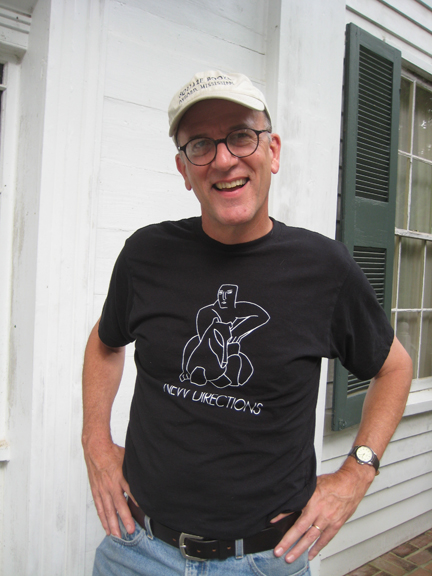



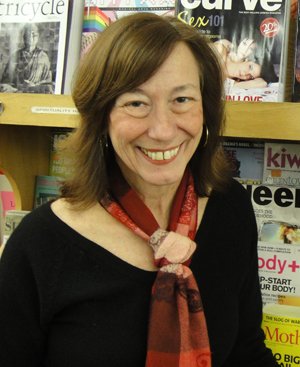
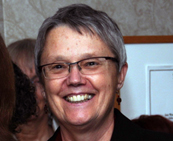 What were some of your best-selling
What were some of your best-selling
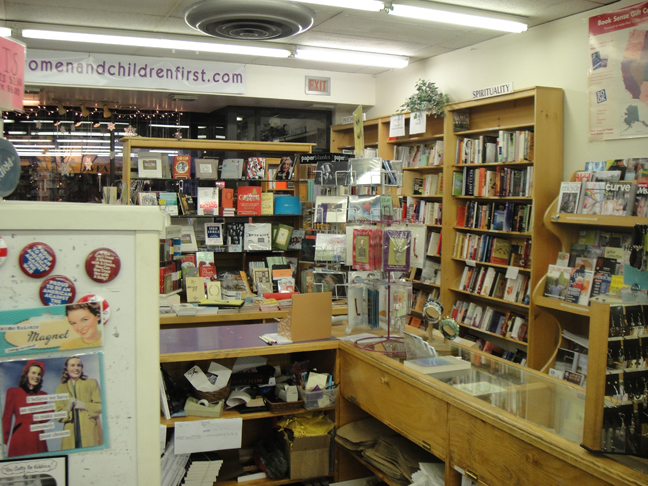
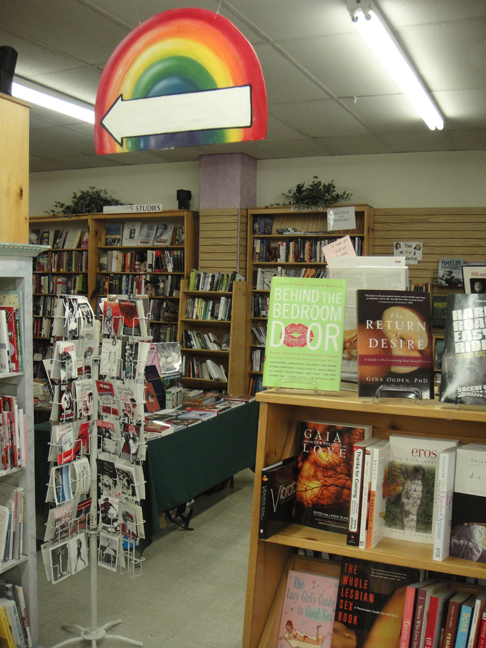
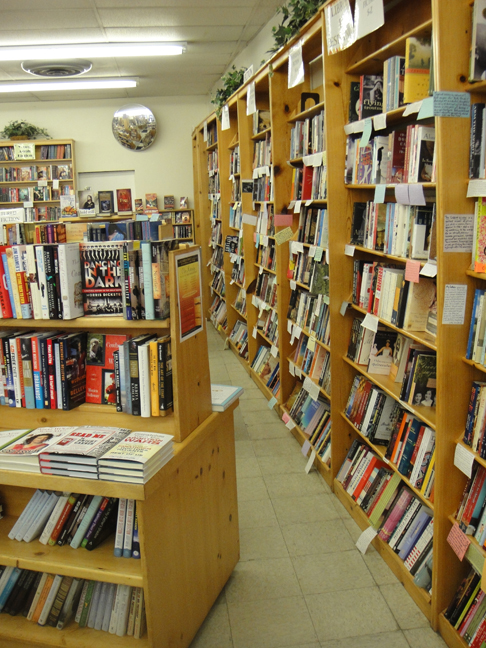
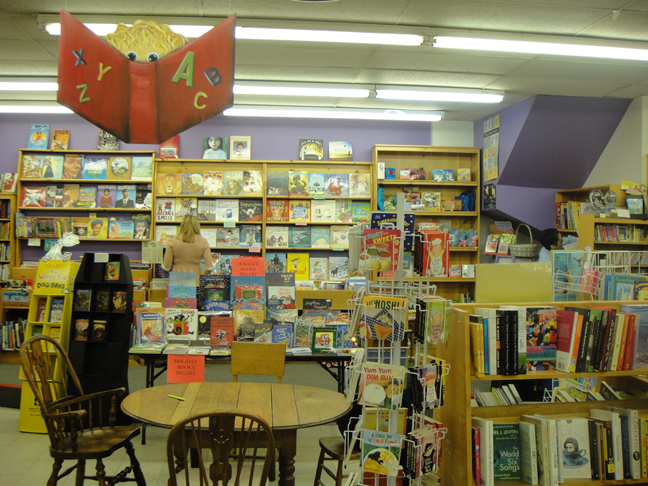
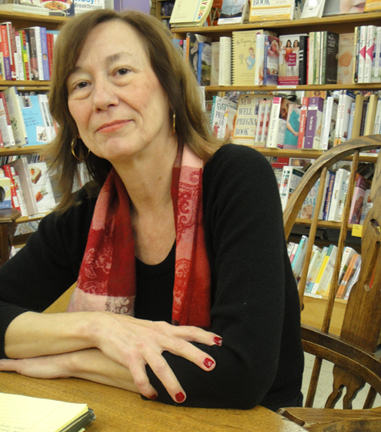
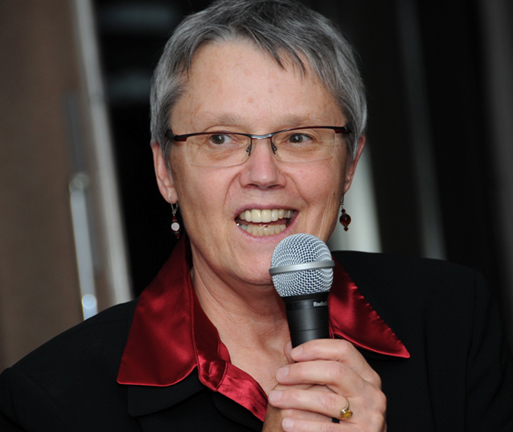
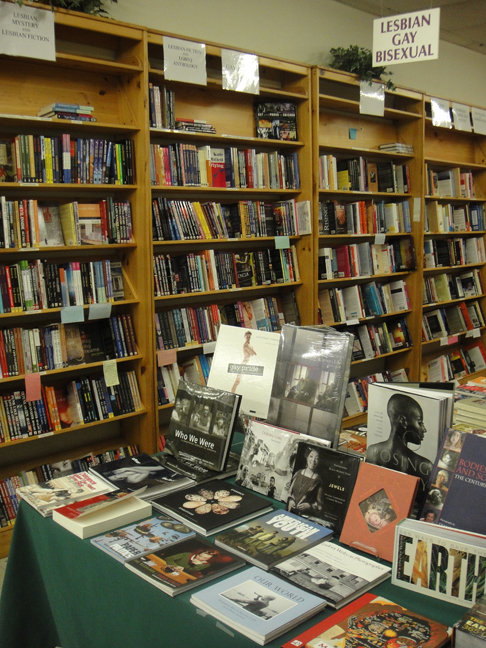

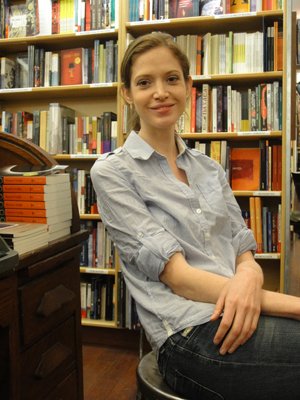

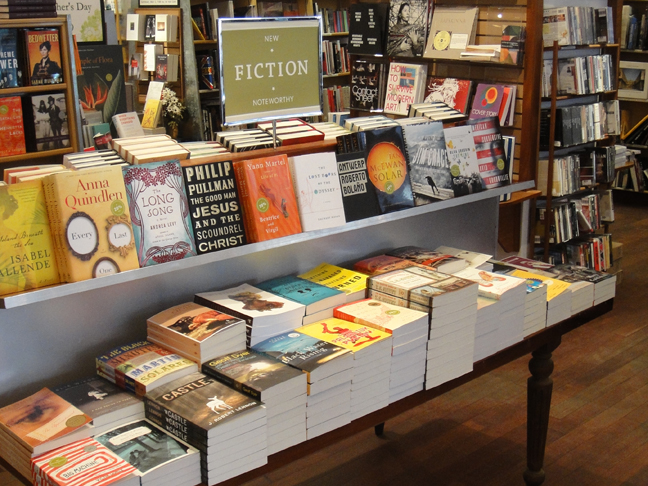
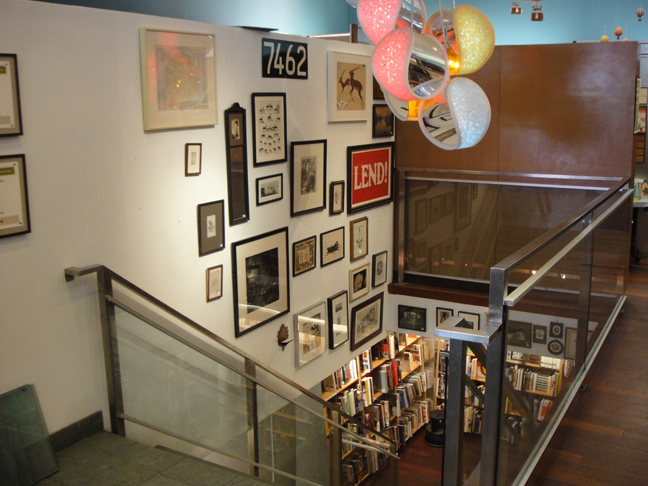





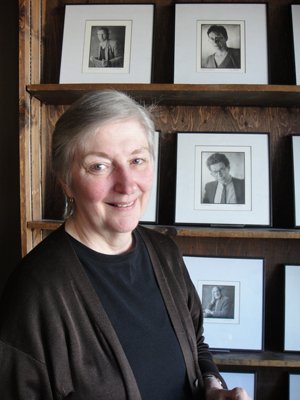

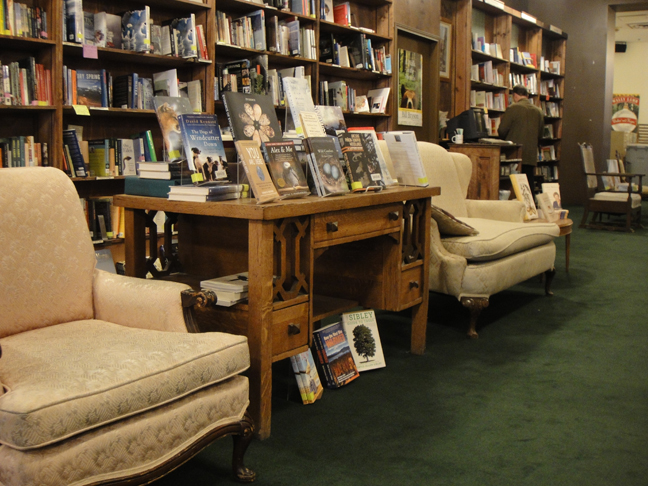

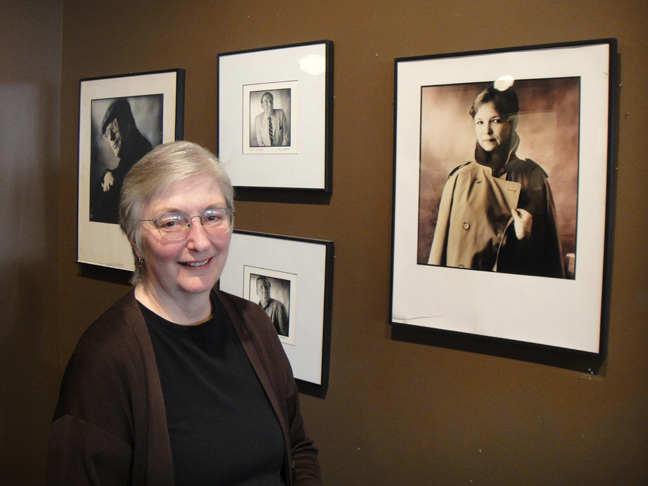
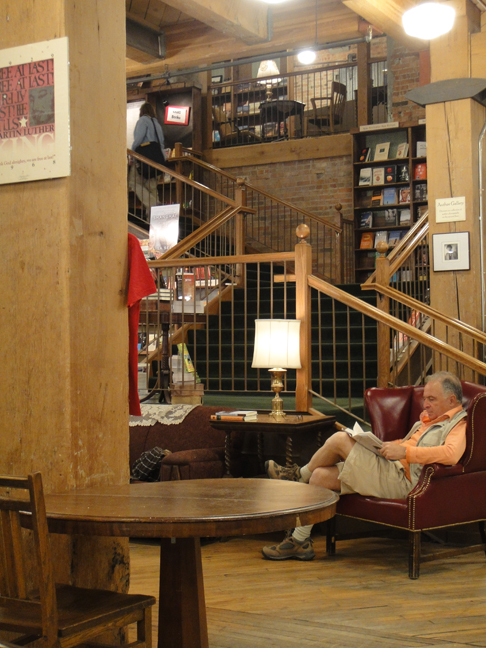
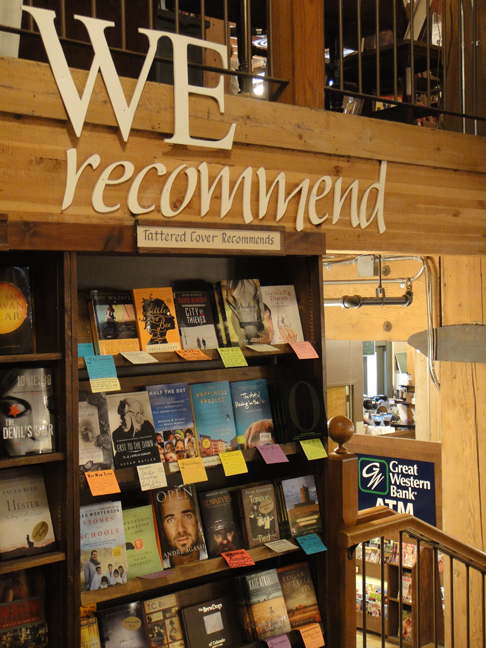
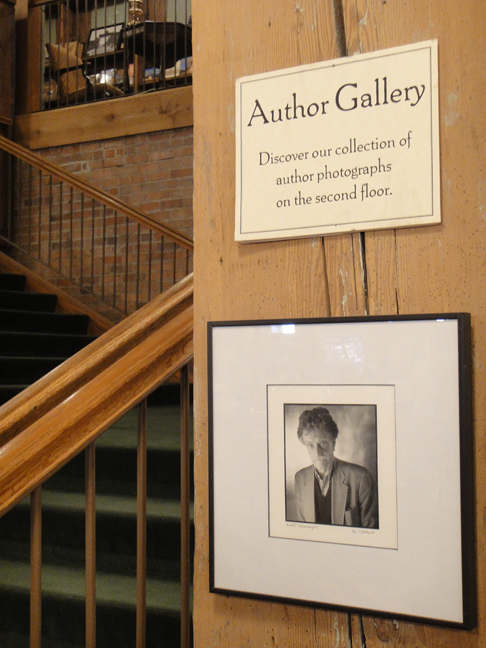
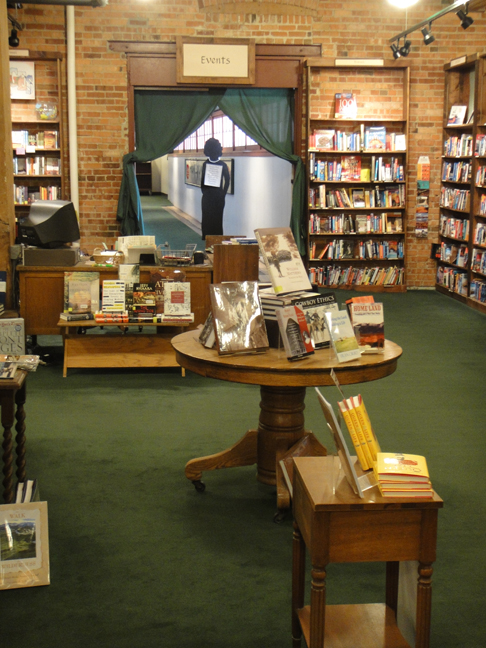
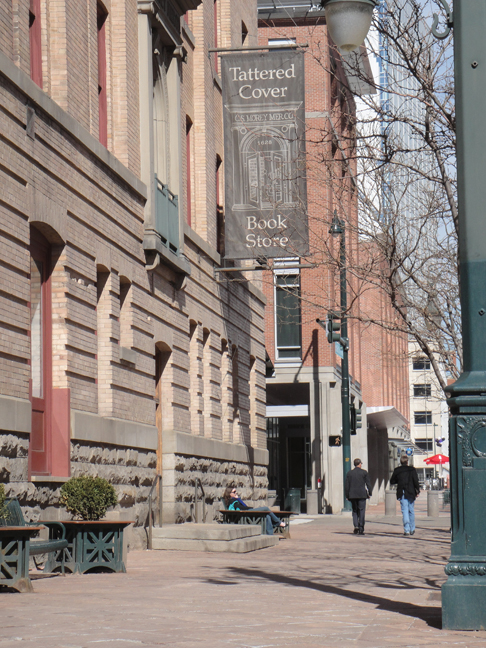
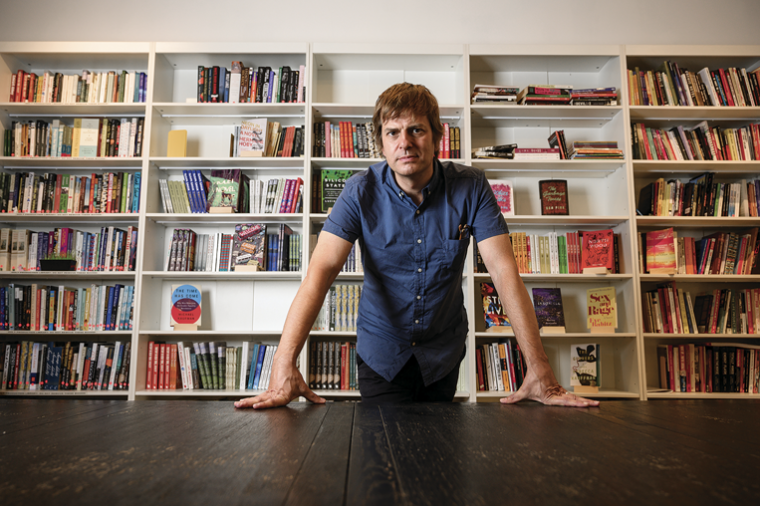
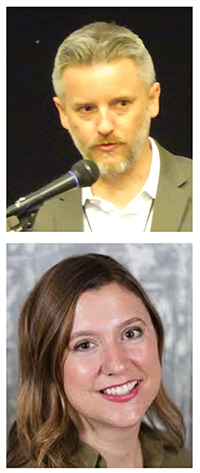
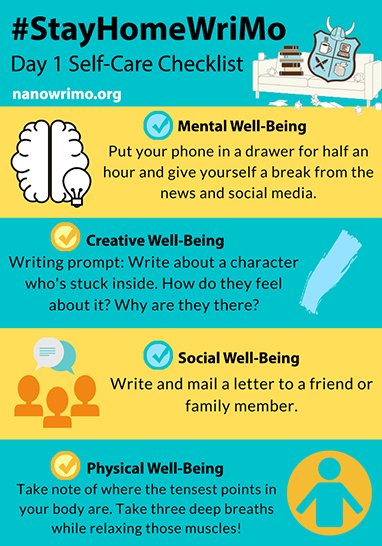
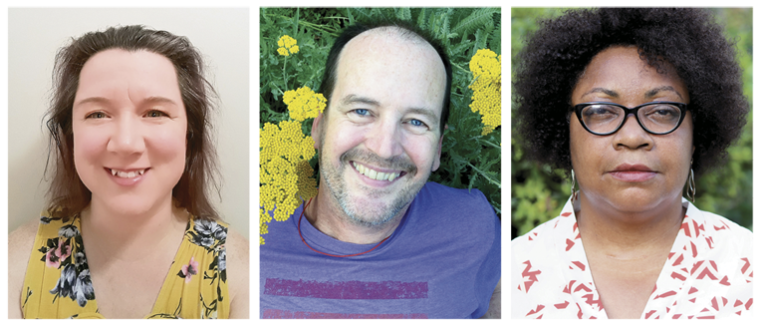
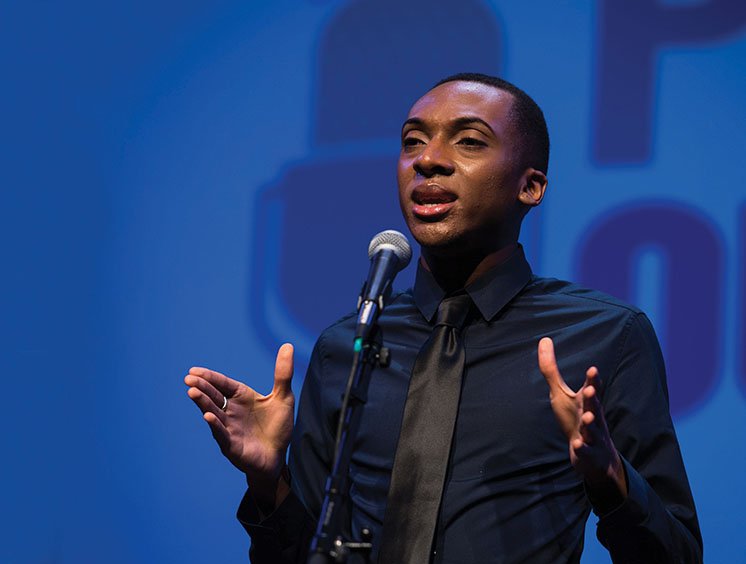

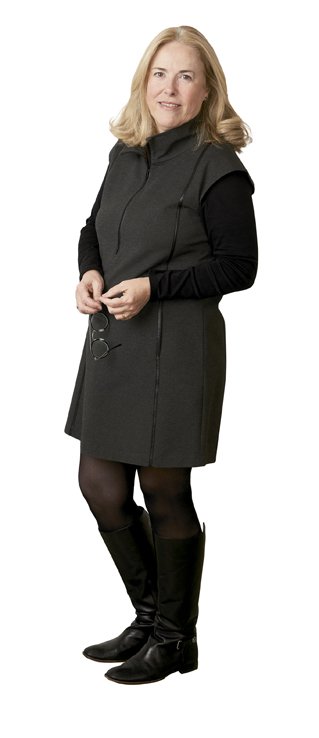
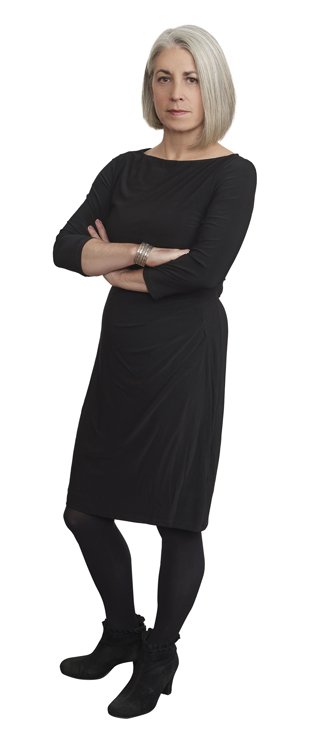
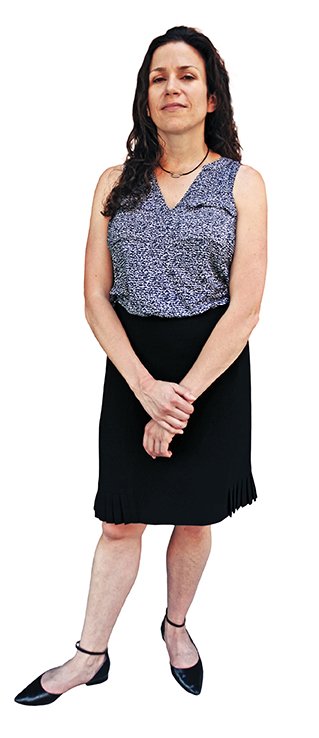

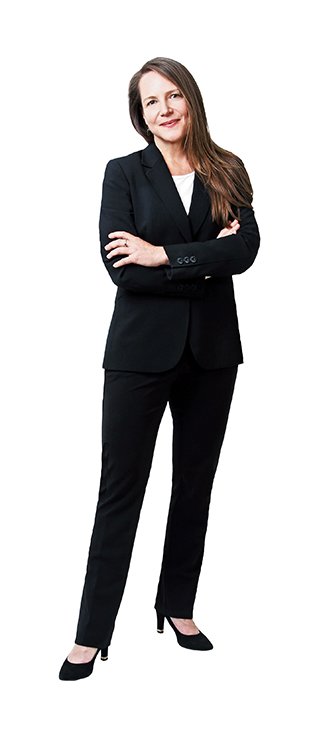
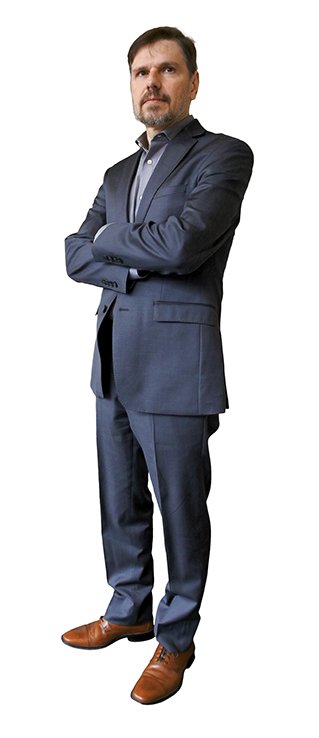
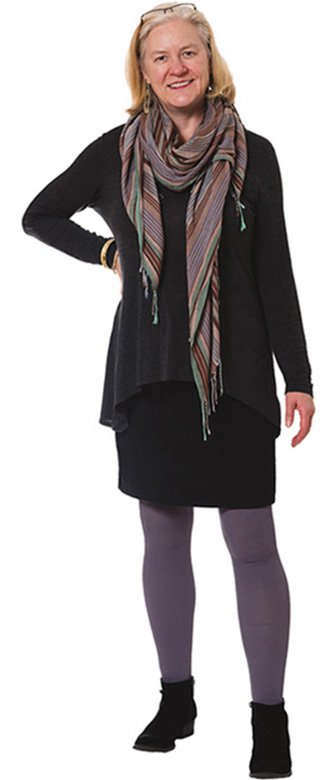
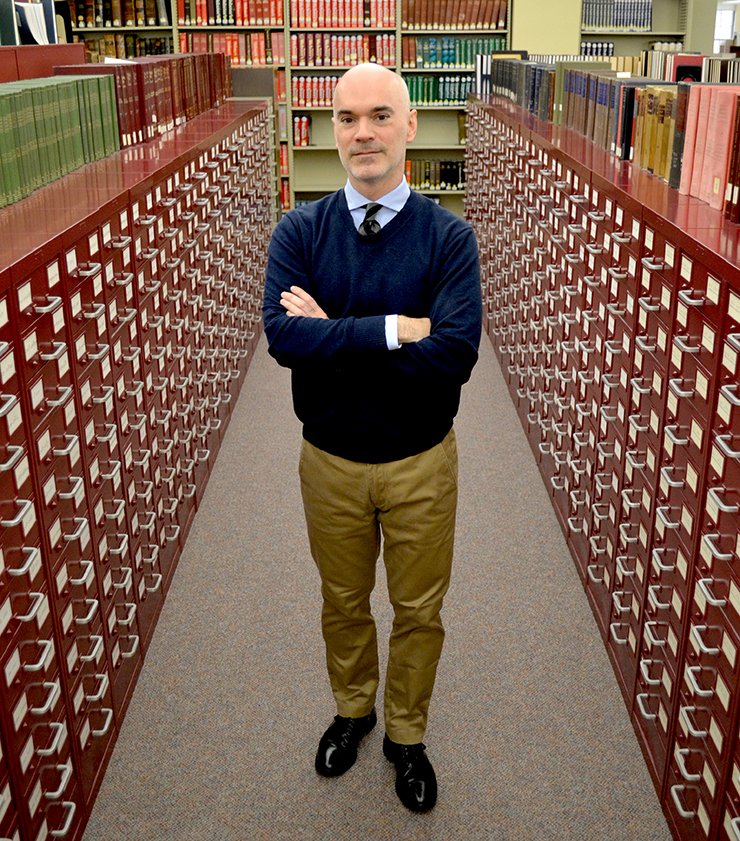

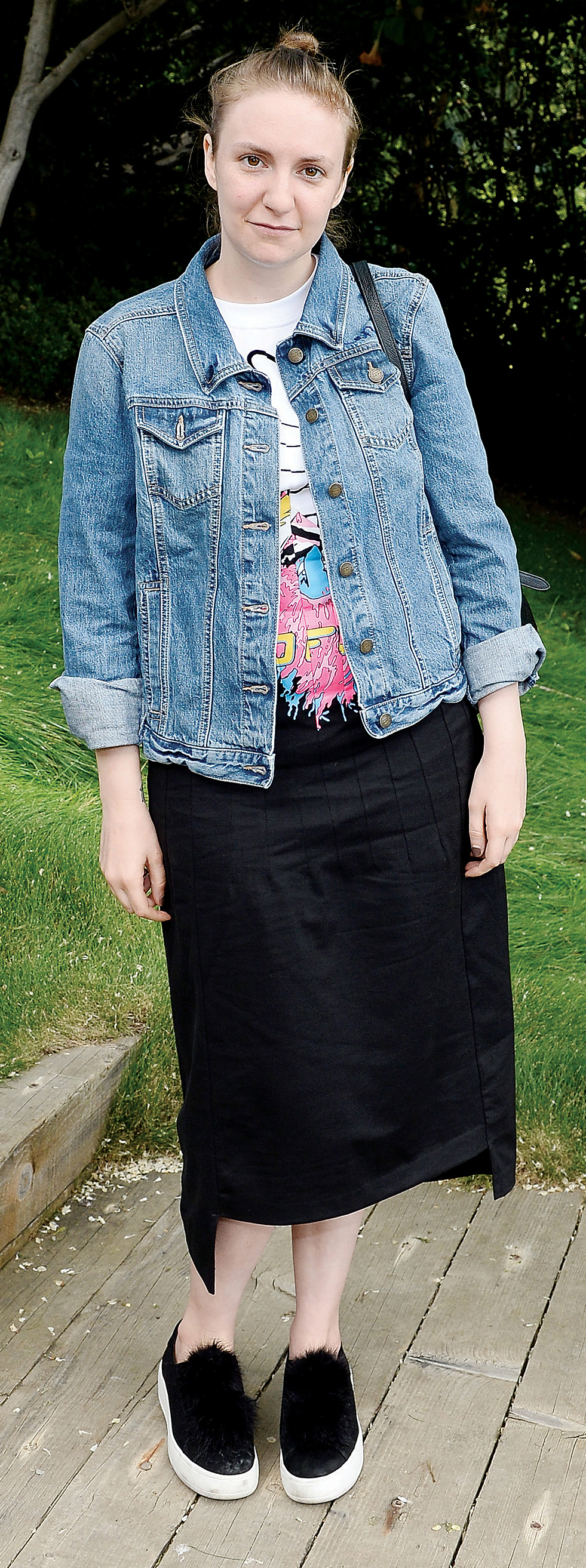
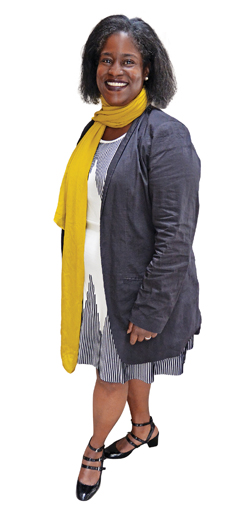 How has Amistad changed or grown in the past thirty years?
How has Amistad changed or grown in the past thirty years?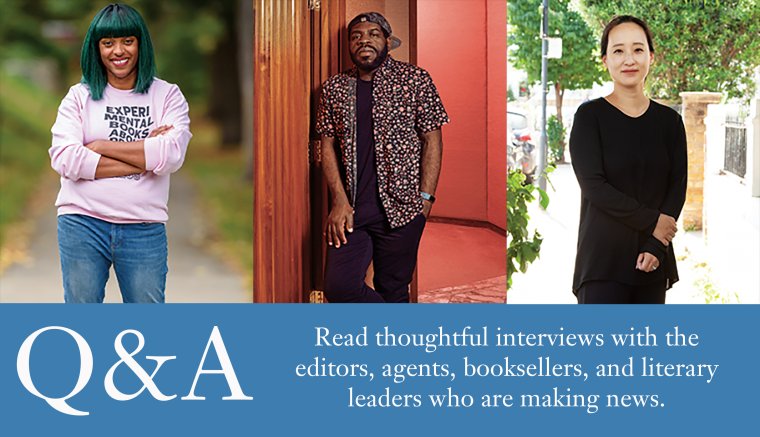
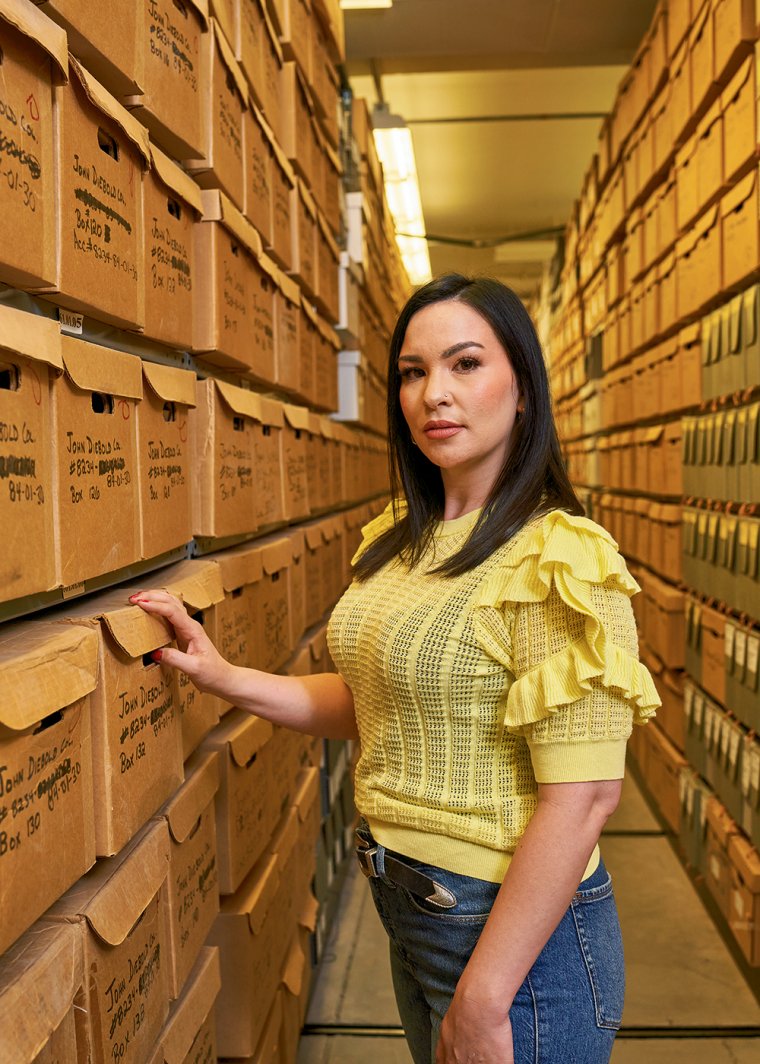





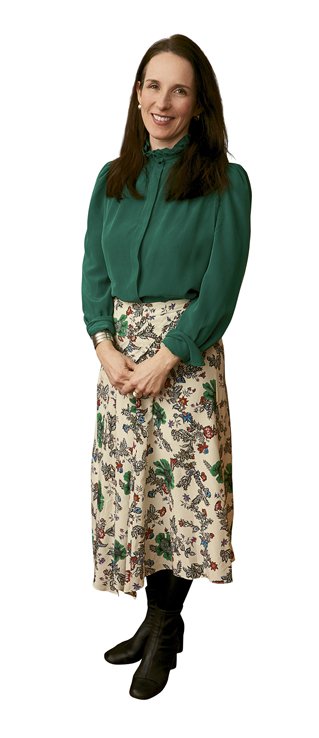
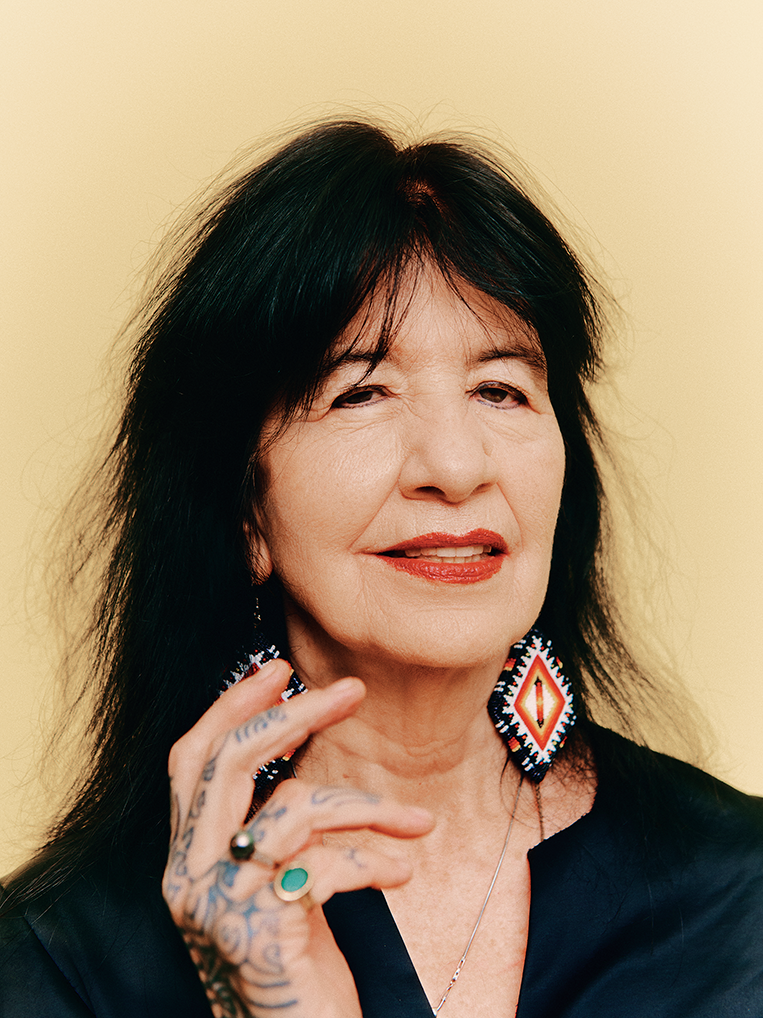

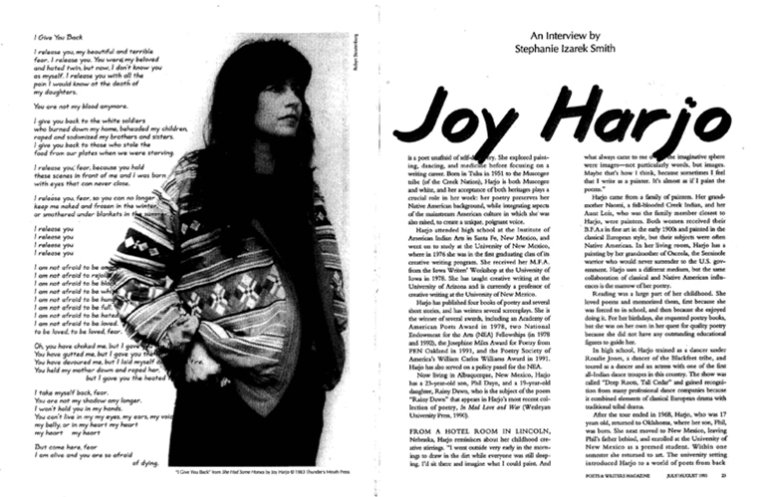

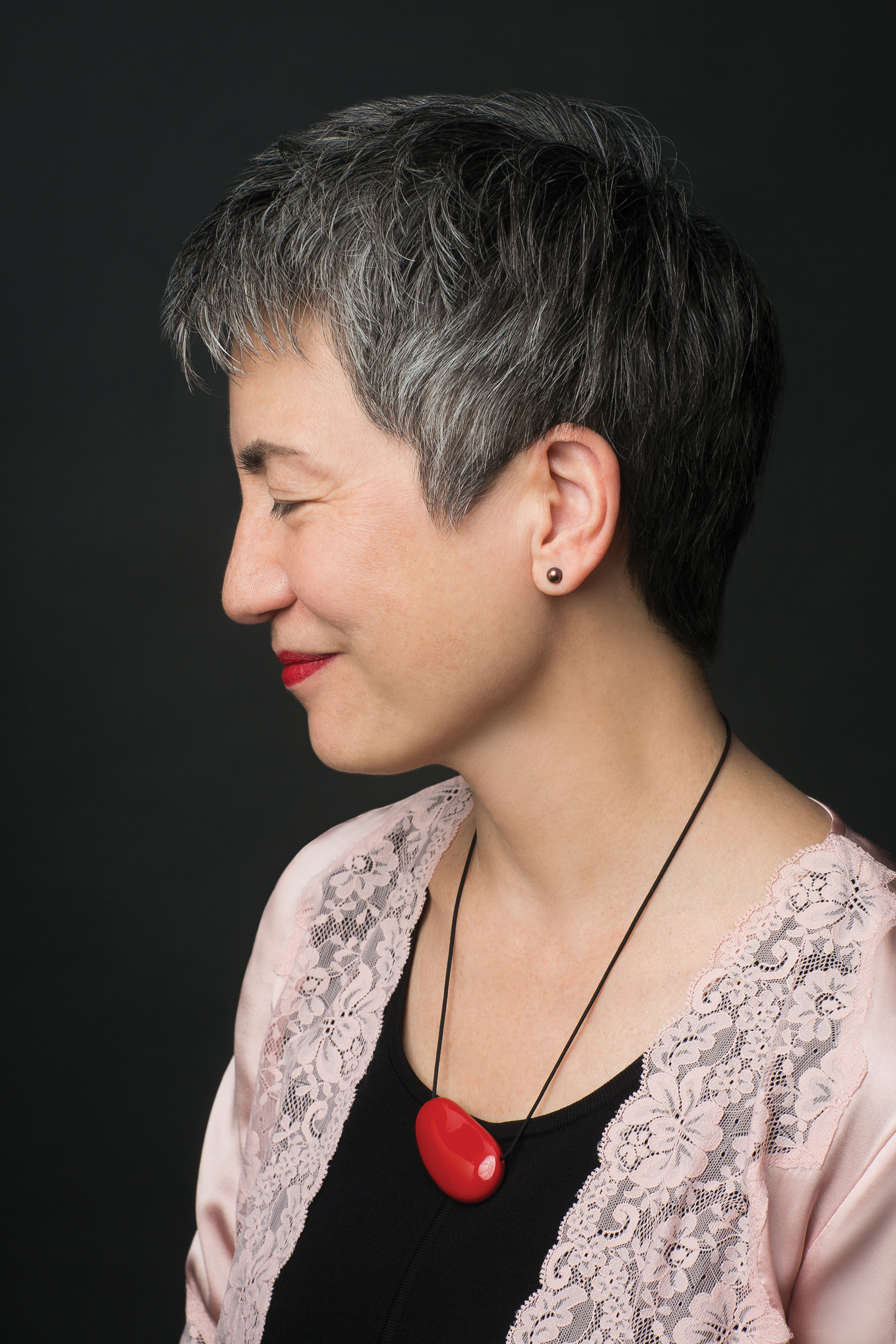
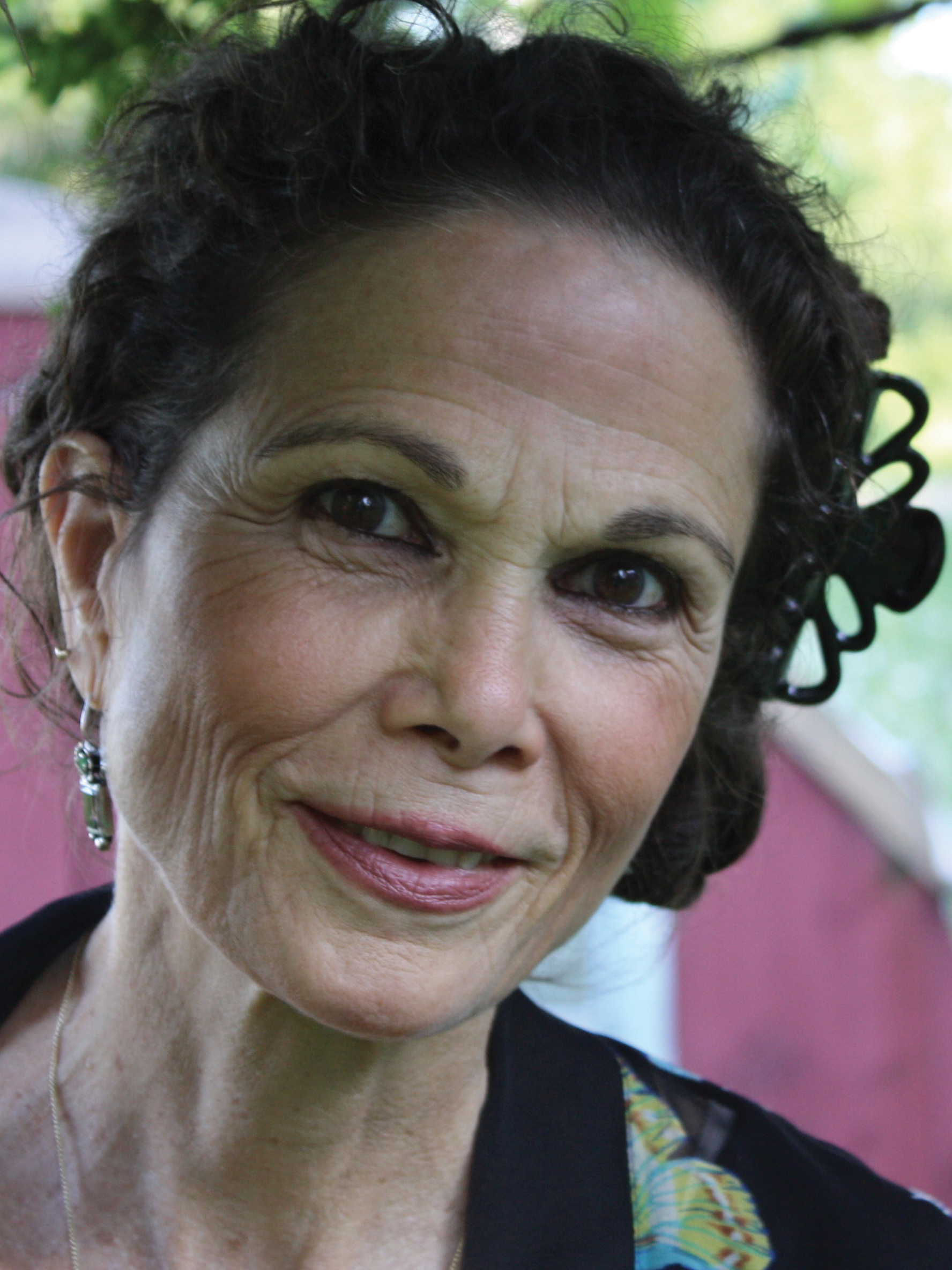

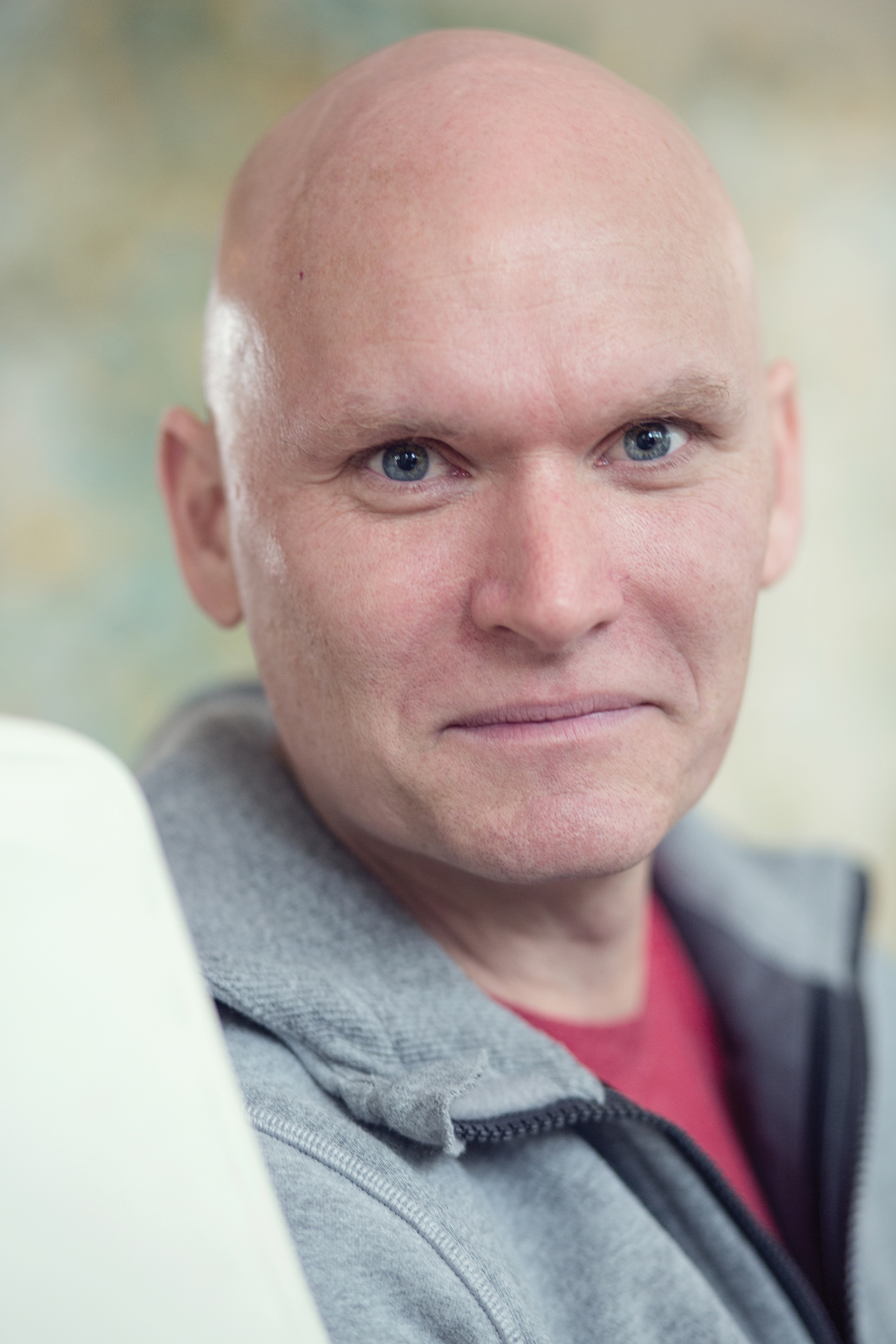
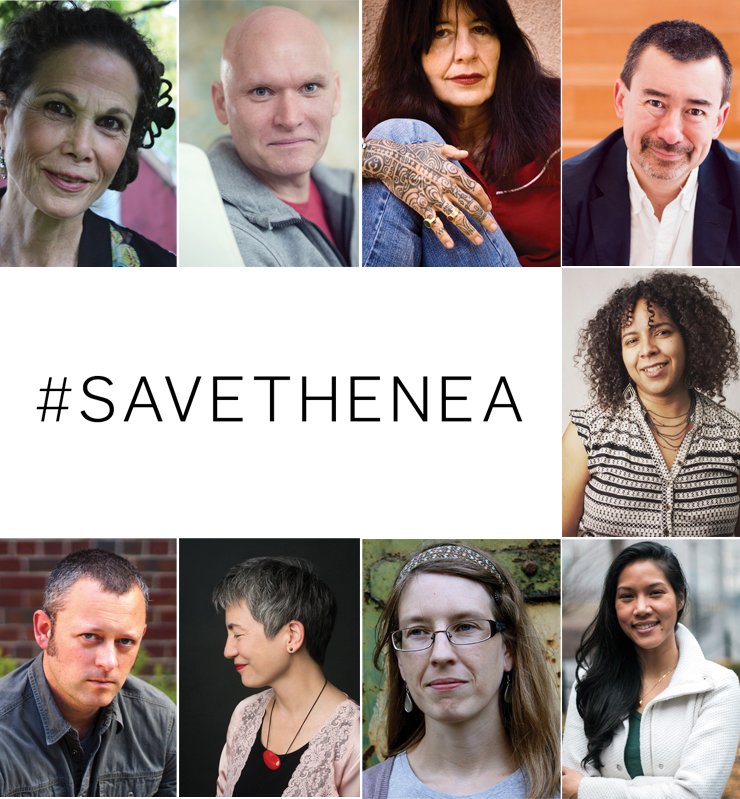
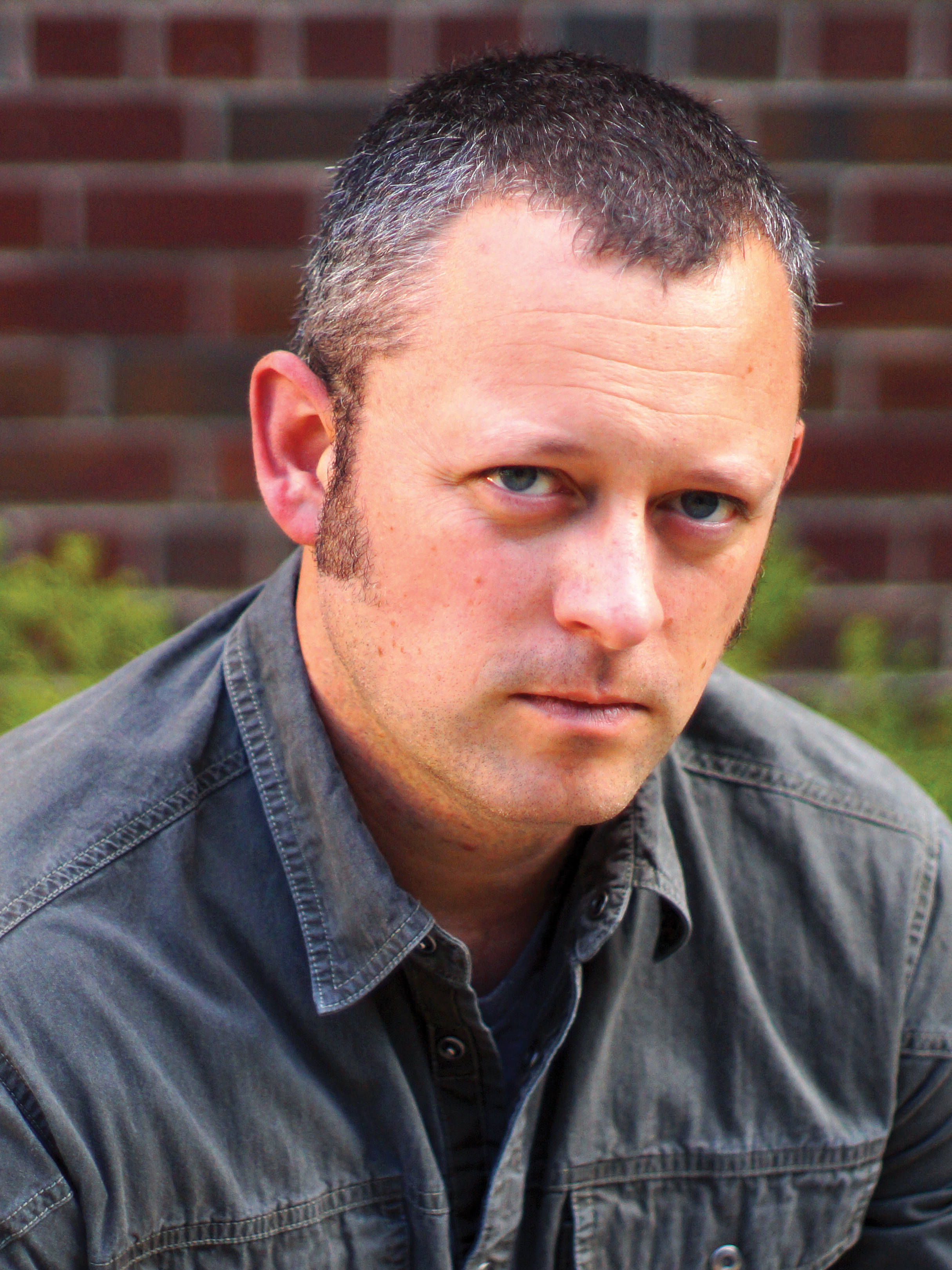
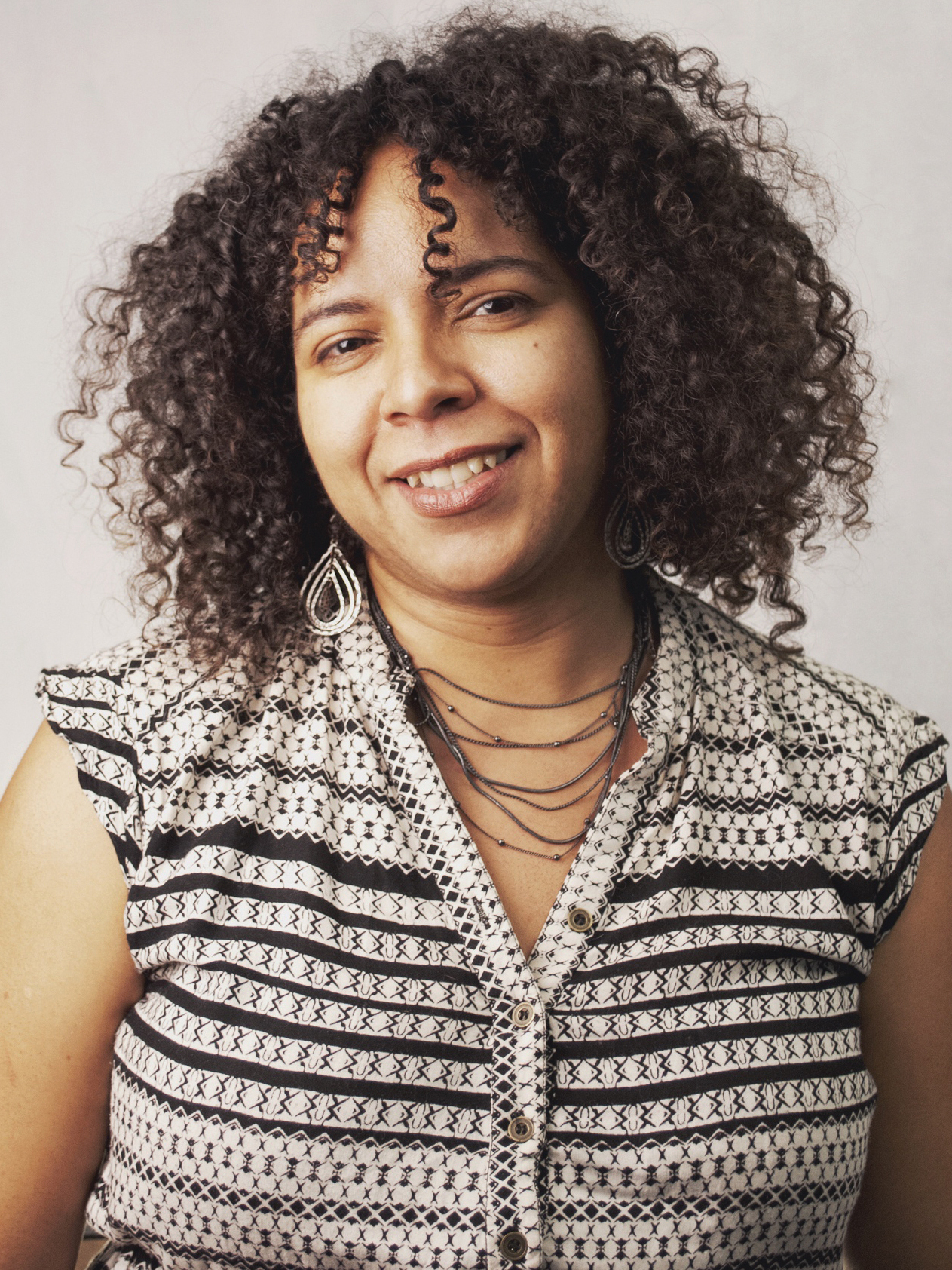
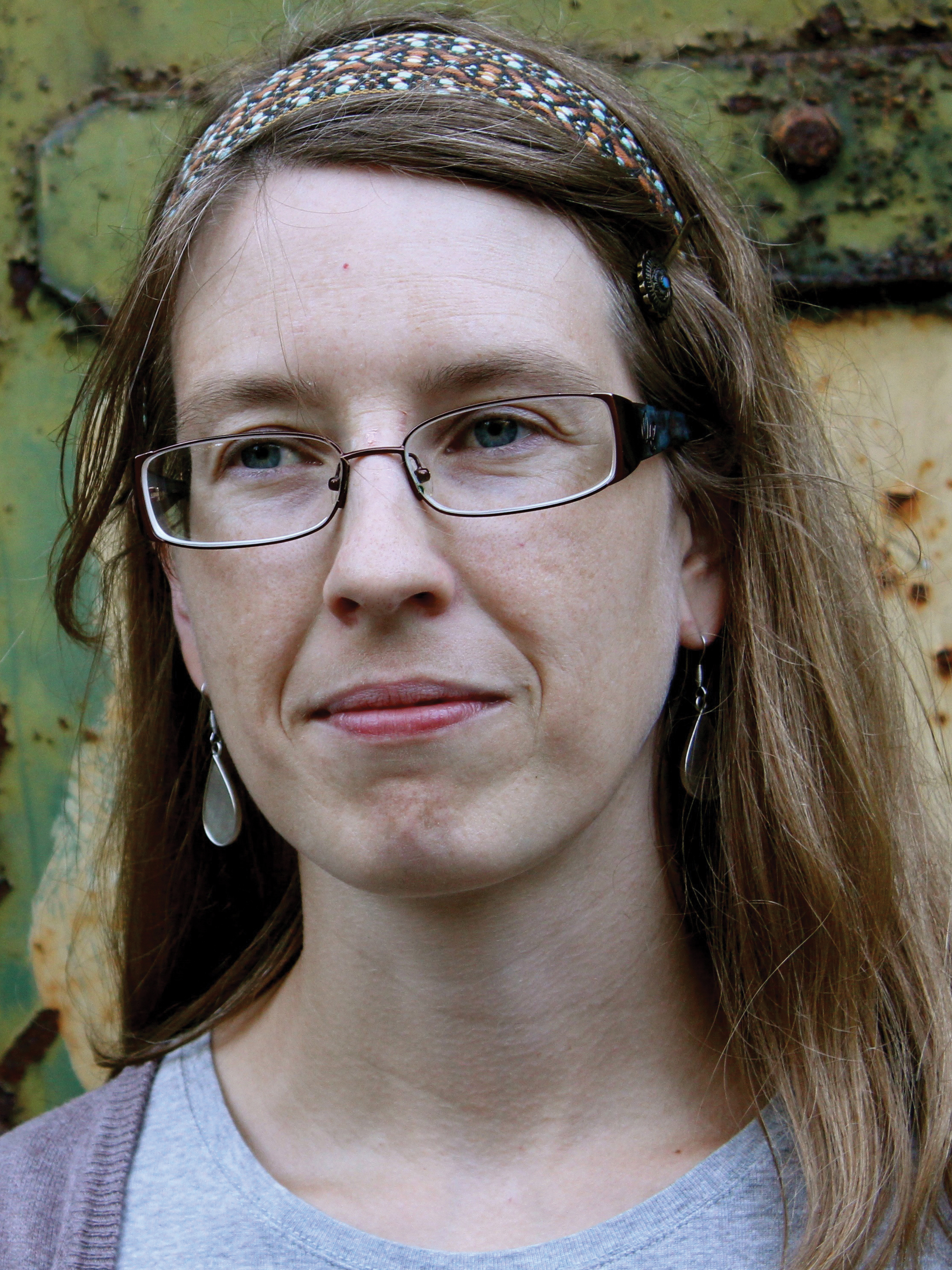





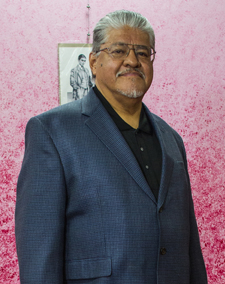 Before becoming the second poet laureate of Los Angeles, you founded a cultural center, helped start an organization for at-risk youth, worked in gang intervention, and campaigned for urban peace, actually helping to broker peace agreements between warring gangs. As poet laureate, what do you envision as your main project? How will this differ from the extensive work you’ve done in the past? Does the position afford you resources you didn’t have before?
Before becoming the second poet laureate of Los Angeles, you founded a cultural center, helped start an organization for at-risk youth, worked in gang intervention, and campaigned for urban peace, actually helping to broker peace agreements between warring gangs. As poet laureate, what do you envision as your main project? How will this differ from the extensive work you’ve done in the past? Does the position afford you resources you didn’t have before?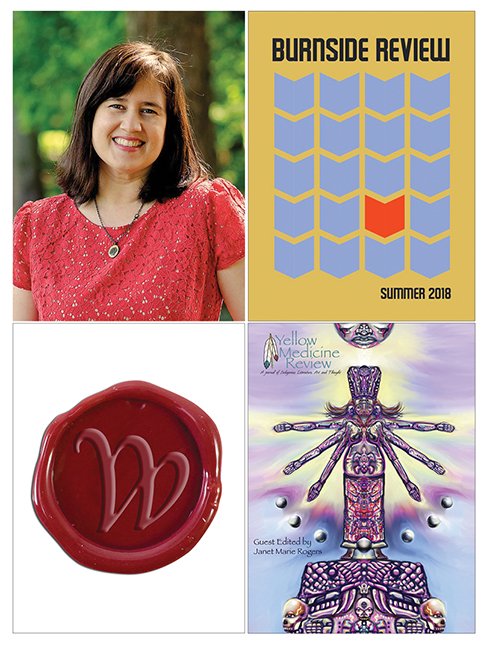
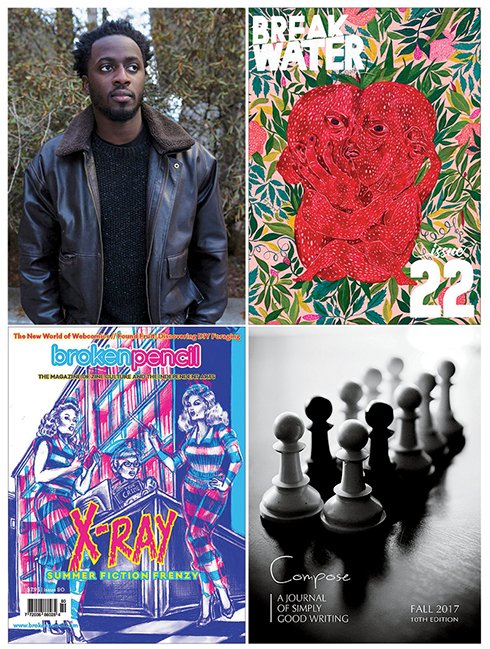
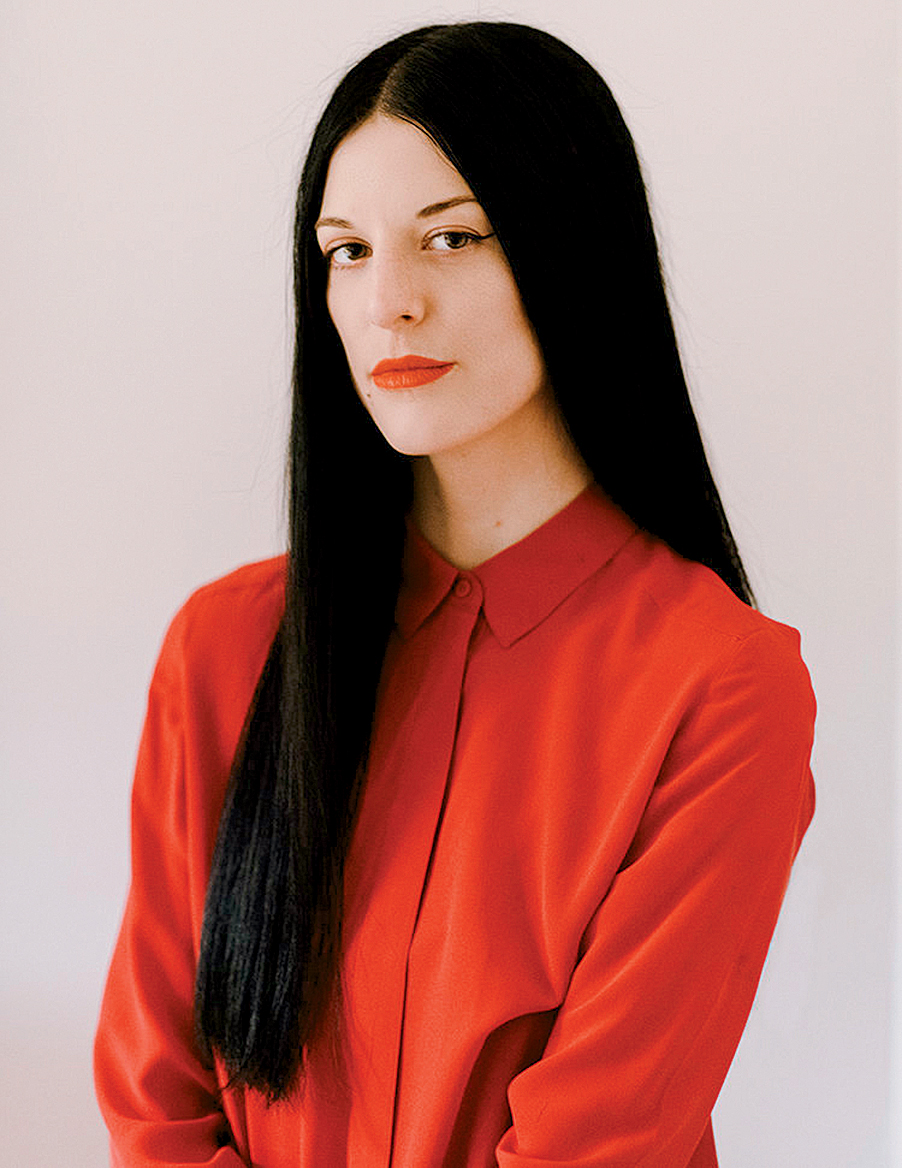
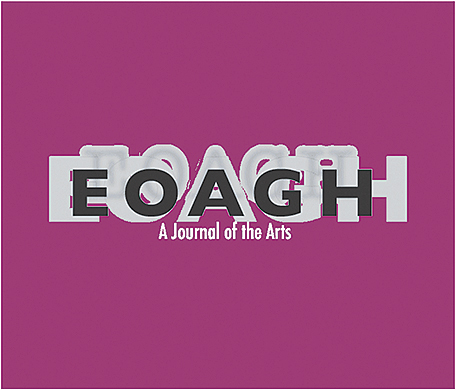
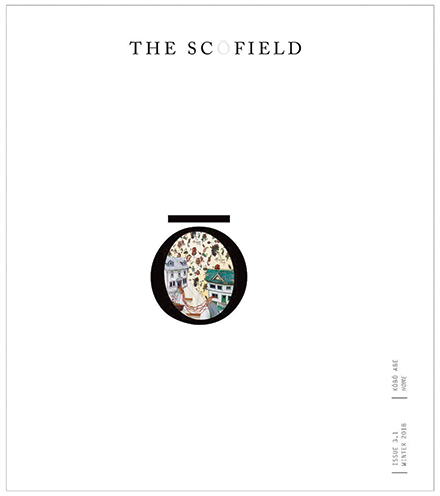
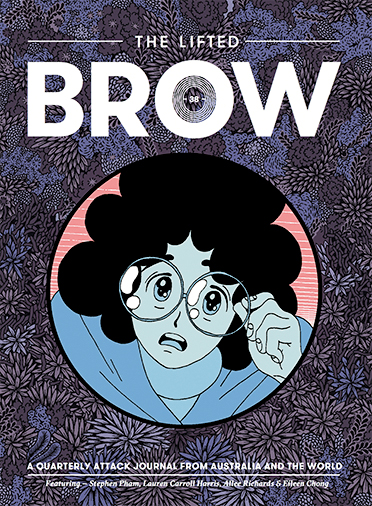
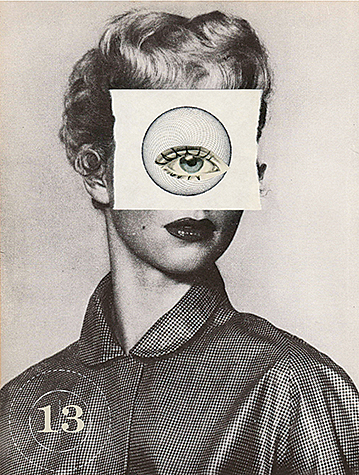

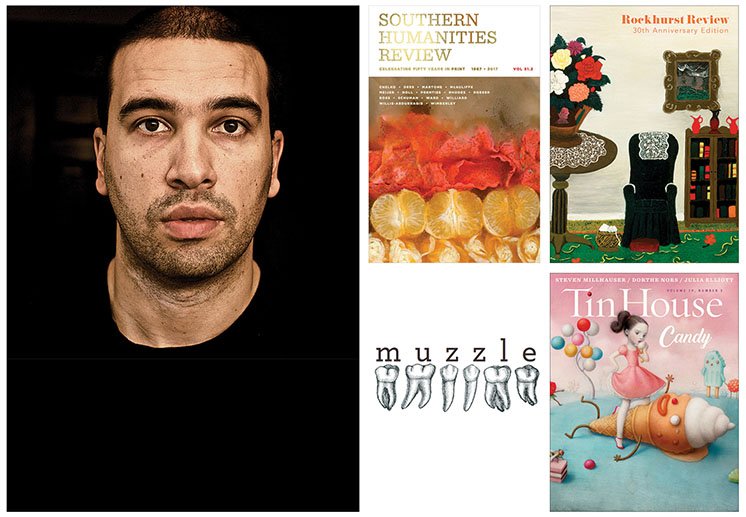
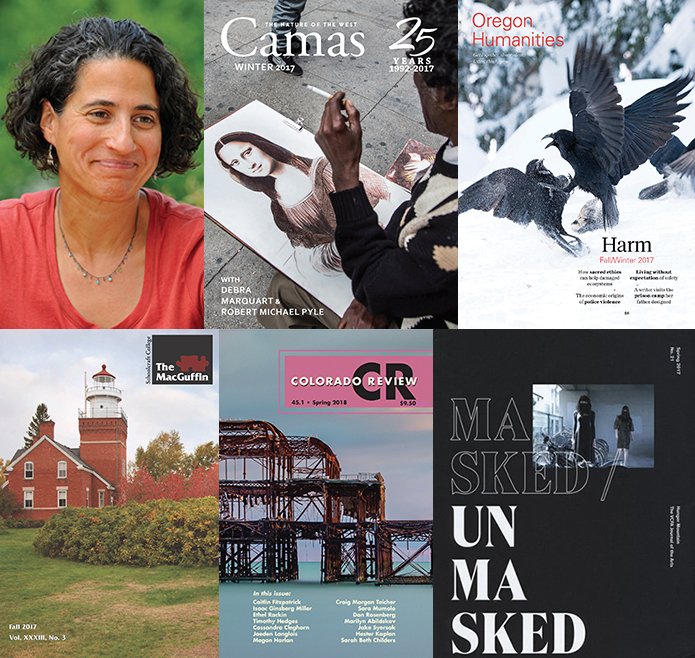


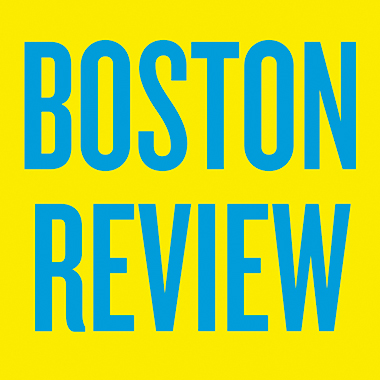
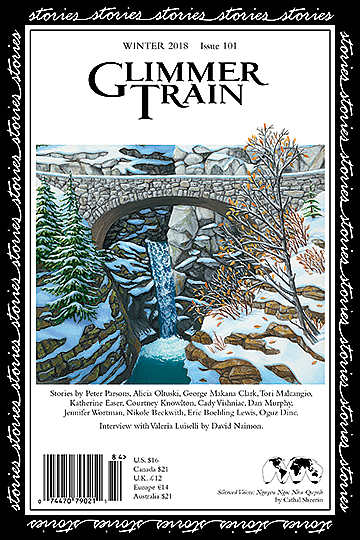
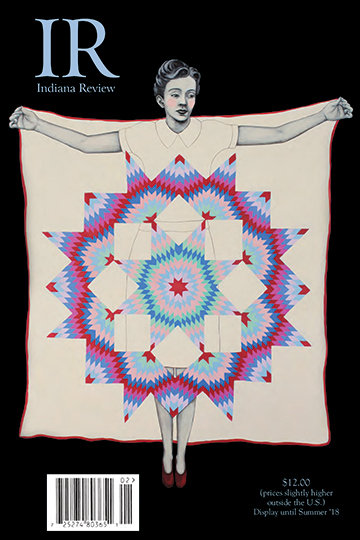
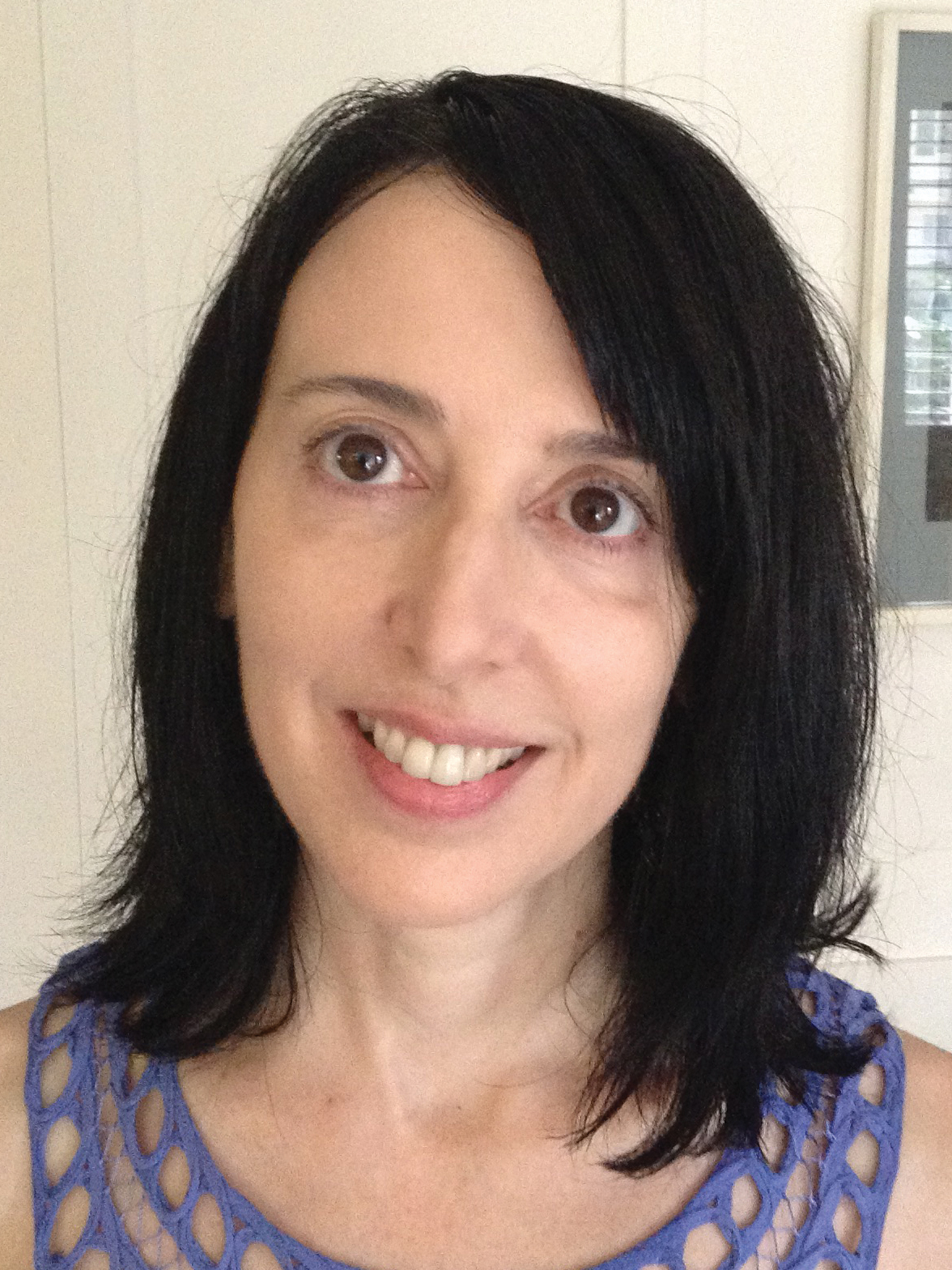
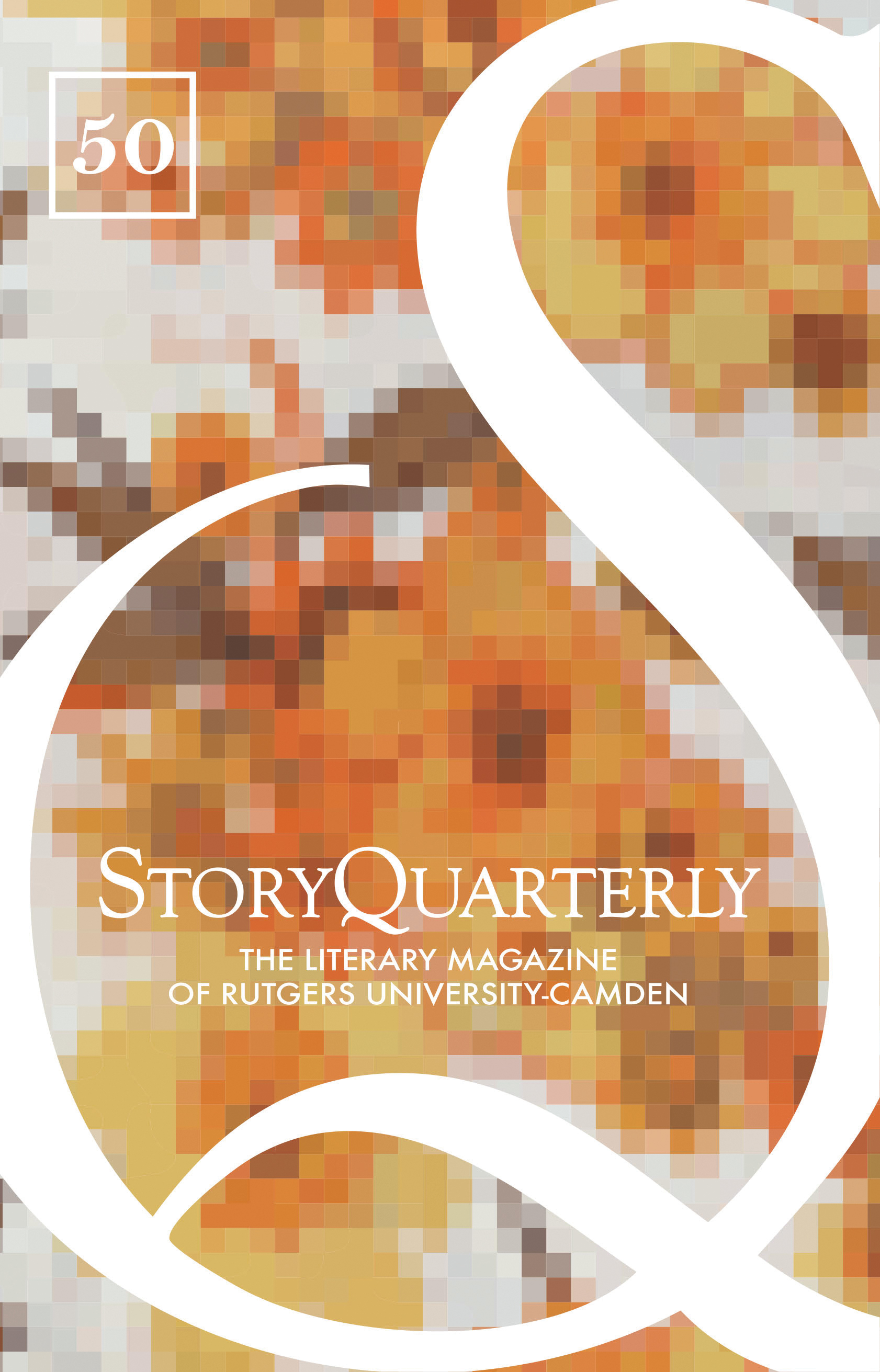

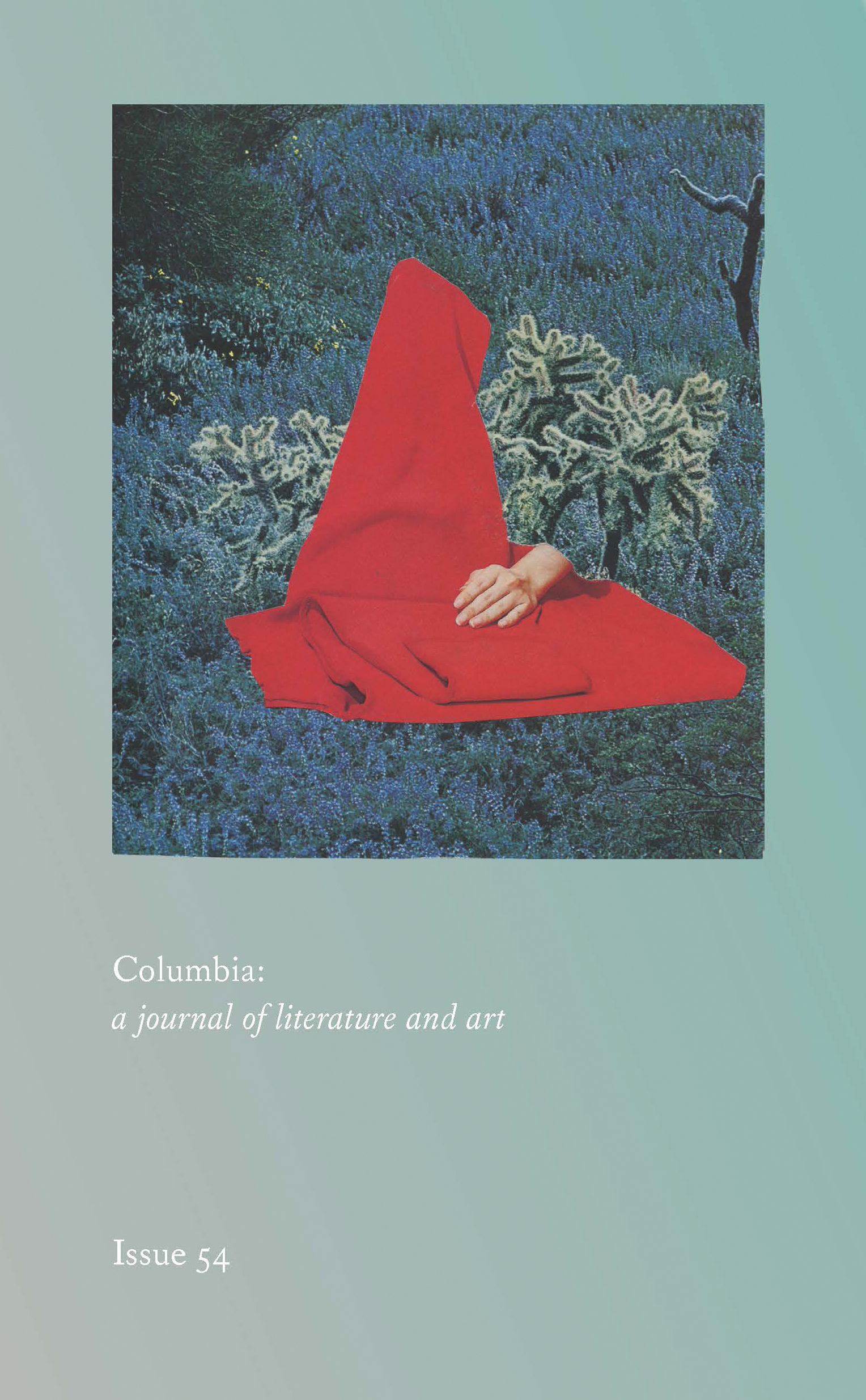
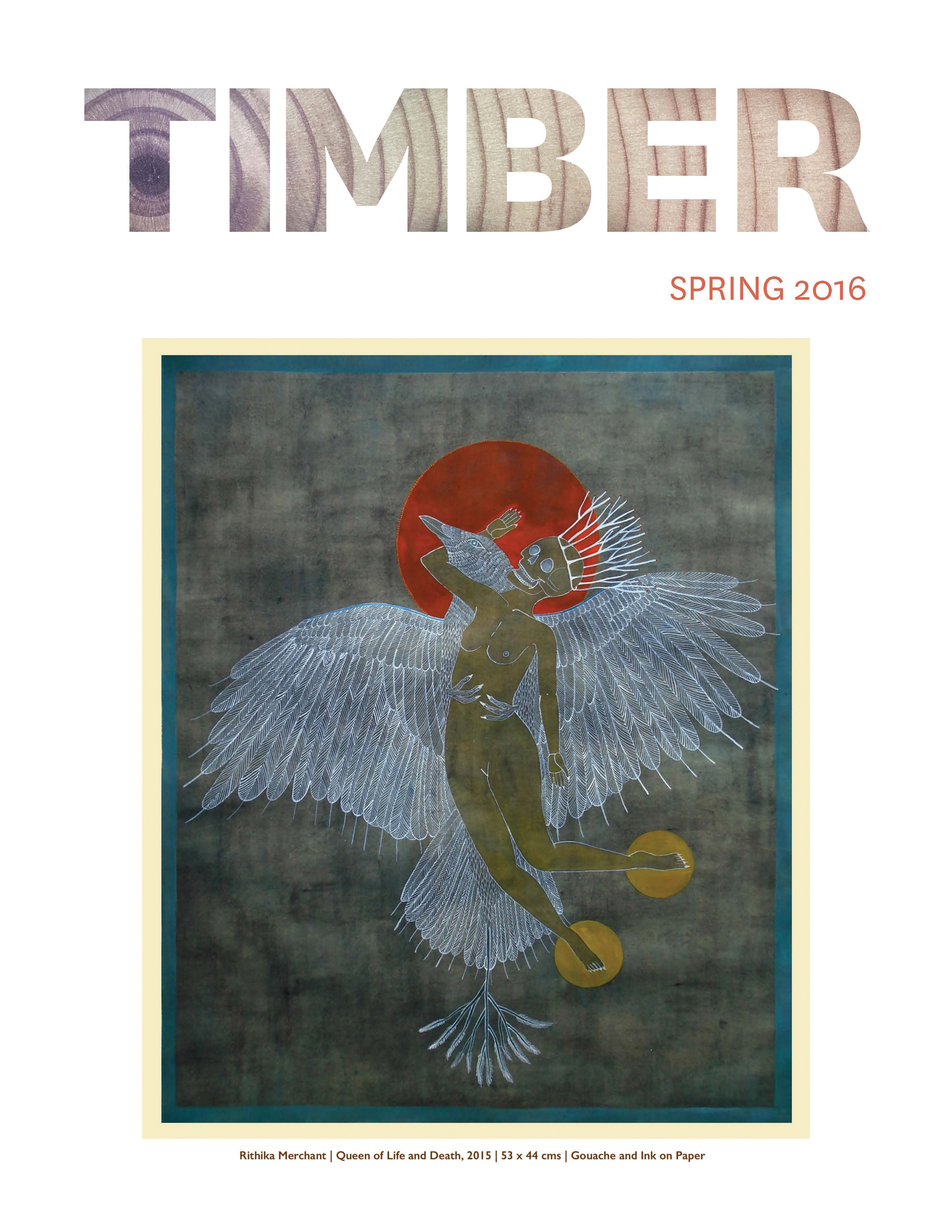
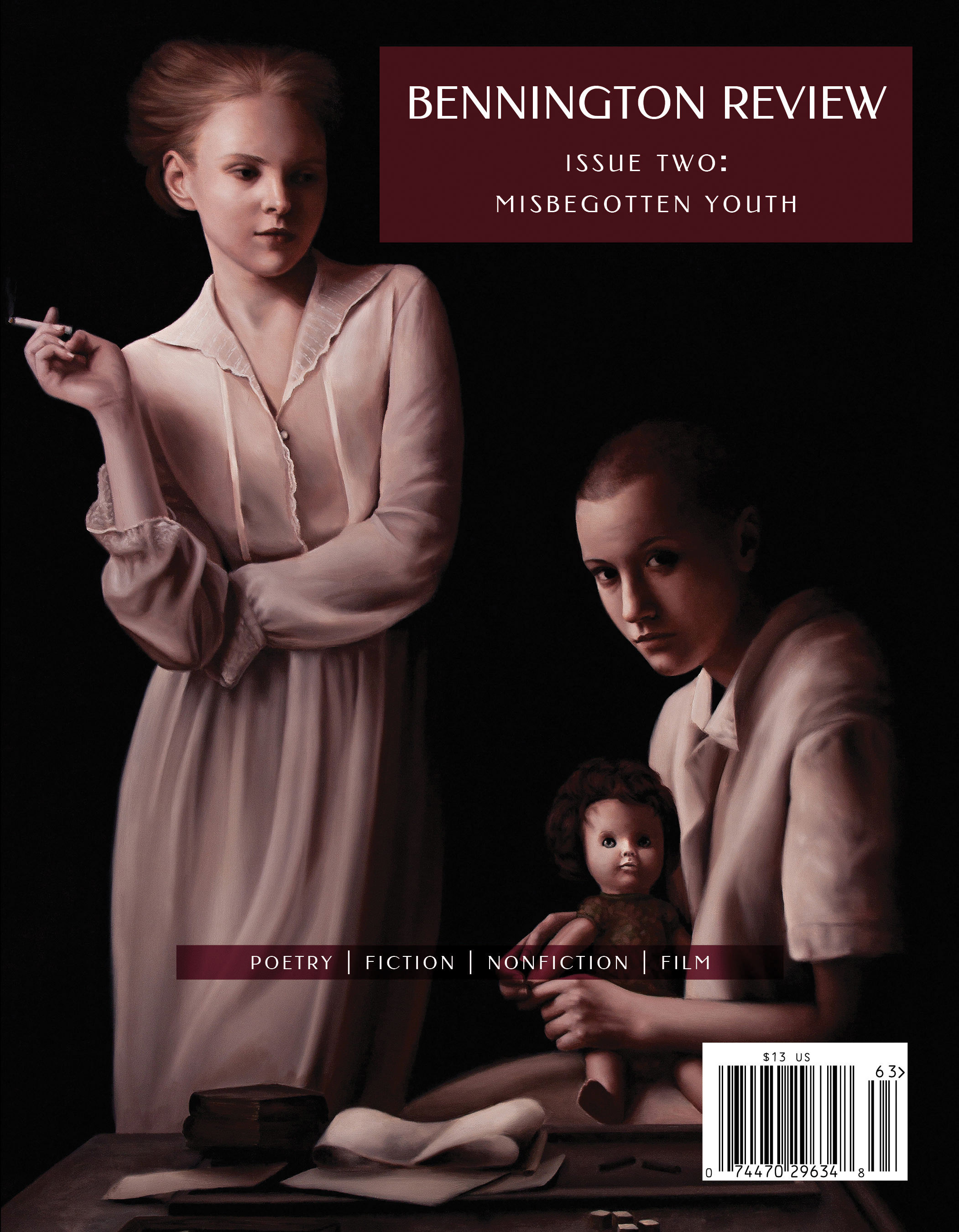
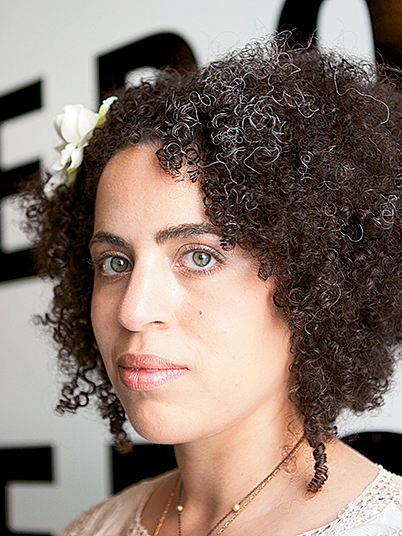
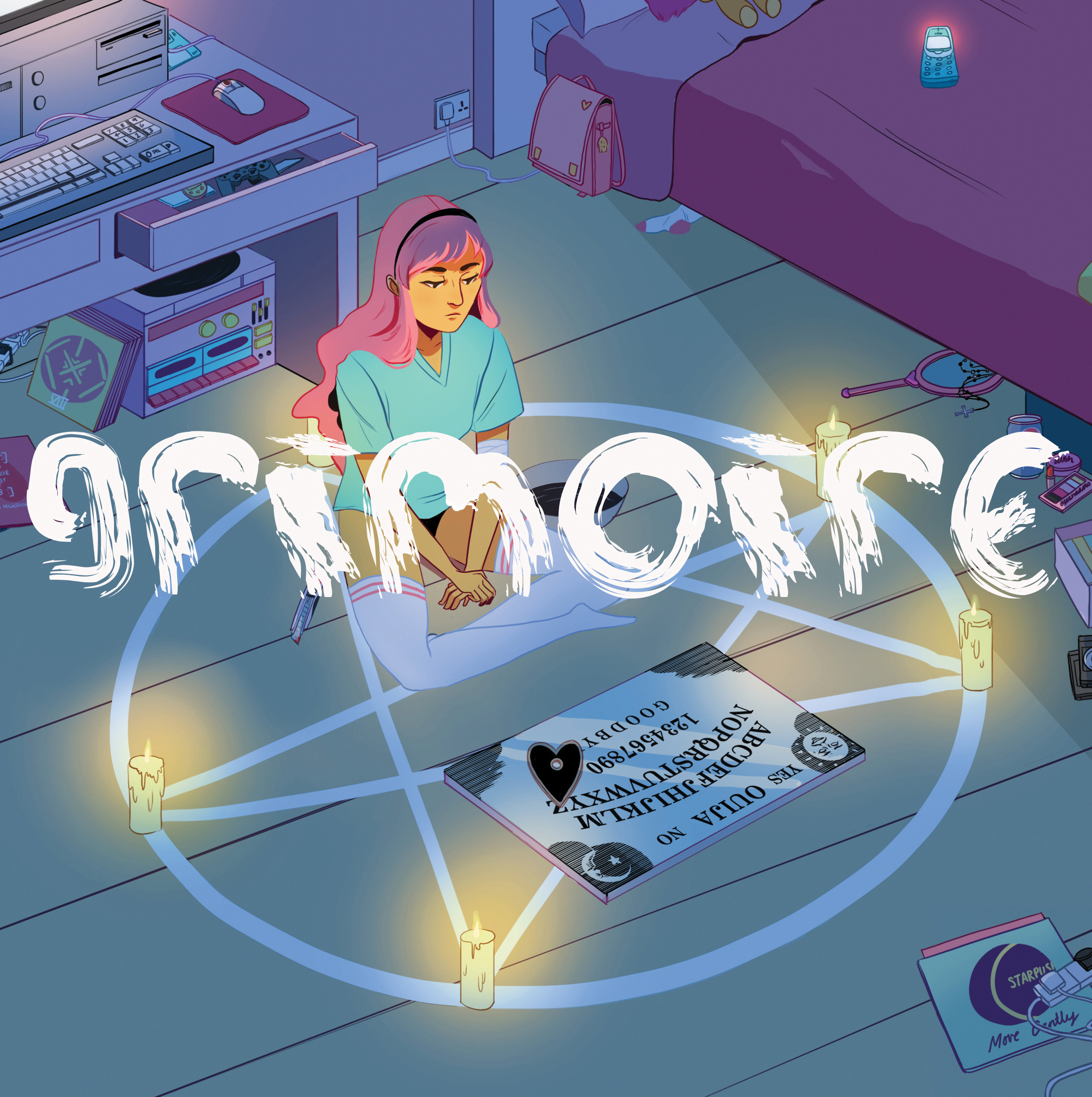

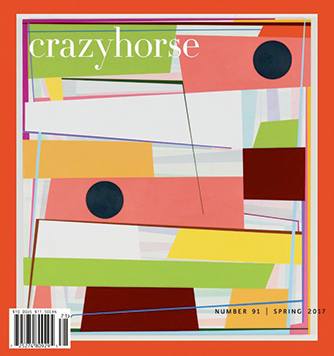
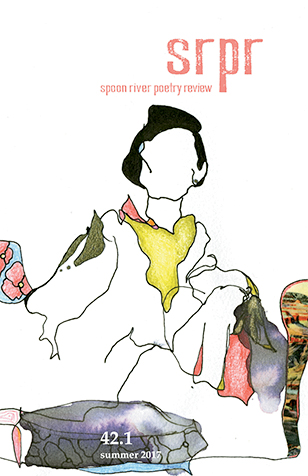
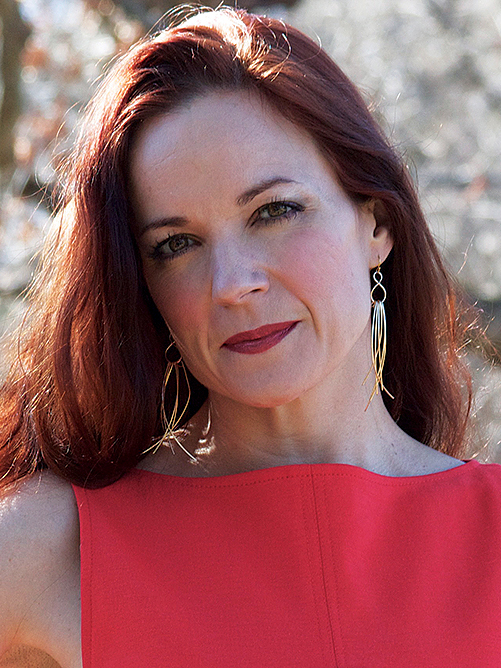
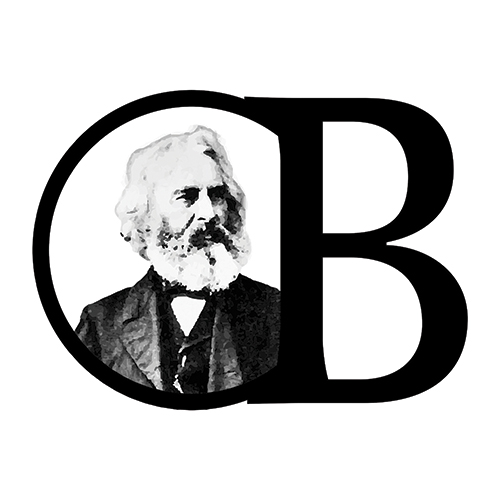
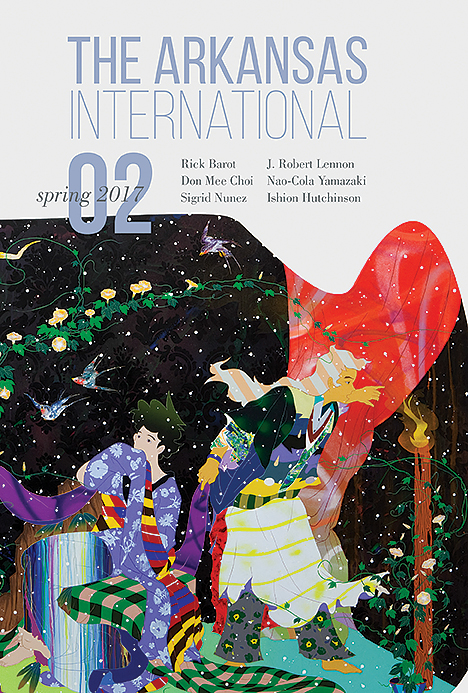
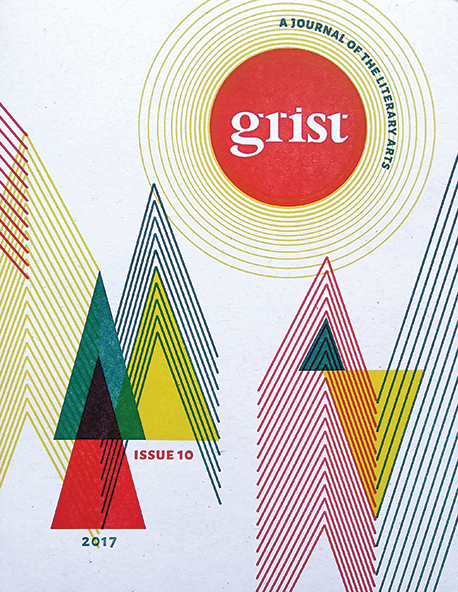
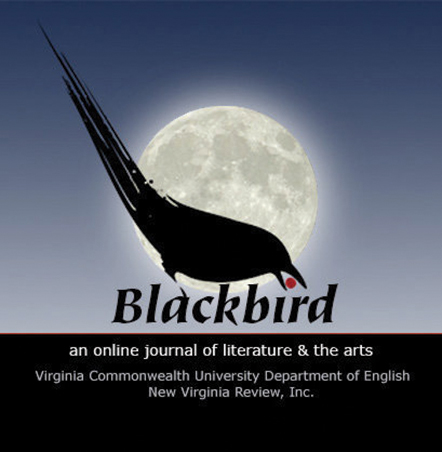
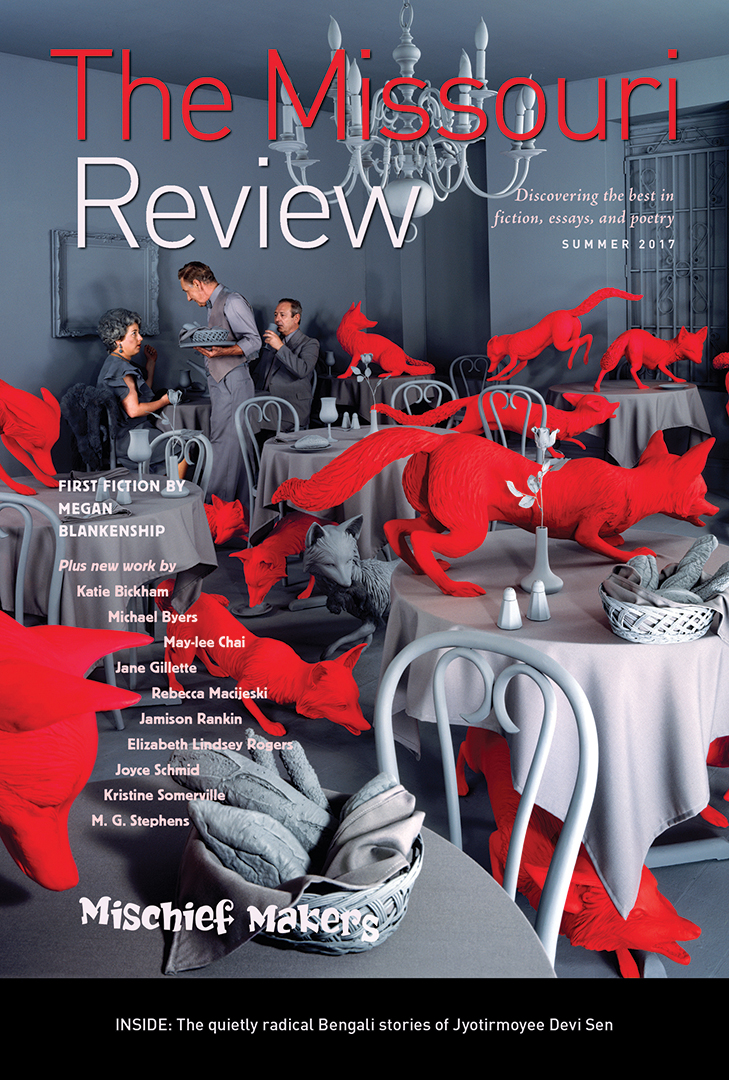

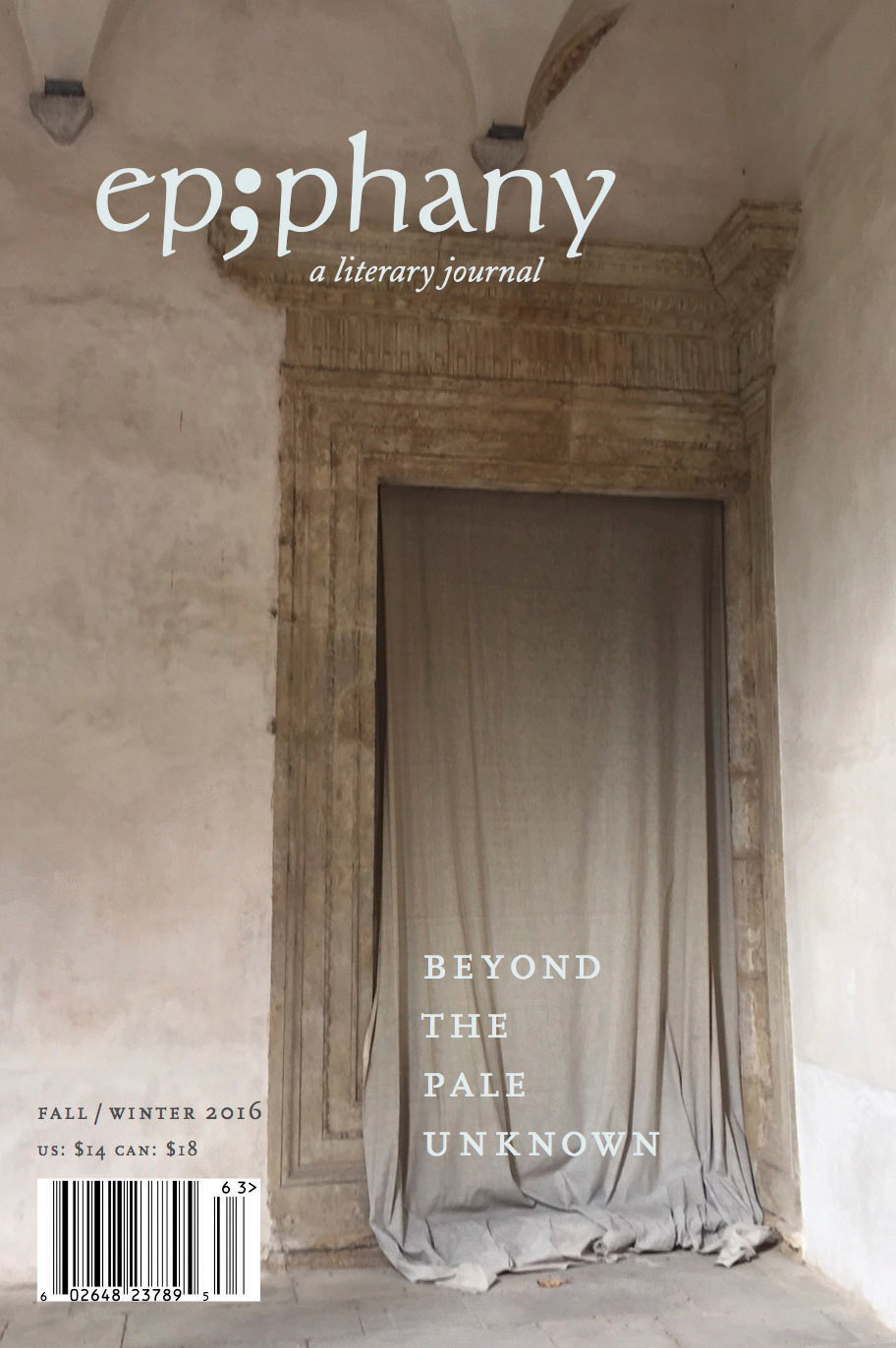

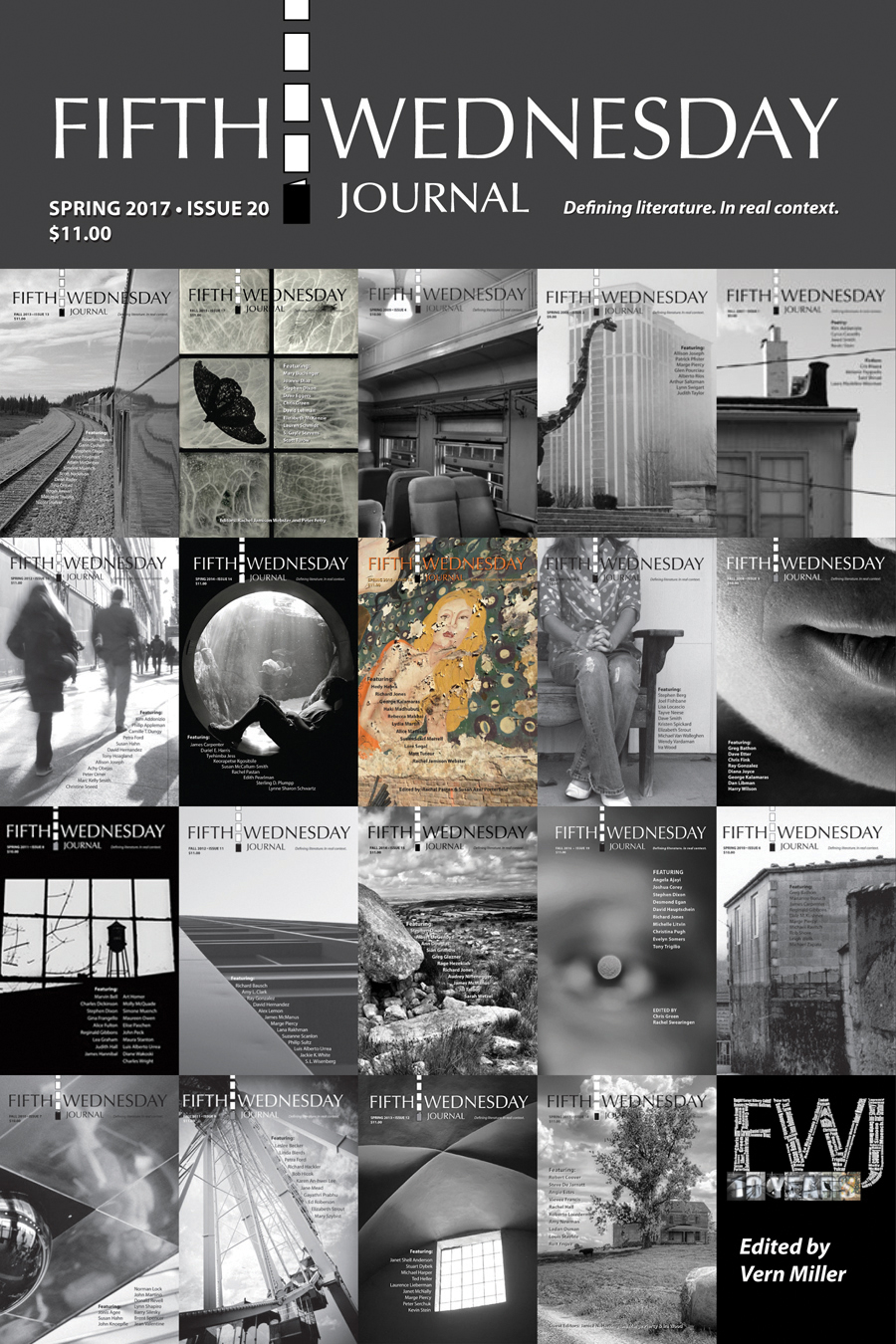

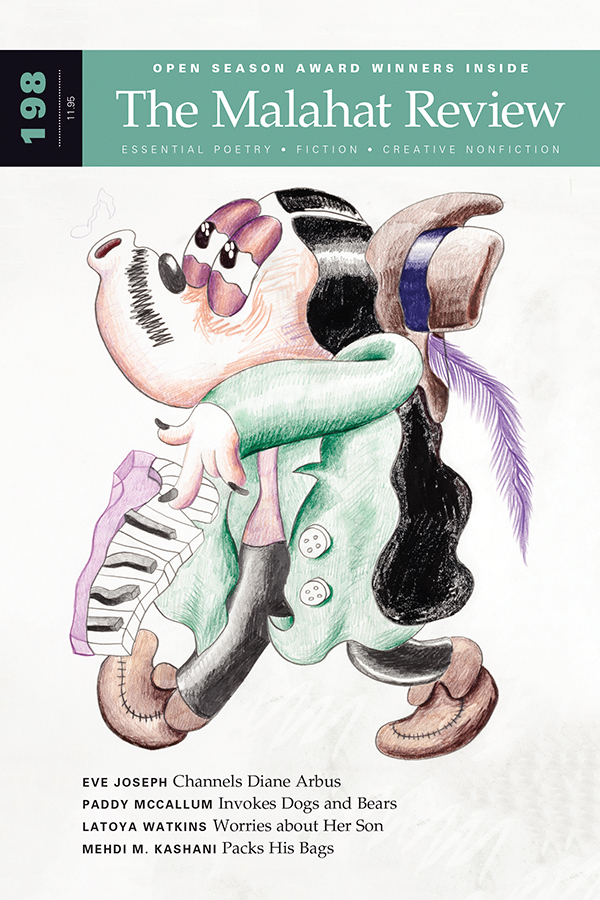
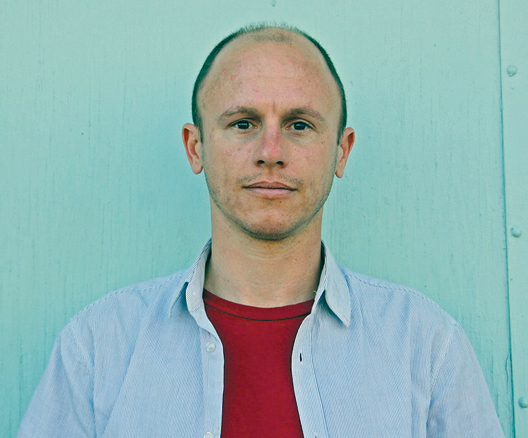 When I find journals that run essays containing bad behavior, deep reflection, and curse words, I send to them,” says Aaron Gilbreath, who published nearly every essay in his debut collection,
When I find journals that run essays containing bad behavior, deep reflection, and curse words, I send to them,” says Aaron Gilbreath, who published nearly every essay in his debut collection, 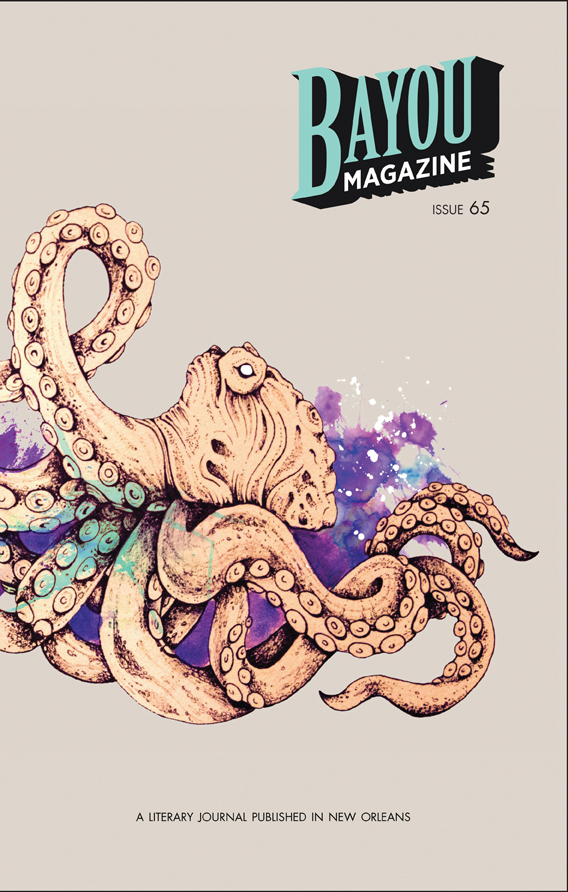 “Lit mags feel like old-school garage bands to me. When they aren’t tethered to commerce or some sales team’s expectations, they can focus on delivering highly charged, less commercial creations to a dedicated audience,” says Gilbreath, who seems to have found this in the New Orleans–based print biannual Bayou (
“Lit mags feel like old-school garage bands to me. When they aren’t tethered to commerce or some sales team’s expectations, they can focus on delivering highly charged, less commercial creations to a dedicated audience,” says Gilbreath, who seems to have found this in the New Orleans–based print biannual Bayou (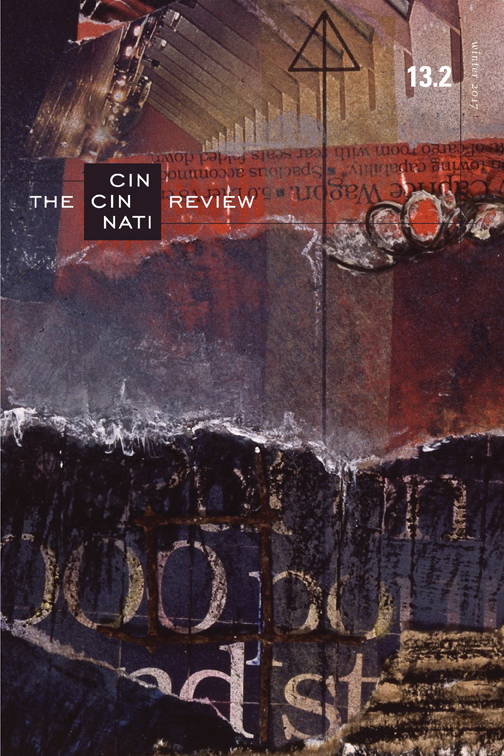
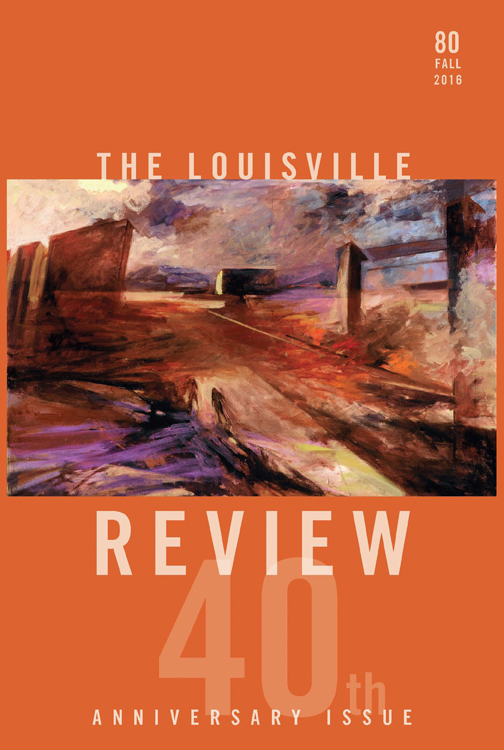 The closing essay of Gilbreath’s collection, “(Be)Coming Clean,” first appeared in the Louisville Review (
The closing essay of Gilbreath’s collection, “(Be)Coming Clean,” first appeared in the Louisville Review ( “When I wrote an essay about sleeping in my car and stealing hotel breakfasts in order to see bands play on a limited budget, and questioning my parental potential,” says Gilbreath, “the Smart Set immediately came to mind.” The Smart Set (
“When I wrote an essay about sleeping in my car and stealing hotel breakfasts in order to see bands play on a limited budget, and questioning my parental potential,” says Gilbreath, “the Smart Set immediately came to mind.” The Smart Set (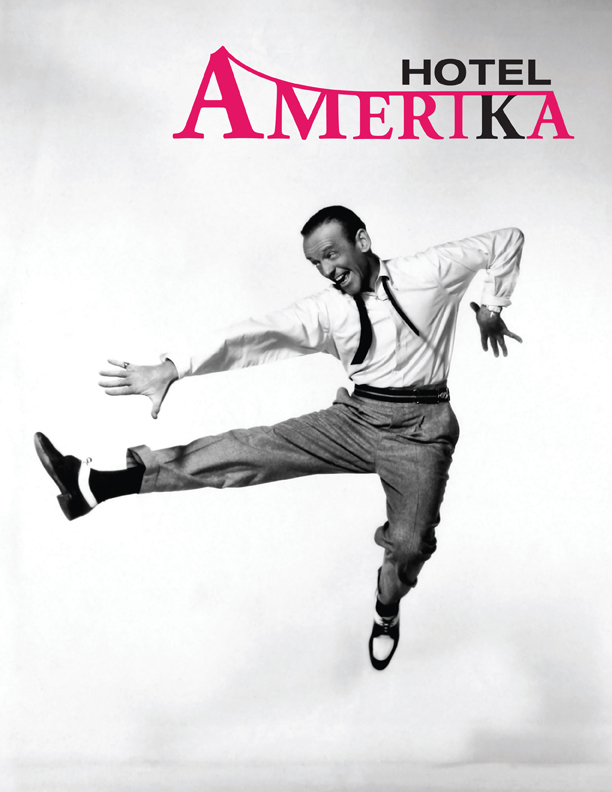 According to its editors, the print annual Hotel Amerika (
According to its editors, the print annual Hotel Amerika (